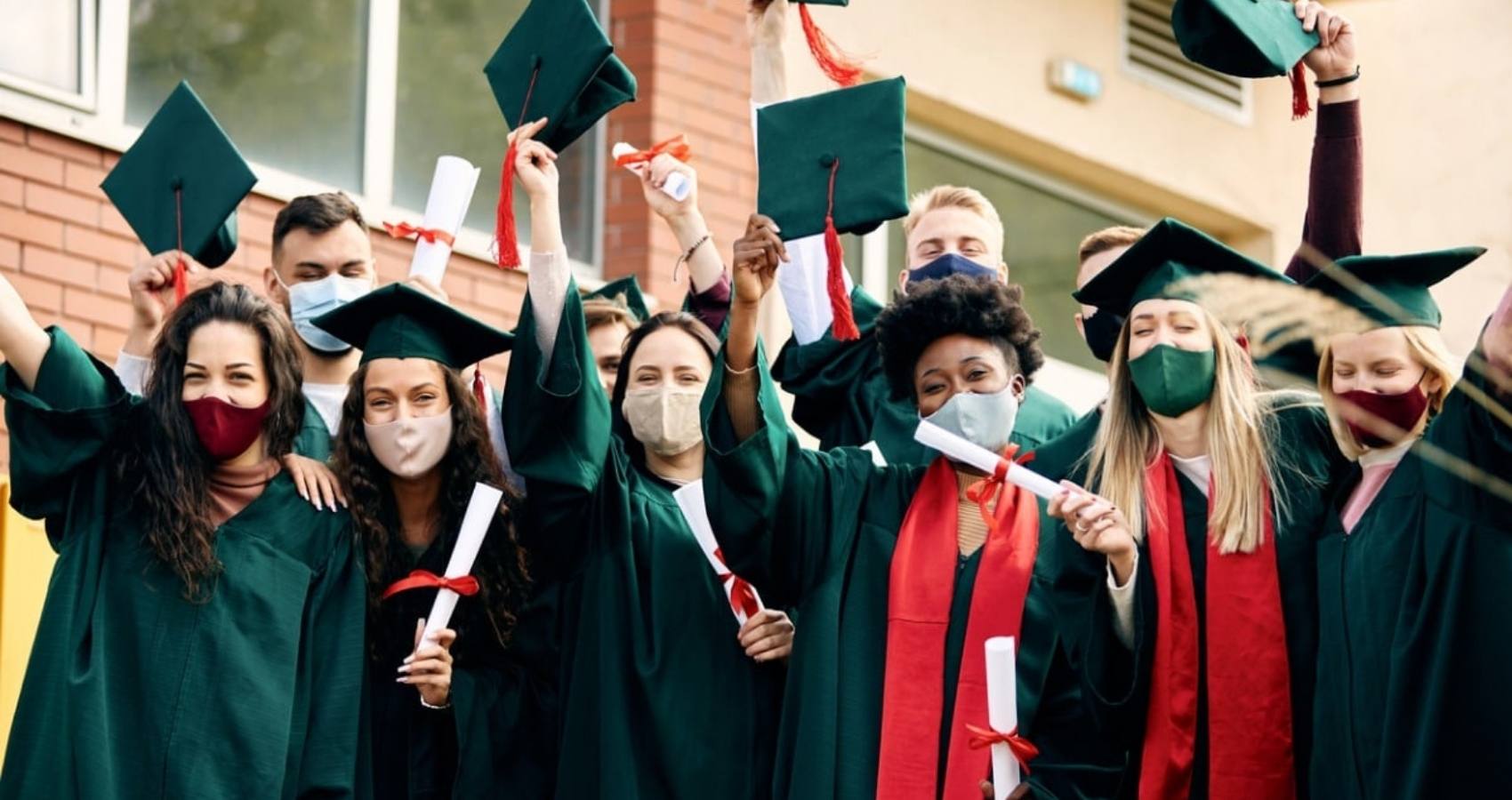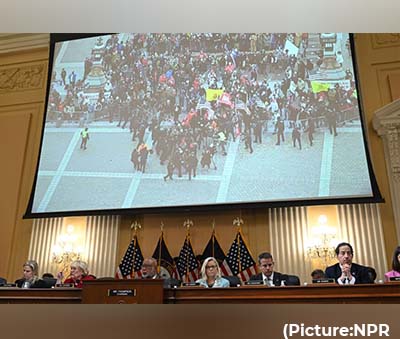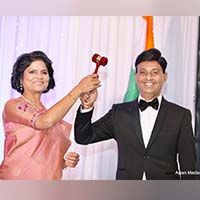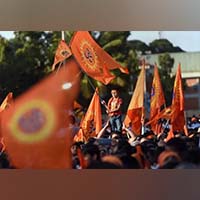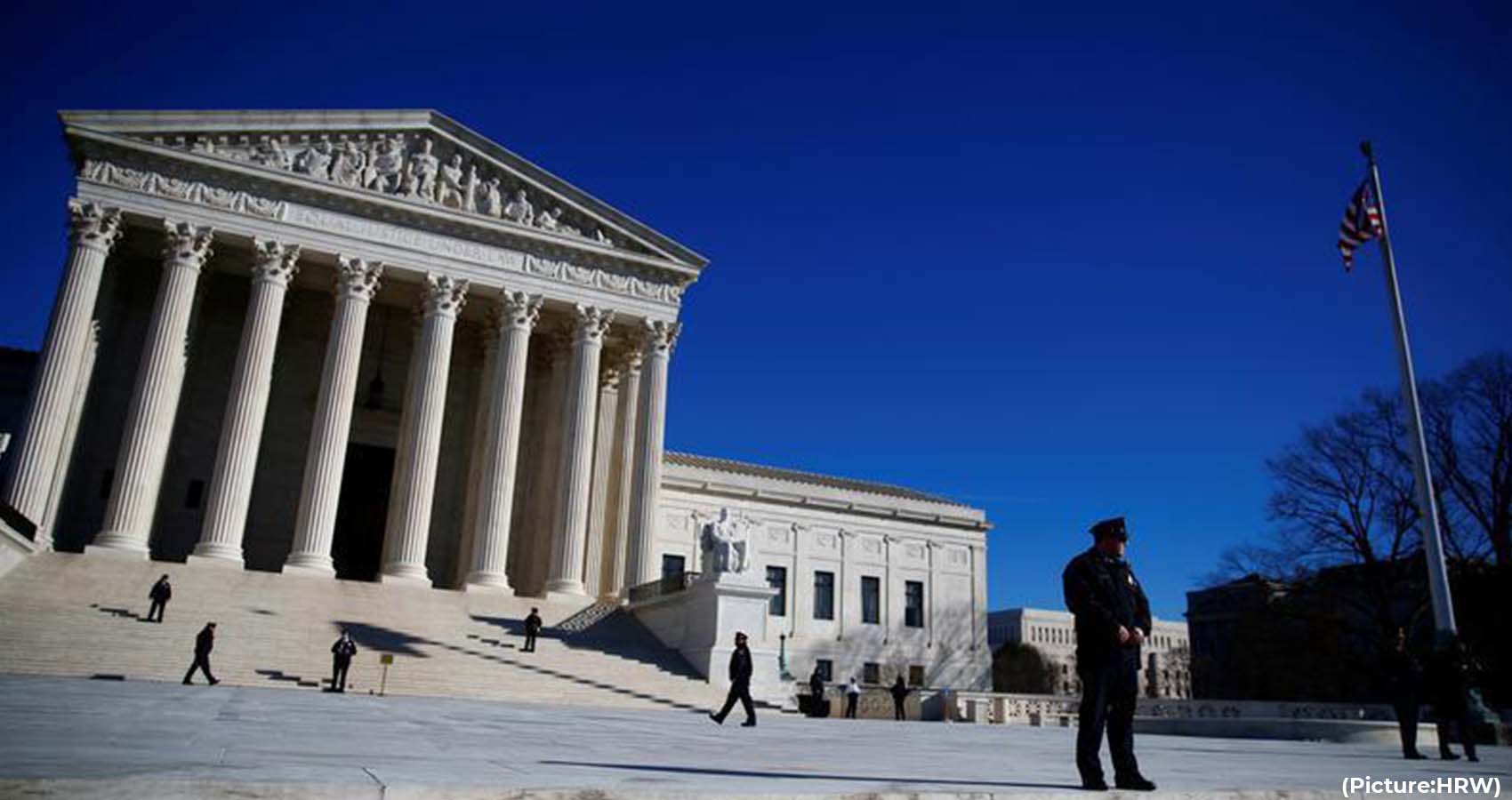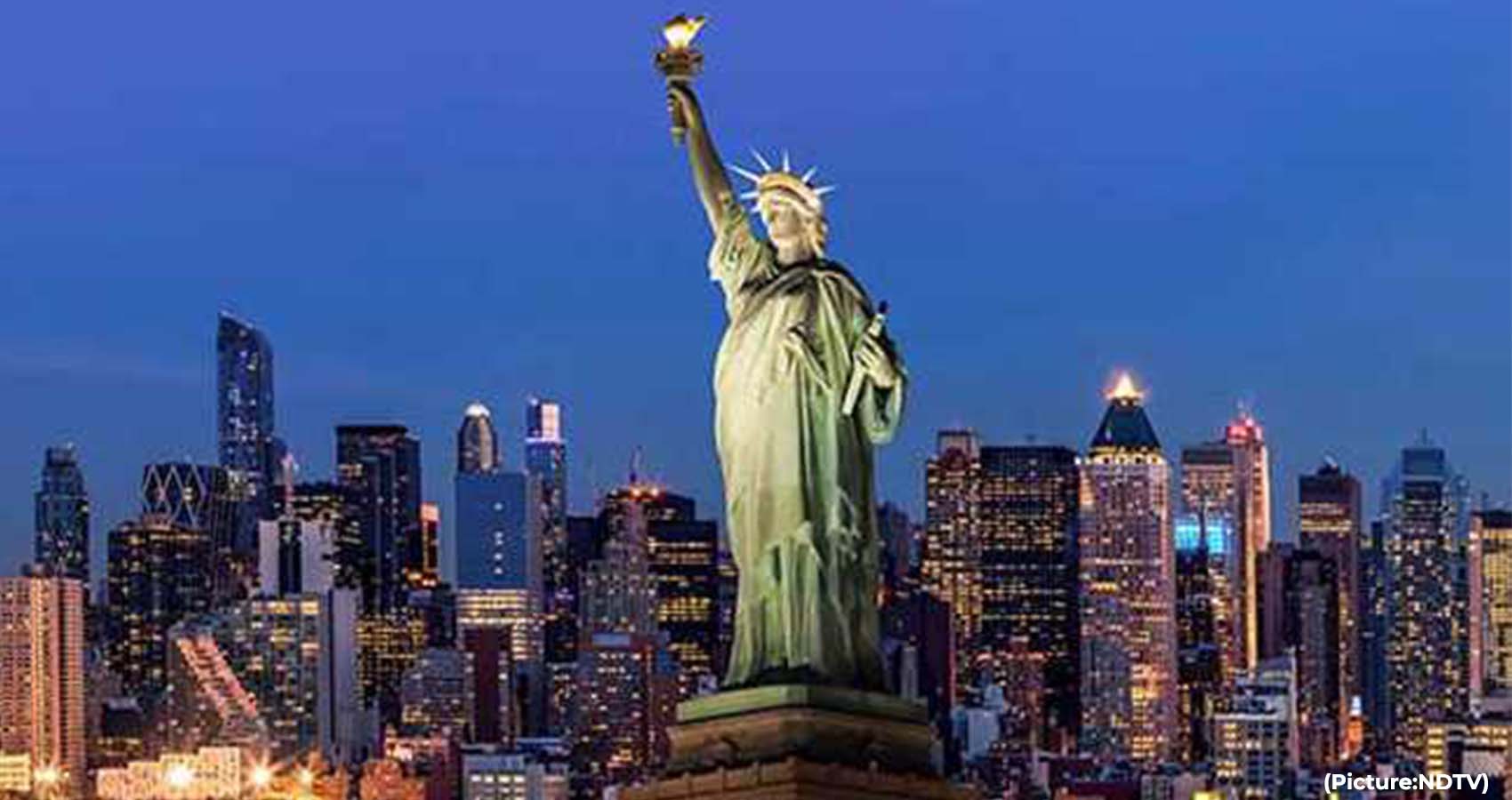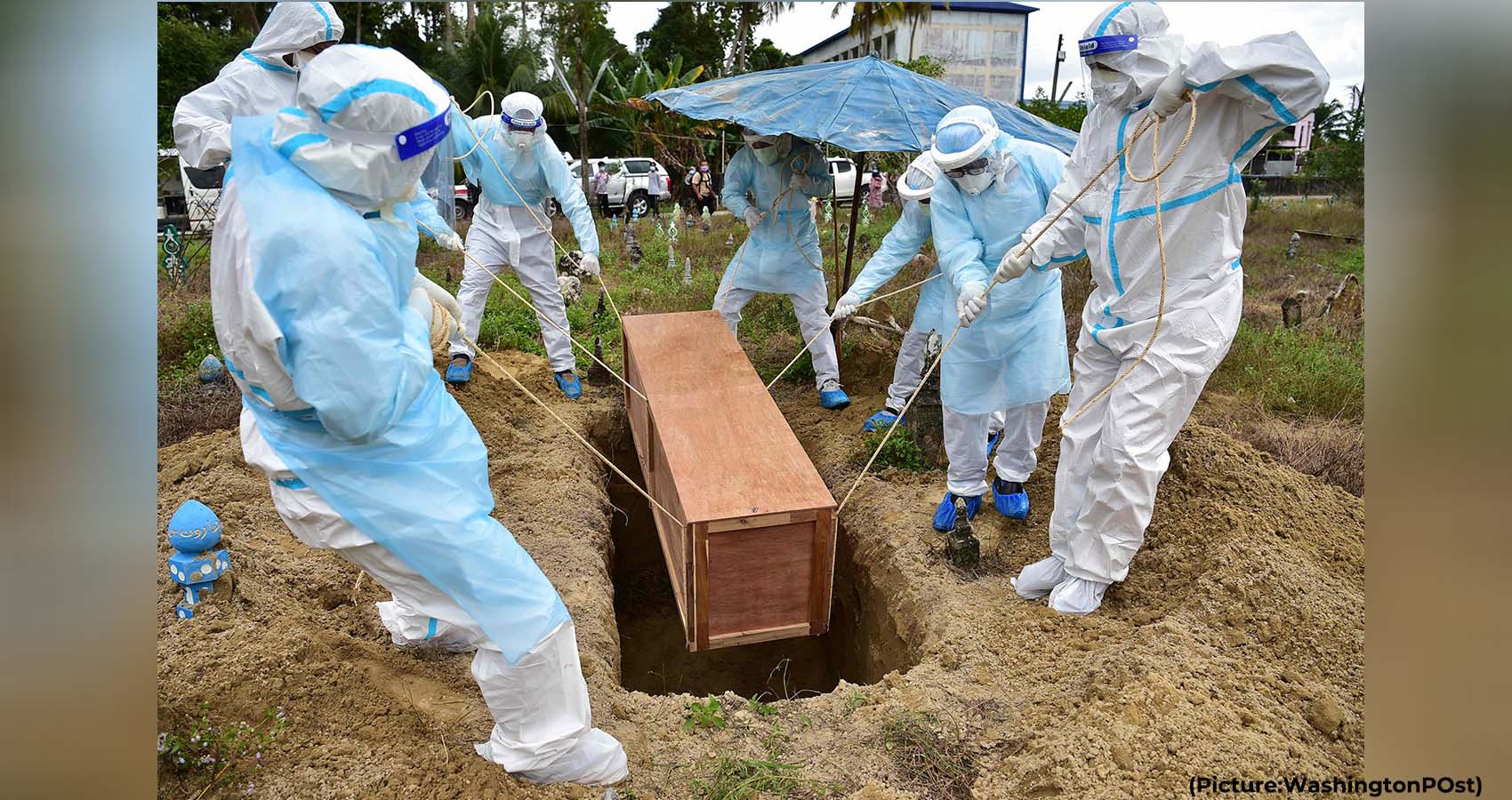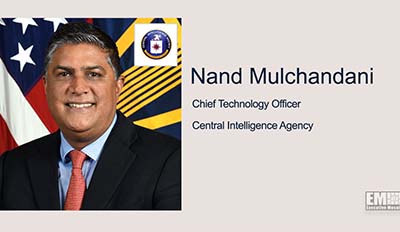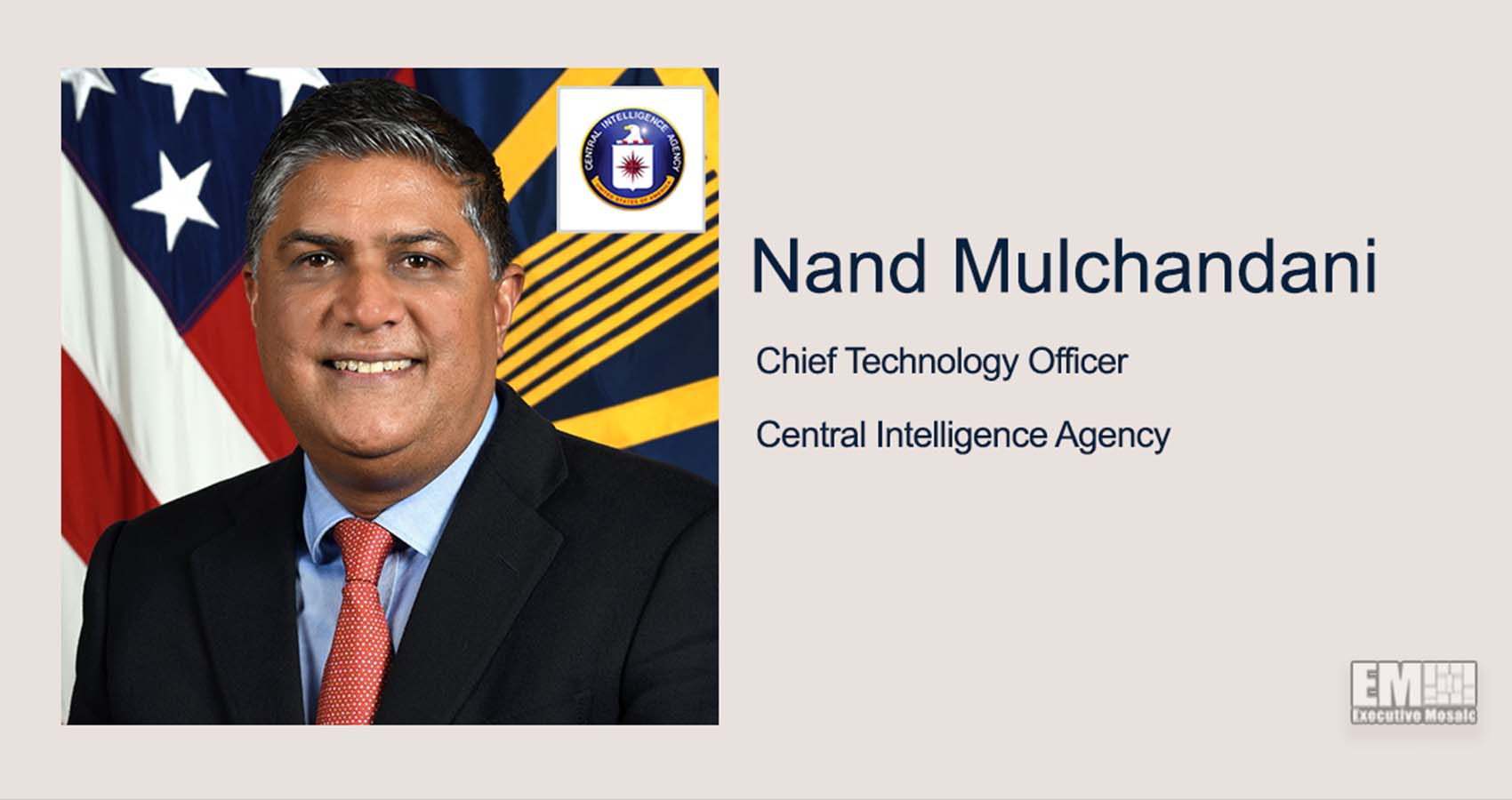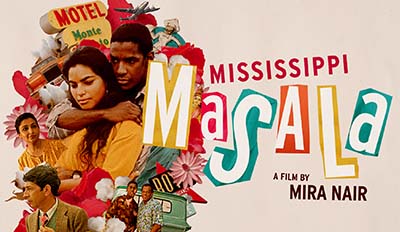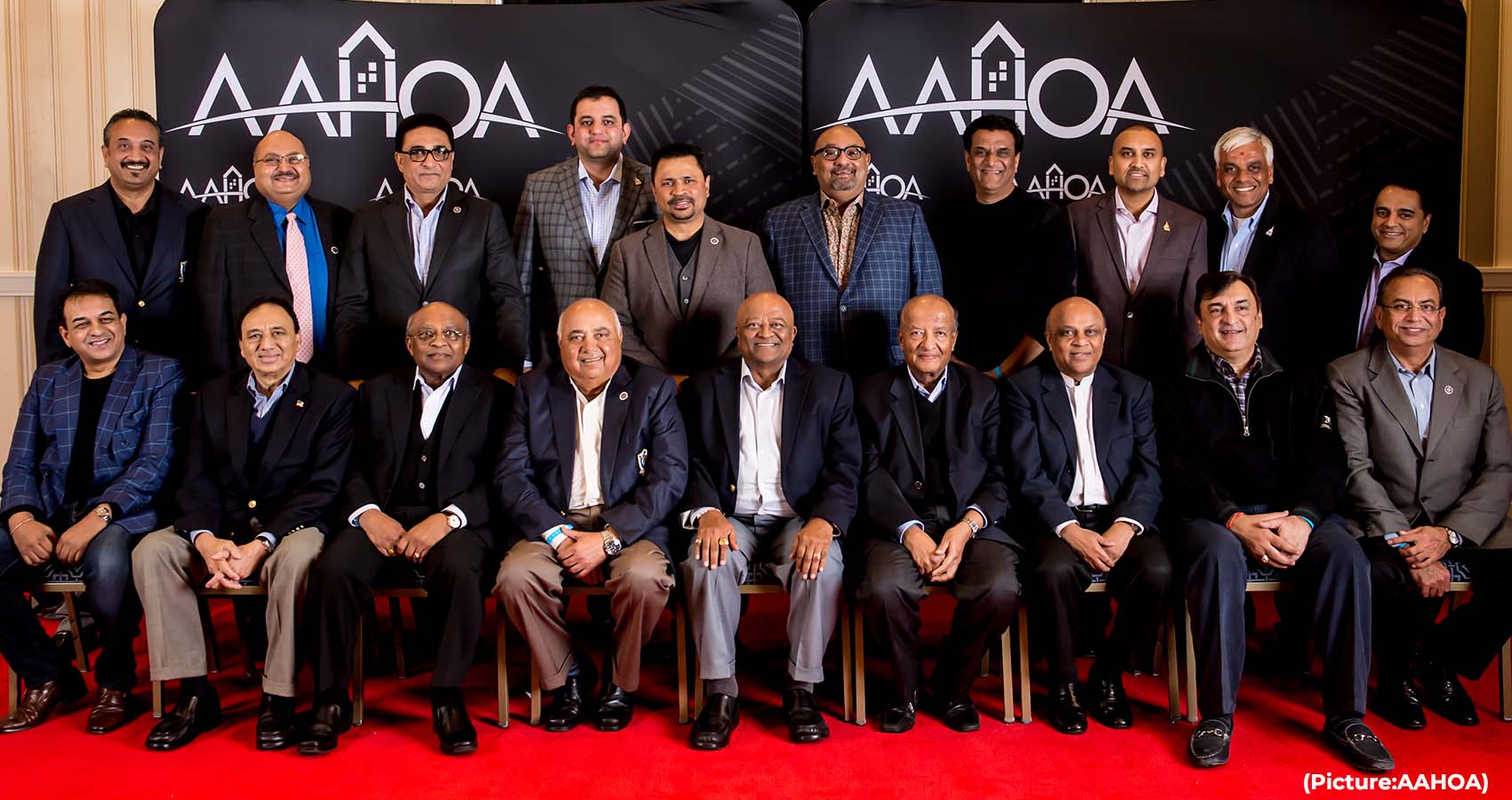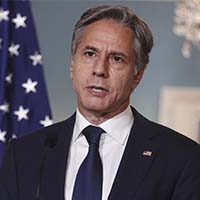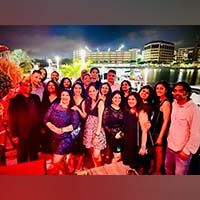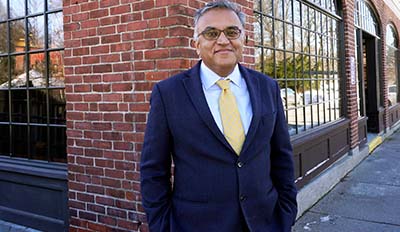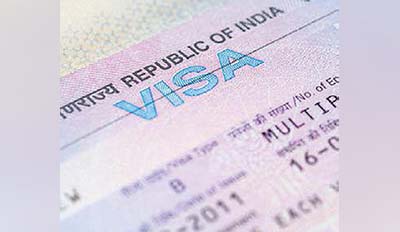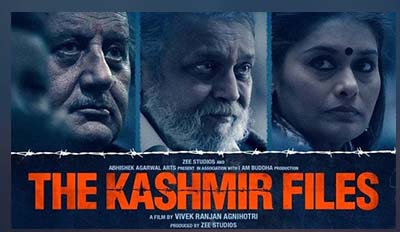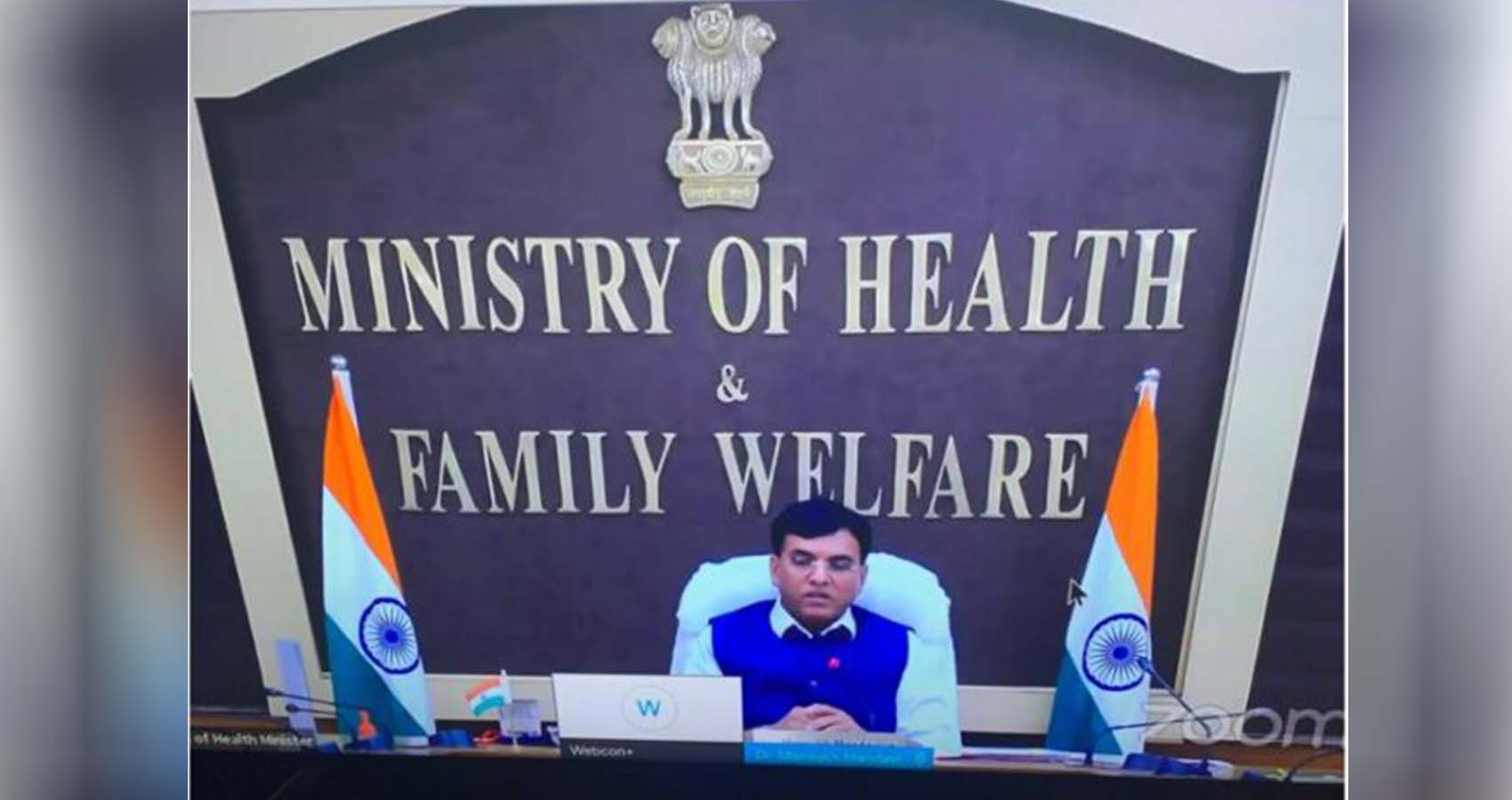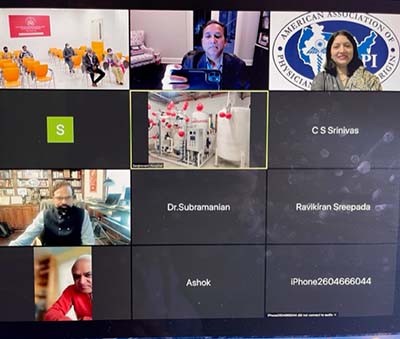Several years of meticulous planning, discussions, and organization, came to fruition as 190 delegates of American Association of Physicians of Indian Origin (AAPI) Families and Friends from across the United States and India embarked on the Ocean Atlantic Ship operated by Albatros Expeditions on November 30th, 2019 from Ushuaia, the southernmost town on Earth in Argentina on a voyage to Antarctica, the seventh Continent, known as the Last Horizon on Earth.
The voyagers were welcomed on board by AAPI’s young and dynamic President, Dr. Suresh Reddy, who has been working very hard, coordinating the efforts with Vinod Gupta from the Travel Agency, ATG Tours, the crew and leadership of the Cruise and the AAPI leaders and members with varied interests and ages ranging from 10 to 90, who had flown in from around the world for this once in a lifetime memorable and historic voyage to the White Continent.
Earlier, the AAPI delegates had toured the beautiful and serene National Park in Ushuaia, on the world famous Route 3 that runs from Alaska to the southern tip of the world in Argentina. At the Park, Dr. Reddy led the AAPI delegates carrying the AAPI banner, spreading the message of Obesity Awareness, which is a major objective of Dr. Reddy’s Presidency, taking the message of Obesity Awareness Around the World.
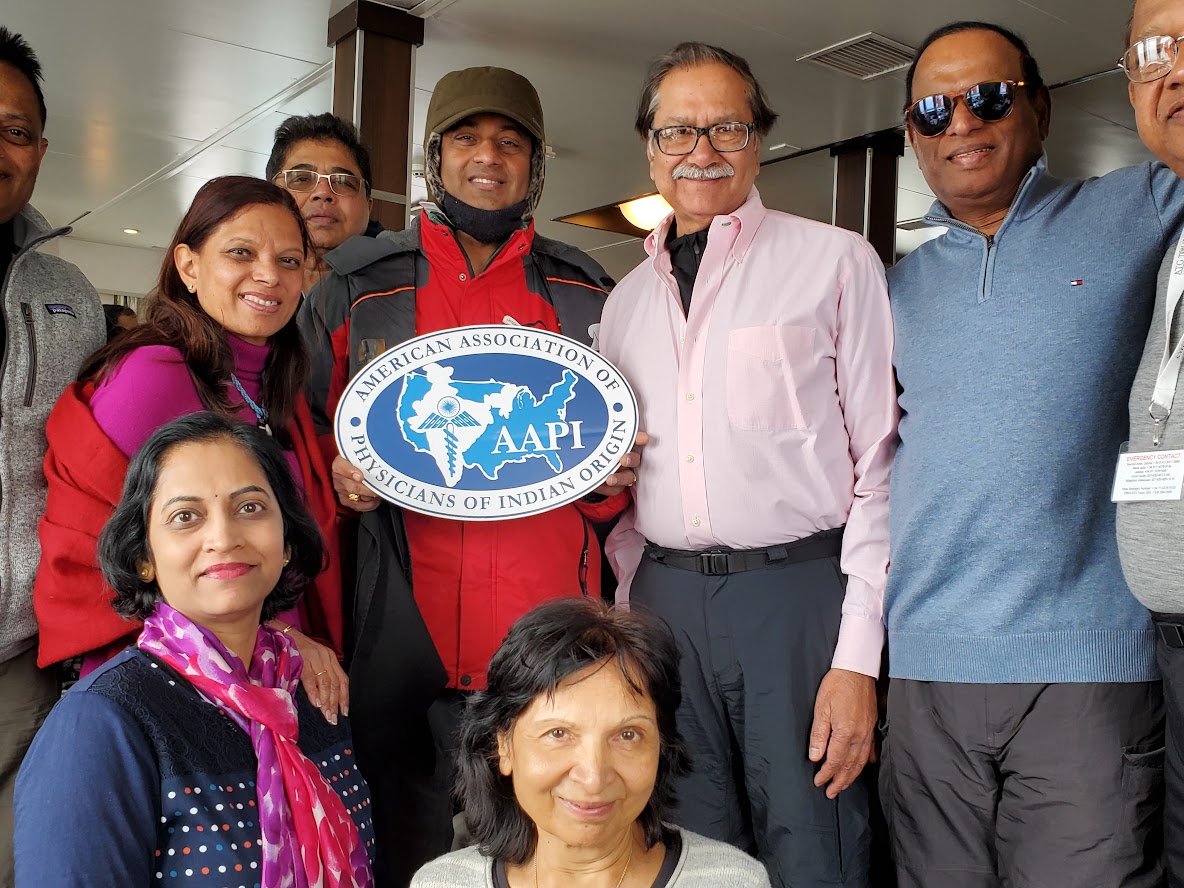 On the Ship, immediately after settling down in each one’s cabin, the voyagers were invited to learn about safety on the ship and participated in a safety drill. Shelli Ogilvy, the Veteran Expedition Leader introduced the 22 Expedition Members with extensive maritime experiences from around the world, and over 60 other crew members to the voyagers.
On the Ship, immediately after settling down in each one’s cabin, the voyagers were invited to learn about safety on the ship and participated in a safety drill. Shelli Ogilvy, the Veteran Expedition Leader introduced the 22 Expedition Members with extensive maritime experiences from around the world, and over 60 other crew members to the voyagers.
The Ship carrying the sailors began its journey on November 30th, 2019 from the Ushuaia Sea Port with a prayer song to Lord Ganesh, chanted by Dr. Aarti Pandya from Atlanta, GA.
Later in the evening, the voyagers sat down for a sit down dinner at the elegantly laid tables at the Restaurant with delicious Indian Cuisine, prepared by Herbert Baretto, a Chef from Goa, India, specially flown in to meet the diverse needs of the Indians who are now the exclusive Voyagers on Ocean Atlantic.
The evenings are fun filled with members spending time together with their select friends and families, singing, playing cards games, discussing politics to medicine to healthcare and sharing jokes and snippets with one another in smaller groups. The cultural events included live music sung by Dr. Radhika from Chicago, Dr. Aarti Pandya and Dr. Badlani, in addition to several local talents of AA{I’s own, leading and vying to win the Anthakshri contest.
The finale on December 8th was a colorful Indian Dress Segment, where the adorable AAPI women and men walked the aile in elegantly dressed in Indian ethnic wear depicting different states of India. On December 7th evening, the voyagers had Black Tie Nite with many of them learning and playing Pokers until the early hours of the morning.
As the sun was still shining beyond midnight, members of the voyage were seen posing and taking pictures on board the ship with the background of the mighty ocean and the scenic mountains of Argentina at the background.
On December 1st morning, AAPI members were alerted to be mindful of the most turbulent Drake Passage, where the Pacific and the Atlantic Ocean merge, through which our ship was now sailing with winds gusting through over 50 kms an hour from the south west. The rough with fast moving sea currents contributing to a turbulent weather, several voyagers took shelter in anti-nausea meds.
Throughout the day, there were special safety classes periodically throughout the day, helping the voyagers on ways to navigate the zodiacs, the kayaks, the walks on the ice and snow once we reach our final destination. They were also educated on the many aspects of wildlife on Antarctica, the species, especially the varieties of penguins, the mammals and the birds that inhabit the Continent and the ways for the voyagers to deal with them. The participants were educated on the Antarctic Treaty, Climate Change and Impact, Whale Hunting, and many more relevant topics with scientific data by the Expedition Crew.
The evening was special for the voyagers as the Captain of the ship welcomed the delegates to the Ship and to the Expedition to Antarctica. He introduced his crew leaders to the loud applause from the delegates, as he toasted champagne for a safe and enjoyable journey to Antarctica.
On December 2nd morning, we woke up to milder weather and calmer ocean with the winds subsiding to about 20 kms an hour and ship sailing smoother with the temperatures below 7 degree Celsius. The crew on the ship described the sail to be the smoothest and the weather and wind conditions to be one of the calmest they have ever witnessed. However, the entire day was cloudy with the sun hiding behind the thick clouds upon the ocean.
AAPI in Antarctica
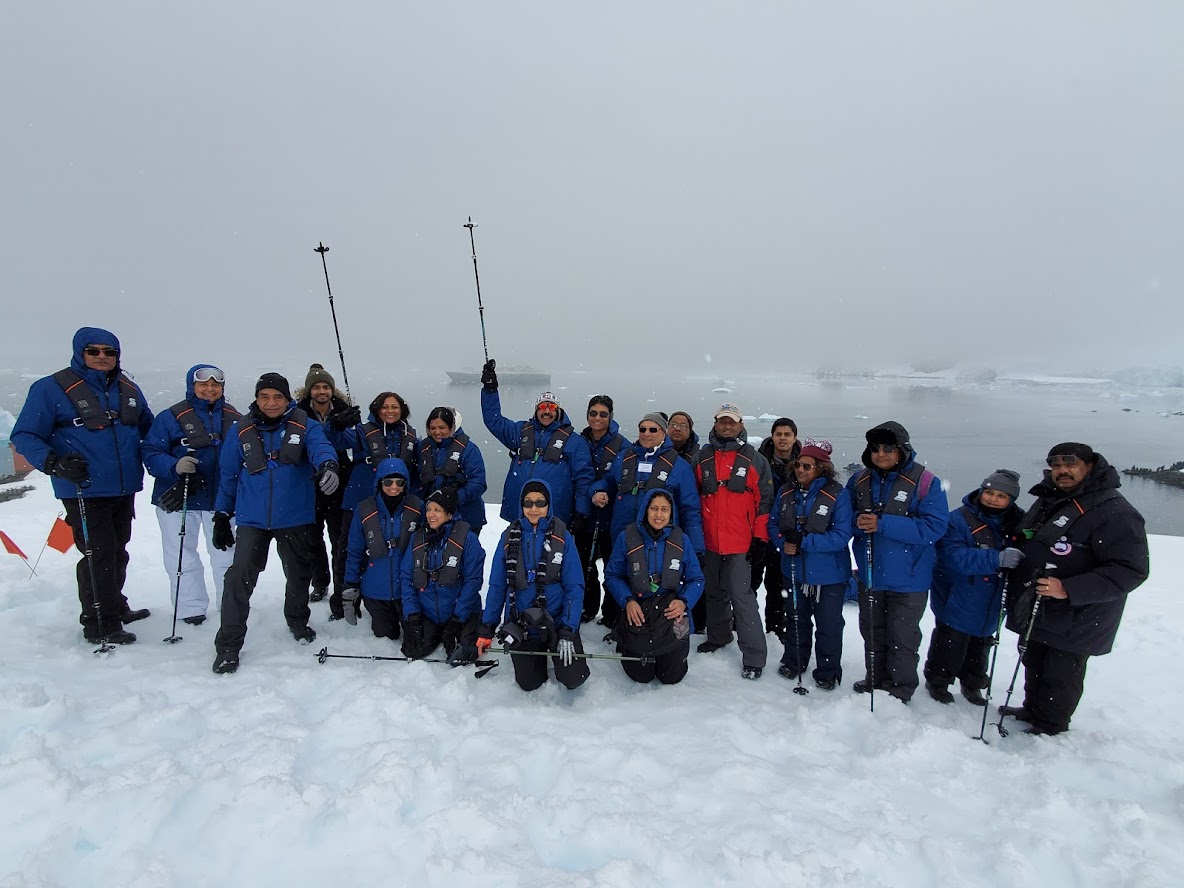 After sailing across the Pacific and the Atlantic Oceans and through the turbulent Drake Passage, and the South Ocean, finally, the day arrived for the Voyagers. The one they had been eagerly waiting for. On December 3rd, our ship, the Ocean Atlantic anchored on Danco Island, off the coast of the 7th Continent, Antarctica, officially discovered in 1820, although there is some controversy as to who sighted it first
After sailing across the Pacific and the Atlantic Oceans and through the turbulent Drake Passage, and the South Ocean, finally, the day arrived for the Voyagers. The one they had been eagerly waiting for. On December 3rd, our ship, the Ocean Atlantic anchored on Danco Island, off the coast of the 7th Continent, Antarctica, officially discovered in 1820, although there is some controversy as to who sighted it first
The excitement of the voyagers had no bounds as they dressed up in their waterproof trousers, navy blue jackets, with hats and glouce and mufflers. They set out in groups marching off the Ship into the Zodiacs in tens in each Zodiac.
The wind and the ocean were calmer. The sun continued to hide behind thick clouds. The Expedition Crew from the ship drove the AAPI delegates to the shore on the island for the first time. The glaciers, mighty mountains covered with pristine and shiny snow, the icebergs on the ocean floating on the Bay, made the Zodiac ride to the shore a memorable experience for each.
As the voyagers walked to the shore on a narrow path on the soft snow surface, leading up the snowcapped mountains, it was a dream come true for all. The fresh water melting from the glaciers and the ice on the one side and on the other little rocks and mountains filled with snow, the Danco Island was picture perfect.
Head off in a Zodiac to view icebergs, or land on a beach studded with penguins. Kayak in the greatest silence on Earth. Take a long hike or a short walk on a shore lined with ghostly remnants of the whaling industry.
Penguins in small colonies of their own seemed unaffected by the voyagers landing onto the Penguin land. Hearing their unique and enchanting voices for the first time, as most of them sat steady, while a few walked from one end to the other, it was a scene everyone long dreamt to be part of, as it was another memorable experience in the life of everyone.
 In the afternoon, after lunch and a lecture on the history of Antarctica, the Ocean Atlantic ship, travelling about 25 nautical miles, for the first time ever, landed on the Antarctic Continent as she reached the shores of Paradise Bay, a beautiful island, where the famous Brown Center, the Argentinian Research Station was located.
In the afternoon, after lunch and a lecture on the history of Antarctica, the Ocean Atlantic ship, travelling about 25 nautical miles, for the first time ever, landed on the Antarctic Continent as she reached the shores of Paradise Bay, a beautiful island, where the famous Brown Center, the Argentinian Research Station was located.
Trekking up the Hill on the snow and ice filled terrains, even as the serene and picturesque glaciers in vivid shapes and texture, it was mesmerizing and the Bay on either side, was breathtaking.
On December 4th morning, the voyagers got onto the Zodiacs and sailed to Port Lockroy, a sheltered harbor with a secure anchorage on the Antarctic Peninsula since its discovery in 1904. The Port also is home to a Museum and a British Post Office, where the early visitors to the Continent lived and explored the wildlife of the last Horizon. The Museum has preserved the antiques used by the early voyagers, who are an important part in the history of Antarctica.
Bright sun light flashing on the Lamoy Point on our way south towards the northern peninsula of the white Coneinent greeted us all this morning on December 5th. The greetings over the microphone at 6.15 woke us all up letting us know of the .mild weather conditions with 7 degrees celcius and 27 km s wind speed with bright sunny day was a welcome change from yesterday.
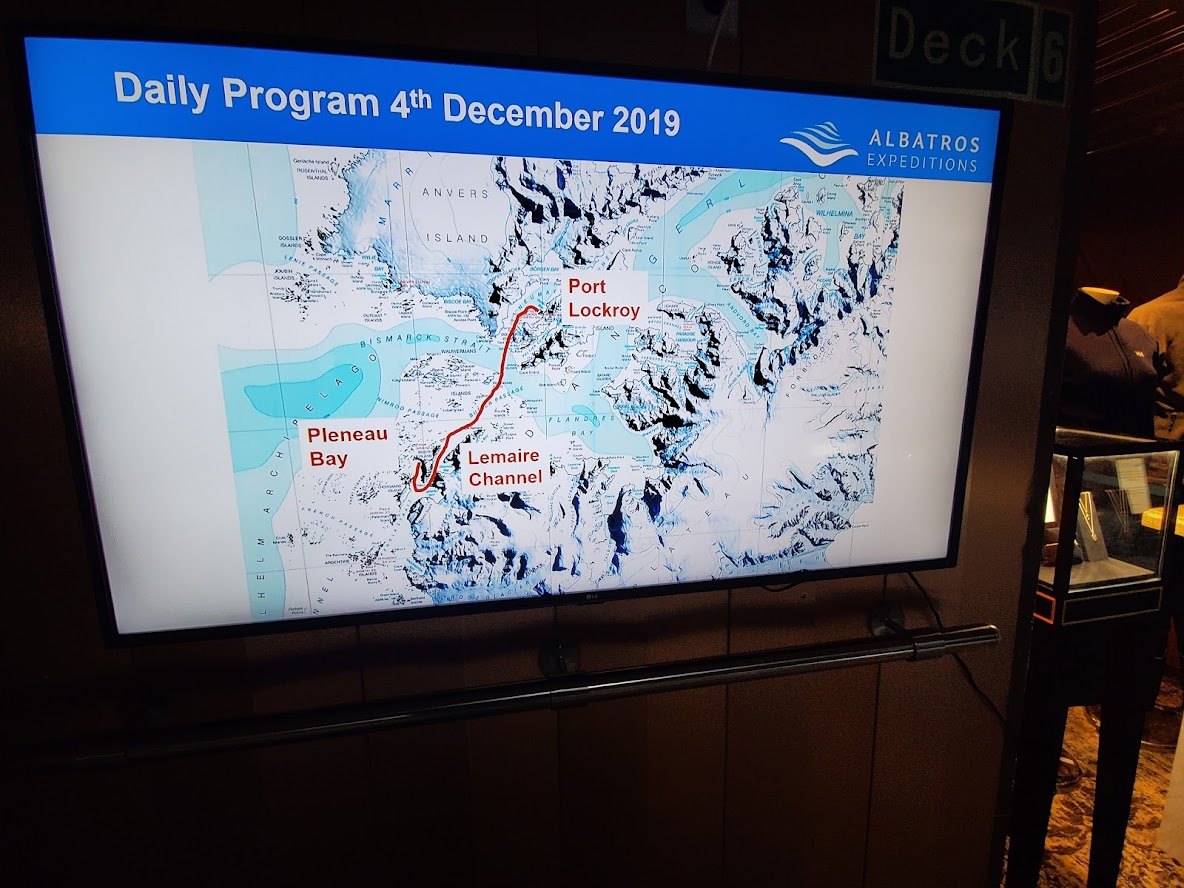 Immediately after breakfast we set out in small groups of ten on each Zodiac to cruise on the pristine blue waters of the Lamoy Bay.
Immediately after breakfast we set out in small groups of ten on each Zodiac to cruise on the pristine blue waters of the Lamoy Bay.
Bright sun light flashing on the Lamoy Point on our way south towards the northern peninsula of the white Coneinent greeted us all this morning on December 5th. The greetings over the microphone at 6.15 woke us all up letting us know of the .mild weather conditions with 7 degrees celcius and 27 km s wind speed with bright sunny day was a welcome change from yesterday.
Immediately after breakfast we set out in small groups of ten on each Zodiac to cruise on the pristine blue waters of the Lamoy Bay.
The wind of 25 kms an hour made the waters of the Bay mildly rough as we set out from the ship. For the first time during the voyage, to the much delight of the AAPI delegates, the sun chose to come out from behind the clouds and shone brightly on the voyagers, making the snow shining and glowing with the rays of the sun filling the surface of the earth. It was delightful to see the Penguins close to the AAPI delegates, some of them walking beside them crossing their pathway.
After a lunch Barbeque on Deck Seven of the Ship, the Ocean Atlantic took us through the beautiful Lemaire Channel on the Continent. Braving the cold and gusty winds, the voyagers got together for a group picture of the entire voyager group on Deck Eight of the ship, as they were awed by the beautiful glaciers, the mighty snow-caped mountains, and the floating ice bergs.
It was an amazing experience as the Ship sailed through the Bay filled with Ice Sheet Rocks that are over a meter thick, slowly but steadily marching forward towards the Plenau Bay, where the 38 brave AAPI members had the unique experience of taking “Polar Plunge” in the Sea Water, which was 0.78 degree calcium while the rest of the AA{I delegates watched the brave men and women taking a memorable dip and swim back to the ship in the freezing cold waters of the Antarctic Continent.
This afternoon we were invited to climb up to the Decks 8 and 9 of the ship to view the entrance/passage to the famous Deception Island. Ad the ship sailed through this narrow path into the Island with majestic dark mountains on our right side while on the left snowcapped mountains overlooking the Bay. As the gusty winds made us shiver the voyagers standing on the top deck of the Atlantic Ocean posed for pictures while many others were lost in the stunning beauty created by Mother Nature for all of us to enjoy and cherish for ever.
The tallest mountain Mount Franceswithe height of 2300 meters high behind the backdrop, our zodiacs elegantly cruised fhrough the calmer waters to the mountain range called the Princes and the seven dwarfs.
The stunning views of the glaciers and the mountains and the soft and shiny snow spread across the shore led us all to the top of the snowy hills as we trekked to the top.
 Colonies of penguins in smaller groups greeted us with their enchanting voices. We watched in awe as tiny penguins walking up flapping their feathers occasionally from the bottom of the hill to the top.
Colonies of penguins in smaller groups greeted us with their enchanting voices. We watched in awe as tiny penguins walking up flapping their feathers occasionally from the bottom of the hill to the top.
Many if us waited patiently to have an opportunity to view the eggs upon which the Penguins were sitting to hatch their eggs. Some were lucky to photograph a few couples mating while we were trying to figure out the male from female.
Leaving the breath taking landscapes was not an easy choice as we were soon called to embark on the zodiacs and return to Ocean Atlantic our ship as she was patiently waiting to take us to the next destination of our expedition to the Last Horizon.
We woke up this morni g on Friday December 6th to a bright and sunny day, calmer ocean with 9 kms of wind speed….a picture perfect day for expedition.
We went on zodiacs cruising through the blue waters of the Half Moon Island, a cluster of snowy mountains shaped as a half moon. Searching for wild life in the ocean with the voyagers looking out eagerly for any seals or whales did not seem to result in success as the sea animals and those on the shore seemed to hide in their resting places.
Finally the zodiac captains took us to the shore where for the first time we landed on dark stony surface full of rocks stones and pebbles. Our expedition crew leader reported that the shore was completely covered with ice and snow in the beginning of the season barely a month ago.
The glaciers and the imposing mighty mountains around us we hiked up the hill intruding sometimes into the Penguin Hoghways where we saw colonies of penguins resting under the bright sun. It was delightful to watch a few hopping on tiny rocks from one to another unnerved by the visitors from the Other Continents on earth.
A relaxing and rejuvenating morning walks across the island with breath taking views in abundance of Mother Nature will last a life time for everyone who has been part of the historic expedition to the 7th Continent.
After journeying about five hours we reached this evening at the Melchiors Island as the bright sun shining on us. On our way during lunch and later on the voyagers were thrilled to spot whales showing up their heads periodically.
The journey through the Bay was another memorable experience with the stunning landscape all along the route especially as the sun continued shine brightly on the snow peaked mountains turning the waters closer the glaciers turning from blue to green.
We had over an hour of zodiac cruise exploring the sea life on the Antarctic’s South Ocean.
 For the first time we were delighted to watch different kinds of Penguins sitting on a single rock glazing at the ocean waters.
For the first time we were delighted to watch different kinds of Penguins sitting on a single rock glazing at the ocean waters.
We spotted a few huge Cedder Seals resting on the rocks unmoved by the voyagers in several zodiacs watching them in awe.
The bright sun and the gentle breeze embracing the cheeks of the voyagers it was a perfect day to cruise and explore the White Continent.
190 Members of American Association of Physicians of Indian Origin AAPI under the leadership of Dr. Suresh Reddy and a over 50 strong crew and 22 member expedition team set on sail from Urshuaia the southernmost township on earth located in the beautiful country Argentina on Saturday November 30th 2019
The AAPI delegates came from across the United States with some members of the extended family of AAPI delegates coming from india on this once in a lifetime experience to the sea enth continent Antarctica.
Earlier the AAPI delegates spent a day in Urshuia touring the National Park and lake wearing yellow hats and shirts carrying a banner spreading the message of the need for obesity awareness.
On the ship the voyage to the White continent began with a Prayer song by Dr.Aarti Pandya from Atlanta to Lord Ganesha seeking his blessings and prayers to remove all obstacles out of the way.
The sit down dinner on the first night as the ship sailed through the passage towards the south ocean was an amazing experience even as the sun shone on the west until 11 pm.
The 2nd day the Voyagers were woken up by announcement from crew of heavy winds of 50 km an hour and rough sea as the majestic ship moved ahead with braving the tumultuous weather and mighty ocean.
The 2nd night on the ship was special with the captain hosting the dinner and the delegates interacting with the crew and the delegates.
AAPI’s Historic Expedition
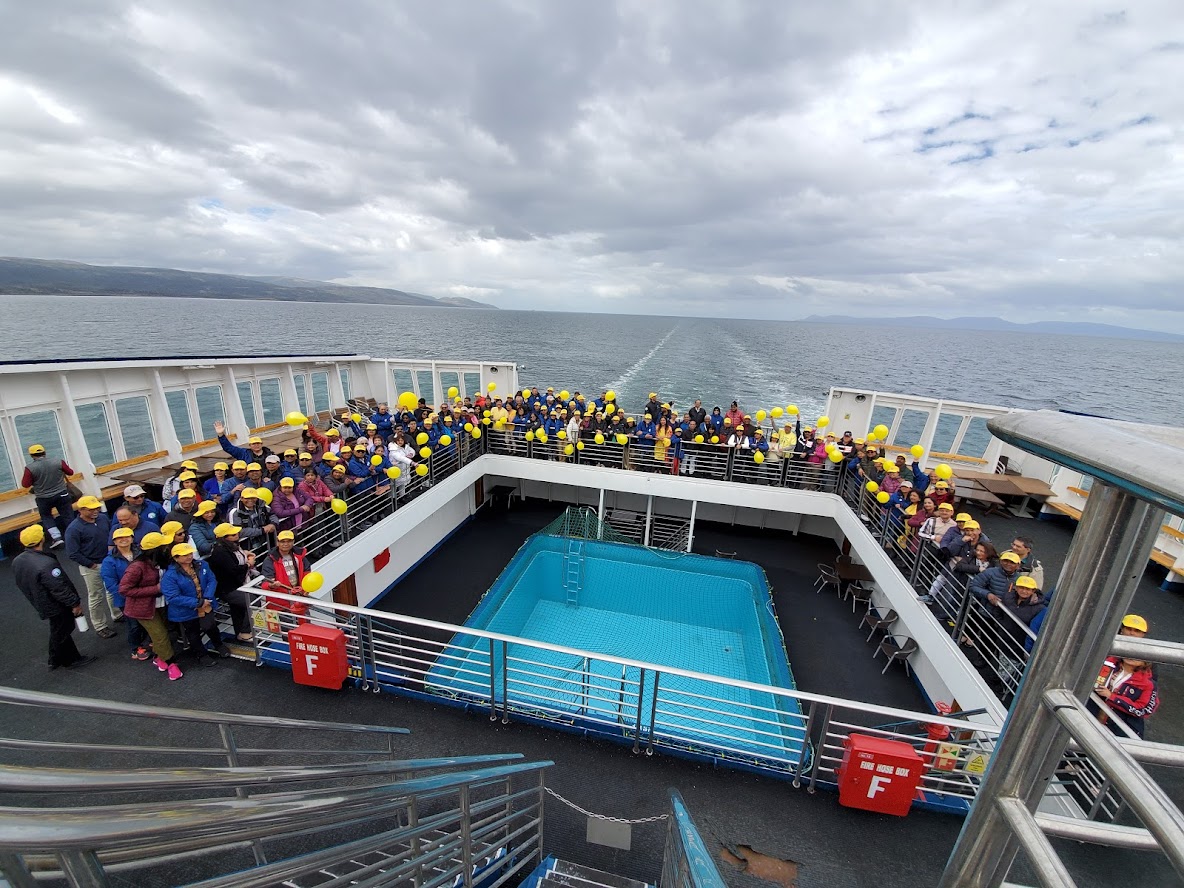 Today, on December 4th, the voyagers got onto the Zodiacs and sailed to Port Lockroy, a sheltered harbor with a secure anchorage and the Antarctic Peninsula since its discovery in 1904. The Port also is home to a Museum and a British Post Office, where the early visitors to the Continent lived and explored the wildlife of the last Horizon. The Museum has preserved the antiques used by the early voyagers, which is an important role in the history of Antarctica.
Today, on December 4th, the voyagers got onto the Zodiacs and sailed to Port Lockroy, a sheltered harbor with a secure anchorage and the Antarctic Peninsula since its discovery in 1904. The Port also is home to a Museum and a British Post Office, where the early visitors to the Continent lived and explored the wildlife of the last Horizon. The Museum has preserved the antiques used by the early voyagers, which is an important role in the history of Antarctica.
The wind of 25 kms an hour made the waters of the Bay mildly rough as we set out from the ship. For the first time during the voyage, to the much delight of the AAPI delegates, the sun chose to come out from behind the clouds and shone brightly on the voyagers, making the snow shining and glowing with the rays of the sun filling the surface of the earth. It was delightful to see the Penguins close to the AAPI delegates, some of them walking beside them crossing their pathway.
After a lunch Barbeque on Deck Seven of the Ship, the Ocean Atlantic took us through the beautiful Lemaire Channel on the Continent. Braving the cold and gusty winds, the voyagers got together for a group picture of the entire voyager group on Deck Eight of the ship, as they were awed by the beautiful glaciers, the mighty snow-caped mountains, and the floating ice bergs.
It was an amazing experience as the Ship sailed through the Bay filled with Ice Sheet Rocks that are over a meter thick, slowly but steadily marching forward towards the Plenau Bay, where the 38 brave AAPI members had the unique experience of taking “Polar Plunge” in the Sea Water, which was 0.78 degree calcium while the rest of the AA{I delegates watched the brave men and women taking a memorable dip and swim back to the ship in the freezing cold waters of the Antarctic Continent.
Bright sun light flashing on the Lamiy Bay on our way up north towards the northern peninsula of the white Coneinent greeted us all this morning on December 5th. The greetings over the microphone at 6.15 woke us all up letting us know of the .mild weather conditions with 7 degrees celcius and 27 km s wind speed with bright sunny day was a welcome change from yesterday.
Immediately after breakfast we set out in small groups of ten on each Zodiac to cruise on the pristine blue waters of the Lamoy Bay.
The tallest mountain Mount Franceswithe height of 2300 meters high behind the backdrop, our zodiacs elegantly cruised fhrough the calmer waters to the mountain range called the Princes and the seven dwarfs.
The stunning views of the glaciers and the mountains and the soft and shiny snow spread across the shore led us all to the top of the snowy hills as we trekked to the top.
 Colonies of penguins in smaller groups greeted us with their enchanting voices. We watched in awe as tiny penguins walking up flapping their feathers occasionally from the bottom of the hill to the top.
Colonies of penguins in smaller groups greeted us with their enchanting voices. We watched in awe as tiny penguins walking up flapping their feathers occasionally from the bottom of the hill to the top.
Many if us waited patiently to have an opportunity to view the eggs upon which the Penguins were sitting to hatch their eggs. Some were lucky to photograph a few couples mating while we were trying to figure out the male from female.
Leaving the breath taking landscapes was not an easy choice as we were soon called to embark on the zodiacs and return to Ocean Atlantic our ship as she was patiently waiting to take us to the next destination of our expedition to the Last Horizon.
After journeying about five hours we reached this evening at the Melchiors Island as the bright sun shining on us. On our way during lunch and later on the voyagers were thrilled to spot whales showing up their heads periodically.
The journey through the Bay was another memorable experience with the stunning landscape all along the route especially as the sun continued shine brightly on the snow peaked mountains turning the waters closer the glaciers turning from blue to green.
We had over an hour of zodiac cruise exploring the sea life on the Antarctic’s South Ocean.
For the first time we were delighted to watch different kinds of Penguins sitting on a single rock glazing at the ocean waters.
We spotted Seals resting on the rocks unmoved and unaffected by the voyagers in several zodiacs watching them in awe.
The bright sun and the gentle breeze embracing the voyagers it was a perfect day to cruise and explore the White Continent.
Sent from my Verizon, Samsung Galaxy smartphone
Bright sun light flashing on the Lamiy Bay on our way up north towards the northern peninsula of the white Coneinent greeted us all this morning on December 5th. The greetings over the microphone at 6.15 woke us all up letting us know of the .mild weather conditions with 7 degrees celcius and 27 km s wind speed with bright sunny day was a welcome change from yesterday.
Immediately after breakfast we set out in small groups of ten on each Zodiac to cruise on the pristine blue waters of the Lamoy Bay.
The tallest mountain Mount Franceswithe height of 2300 meters high behind the backdrop, our zodiacs elegantly cruised fhrough the calmer waters to the mountain range called the Princes and the seven dwarfs.
The stunning views of the glaciers and the mountains and the soft and shiny snow spread across the shore led us all to the top of the snowy hills as we trekked to the top.
 Colonies of penguins in smaller groups greeted us with their enchanting voices. We watched in awe as tiny penguins walking up flapping their feathers occasionally from the bottom of the hill to the top.
Colonies of penguins in smaller groups greeted us with their enchanting voices. We watched in awe as tiny penguins walking up flapping their feathers occasionally from the bottom of the hill to the top.
Many if us waited patiently to have an opportunity to view the eggs upon which the Penguins were sitting to hatch their eggs. Some were lucky to photograph a few couples mating while we were trying to figure out the male from female.
Leaving the breath taking landscapes was not an easy choice as we were soon called to embark on the zodiacs and return to Ocean Atlantic our ship as she was patiently waiting to take us to the next destination of our expedition to the Last Horizon.
After journeying about five hours we reached this evening at the Melchiors Island as the bright sun shining on us. On our way during lunch and later on the voyagers were thrilled to spot whales showing up their heads periodically.
The journey through the Bay was another memorable experience with the stunning landscape all along the route especially as the sun continued shine brightly on the snow peaked mountains turning the waters closer the glaciers turning from blue to green.
We had over an hour of zodiac cruise exploring the sea life on the Antarctic’s South Ocean.
For the first time we were delighted to watch different kinds of Penguins sitting on a single rock glazing at the ocean waters.
We spotted a few huge Cedder Seals resting on the rocks unmoved by the voyagers in several zodiacs watching them in awe.
The bright sun and the gentle breeze embracing the cheeks of the voyagers it was a perfect day to cruise and explore the White Continent.
After journeying about five hours we reached this evening at the Melchiors Island as the bright sun shining on us. On our way during lunch and later on the voyagers were thrilled to spot whales showing up their heads periodically.
The journey through the Bay was another memorable experience with the stunning landscape all along the route especially as the sun continued shine brightly on the snow peaked mountains turning the waters closer the glaciers turning from blue to green.
We had over an hour of zodiac cruise exploring the sea life on the Antarctic’s South Ocean.
For the first time we were delighted to watch different kinds of Penguins sitting on a single rock glazing at the ocean waters.
We spotted a few huge Cedder Seals resting on the rocks unmoved by the voyagers in several zodiacs watching them in awe.
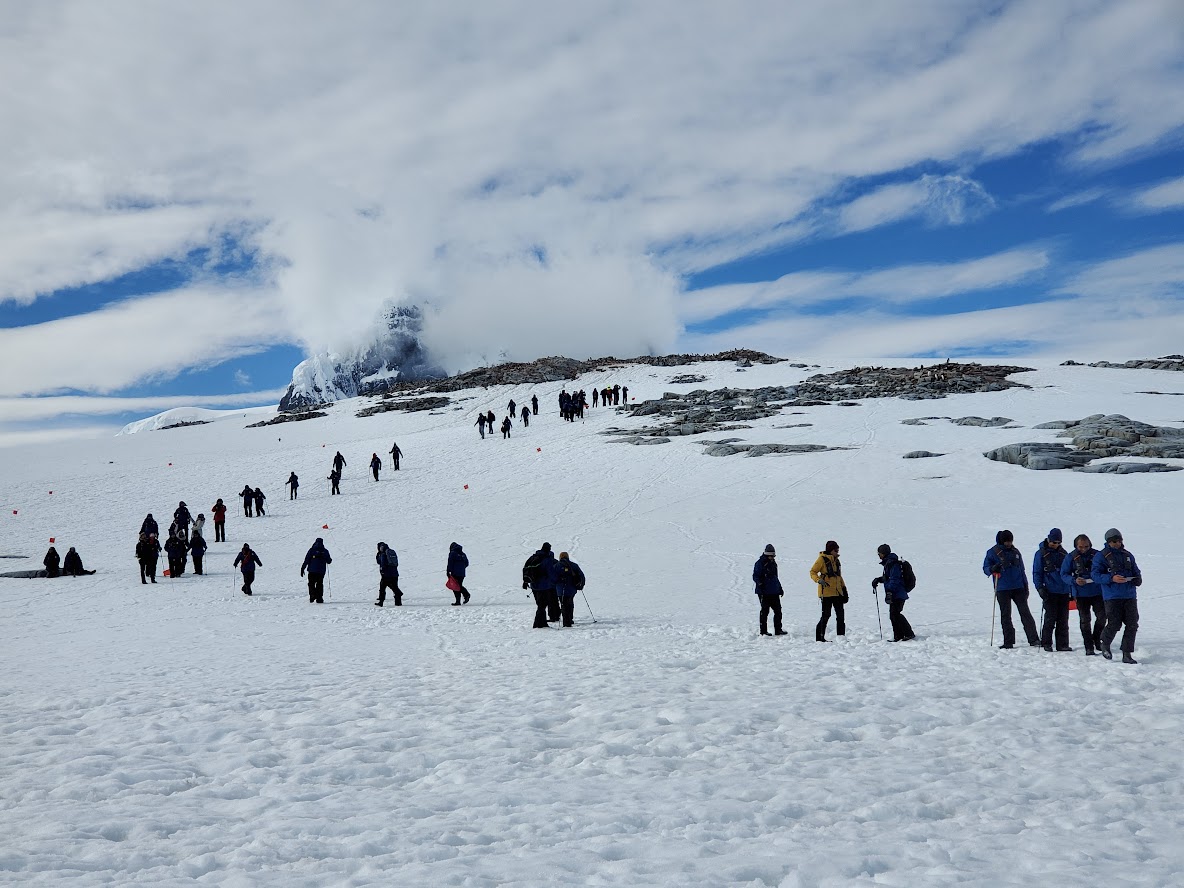 The bright sun and the gentle breeze embracing the cheeks of the voyagers it was a perfect day to cruise and explore the White Continent.
The bright sun and the gentle breeze embracing the cheeks of the voyagers it was a perfect day to cruise and explore the White Continent.
We woke up this morni g on Friday December 6th to a bright and sunny day, calmer ocean with 9 kms of wind speed….a picture perfect day for expedition.
We went on zodiacs cruising through the blue waters of the Half Moon Island, a cluster of snowy mountains shaped as a half moon. Searching for wild life in the ocean with the voyagers looking out eagerly for any seals or whales did not seem to result in success as the sea animals and those on the shore seemed to hide in their resting places.
Finally the zodiac captains took us to the shore where for the first time we landed on dark stony surface full of rocks stones and pebbles. Our expedition crew leader reported that the shore was completely covered with ice and snow in the beginning of the season barely a month ago.
The glaciers and the imposing mighty mountains around us we hiked up the hill intruding sometimes into the Penguin Hoghways where we saw colonies of penguins resting under the bright sun. It was delightful to watch a few hopping on tiny rocks from one to another unnerved by the visitors from the Other Continents on earth.
A relaxing and rejuvenating morning walks across the island with breath taking views in abundance of Mother Nature will last a life time for everyone who has been part of the historic expedition to the 7th Continent.
This afternoon we were invited to climb up to the Decks 8 and 9 to view the entrance/passage to the famous Deception Island. Ad the ship sailed through this narrow path into the Island with majestic dark mountains on our right side while on the left snowcapped mountains overlooking the Bay. As the guest winds made us shiver the voyagers standing on the top deck of the Atlantic Ocean posed for pictures while many others lost in the stunning beauty created by Mother Nature for all of us to enjoy and cherish for ever.
The final landing on the Last Horizon on Friday December 6th afternoon wa sdcc at the Deception Island for the AAPI Votagers.
An unusually bright shi ing sky with gentle winds welcomed us to the shore of the black sandy with little stones spread all along the 36 kms wide island.
The volcanic eruption here over 50 years ago has turne DC the island the mountains into dark colored. Saw a huge deal on the shore resting with birds and few penguins of the Contindnt enjoying the mild weather, the voyagers trekked up.the hill on the dark sand while the panoramic and breath taking views on the snowy mountains beyond the Bay hovering over blue waters of the Last Horizon.
Each evening at cocktail hour the entire expedition community gathers in the lounge for a ritual we call Recap. As you enjoy cocktails and hors d’oeuvres, various naturalists give talks, the undersea specialist may show video, and your expedition leader will outline the following day’s schedule.
penguins. Gentoo, Adelie, chinstraps in the thousands; rockhopper, macaroni and king penguins in the Falklands; and king penguins at a staggering scale in South Georgia.
We were all excited about the sightings of a rare black and a rare white penguin, as well as a lone Emperor colony at our farthest south.
Penguin behavior is endlessly fascinating. In the Antarctic spring, hundreds of gentoo penguins parade before us, reestablishing their bonds, mating, staking their claims, and thievishly stealing stones from one another for their nests.
 The photo ops are simply incredible. And while penguins are delightful in films and nature documentaries, watching the often-madcap business of penguin life being lived around you is simultaneously uplifting and humbling: the animal kingdom indeed.
The photo ops are simply incredible. And while penguins are delightful in films and nature documentaries, watching the often-madcap business of penguin life being lived around you is simultaneously uplifting and humbling: the animal kingdom indeed.
We’ll find it resting on ice floes, and often will have the opportunity to approach closely in Zodiacs for excellent photo ops. We’ll also likely be able to observe Weddell and crabeater seals, as well as Antarctic fur seals, whose populations have rebounded since the 1959 Antarctic Treaty and the 1972 Convention for the Conservation of Antarctic Seals.
Antarctic birds
See Arctic terns and other pelagic birds, including fulmars and petrels. The opportunity of a lifetime for bird lovers, however, lies in venturing further—into the lands of the albatross,
The beautiful black-browed albatross crowd the ledges
The wandering albatross, with the largest wingspan of any bird, is one of the many wildlife spectacles South Georgia affords.
We woke up sailing on choppy seas with northerly winds of 45 knots.
When we reached the western side of the island, we found ourselves at the top of the spectacular colony of rockhopper penguins, and black-browed albatross. Brown skuas flew over the colony while penguins, albatross, and shags took care of their eggs.
We spend a good bit of time photographing the birds and generally taking in such wonderful experience and close views of the wildlife.
Settling into the calm waters of Cierva Cove, we headed out for a morning of Zodiac cruising. As the ship disappeared behind us in the mist, we hugged the shoreline to enjoy views of the Argentine research station Base Primavera, rolling swell around dramatic icebergs, and an undisturbed colony of gentoo penguins going about their usual Sunday morning business.
Highlights of the morning included great sightings of Weddell seals snoozing on ice and swimming curiously in the turquoise waters. As the fog began to lift, dramatic mountain peaks showed through the clouds and we were treated to stunning views of the surrounding glaciers and impressive icebergs throughout the cove.
Dramatic sculpture-like structures made for fantastic photo opportunities, and it was tough to return in time for lunch from such a beautiful morning out on the water.
Before long, we lost count of the number of emperor penguins we laid our eyes on. Cut loose upon the sea ice, our guests took to skiing and snowshoeing to explore the icy landscape and spend time with a gaggle of the largest penguin species on our unique planet.
Today, Antarctica is certainly one of the ultimate tour destinations of the world. However, for more than 150 years after its discovery, Antarctica was too far, too remote, too extreme, too dangerous, and too expensive for all but the most stout-hearted explorers and adventurers.
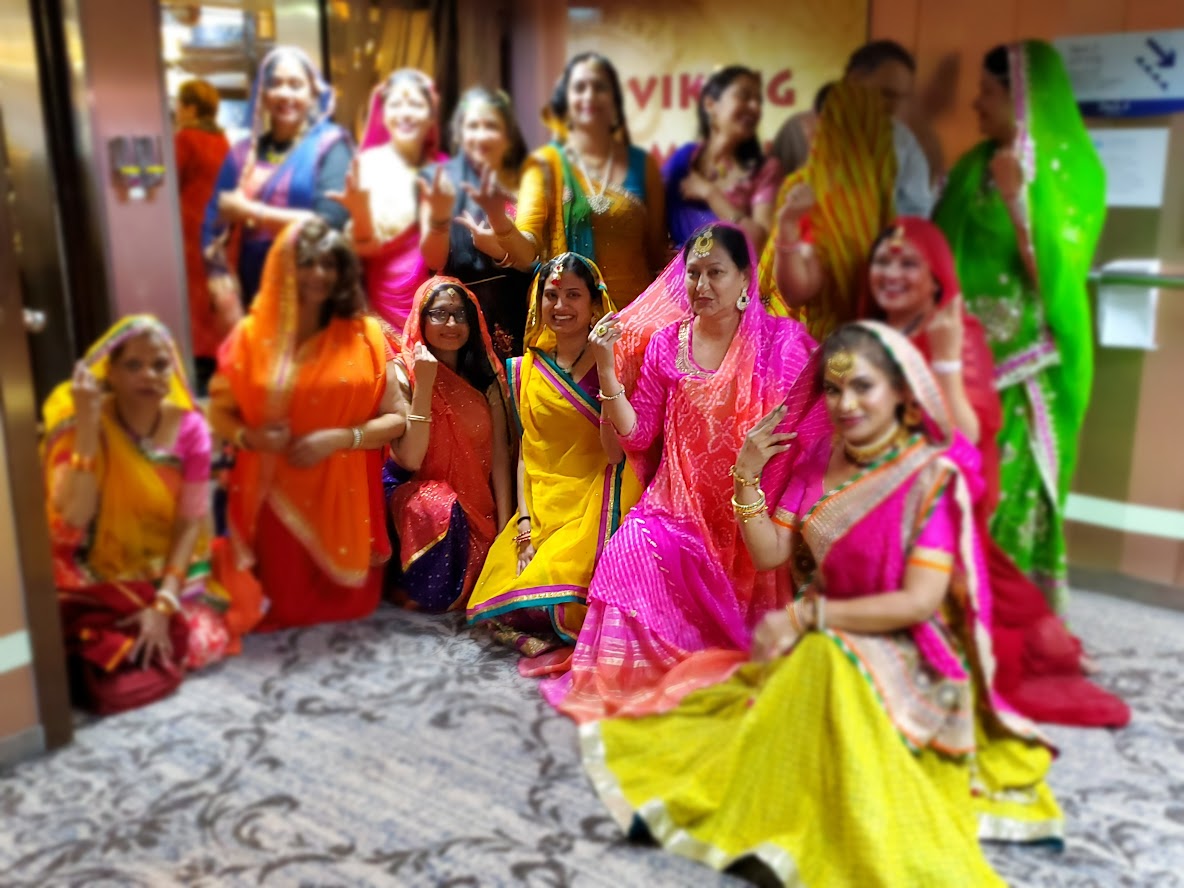 Those people willing to risk everything for the tasks at hand and fortunate enough to have the financial backing of governments or wealthy organizations. Few simple travelers could dare venture into this domain. To go there meant outfitting an expedition, and necessitated making preparations for all kinds of contingencies.
Those people willing to risk everything for the tasks at hand and fortunate enough to have the financial backing of governments or wealthy organizations. Few simple travelers could dare venture into this domain. To go there meant outfitting an expedition, and necessitated making preparations for all kinds of contingencies.
The human history of Antarctica contains some of the most exciting stories of endeavor and persistence imaginable, and includes many survival tales of people overcoming almost unimaginable odds. It is also wrought with many heart-wrenching tragedies.
But, whatever their reasons for going to Antarctica, these people were first and foremost adventurers at heart. It has taken the efforts of these many expeditions and fearless explorers to reduce much of the Antarctic mystery and danger.
The ship could carry 92 passengers along with about 60 crew members, naturalists, and lecturers.
inflatable boats called Zodiacs provided the means for his passengers to get ashore almost anywhere, under a multitude of conditions.
There are two major types of ice in the polar regions, sea ice and glacial ice, and they form through different methods. Sea ice forms in oceanic water when the ambient temperature is lowered to the freezing point of salt water. Glacial ice (including ice caps) forms through the simple accumulation of snow which becomes compressed by its own weight into solid ice. Sea ice formation is a seasonal phenomenon (although individual pieces of sea ice may last for several years), while glacial ice is generally a long-term structure lasting decades, centuries, or even millennia.
 If conditions are calm, the crystals join together, thicken, and form a fibrous structure called young ice.
If conditions are calm, the crystals join together, thicken, and form a fibrous structure called young ice.
Sea ice prevents the ocean waters from warming the coasts significantly. It is important to note that islands within the limits of Winter pack ice (such as the South Shetlands, South Orkneys, etc.) compare closely with the continent in seasonal temperatures, soils types, flora, and fauna.
Glaciation, however, is much more complicated. When snow accumulates over a period of many years (that is, it doesn’t melt away after one season), the buildup creates a thick deposit in which the overlying mass tends to compress the lower snow layers into solid ice. During this, the individual snowflakes change into granules, which fuse into crystals of ice. Often, the air between the flakes becomes trapped, thereby creating air bubbles within the ice crystals. In polar areas, this produces huge and massive ice caps that can overwhelm and cover the entire landscape, including even mountains. Eventually, the ice mass thickens to the point where it begins to move due to a combination of gravity and the shape and slope of the ground surface. On steeper slopes this can occur when the thickness of the combined snow and ice reaches 15 m (50 feet) in depth. This is often referred to as glacial ice. If the flowing ice is constrained by mountains, valley walls, or other land surface formations, it is known as a glacier.
Glacial ice is the world’s largest reservoir of fresh water, albeit in solid form. Nearly 99% of all glacial ice on Earth is contained within the huge ice sheets in the polar regions. In fact, this volume of ice is so large that if the ice sheets of both Greenland and Antarctica were to melt, it would cause sea levels to rise about 70 meters (230 ft). In addition to Antarctica, Greenland, Canada, Iceland, and Svalbard, there are also significant glaciers scattered around the world outside of polar regions, including Alaska and Chilean Patagonia.
Permanent ice probably began forming in Antarctica as early as Miocene times, perhaps 20 million years ago.
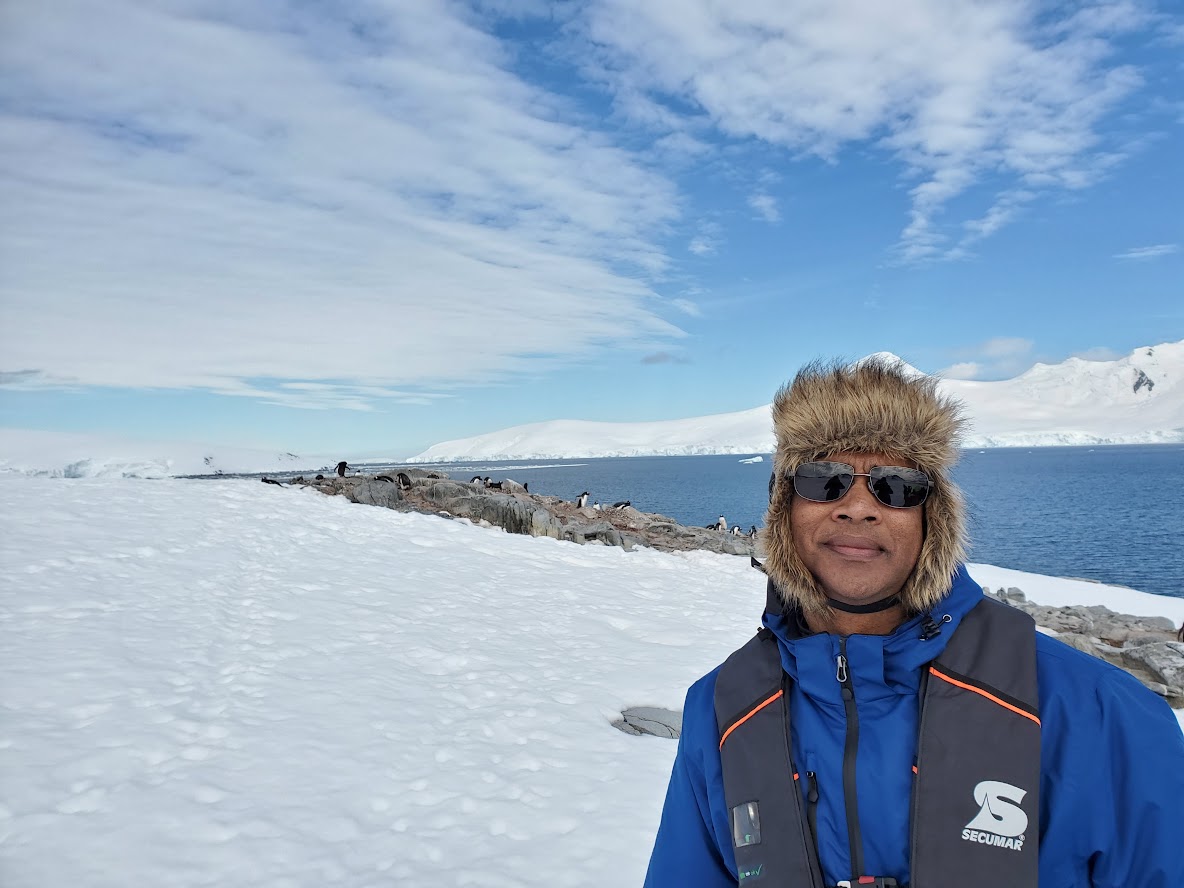 There are 17 species of penguins in the world and they have various qualities in common. They are all found in the southern hemisphere, although one species, the Galapagos penguin, actually ranges a few miles north of the equator. Penguins are the most aquatic of the sea birds, and they generally spend most of their lives at sea (except when molting or rearing young). All penguins are flightless and adapted for life in cold water, so even those found in the low latitudes are dependent upon cold water currents for their livelihood.
There are 17 species of penguins in the world and they have various qualities in common. They are all found in the southern hemisphere, although one species, the Galapagos penguin, actually ranges a few miles north of the equator. Penguins are the most aquatic of the sea birds, and they generally spend most of their lives at sea (except when molting or rearing young). All penguins are flightless and adapted for life in cold water, so even those found in the low latitudes are dependent upon cold water currents for their livelihood.
Except for the feet and perhaps bare patches on the face, the entire body is covered with small, dense, overlapping, scale-like feathers, and there is a downy tuft at the base of each feather which increases the heat retention abilities even more. Feathers account for about 80% of the penguins’ insulative properties, while fat provides the other 20%. Penguins have very high internal body temperatures (about 38° C, or 101° F), as well as high metabolic rates. With all this taken into account it is easy to understand how the Antarctic species in particular can survive, and even thrive, in a cold, harsh climate.
Around the Antarctic Peninsula, we commonly see gentoo (Pygoscelis papua), Adélie (Pygoscelis adeliae), chinstrap (Pygoscelis Antarctica), emperor (Aptenodytes forsteri), and rarely Macaroni (Eudyptes chrysolophus) penguins.
On South Georgia, we can see king (A. patagonica), gentoo (P. papua), chinstrap (P. Antarctica), and Macaroni (Eudyptes chrysolophus) penguins.
Whales (this term applies to all whales, dolphins, porpoises, etc.) are air breathing mammals, but have perfected the ability to live entirely in water over the past 50 to 60 million years.
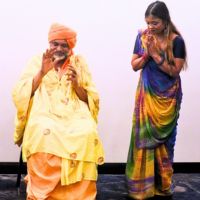
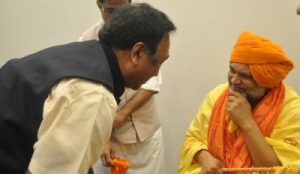
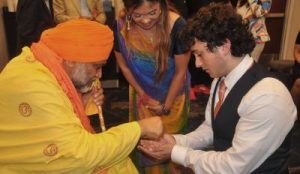
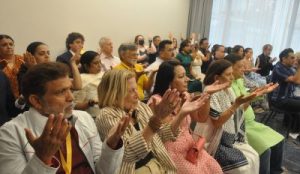
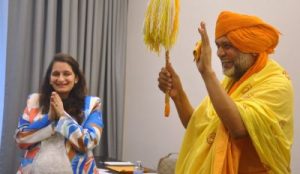

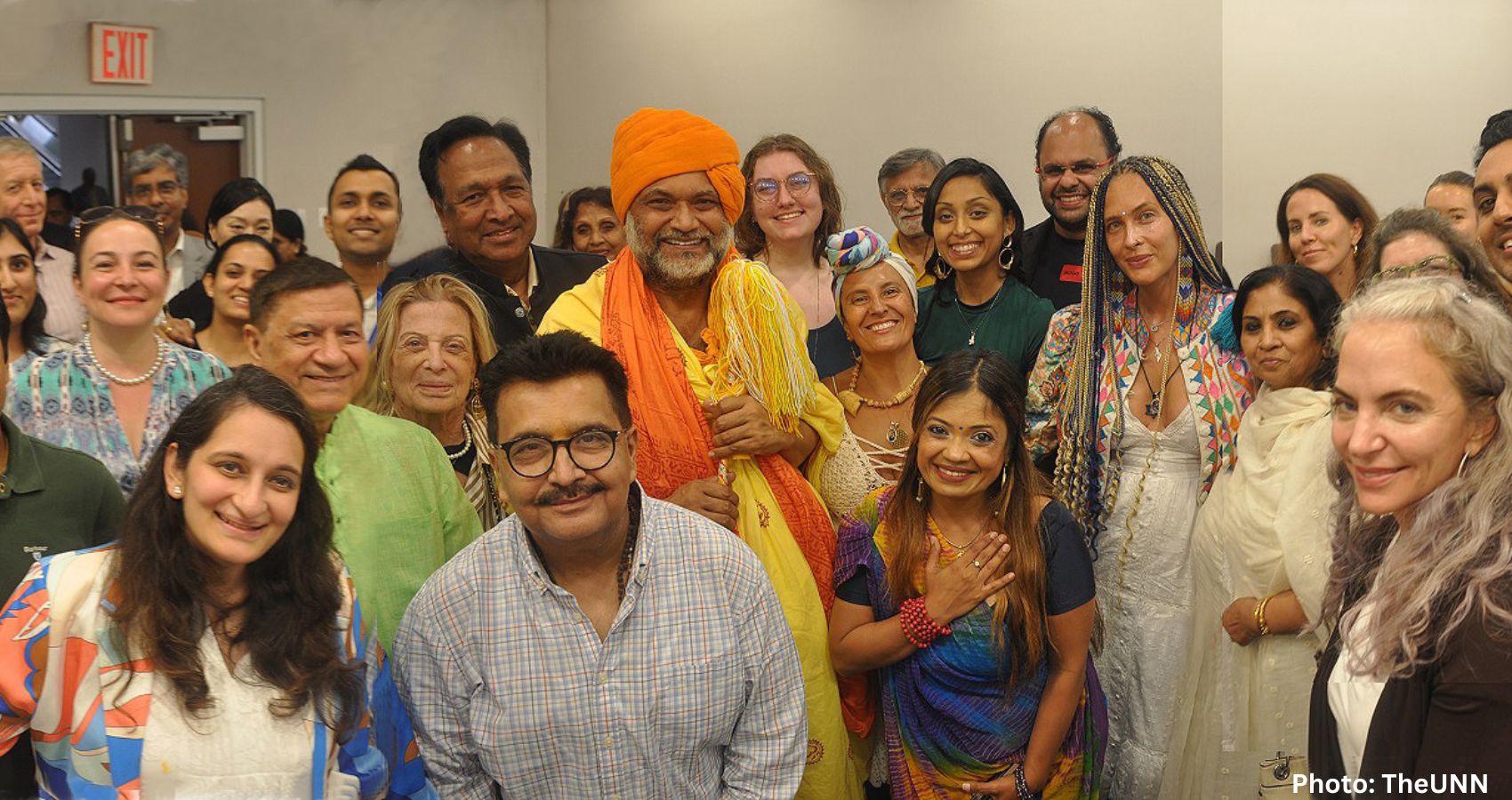
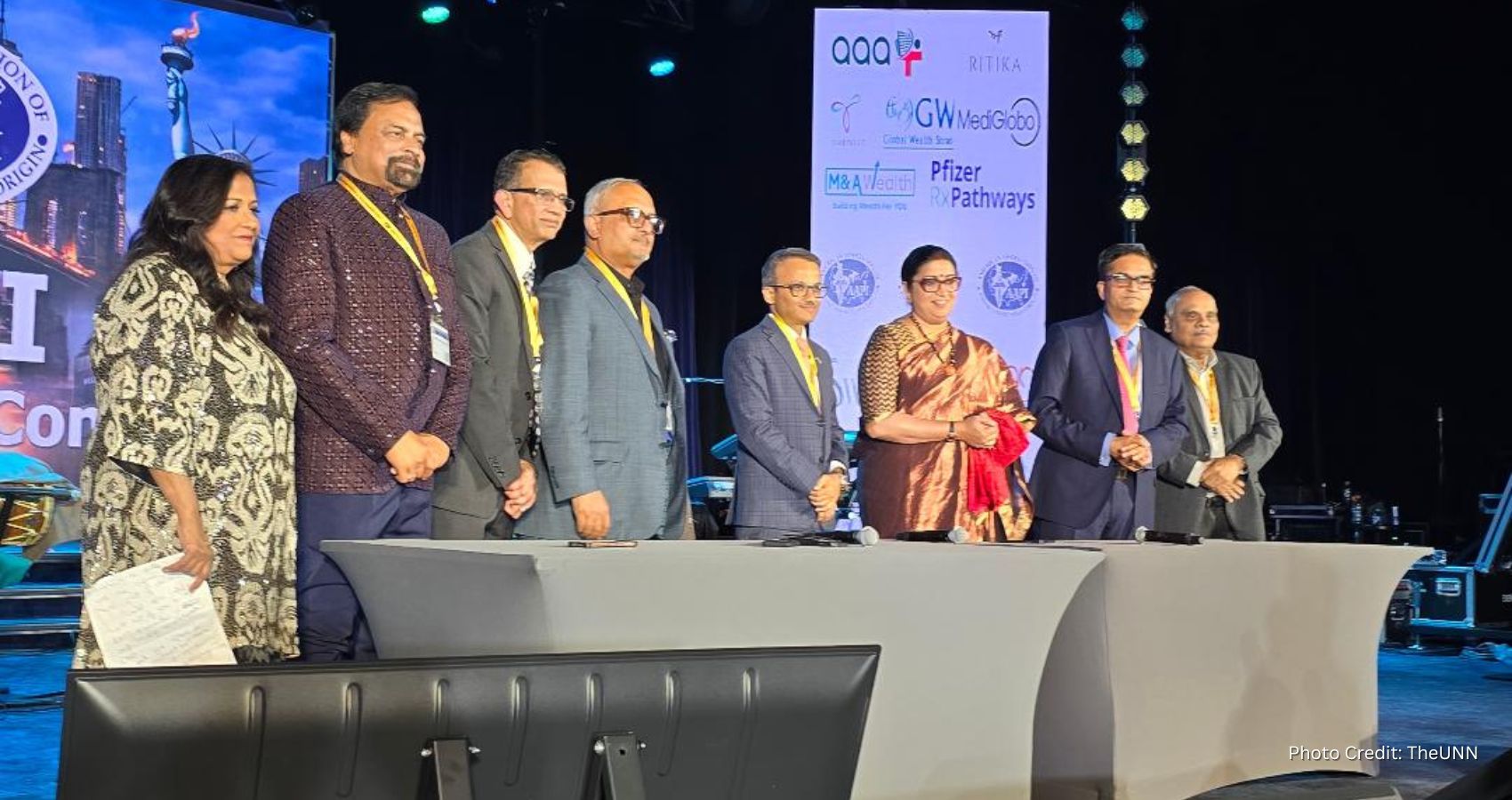
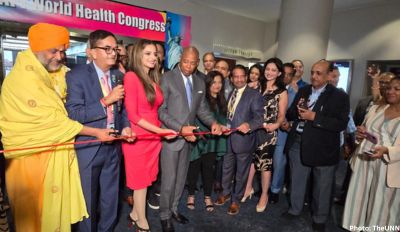 In her keynote address at the gala on Sunday night, Honorable Smriti Irani, a former Cabinet Minister of India and a Bollywood star shared with the over 1,500 AAPI delegates who came from across the United States about the many contributions of India to the world, especially in the healthcare filed and the numerous achievements of the Government of India. She thanked the AAPI members for their great contributions and services to the people of the United States and for their motherland India.
In her keynote address at the gala on Sunday night, Honorable Smriti Irani, a former Cabinet Minister of India and a Bollywood star shared with the over 1,500 AAPI delegates who came from across the United States about the many contributions of India to the world, especially in the healthcare filed and the numerous achievements of the Government of India. She thanked the AAPI members for their great contributions and services to the people of the United States and for their motherland India.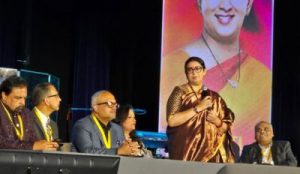 New York City Mayor Eric Adams inaugurated the World Health Congress of Physicians with the cutting of the Ribbon and a powerful and memorable inaugural address on July 18th, 2024. In his inaugural address, Adams lauded the contributions of Indian American physicians across the United States, especially during the Covid pandemic. “When you look at the 1000s of physicians across the country, you walk into any hospital, the emergency rooms, especially during COVID, you were present. You were there, and you sacrificed your own health to make sure of the health of this entire country. Your contributions are so rare.”
New York City Mayor Eric Adams inaugurated the World Health Congress of Physicians with the cutting of the Ribbon and a powerful and memorable inaugural address on July 18th, 2024. In his inaugural address, Adams lauded the contributions of Indian American physicians across the United States, especially during the Covid pandemic. “When you look at the 1000s of physicians across the country, you walk into any hospital, the emergency rooms, especially during COVID, you were present. You were there, and you sacrificed your own health to make sure of the health of this entire country. Your contributions are so rare.”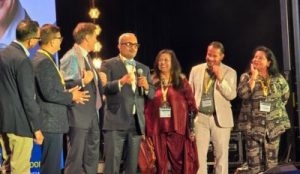
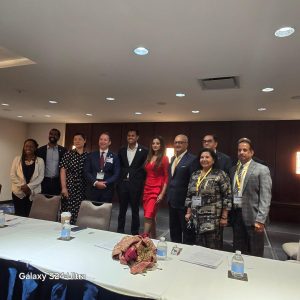
 Some of the major themes at the convention include: Yoga and Meditation practices, a welcome kit with books & self-care supplies, A Personal Reflexology Session, Take home wellness routine, yoga therapy sessions, a workshop on Spiritual well-being, Book talk with Yoga Gurus, including on the science of Yoga & Lifestyle medicine, and several wellness sessions.
Some of the major themes at the convention include: Yoga and Meditation practices, a welcome kit with books & self-care supplies, A Personal Reflexology Session, Take home wellness routine, yoga therapy sessions, a workshop on Spiritual well-being, Book talk with Yoga Gurus, including on the science of Yoga & Lifestyle medicine, and several wellness sessions.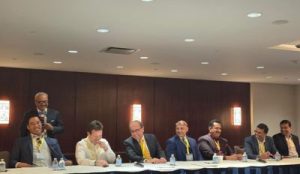 Amit Chakrabarty, Vice President of AAPI said, “AAPI’s mission has evolved in the past 42 years. “Today, AAPI is strong representing over 120,000 Indian American physicians, 130 local Chapters, who make up 10% of total physicians in the US and nearly 50% of International Medical Graduates, rooted in every corner of the nation, who serve every 7th patient in the US. We are proud of our achievements and our contributions to the healthcare industry and the millions of people we serve.”
Amit Chakrabarty, Vice President of AAPI said, “AAPI’s mission has evolved in the past 42 years. “Today, AAPI is strong representing over 120,000 Indian American physicians, 130 local Chapters, who make up 10% of total physicians in the US and nearly 50% of International Medical Graduates, rooted in every corner of the nation, who serve every 7th patient in the US. We are proud of our achievements and our contributions to the healthcare industry and the millions of people we serve.”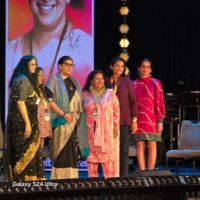 Research and Arts Competition: Poster Competition brought in the best among the aspiring medical students and new graduates from Medical schools. A Panel Discussion on Global Medical Education addressed by the Heads of NBME, FSMB, Intealth, NBME, and NBEMS offered practical tools on navigating the educational systems across India, UK and the United States.
Research and Arts Competition: Poster Competition brought in the best among the aspiring medical students and new graduates from Medical schools. A Panel Discussion on Global Medical Education addressed by the Heads of NBME, FSMB, Intealth, NBME, and NBEMS offered practical tools on navigating the educational systems across India, UK and the United States.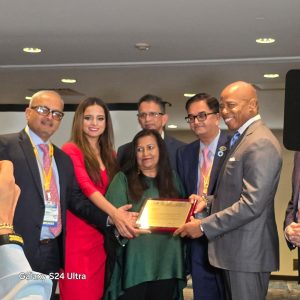 Each day began for the participants with an hour long session on “Harmony and Health: Integrative Yoga” where delegates benefited from hands on sessions teaching and practicing Yoga. Another theme that ran across all days of the Congress was Art Gallery – Oorja: The Feminine Light in Indian Art. Healing Breath that was part of the schedule everyday of the Congress was another way AAPI delegates had an opportunity to ground themselves to the present and start afresh.
Each day began for the participants with an hour long session on “Harmony and Health: Integrative Yoga” where delegates benefited from hands on sessions teaching and practicing Yoga. Another theme that ran across all days of the Congress was Art Gallery – Oorja: The Feminine Light in Indian Art. Healing Breath that was part of the schedule everyday of the Congress was another way AAPI delegates had an opportunity to ground themselves to the present and start afresh.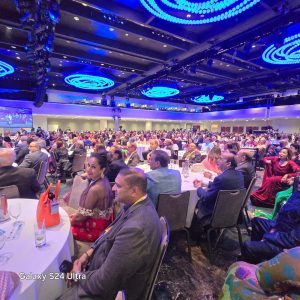 The growing influence of doctors of Indian heritage is evident, as increasingly physicians of Indian origin hold critical positions in the healthcare, academic, research and administrative positions across the nation. With their hard work, dedication, compassion, and skills, they have thus carved an enviable niche in the American medical community. AAPI’s role has come to be recognized as vital among members and among lawmakers.
The growing influence of doctors of Indian heritage is evident, as increasingly physicians of Indian origin hold critical positions in the healthcare, academic, research and administrative positions across the nation. With their hard work, dedication, compassion, and skills, they have thus carved an enviable niche in the American medical community. AAPI’s role has come to be recognized as vital among members and among lawmakers.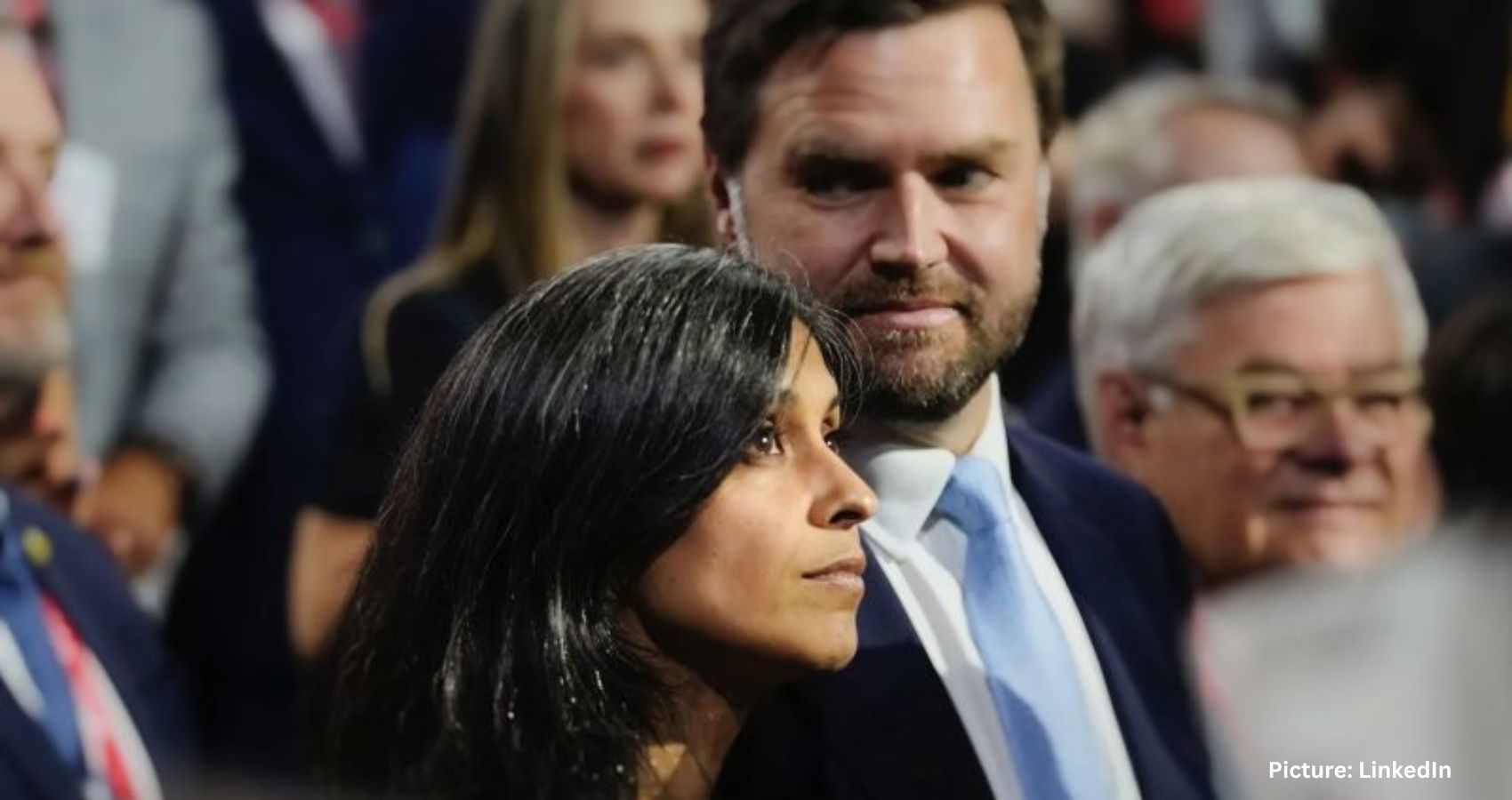
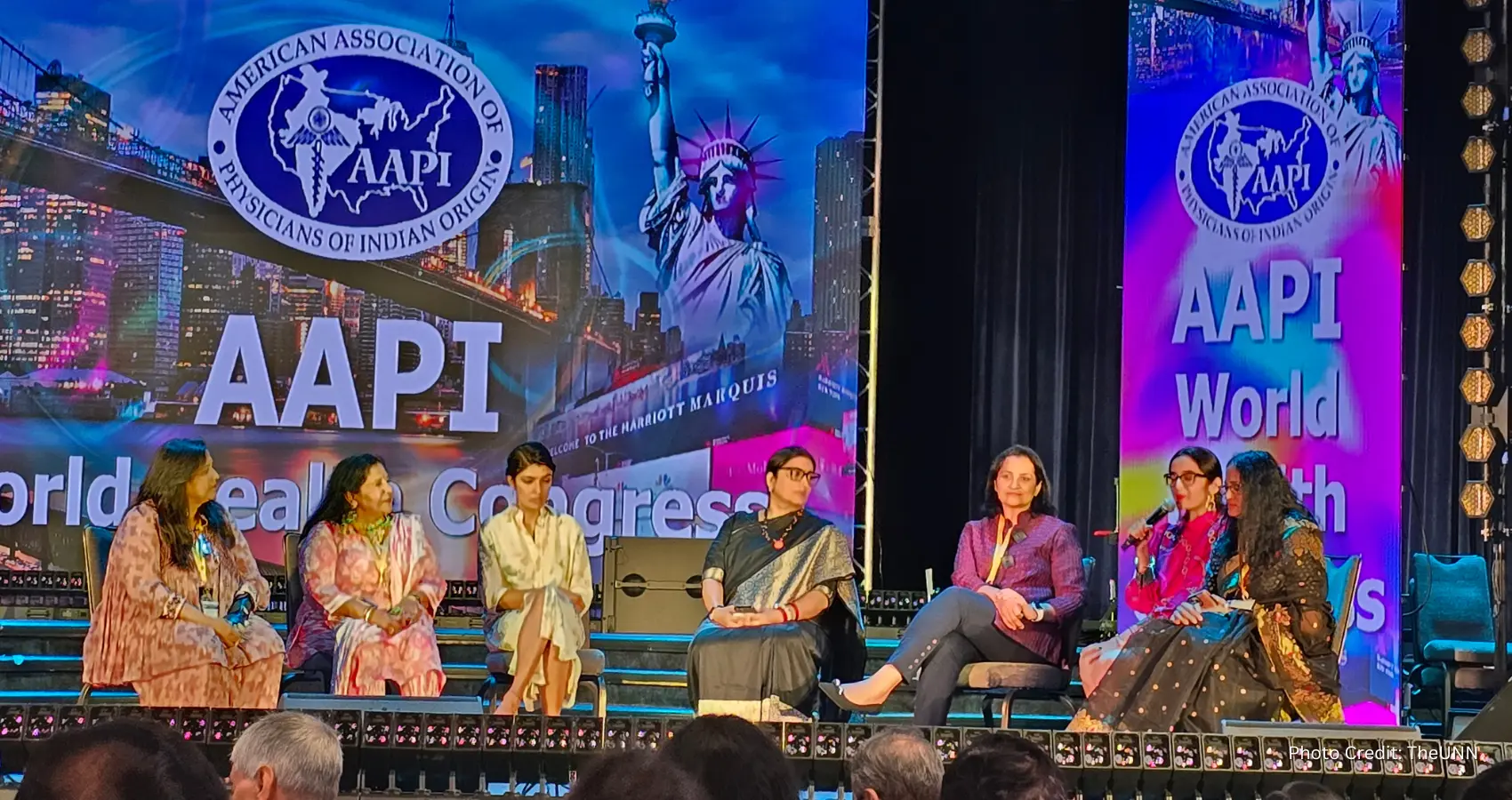
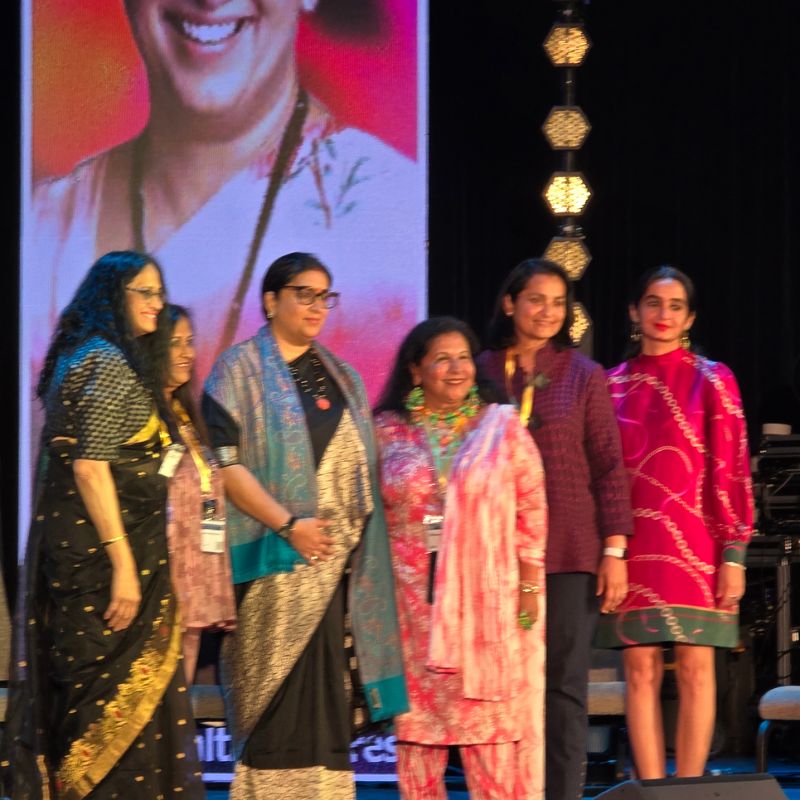 Smiriti Irani highlighted India’s role in bringing women’s leadership to the world forum though its leadership of G 20. She said, “Women don’t have the problem of speaking up, but they have the problem of being heard.” She said, “Women’s values cannot be measured by their success, she needs to be evaluated by what she is.” She paid homage to physicians of Indian origin “for your great contributions” and urged that “AAPI celebrates where every voice of women is celebrated.”
Smiriti Irani highlighted India’s role in bringing women’s leadership to the world forum though its leadership of G 20. She said, “Women don’t have the problem of speaking up, but they have the problem of being heard.” She said, “Women’s values cannot be measured by their success, she needs to be evaluated by what she is.” She paid homage to physicians of Indian origin “for your great contributions” and urged that “AAPI celebrates where every voice of women is celebrated.”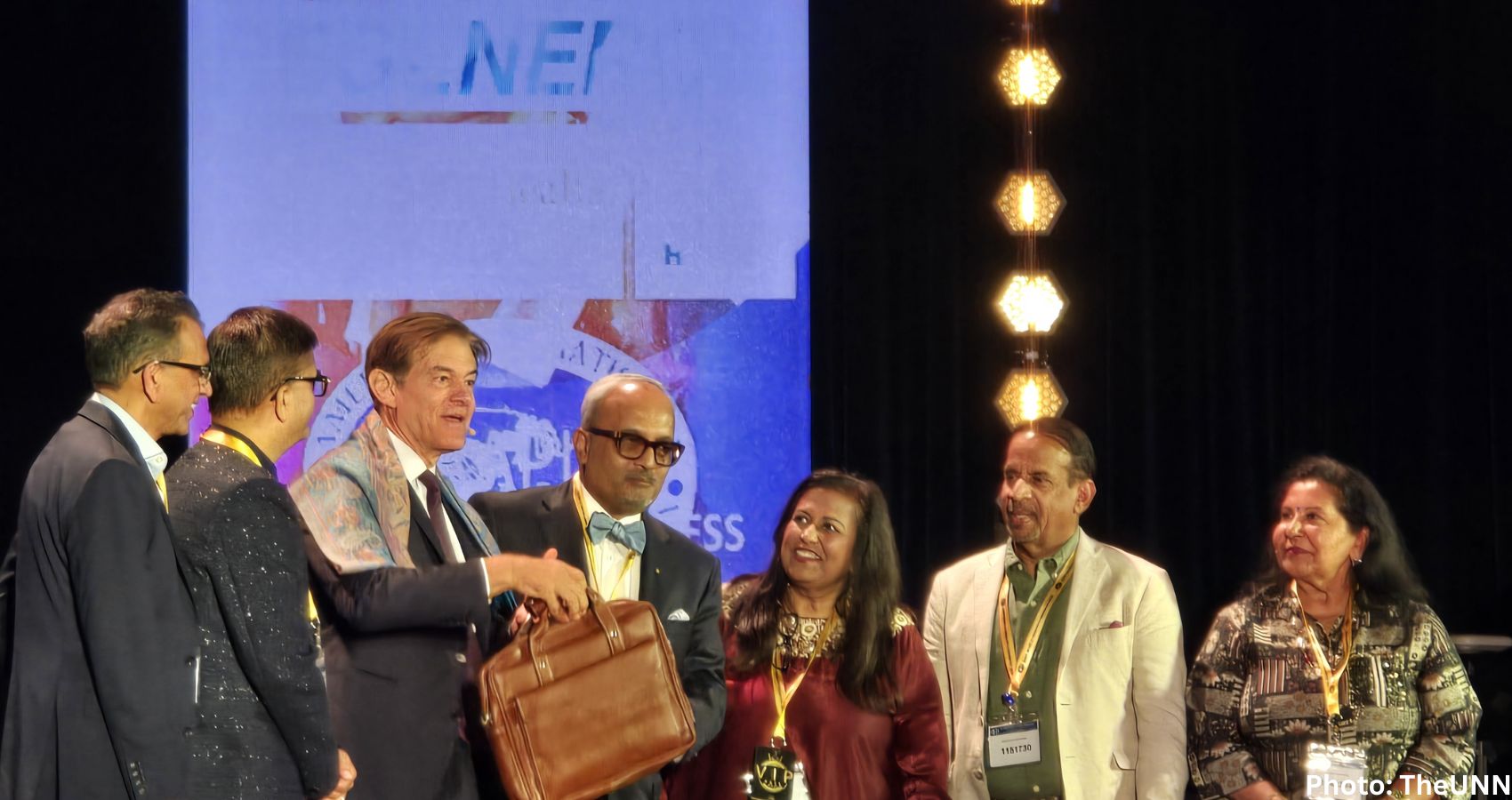
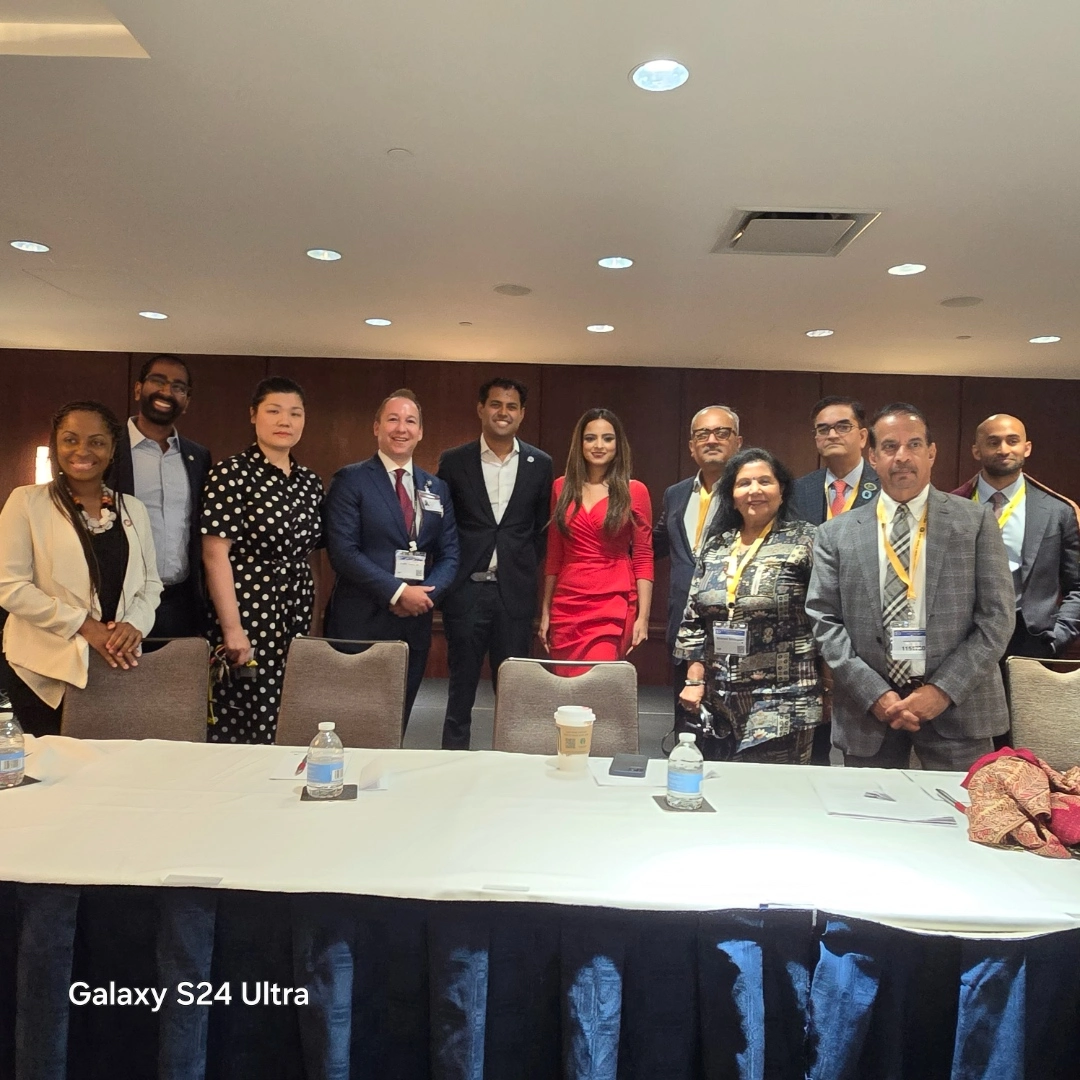 The World Health Congress, which began on July 18th with the cutting of the Ribbon by the Mayor of New York City, Eric Adams is being attended by over 1,000 physicians and has over ing80 speakers and CEOs from around the globe, provide the delegates with an unparalleled opportunity to network, learn, and explore groundbreaking advancements across healthcare disciplines.
The World Health Congress, which began on July 18th with the cutting of the Ribbon by the Mayor of New York City, Eric Adams is being attended by over 1,000 physicians and has over ing80 speakers and CEOs from around the globe, provide the delegates with an unparalleled opportunity to network, learn, and explore groundbreaking advancements across healthcare disciplines.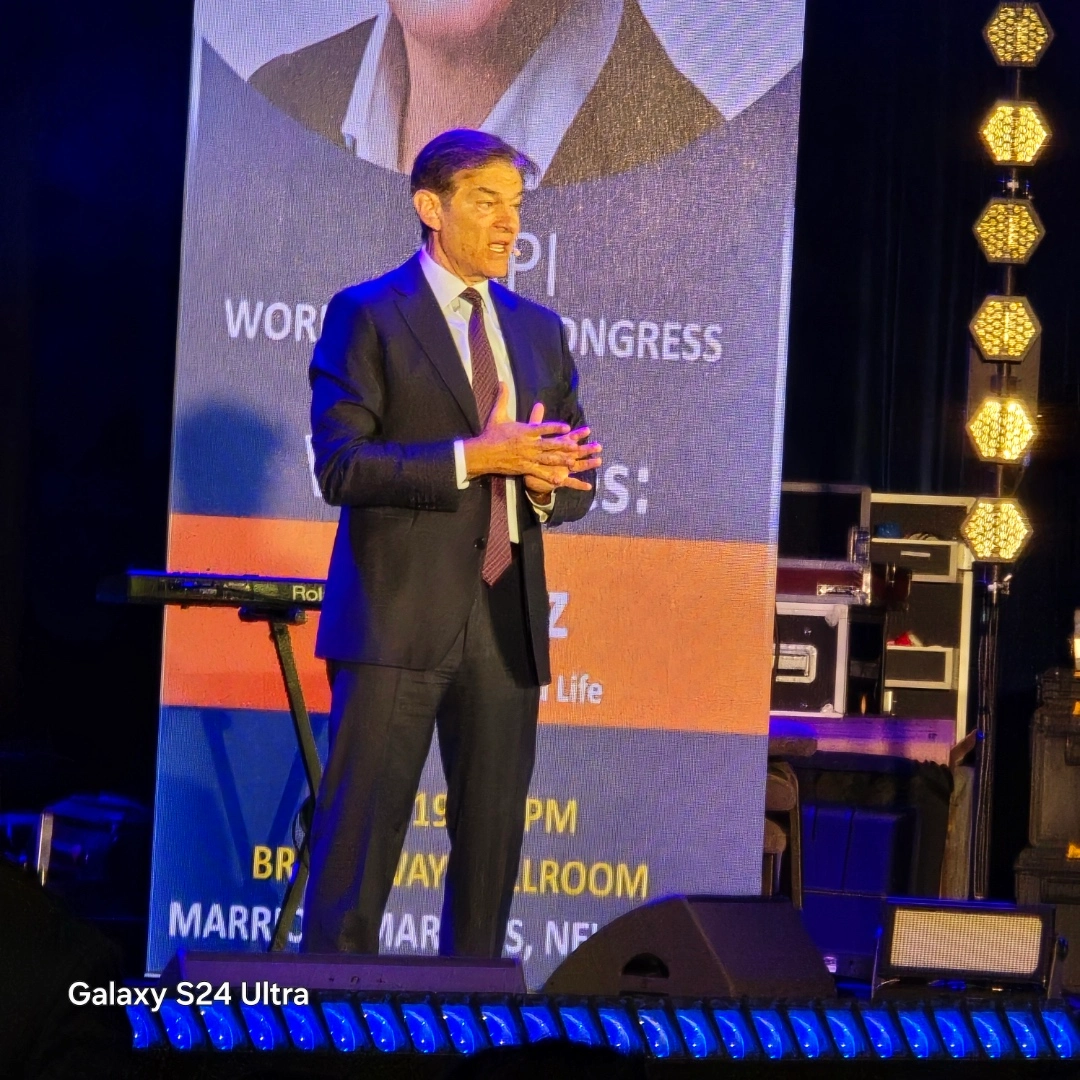 The CEO Forum was moderated by Dr. Achintya Moulick, Chair of the AAPI World Health Congress. In his opening remarks, Dr. Moulick said, “The first World Congress of AAPI signals the beginning of a new chapter for the organization which has had a significant impact on American healthcare. The goal for me as the first convention chair of the World Congress is to bring healthcare providers, entrepreneurs, financial bodies and policymakers together and create a perfect gathering of first, second and third generation physicians and other healthcare providers of Indian origin lead the way for the future of global health.”
The CEO Forum was moderated by Dr. Achintya Moulick, Chair of the AAPI World Health Congress. In his opening remarks, Dr. Moulick said, “The first World Congress of AAPI signals the beginning of a new chapter for the organization which has had a significant impact on American healthcare. The goal for me as the first convention chair of the World Congress is to bring healthcare providers, entrepreneurs, financial bodies and policymakers together and create a perfect gathering of first, second and third generation physicians and other healthcare providers of Indian origin lead the way for the future of global health.”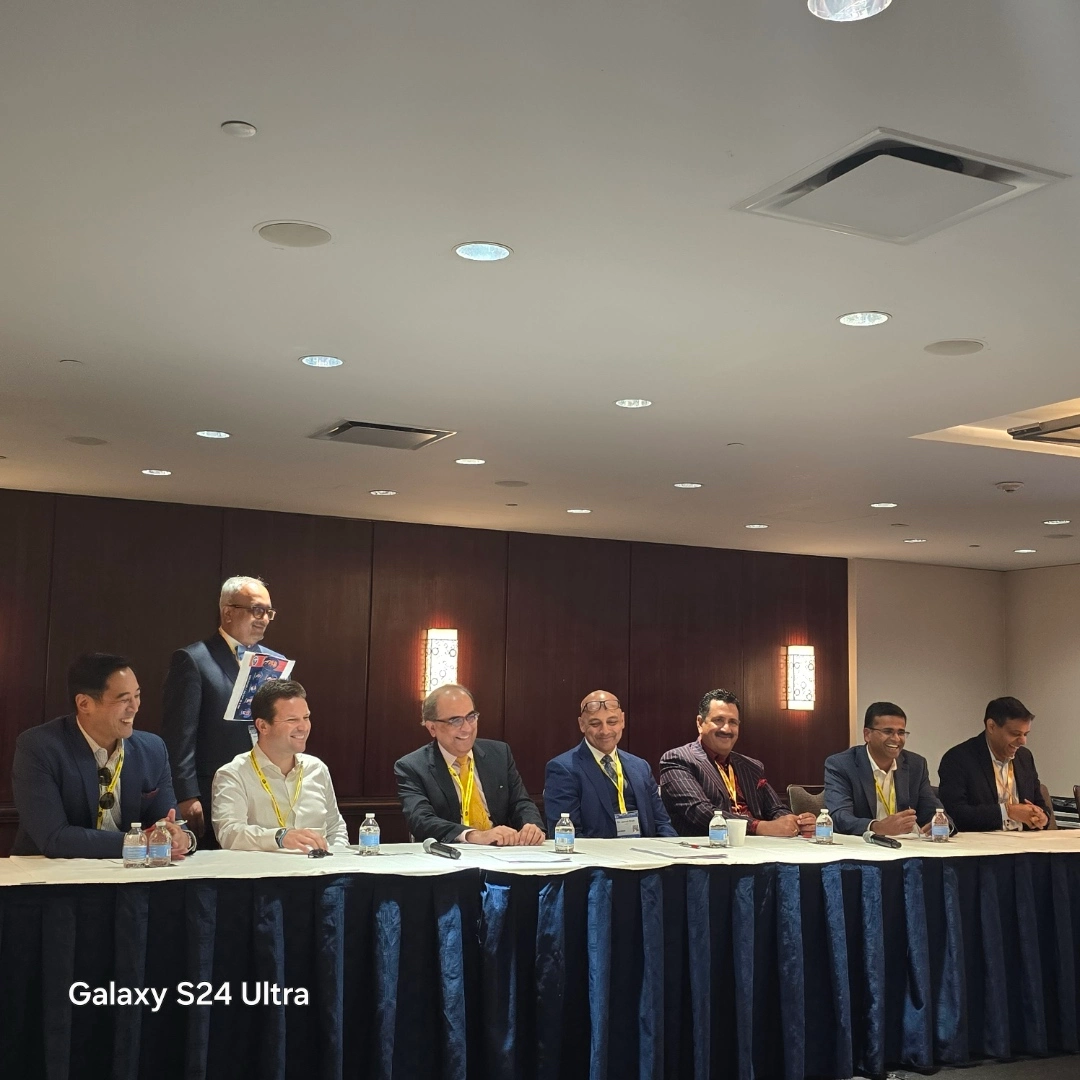 AAPI’s Legislative Day discussed the need to regulate healthcare, visa, physician-patient relationship, insurance issues and was moderated by Dr. Sumul Raval, national Secretary of AAPI. He said, “AAPI’s lobbying efforts on some of the issues affecting the broader Indian American community and other immigrant groups is also a testament to its growth and reach. Being one of the oldest Indian American organizations, it’s also among the most influential, as was evident from the lawmakers who took time out of their busy schedule to address the group.”
AAPI’s Legislative Day discussed the need to regulate healthcare, visa, physician-patient relationship, insurance issues and was moderated by Dr. Sumul Raval, national Secretary of AAPI. He said, “AAPI’s lobbying efforts on some of the issues affecting the broader Indian American community and other immigrant groups is also a testament to its growth and reach. Being one of the oldest Indian American organizations, it’s also among the most influential, as was evident from the lawmakers who took time out of their busy schedule to address the group.”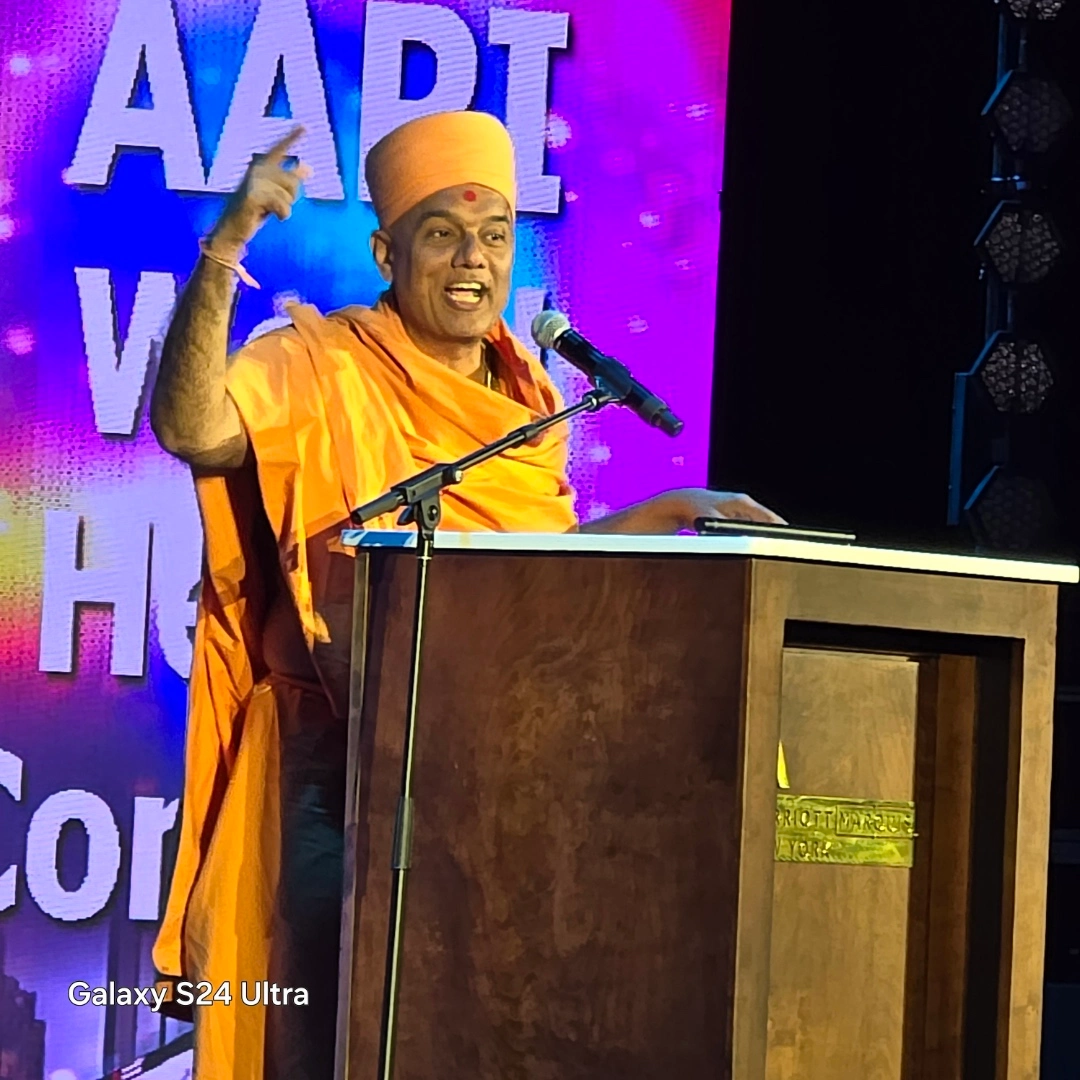 Dr. Anjana Samadder, president of AAPI said, “The growing influence of doctors of Indian heritage is evident, as increasingly physicians of Indian origin hold critical positions in the healthcare, academic, research and administrative positions across the nation. With their hard work, dedication, compassion, and skills, they have thus carved an enviable niche in the American medical community. AAPI’s role has come to be recognized as vital among members and among lawmakers.”
Dr. Anjana Samadder, president of AAPI said, “The growing influence of doctors of Indian heritage is evident, as increasingly physicians of Indian origin hold critical positions in the healthcare, academic, research and administrative positions across the nation. With their hard work, dedication, compassion, and skills, they have thus carved an enviable niche in the American medical community. AAPI’s role has come to be recognized as vital among members and among lawmakers.”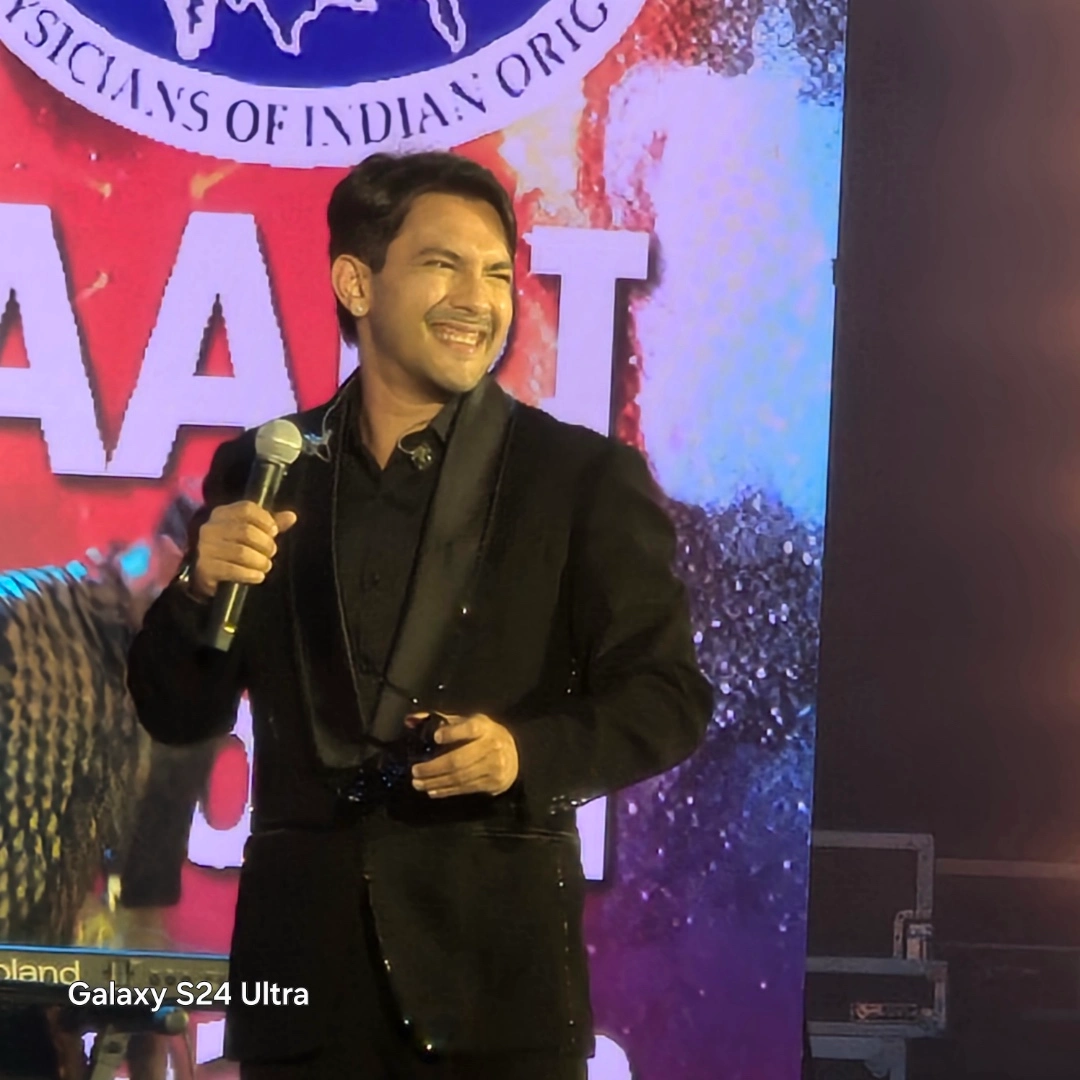 Dr. Lokesh Edara, Chair, AAPI Board of Trustees said, “The growing influence of doctors of Indian heritage is evident, as increasingly physicians of Indian origin hold critical positions in the healthcare, academic, research and administrative positions across the nation. With their hard work, dedication, compassion, and skills, they have thus carved an enviable niche in the American medical community. AAPI’s role has come to be recognized as vital among members and among lawmakers.”
Dr. Lokesh Edara, Chair, AAPI Board of Trustees said, “The growing influence of doctors of Indian heritage is evident, as increasingly physicians of Indian origin hold critical positions in the healthcare, academic, research and administrative positions across the nation. With their hard work, dedication, compassion, and skills, they have thus carved an enviable niche in the American medical community. AAPI’s role has come to be recognized as vital among members and among lawmakers.”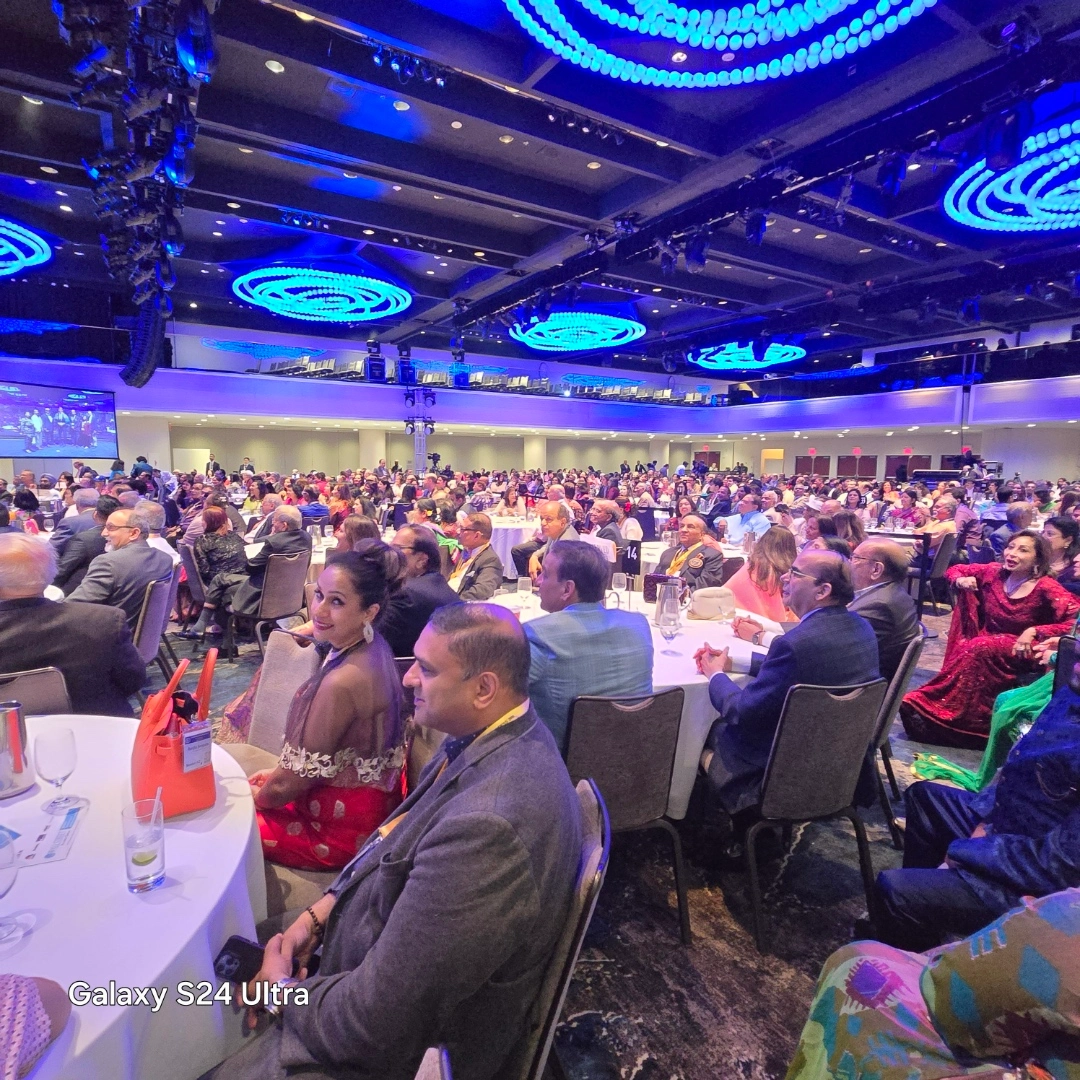
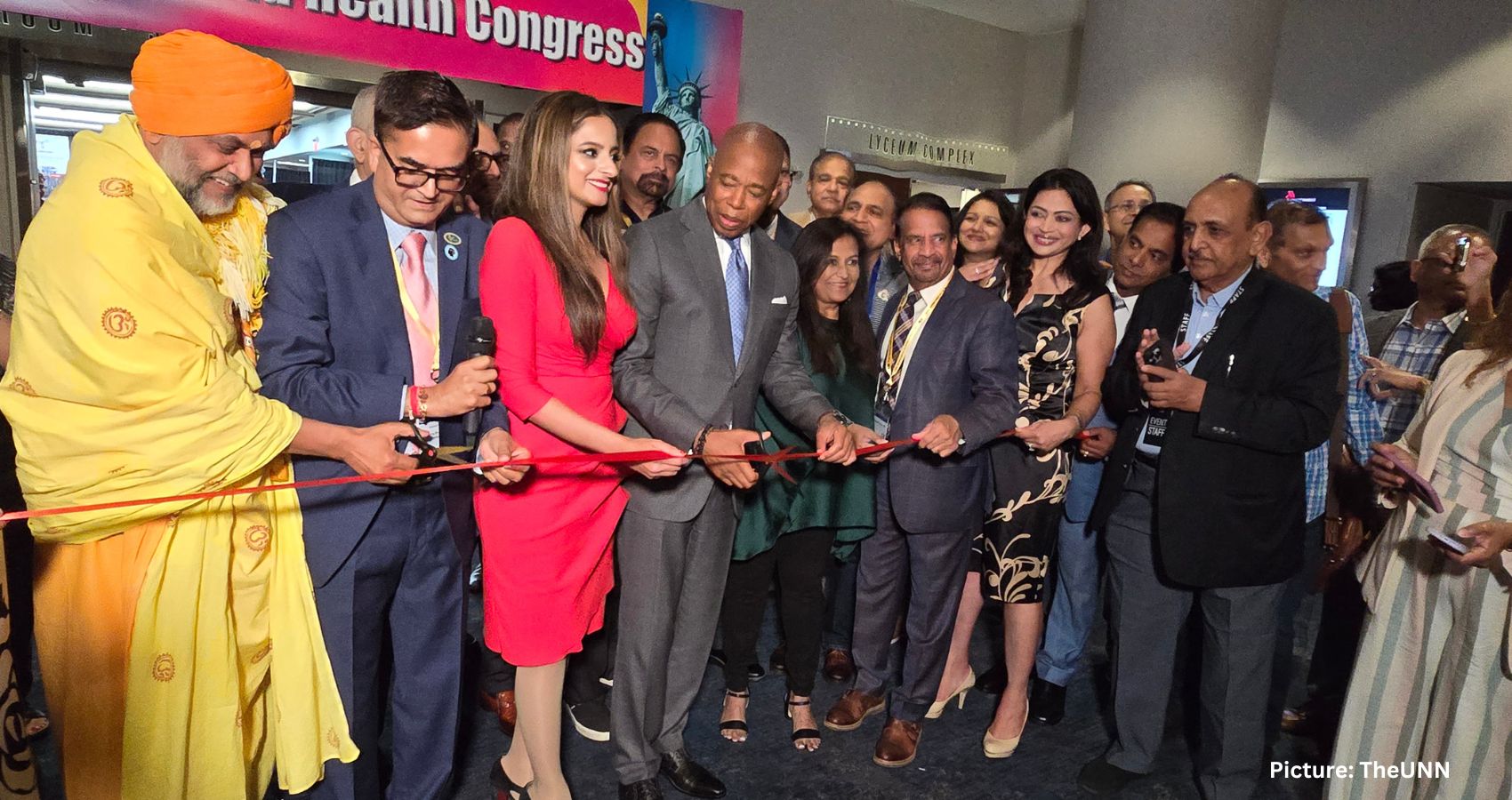
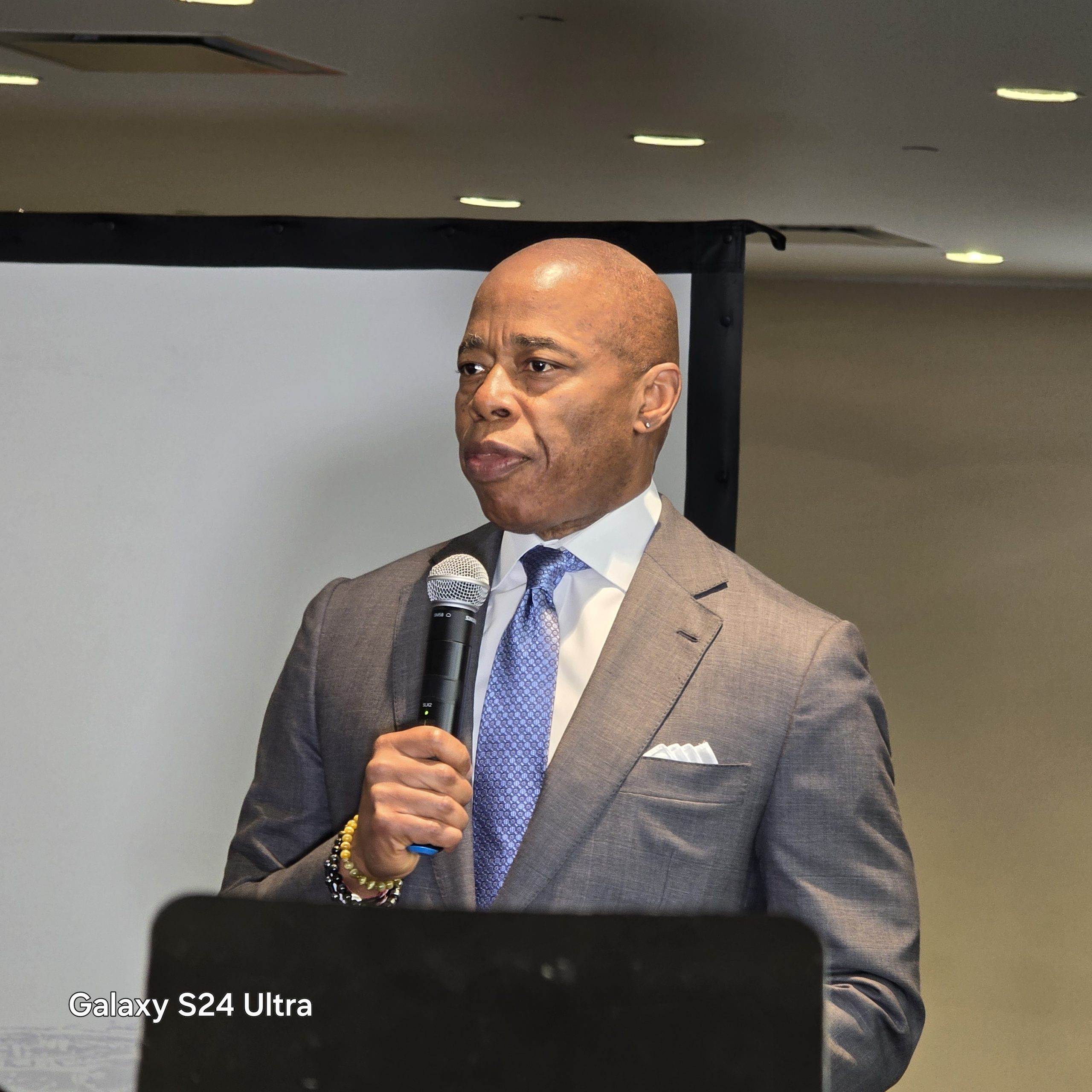 In his brief inaugural address, Adams lauded the contributions of Indian American physicians across the United States, especially during the Covid pandemic. “When you look at the 1000s of physicians across the country, you walk into any hospital, the emergency rooms, especially during COVID, you were present. You were there, and you sacrificed your own health to make sure of the health of this entire country. Your contributions are so rare.”
In his brief inaugural address, Adams lauded the contributions of Indian American physicians across the United States, especially during the Covid pandemic. “When you look at the 1000s of physicians across the country, you walk into any hospital, the emergency rooms, especially during COVID, you were present. You were there, and you sacrificed your own health to make sure of the health of this entire country. Your contributions are so rare.”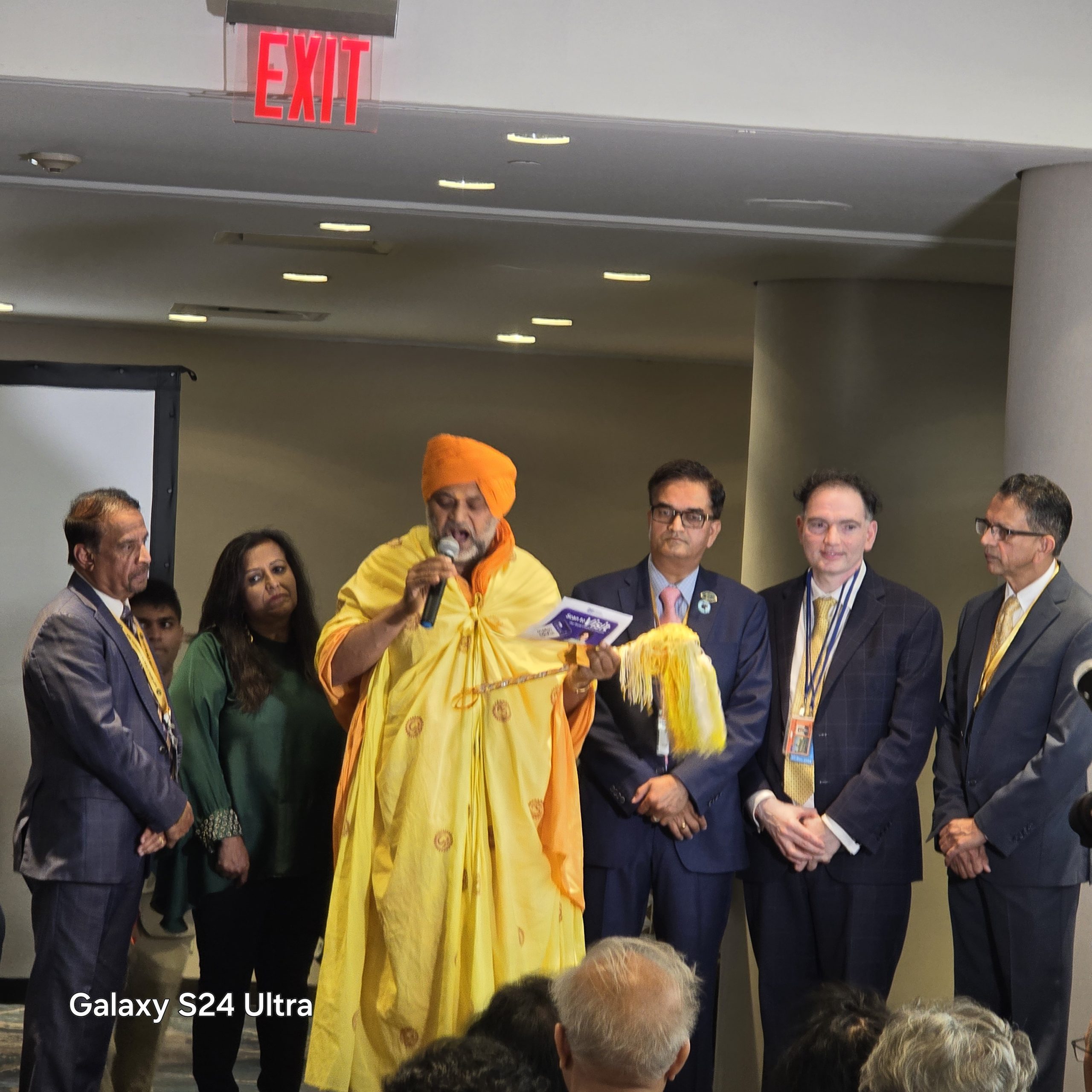 Physician, Author, and Professor Emeritus of cardiothoracic surgery at Columbia University; Smriti Zubin Irani, an Indian politician and former actress, fashion model, and television producer. She has been Minister of Women and Child Development since 2019, and also Minister of Minority Affairs since 2022; Mansukh Laxmanbhai Mandaviya is an Indian politician currently serving as the Minister of Health and Family Welfare and Chemicals and Fertilizers of India. He is also a Rajya Sabha member from Gujarat; Dr. Jesse Menachem Ehrenfeld, President of the American Medical Association and Professor of Anesthesiology at the Medical College of Wisconsin.; and, Dr. Vivek Hallegere Murthy, a vice admiral in the United States Public Health Service Commissioned Corps who has served as the 19th and 21st Surgeon General of the United States under Presidents Barack Obama, Donald Trump, and Joe Biden.
Physician, Author, and Professor Emeritus of cardiothoracic surgery at Columbia University; Smriti Zubin Irani, an Indian politician and former actress, fashion model, and television producer. She has been Minister of Women and Child Development since 2019, and also Minister of Minority Affairs since 2022; Mansukh Laxmanbhai Mandaviya is an Indian politician currently serving as the Minister of Health and Family Welfare and Chemicals and Fertilizers of India. He is also a Rajya Sabha member from Gujarat; Dr. Jesse Menachem Ehrenfeld, President of the American Medical Association and Professor of Anesthesiology at the Medical College of Wisconsin.; and, Dr. Vivek Hallegere Murthy, a vice admiral in the United States Public Health Service Commissioned Corps who has served as the 19th and 21st Surgeon General of the United States under Presidents Barack Obama, Donald Trump, and Joe Biden.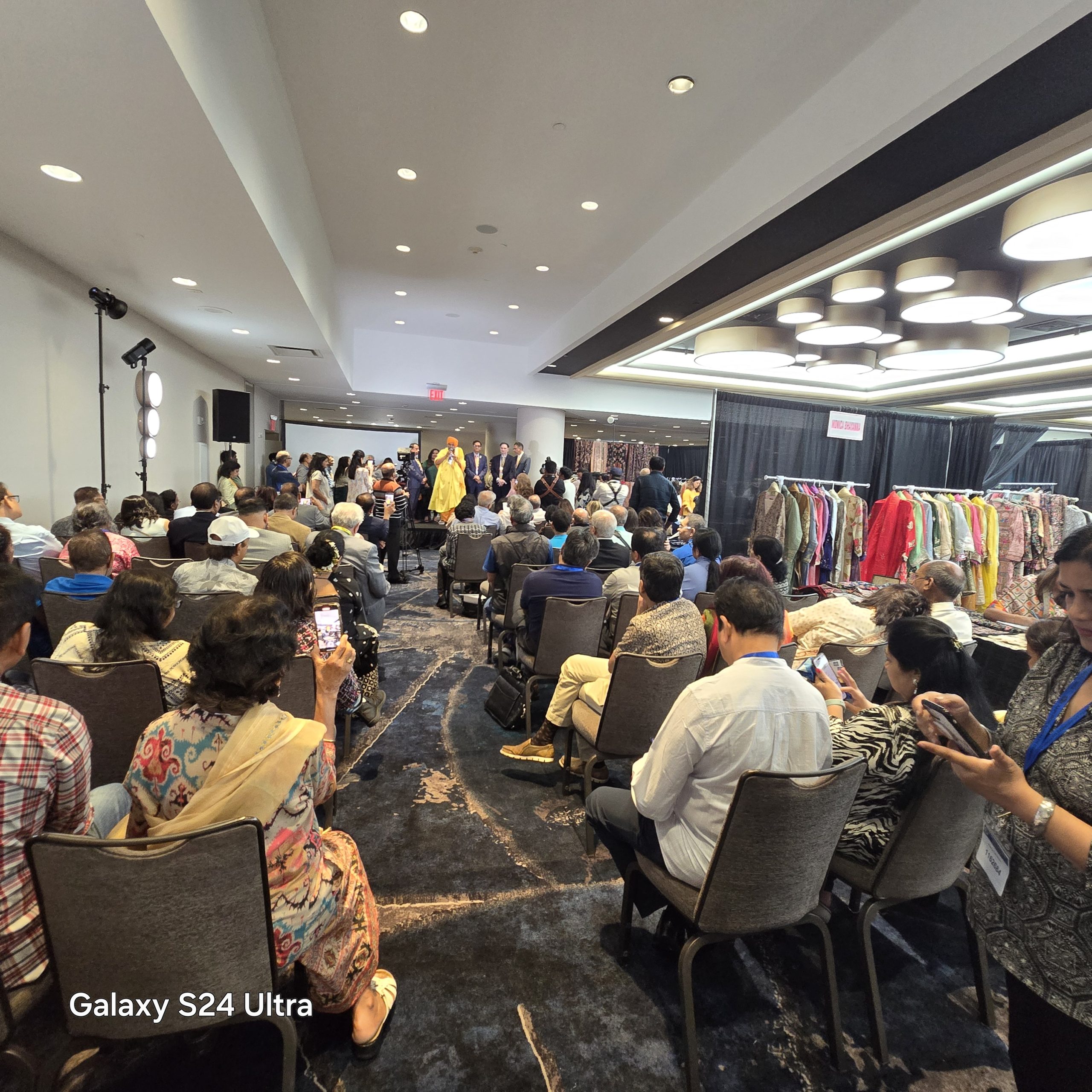 The World Congress has, among many others, sessions on cutting-edge research and CMEs, promoting business relationships, and display the ethnic items. Artificial Intelligence (AI) is the prime focus of our World Health Congress. There will be entertainment features for children, performances by singer Atul Purohit and a comedy show by Kapil Sharma, Live entertainment by Javed Ali and Atif Aslam, Traditional Garba, Bollywood Film Festival, and a fashion show.
The World Congress has, among many others, sessions on cutting-edge research and CMEs, promoting business relationships, and display the ethnic items. Artificial Intelligence (AI) is the prime focus of our World Health Congress. There will be entertainment features for children, performances by singer Atul Purohit and a comedy show by Kapil Sharma, Live entertainment by Javed Ali and Atif Aslam, Traditional Garba, Bollywood Film Festival, and a fashion show.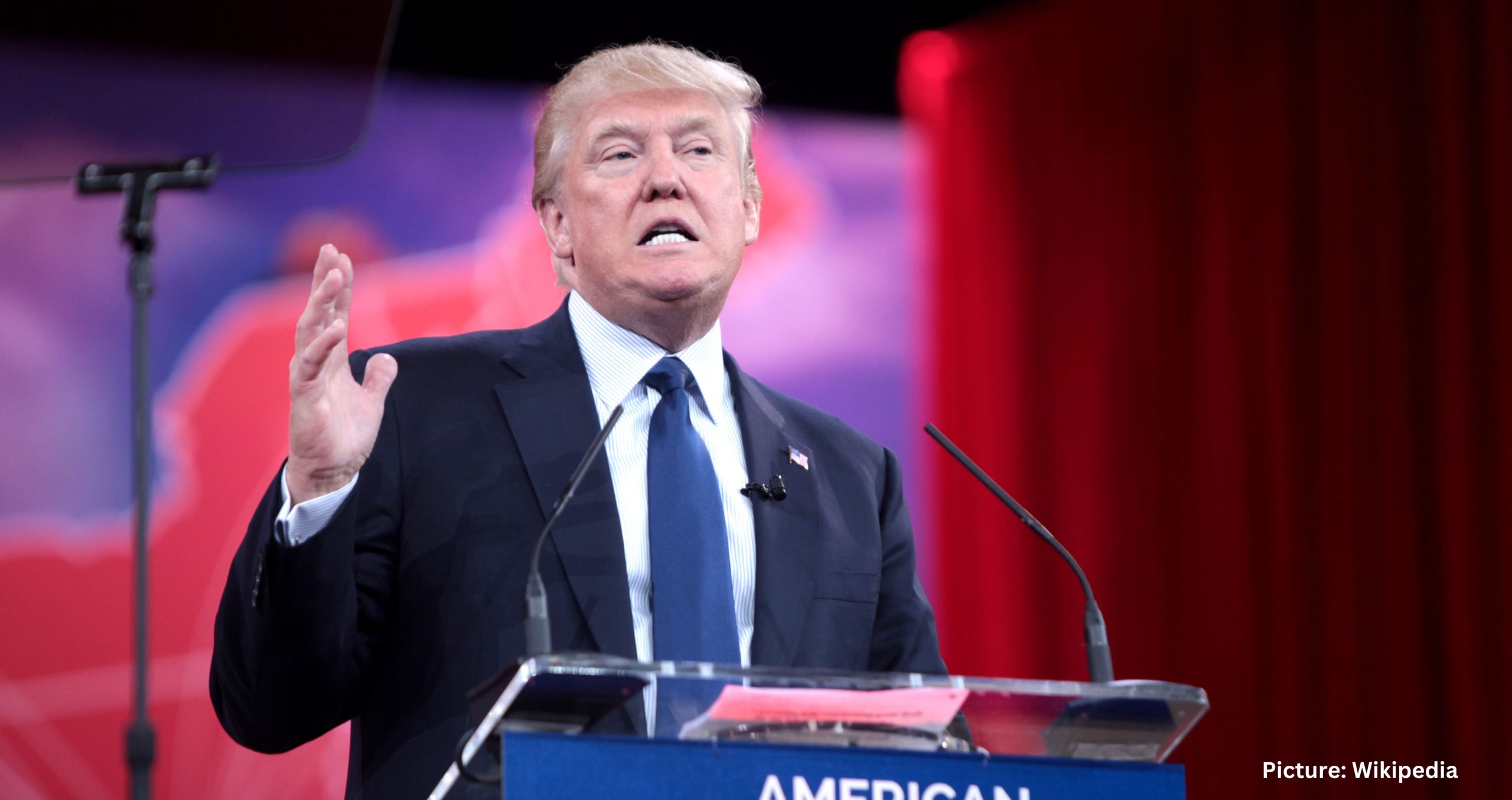
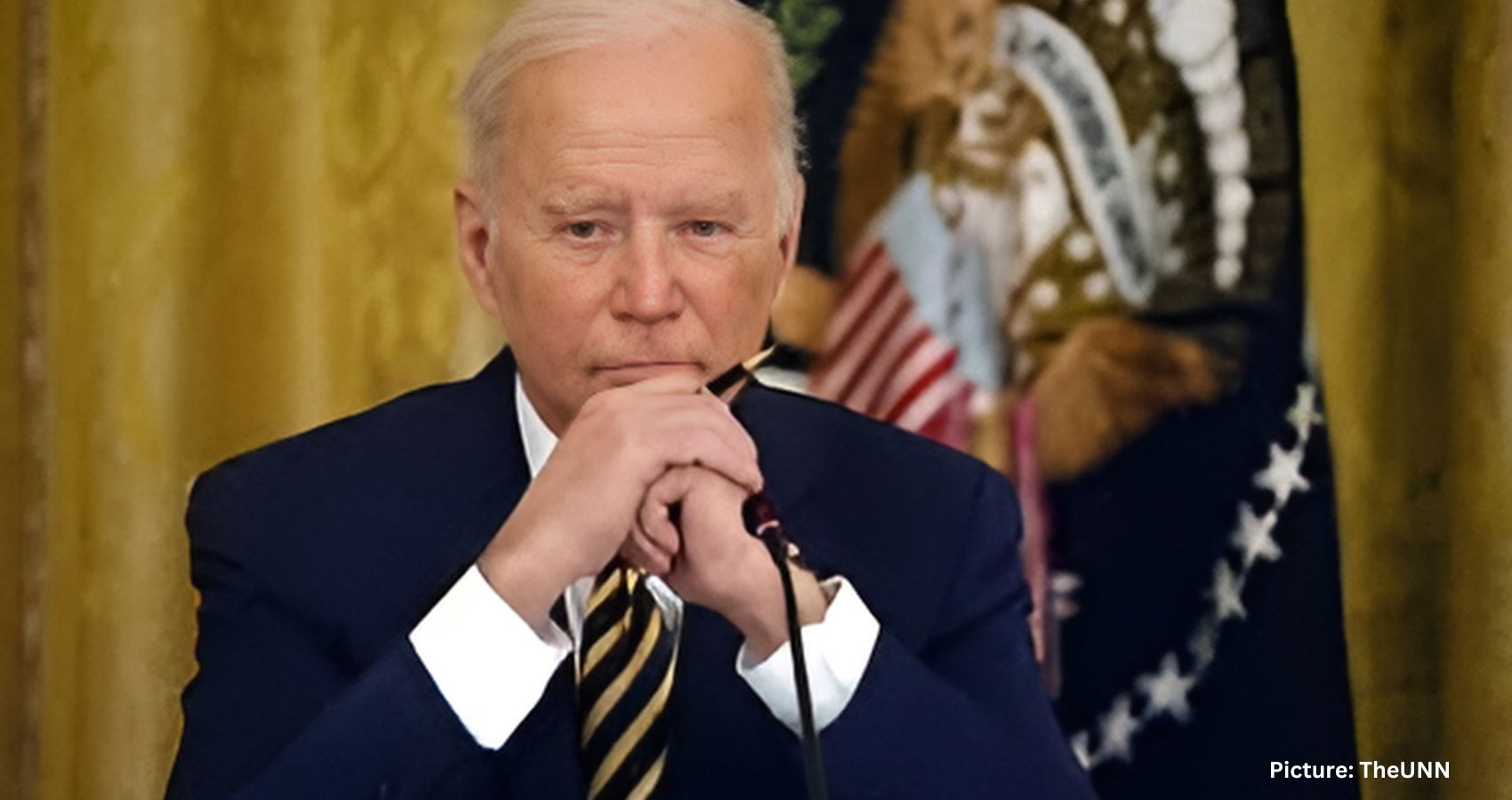
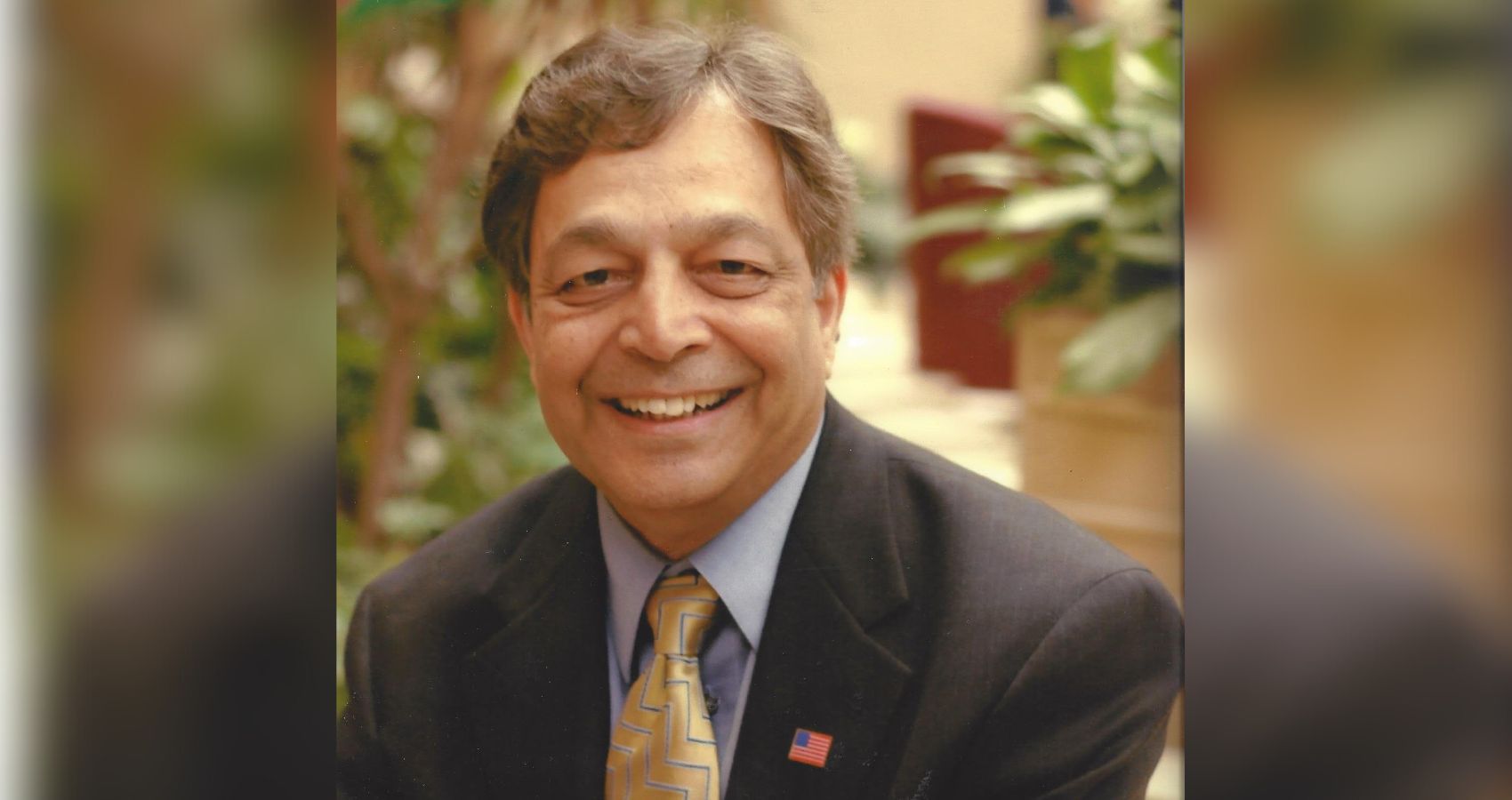
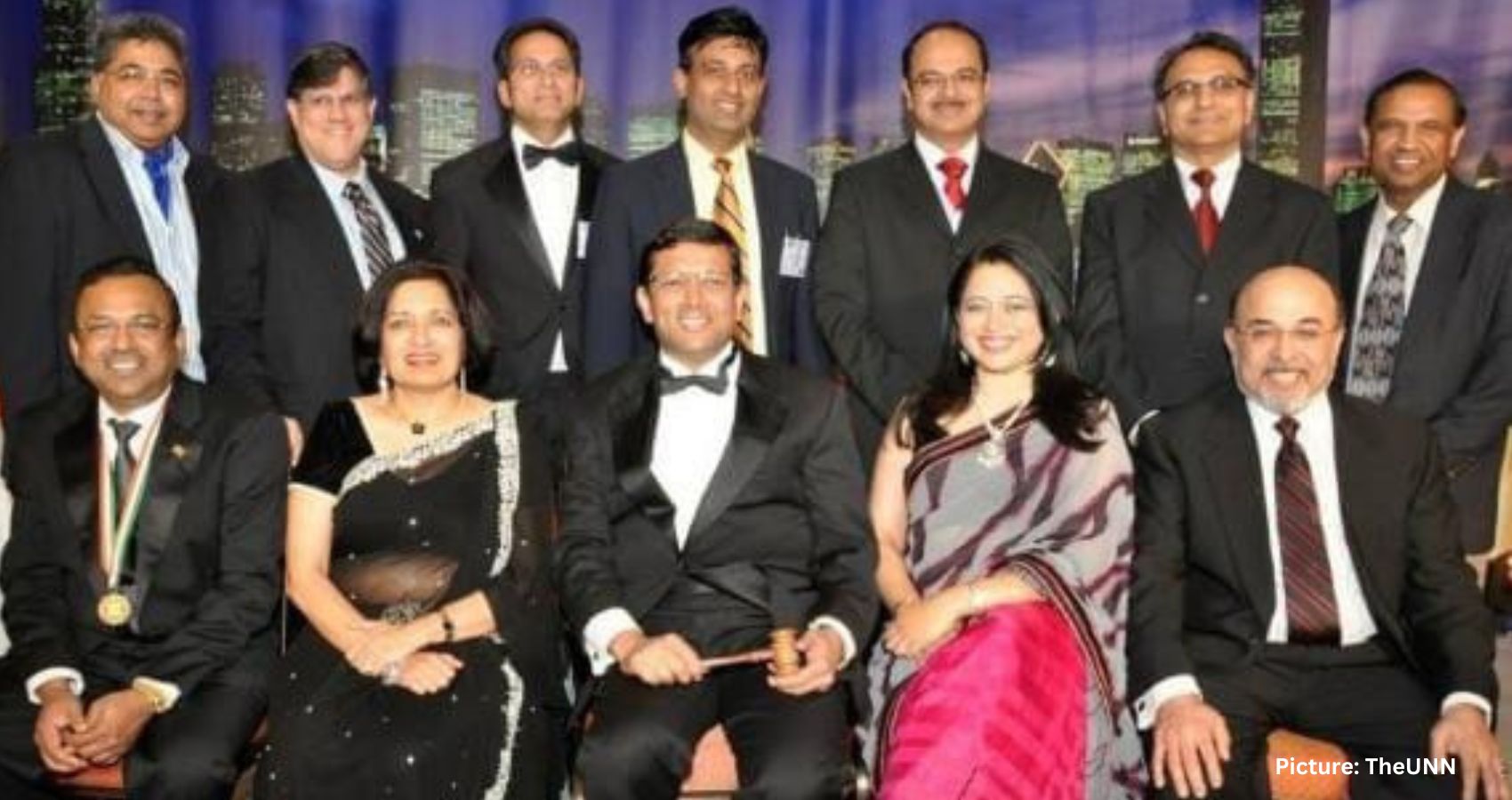
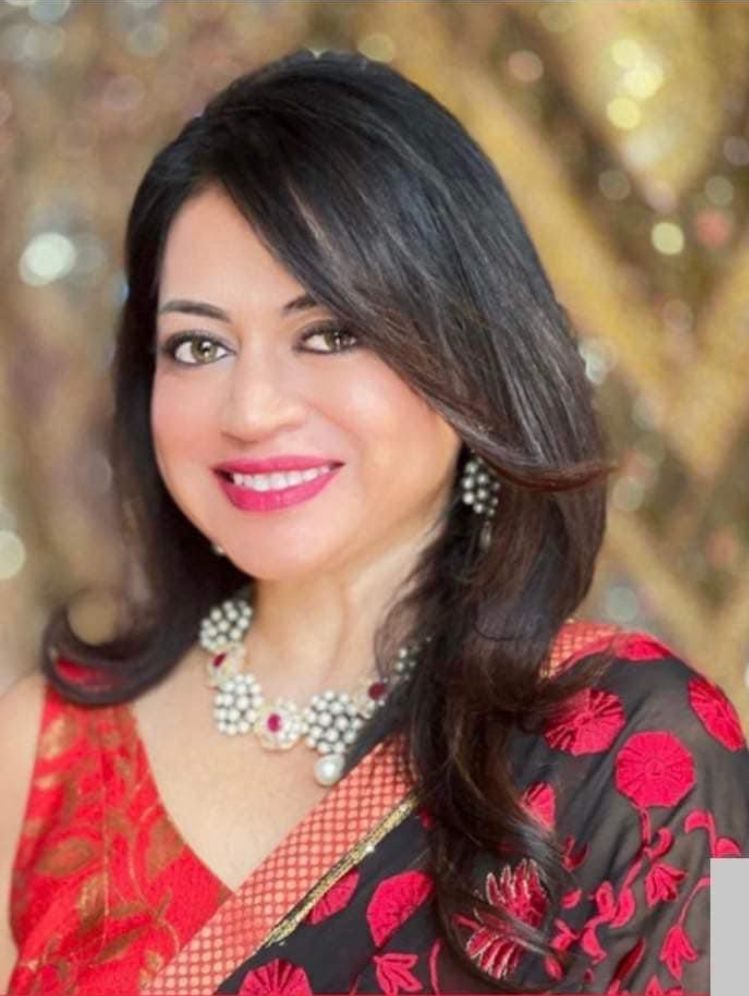 Currently, Dr. Gupta is serving a 3-year term on the powerful Board of Trustees of AAPI. She will assume charge as the Chair of AAPI’s BOT during the first-ever World Congress of AAPI in New York on July 20th, 2024.
Currently, Dr. Gupta is serving a 3-year term on the powerful Board of Trustees of AAPI. She will assume charge as the Chair of AAPI’s BOT during the first-ever World Congress of AAPI in New York on July 20th, 2024.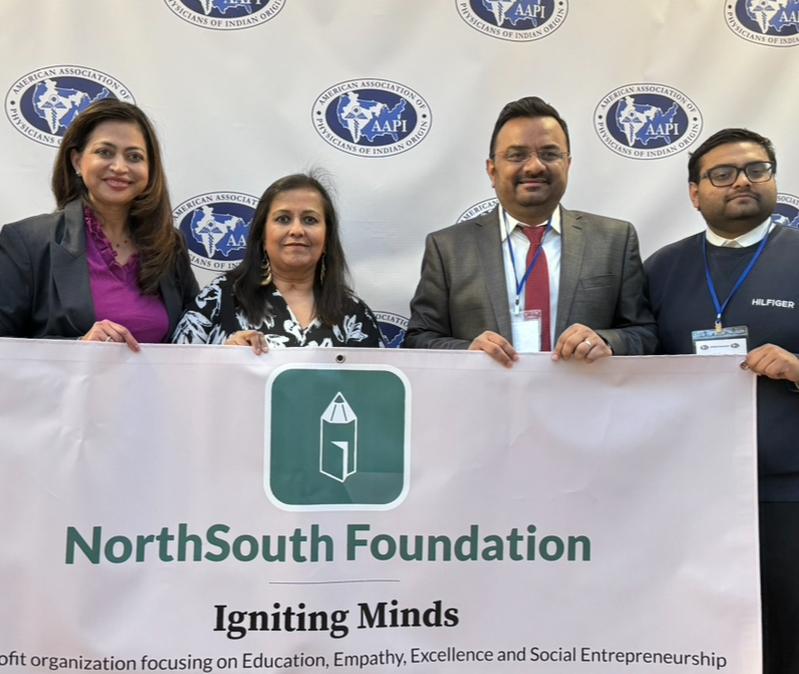 Dr. Kavita Gupta is board-certified in pain management, physical medicine, and rehabilitation. A prominent practicing pain management physician from the southern New Jersey Tri-state region, Dr. Gupta had started as an engineer but pursued a medical degree “with a mindset to help others.”
Dr. Kavita Gupta is board-certified in pain management, physical medicine, and rehabilitation. A prominent practicing pain management physician from the southern New Jersey Tri-state region, Dr. Gupta had started as an engineer but pursued a medical degree “with a mindset to help others.”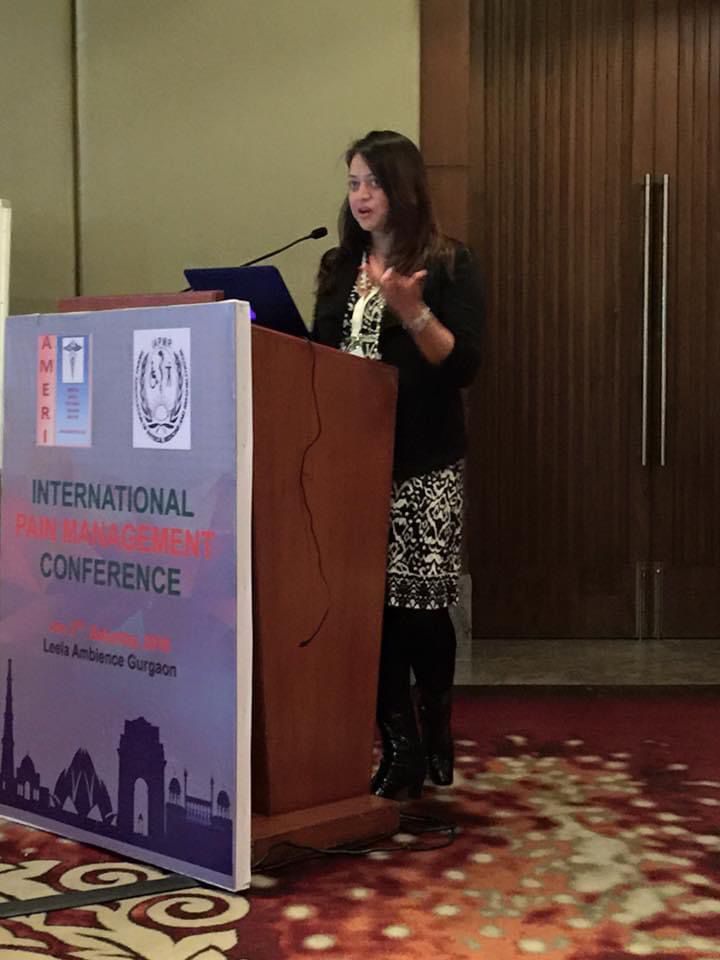 Dr. Gupta grew within AAPI nationally and locally while attending national and local Chapter meetings. She was elected national Vice President of MSRF, Treasurer of YPS, and later on as YPS president. She has been active in the Philadelphia Indian Physician organization, serving as its Secretary and Vice President. She was elected and served as the national Secretary of AAPI in 2013. In addition, Dr. Gupta has served on various national AAPI Committees- from women’s forum/academic affairs /CME speaker/ convention committees and under several past presidents/convention teams.
Dr. Gupta grew within AAPI nationally and locally while attending national and local Chapter meetings. She was elected national Vice President of MSRF, Treasurer of YPS, and later on as YPS president. She has been active in the Philadelphia Indian Physician organization, serving as its Secretary and Vice President. She was elected and served as the national Secretary of AAPI in 2013. In addition, Dr. Gupta has served on various national AAPI Committees- from women’s forum/academic affairs /CME speaker/ convention committees and under several past presidents/convention teams.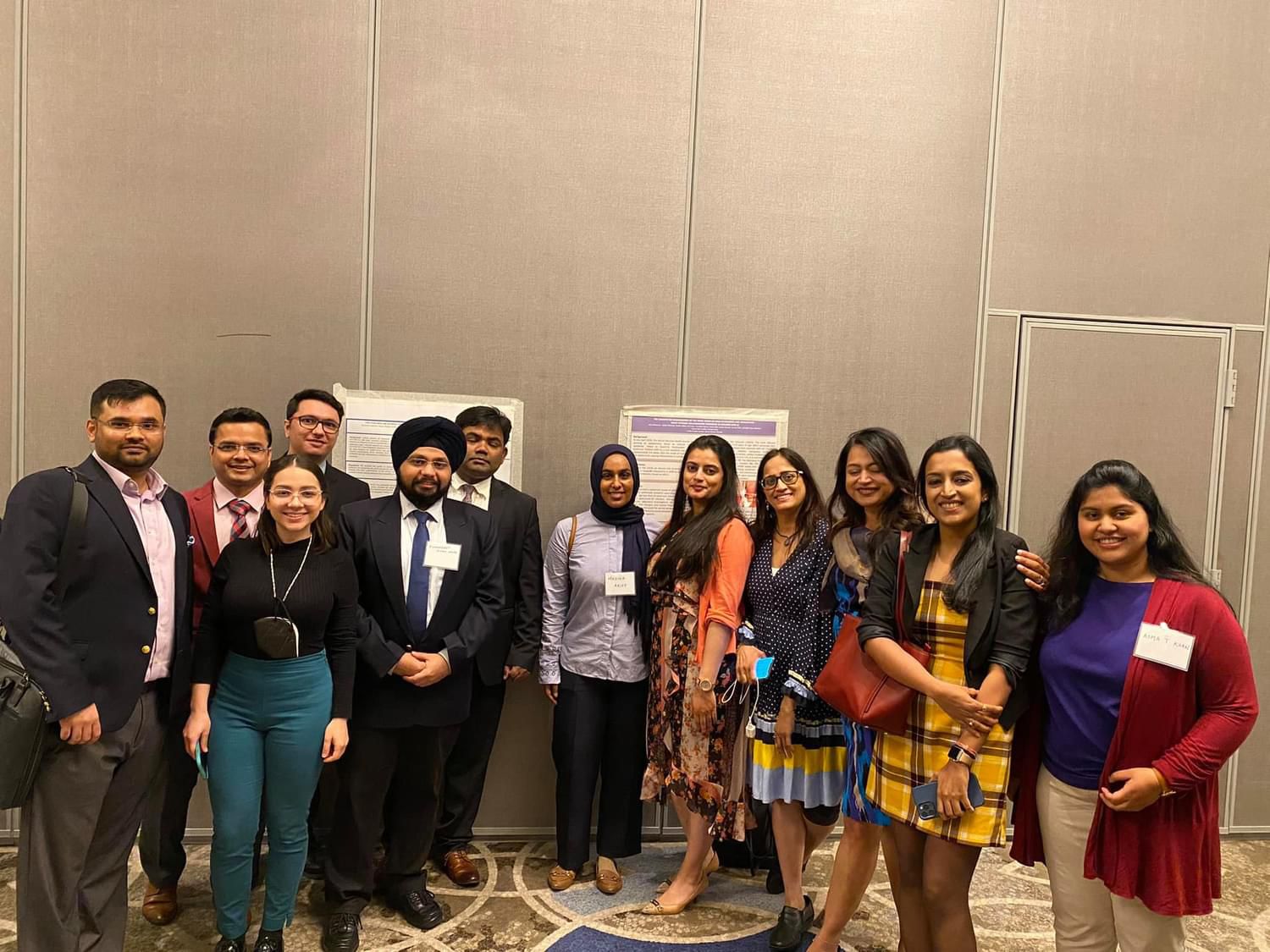 “My passion has been in educating the youth and participating as a judge and advisor for several youth organizations focused on science, research, public speaking, and medical student education,” she says. Dr. Gupta believes “in empowering the youth, staying involved as an educator ever since my residency career and I am currently educating medical students, graduate students and resident physicians.
I enjoy in participating healthcare education platforms for the community and have done many such programs locally, via telehealth, and abroad. I have been a youth advisor for non-profit organizations, high school clubs, and professional development programs.”
“My passion has been in educating the youth and participating as a judge and advisor for several youth organizations focused on science, research, public speaking, and medical student education,” she says. Dr. Gupta believes “in empowering the youth, staying involved as an educator ever since my residency career and I am currently educating medical students, graduate students and resident physicians.
I enjoy in participating healthcare education platforms for the community and have done many such programs locally, via telehealth, and abroad. I have been a youth advisor for non-profit organizations, high school clubs, and professional development programs.”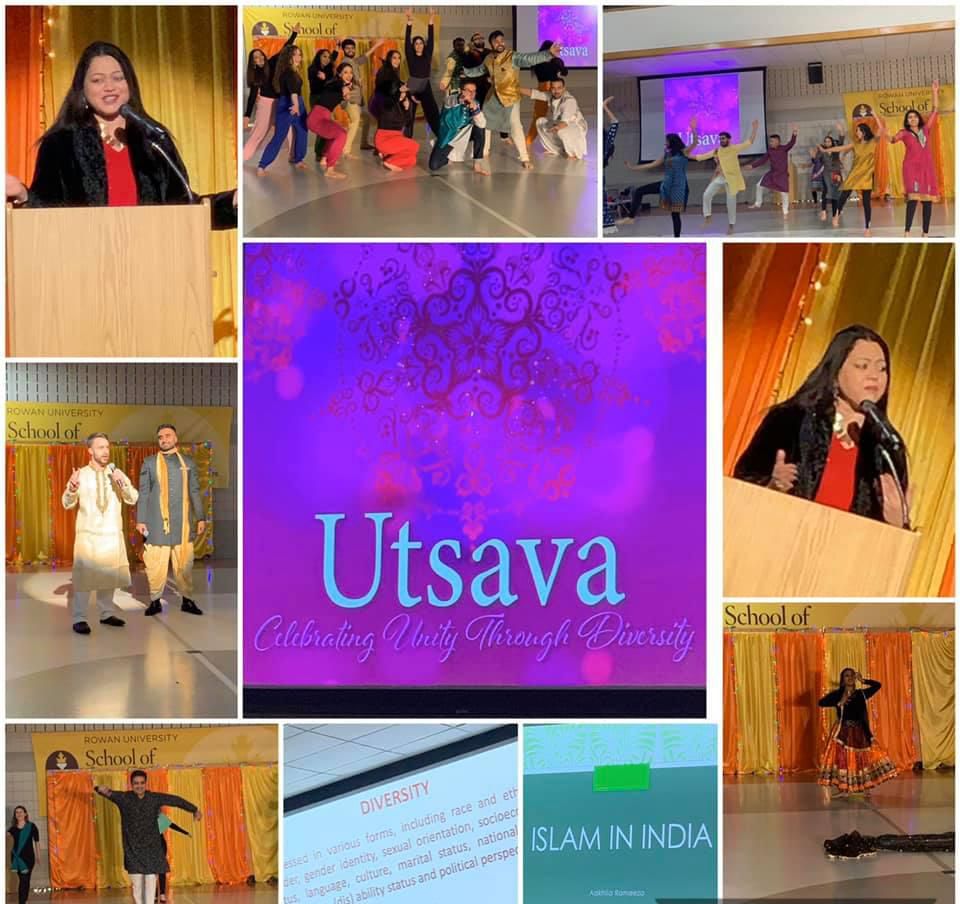 When she is not seeing patients, Dr. Gupta enjoys time with her triplets and husband, Dr. Sanjay Gupta. She gives full credit to her family for supporting her at every step of the way. I have very good friends in AAPI, who have full confidence in me and I can trust them to guide me through all stages in leading AAPI.”
When she is not seeing patients, Dr. Gupta enjoys time with her triplets and husband, Dr. Sanjay Gupta. She gives full credit to her family for supporting her at every step of the way. I have very good friends in AAPI, who have full confidence in me and I can trust them to guide me through all stages in leading AAPI.”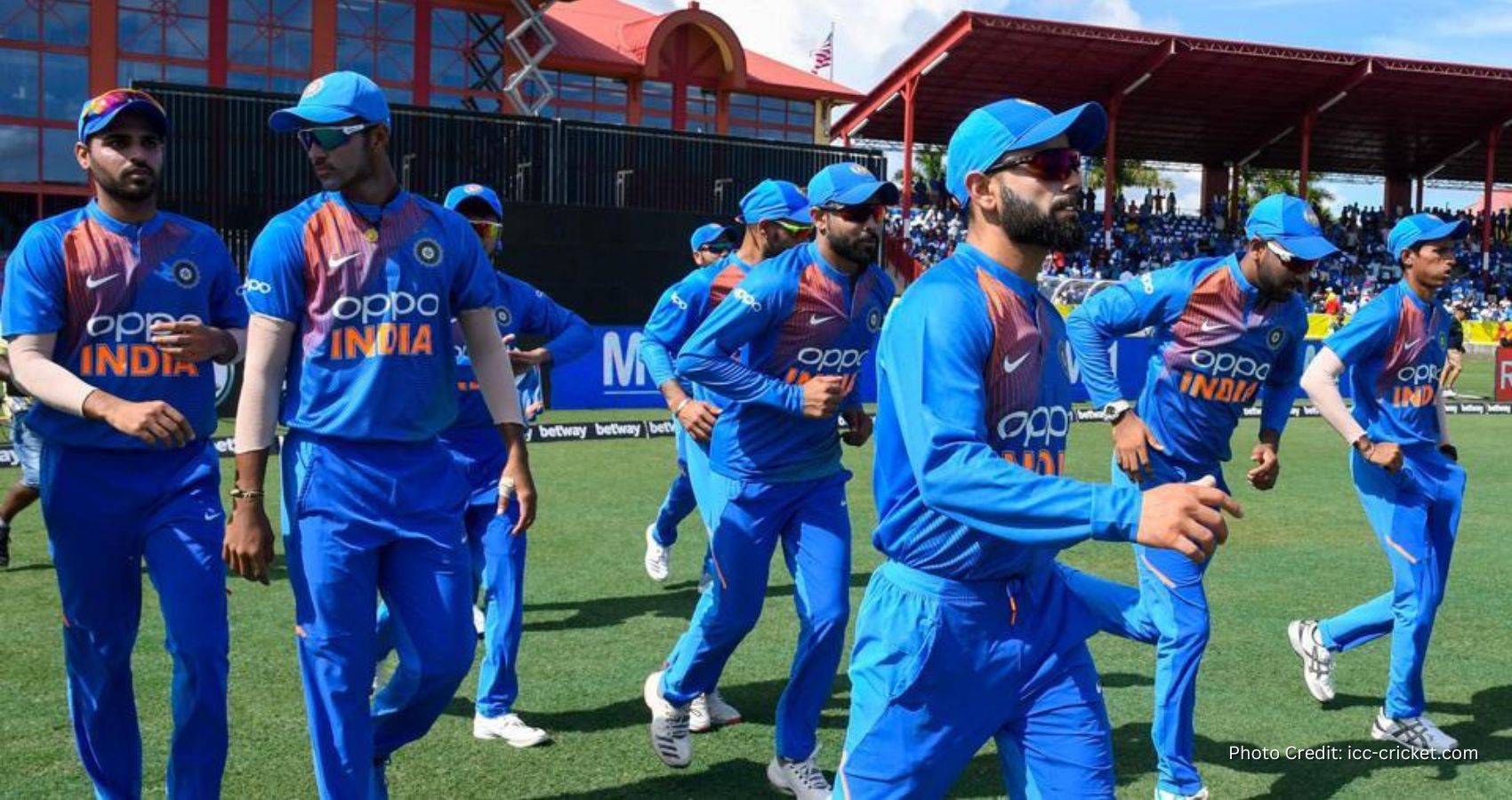


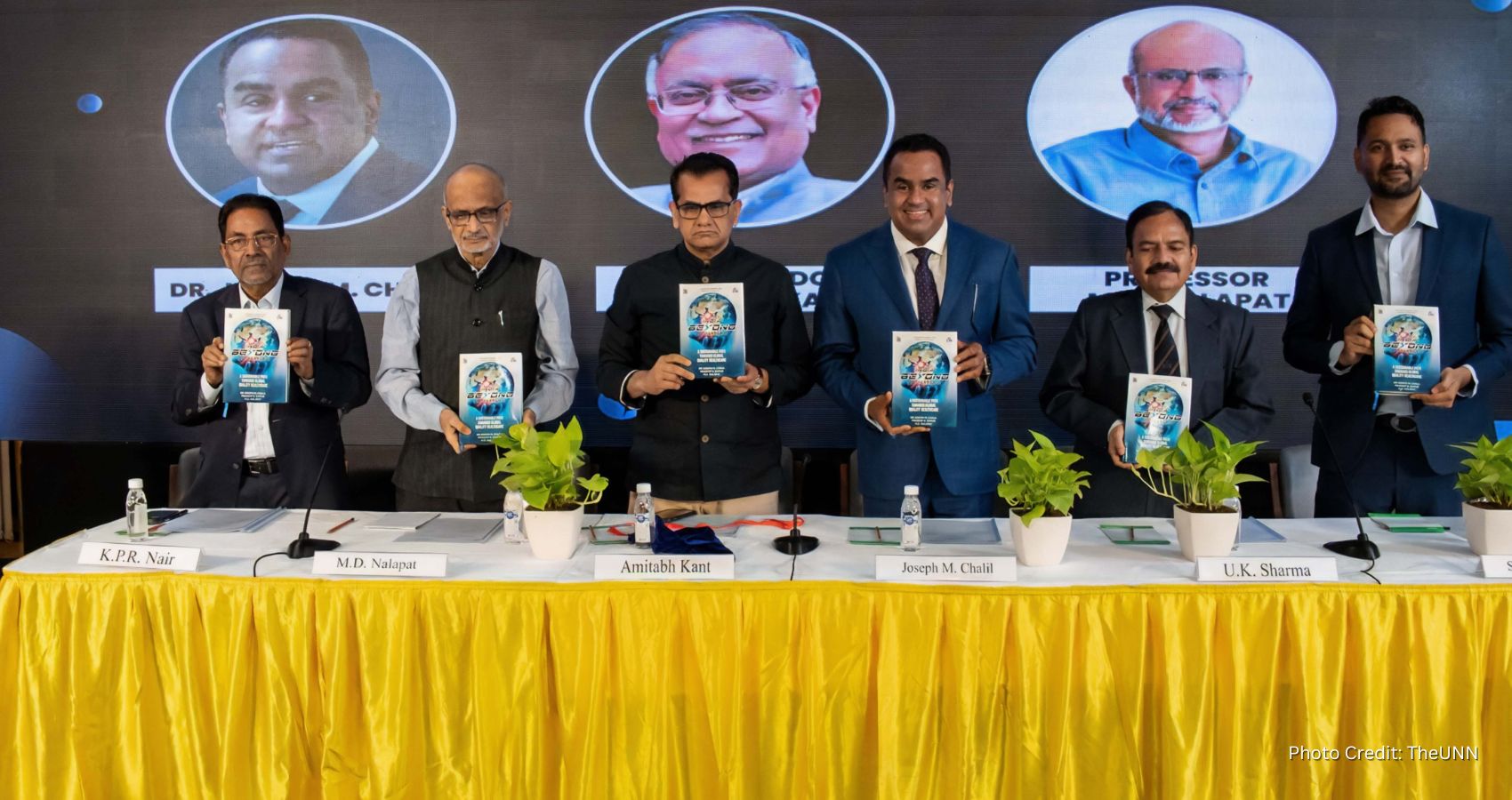
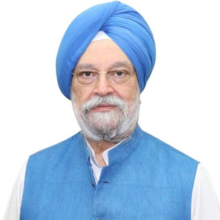 Hardeep Singh Puri, India’s Federal Minister for Housing & Urban Affairs, Minister for Petroleum and Natural Gas praised the book as an important contribution to the literature documenting India’s rising global health influence. He highlighted the book’s extensive exploration of India’s commendable vaccination drive and vaccine diplomacy, highlighting the nation’s vital role on the world stage during the unprecedented times characterized by the Pandemic.
Hardeep Singh Puri, India’s Federal Minister for Housing & Urban Affairs, Minister for Petroleum and Natural Gas praised the book as an important contribution to the literature documenting India’s rising global health influence. He highlighted the book’s extensive exploration of India’s commendable vaccination drive and vaccine diplomacy, highlighting the nation’s vital role on the world stage during the unprecedented times characterized by the Pandemic.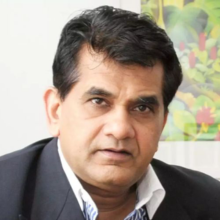 Amitabh Kant, IAS, G20 Sherpa and Former CEO of NITI Aayog, lauded the book as a proactive “call to action,” commending India’s leadership during its G20 presidency and the strategic health policy initiatives such as the New Delhi Declaration. He expressed his pleasure in writing a Preface for the book and emphasized its significance in, among other matters, documenting India’s effective vaccination campaign and vaccine diplomacy. The G20 Sherpa highlighted India’s crucial role during the pandemic and acknowledged the resilience of healthcare workers and the innovations in healthcare technology that emerged during this period.
Amitabh Kant, IAS, G20 Sherpa and Former CEO of NITI Aayog, lauded the book as a proactive “call to action,” commending India’s leadership during its G20 presidency and the strategic health policy initiatives such as the New Delhi Declaration. He expressed his pleasure in writing a Preface for the book and emphasized its significance in, among other matters, documenting India’s effective vaccination campaign and vaccine diplomacy. The G20 Sherpa highlighted India’s crucial role during the pandemic and acknowledged the resilience of healthcare workers and the innovations in healthcare technology that emerged during this period.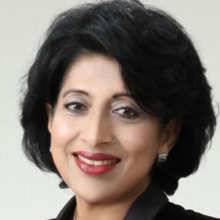 Prof. Dr. Ruby Pawankar, Executive Director and Former President of APAAACI and Former President of the World Allergy Organization, joined the launch event from Tokyo and described the book as an essential read for those committed to shaping a sustainable healthcare landscape, emphasizing its comprehensive approach and strategic use of technology during the pandemic.
Prof. Dr. Ruby Pawankar, Executive Director and Former President of APAAACI and Former President of the World Allergy Organization, joined the launch event from Tokyo and described the book as an essential read for those committed to shaping a sustainable healthcare landscape, emphasizing its comprehensive approach and strategic use of technology during the pandemic.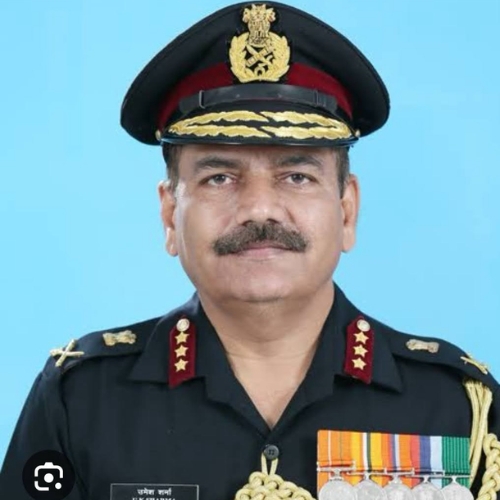 Lieutenant General Dr. UK Sharma, Former commandant of the Indian Army’s flagship Referral and Research Hospital, described the book as a seamless narrative that expertly portrayed India’s robust response to the pandemic. He praised the book’s portrayal of healthcare workers’ resilience and innovative solutions that emerged during the crisis, describing it as a vital resource for understanding global health challenges and India’s potential leadership in global healthcare.
Lieutenant General Dr. UK Sharma, Former commandant of the Indian Army’s flagship Referral and Research Hospital, described the book as a seamless narrative that expertly portrayed India’s robust response to the pandemic. He praised the book’s portrayal of healthcare workers’ resilience and innovative solutions that emerged during the crisis, describing it as a vital resource for understanding global health challenges and India’s potential leadership in global healthcare.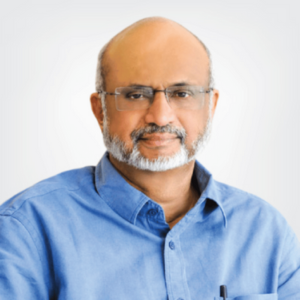 Prof. M.D. Nalapat discussed the importance of understanding the comprehensive strategies and healthcare reforms that India had implemented, which could serve as a model for other nations. He noted the comments made about the in-depth analysis provided by the co-authors and their view that the book is a critical resource for anyone involved in healthcare policy and administration, as it offered a blueprint for future global health initiatives.
Prof. M.D. Nalapat discussed the importance of understanding the comprehensive strategies and healthcare reforms that India had implemented, which could serve as a model for other nations. He noted the comments made about the in-depth analysis provided by the co-authors and their view that the book is a critical resource for anyone involved in healthcare policy and administration, as it offered a blueprint for future global health initiatives.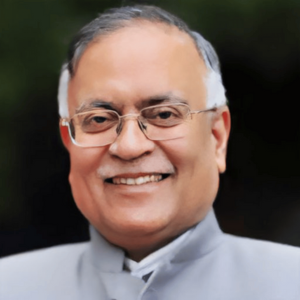 Ambassador Pradeep Kapur noted the book’s potential to guide other nations in strengthening their healthcare infrastructures and policies. He highlighted the authors’ collaborative efforts in bringing together diverse perspectives and insights, which enrich the book’s content and relevance. Ambassador Kapur also discussed the book’s broader implications for rural community empowerment and national digital financial infrastructure, underscoring its significance in advocating for systemic changes that can lead to improved global healthcare governance.
Ambassador Pradeep Kapur noted the book’s potential to guide other nations in strengthening their healthcare infrastructures and policies. He highlighted the authors’ collaborative efforts in bringing together diverse perspectives and insights, which enrich the book’s content and relevance. Ambassador Kapur also discussed the book’s broader implications for rural community empowerment and national digital financial infrastructure, underscoring its significance in advocating for systemic changes that can lead to improved global healthcare governance.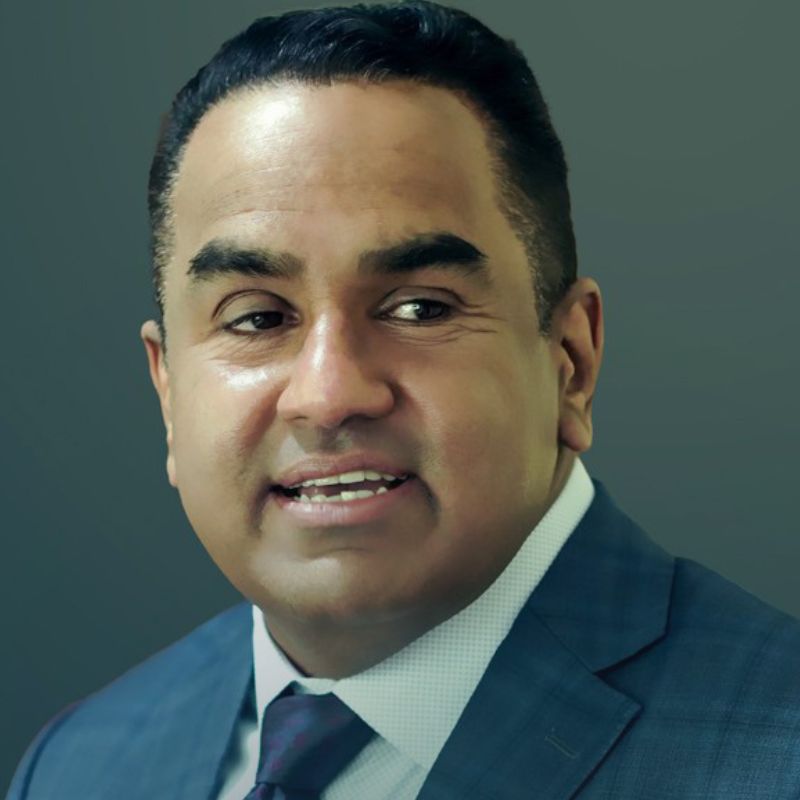
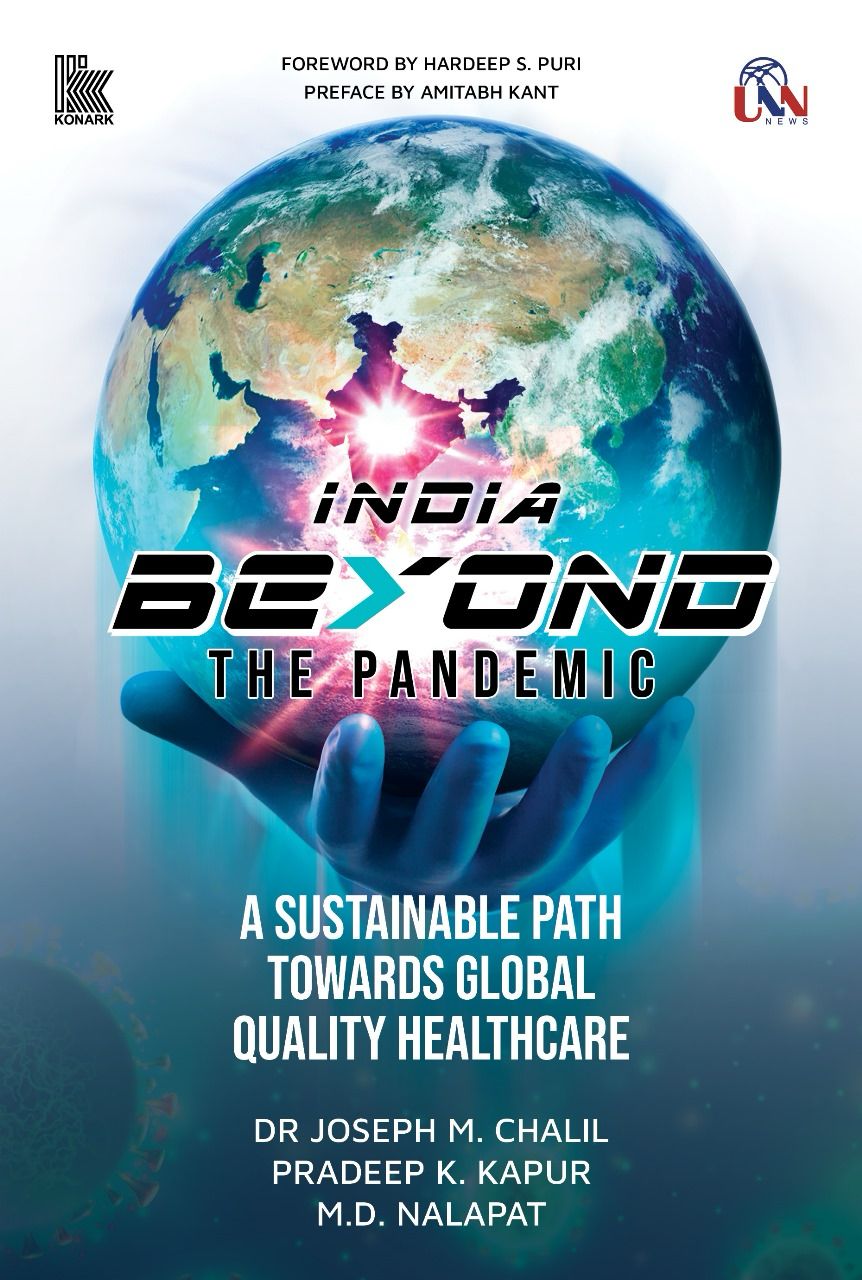
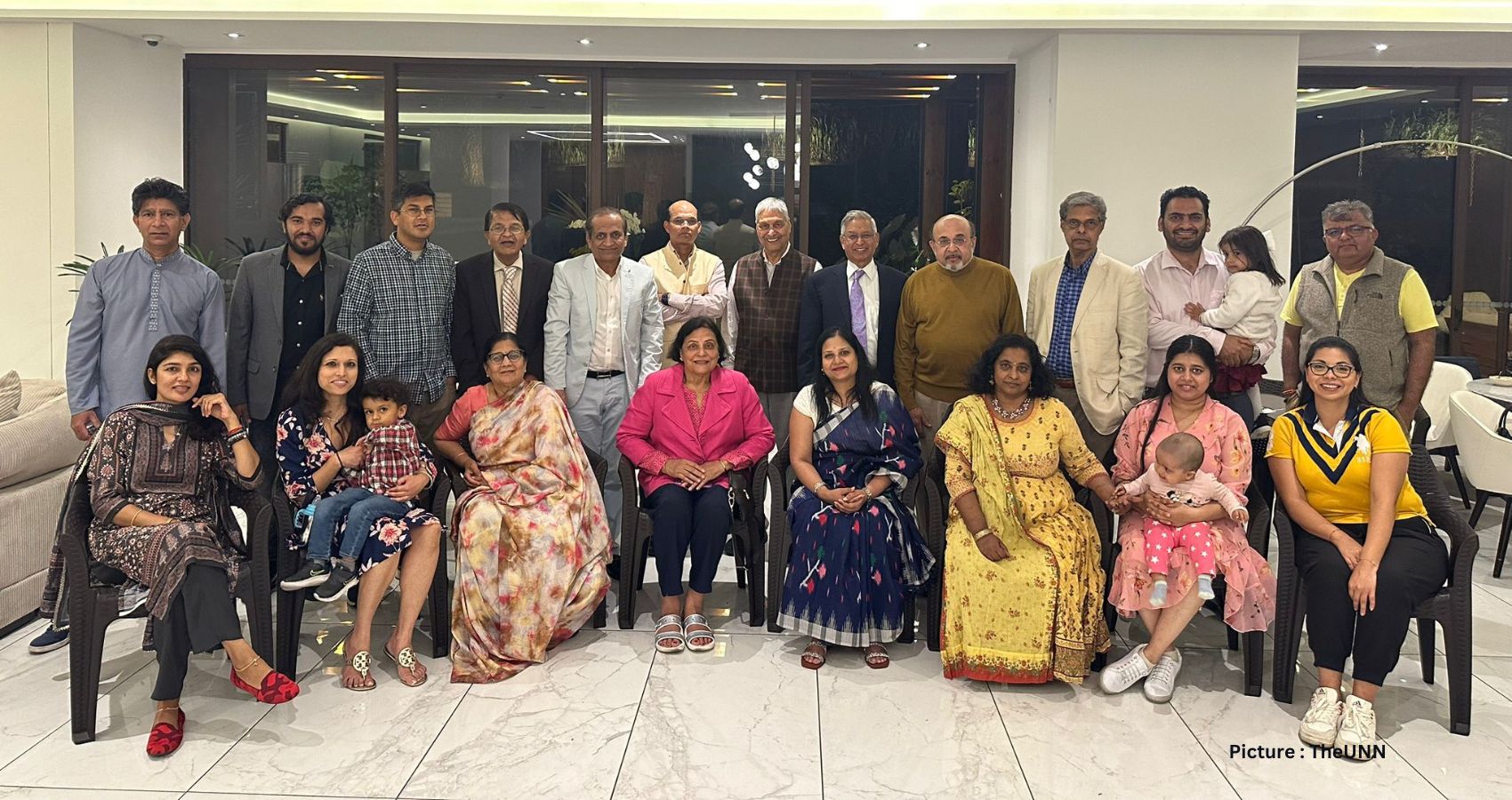
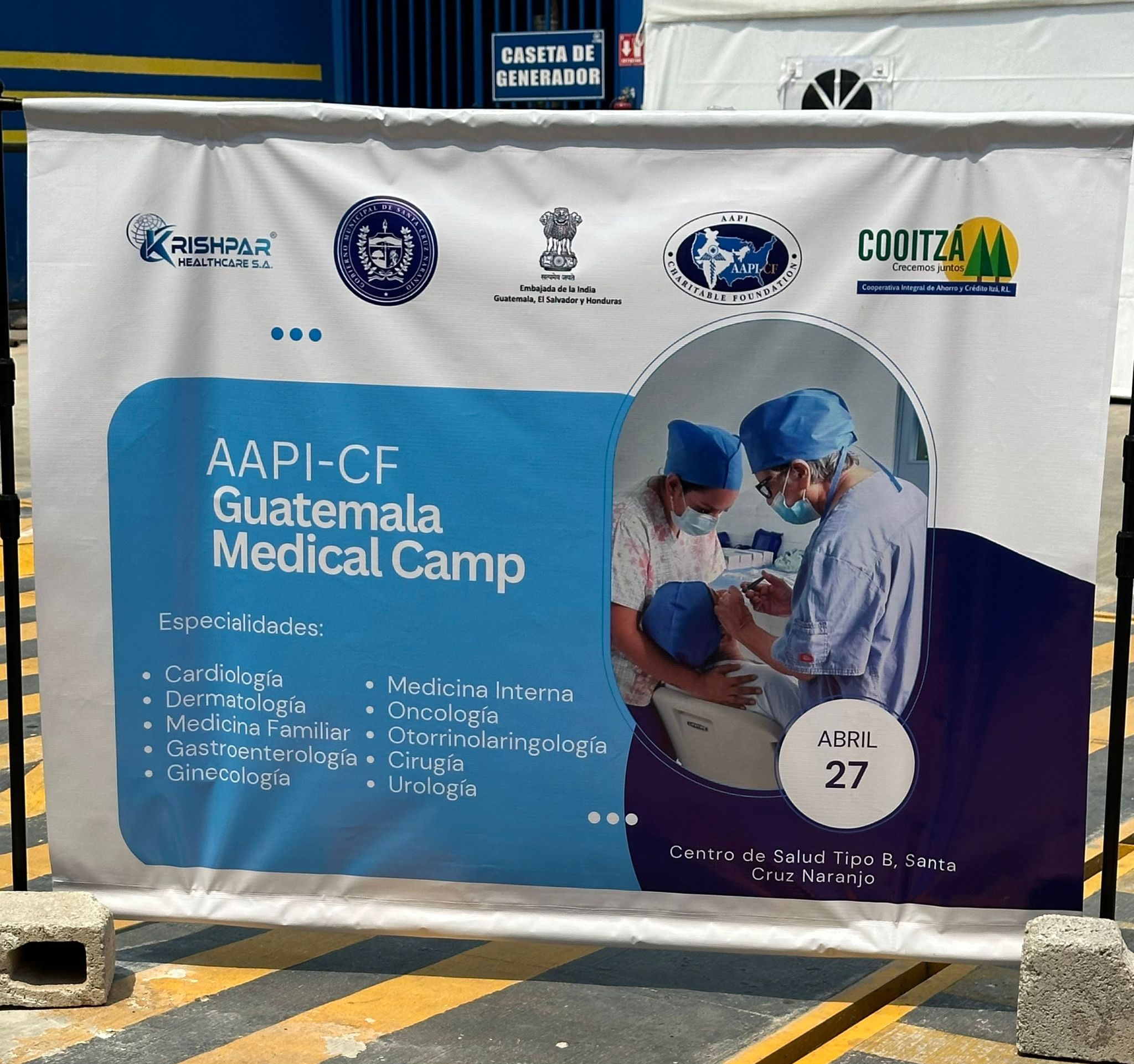
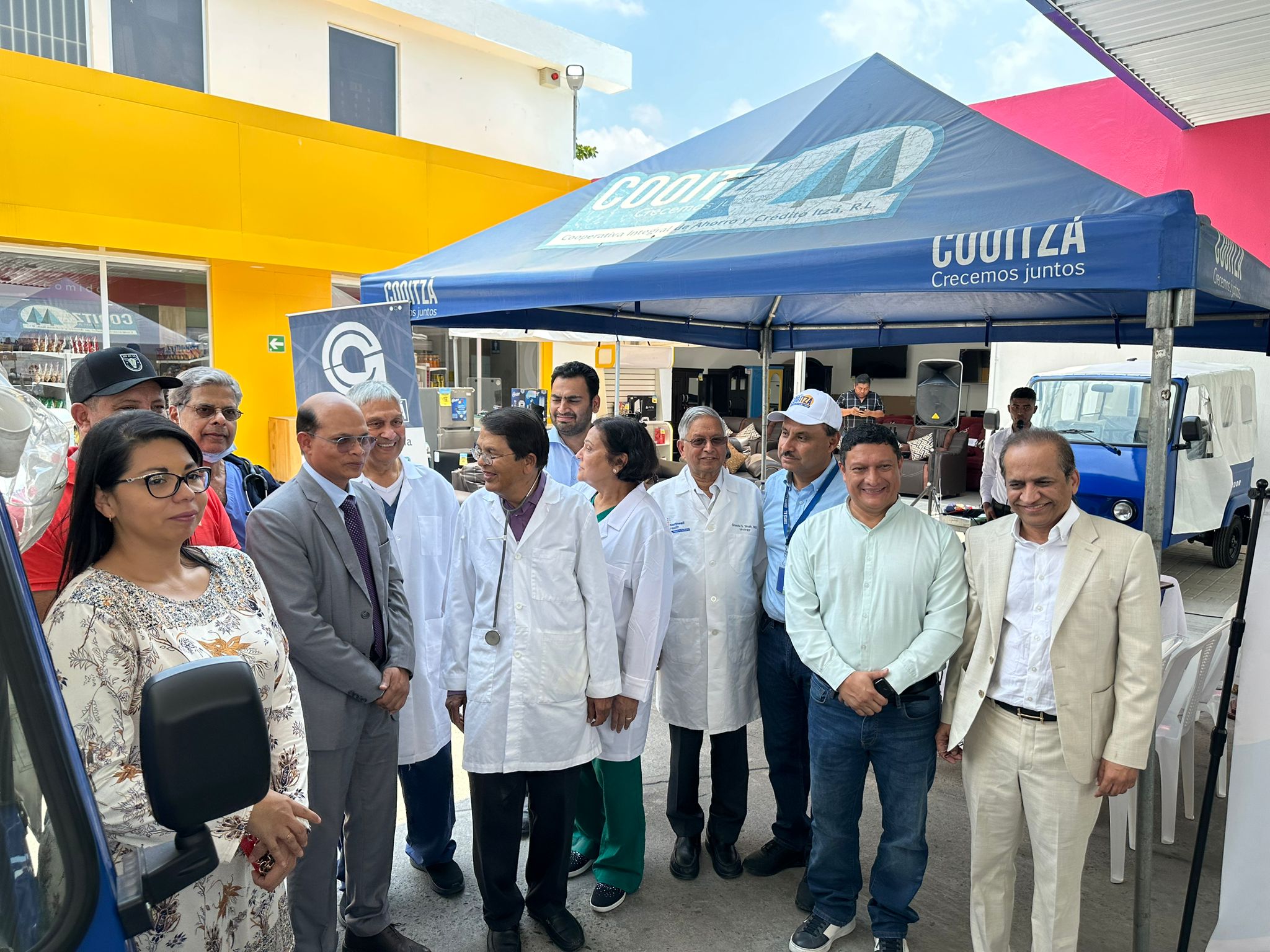 Municipalities of Santa Cruz Naranjo and Santa Rosa Lima. COOITZA, established in 2019 with the objective of the social and economic improvement and focused on the development and improvement of life, through health products, was instrumental in providing invaluable logistical support to arrange the health camp.
Municipalities of Santa Cruz Naranjo and Santa Rosa Lima. COOITZA, established in 2019 with the objective of the social and economic improvement and focused on the development and improvement of life, through health products, was instrumental in providing invaluable logistical support to arrange the health camp.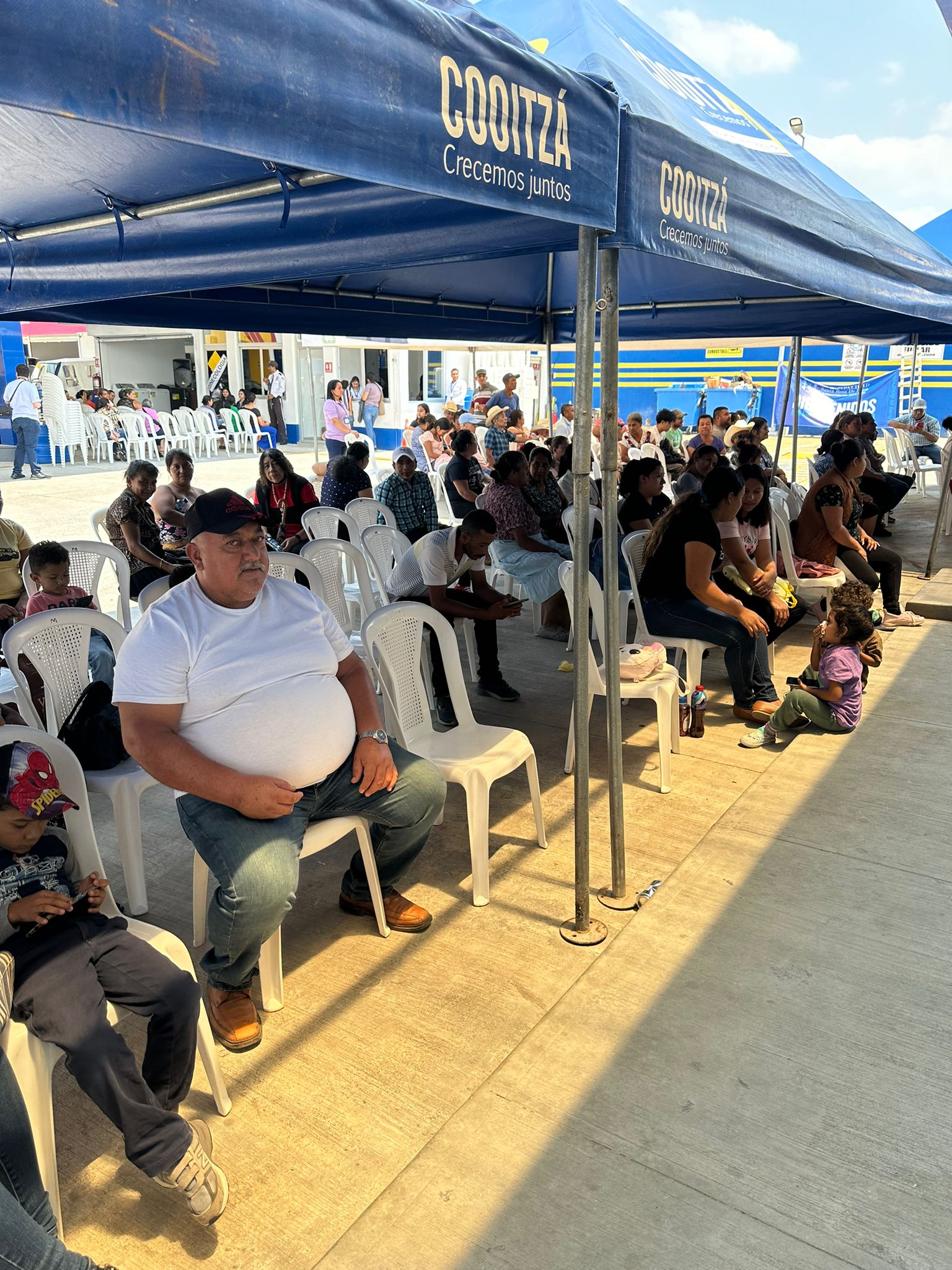
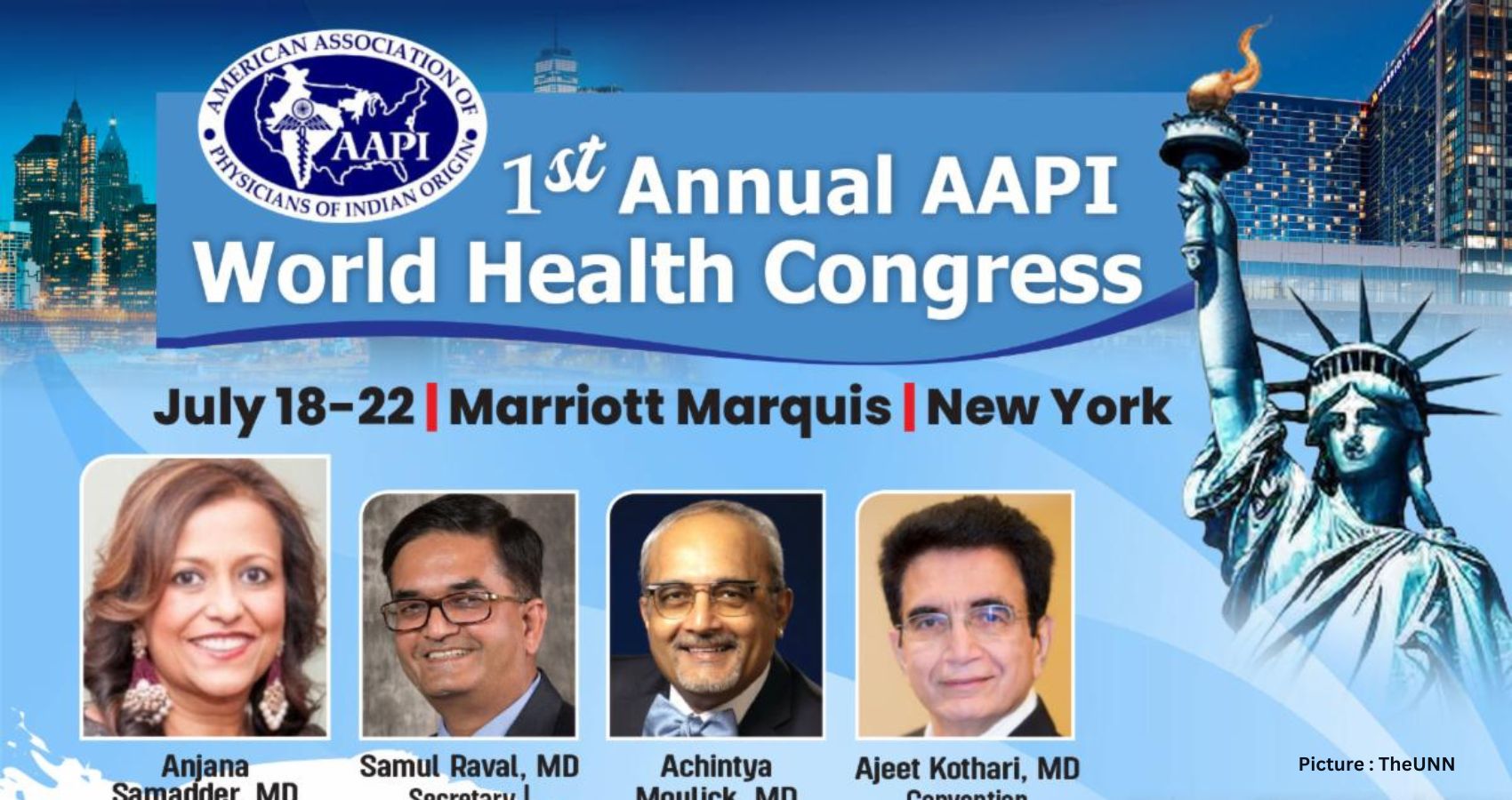
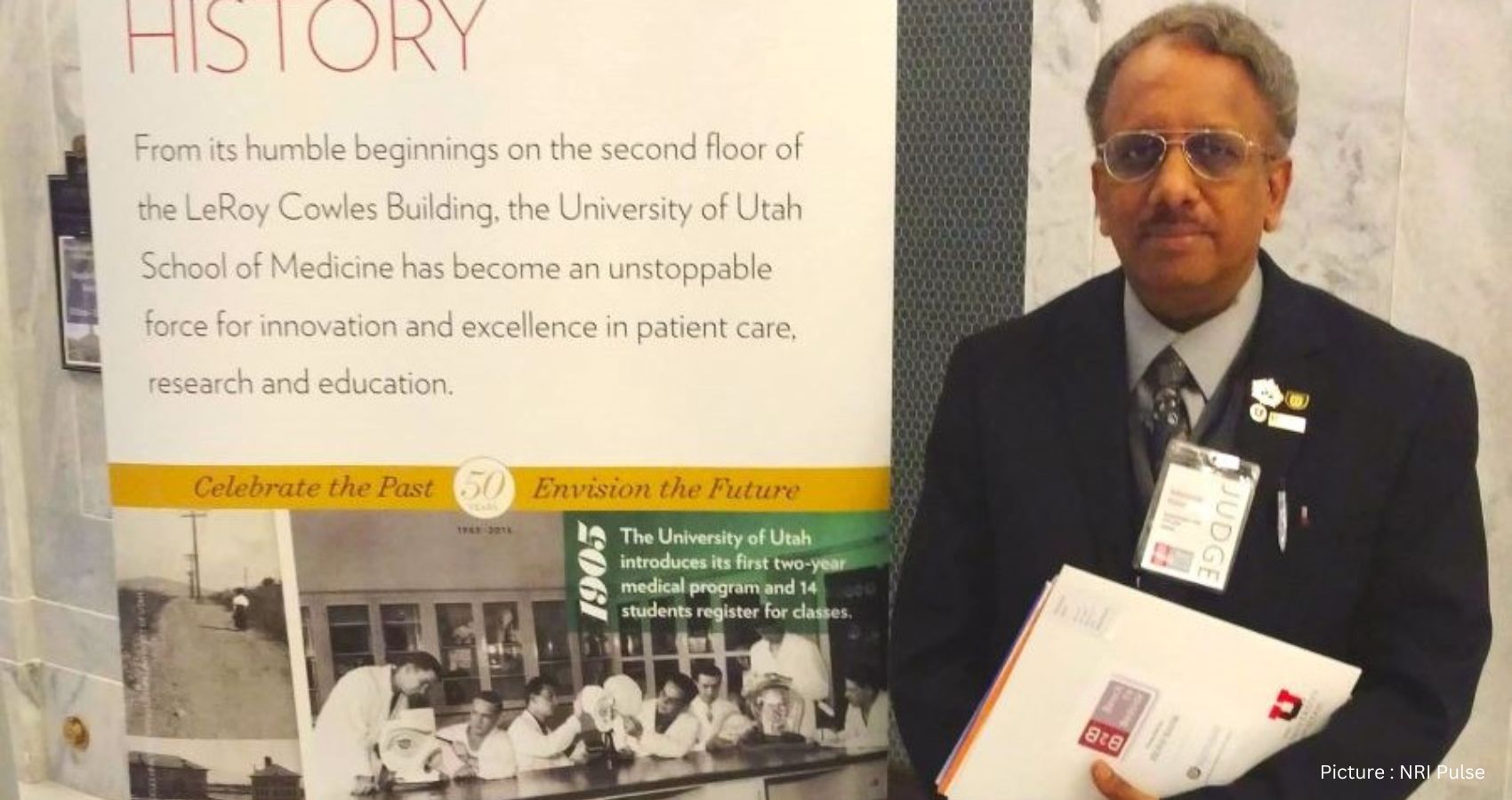
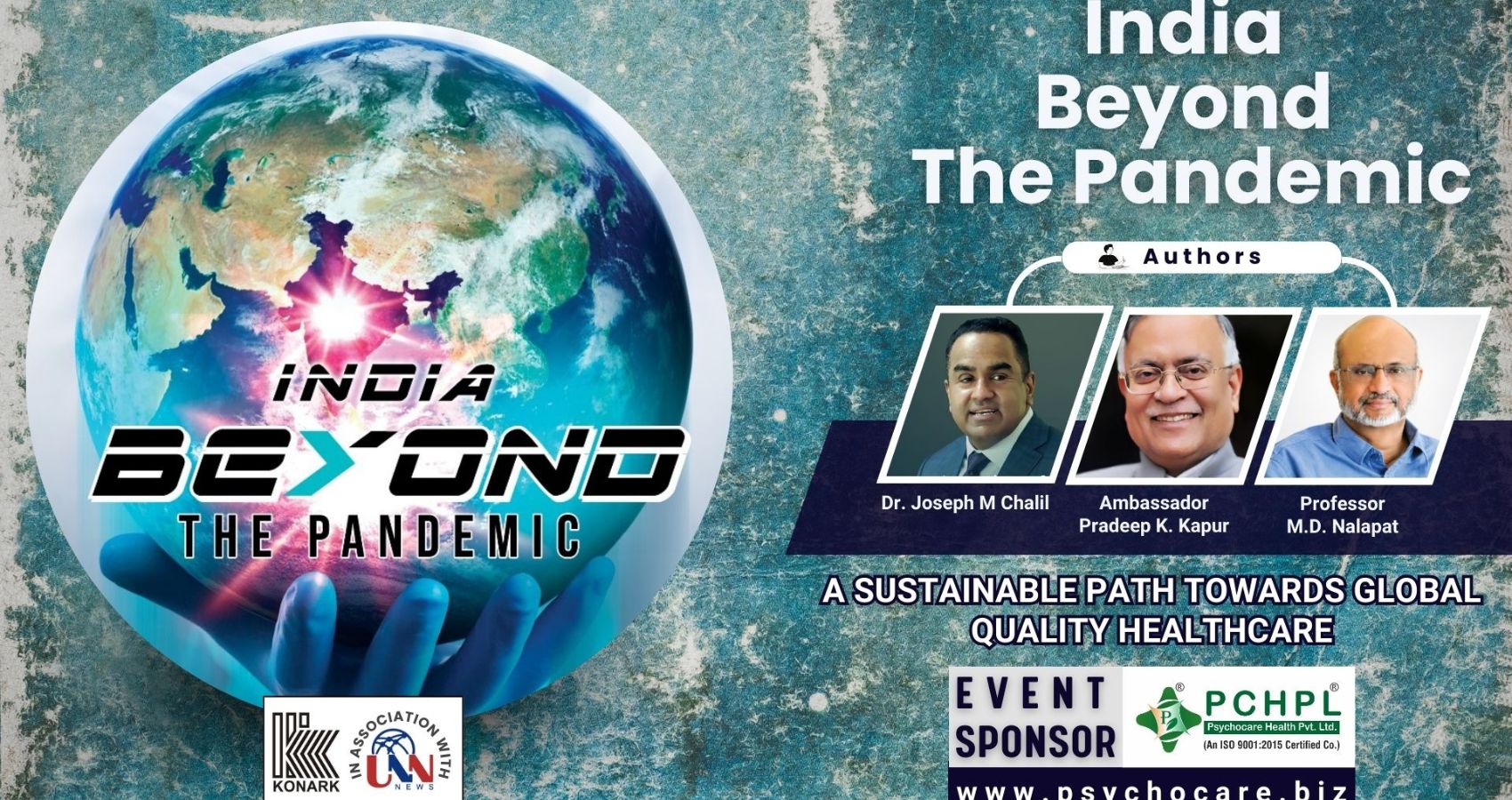
 Co-authored by Dr. Joseph M Chalil, Ambassador Pradeep Kapur, and Prof. MD Nalapat, the book will be released at the prestigious India International Centre, New Delhi in the presence of Shri Amitabh Kant, IAS, and Prof. Dr. Randeep Guleria on April 30, 2024.
Co-authored by Dr. Joseph M Chalil, Ambassador Pradeep Kapur, and Prof. MD Nalapat, the book will be released at the prestigious India International Centre, New Delhi in the presence of Shri Amitabh Kant, IAS, and Prof. Dr. Randeep Guleria on April 30, 2024.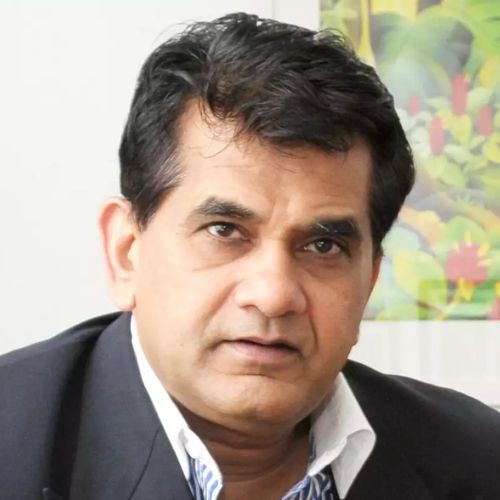 Shri Amitabh Kant, IAS, India’s G20 Sherpa, and former CEO, NITI Aayog called the book “a testament to the journey India undertook during those tumultuous times. This book serves as a crucial resource for policymakers, healthcare professionals, academics, and citizens alike.”
Shri Amitabh Kant, IAS, India’s G20 Sherpa, and former CEO, NITI Aayog called the book “a testament to the journey India undertook during those tumultuous times. This book serves as a crucial resource for policymakers, healthcare professionals, academics, and citizens alike.”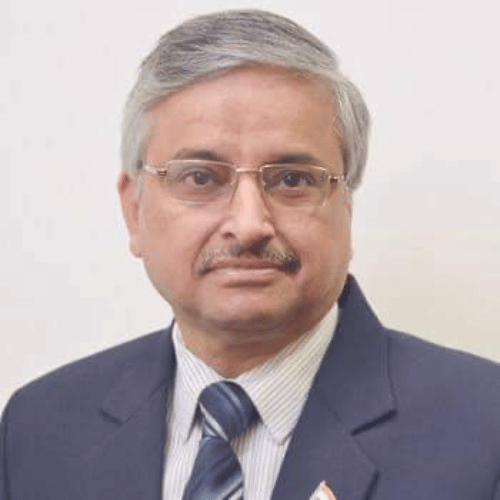 Prof. Dr. Randeep Guleria, Chairman, Institute of Internal Medicine & Respiratory and Sleep Medicine; Director, Medanta Medical School & former Director, All India Institute of Medical Sciences, New Delhi called the book “A must-read for anyone interested in understanding how the Covid-19 pandemic has both challenged and changed the Indian healthcare system, and the valuable lessons learned as we moved forward into a post-pandemic era.”
Prof. Dr. Randeep Guleria, Chairman, Institute of Internal Medicine & Respiratory and Sleep Medicine; Director, Medanta Medical School & former Director, All India Institute of Medical Sciences, New Delhi called the book “A must-read for anyone interested in understanding how the Covid-19 pandemic has both challenged and changed the Indian healthcare system, and the valuable lessons learned as we moved forward into a post-pandemic era.”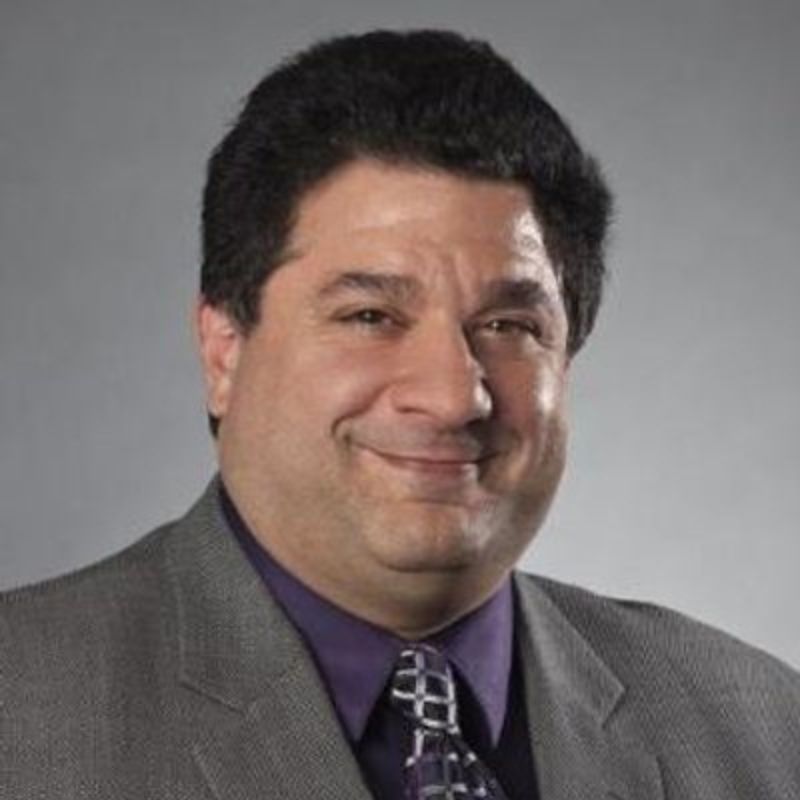 Dr. Stephen Shaya, Executive Servant Leader, J&B Medical, and Managing Director, Akkad Holdings said, “The book is not just a recount of the crisis but an inspiring narrative encouraging a reimagined approach to healthcare, emphasizing resilience, foresight, and the collective effort to forge a path to quality healthcare for all. It is a testament to the indomitable human spirit and the relentless pursuit of innovation in adversity.”
Dr. Stephen Shaya, Executive Servant Leader, J&B Medical, and Managing Director, Akkad Holdings said, “The book is not just a recount of the crisis but an inspiring narrative encouraging a reimagined approach to healthcare, emphasizing resilience, foresight, and the collective effort to forge a path to quality healthcare for all. It is a testament to the indomitable human spirit and the relentless pursuit of innovation in adversity.”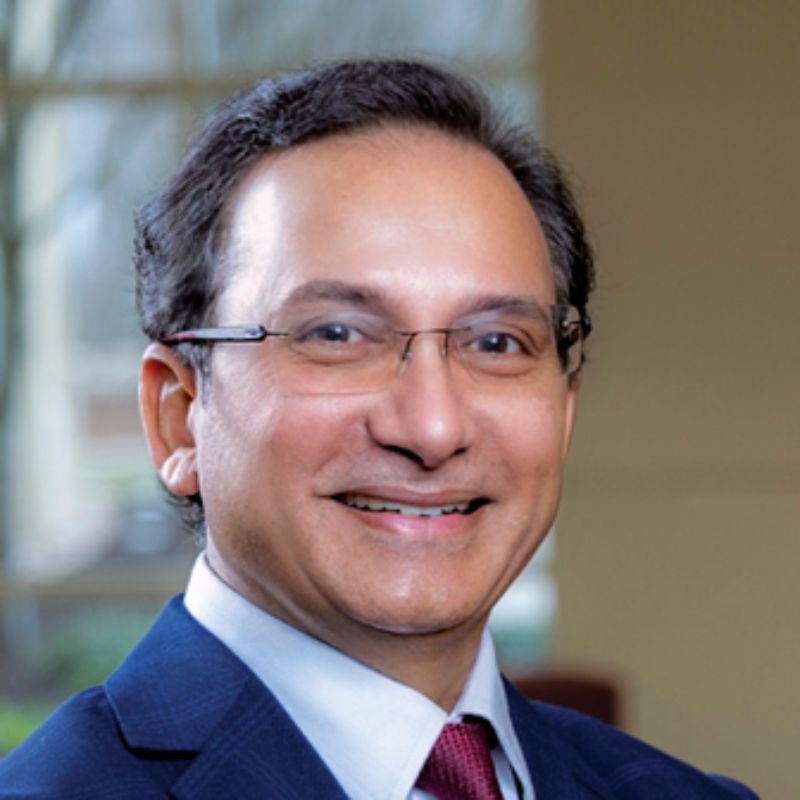 Dr. Satheesh Kathula, President-Elect, AAPI and Clinical Professor of Medicine, Wright State University, Global Healthcare Leaders Program (Harvard University commended the authors of the book “for its clarity, depth, and foresight, while presenting an illuminating analysis of the healthcare challenges and innovations that have emerged from the COVID-19 crisis, with a distinct emphasis on India’s strategic response. This book is a timely and vital contribution to the discourse on healthcare in the context of a global pandemic.”
Dr. Satheesh Kathula, President-Elect, AAPI and Clinical Professor of Medicine, Wright State University, Global Healthcare Leaders Program (Harvard University commended the authors of the book “for its clarity, depth, and foresight, while presenting an illuminating analysis of the healthcare challenges and innovations that have emerged from the COVID-19 crisis, with a distinct emphasis on India’s strategic response. This book is a timely and vital contribution to the discourse on healthcare in the context of a global pandemic.” Dr. Joseph M. Chalil is a visionary leader in the healthcare industry, currently steering Novo Integrated Sciences, Inc., as Chief Medical Officer. His illustrious career spans various facets of healthcare, innovation, and policy-making, underscored by his role as a Chief Strategic Advisor for the American Association of Physicians of Indian Origin (AAPI) and President of both NovoAmerica Health Group and Clinical Consultants International, LLC. Dr. Chalil is a Fellow of the American College of Healthcare Executives and is recognized for his leadership in healthcare administration. His contributions to healthcare and policy are internationally recognized, with numerous awards highlighting his leadership and innovative thinking.
Dr. Joseph M. Chalil is a visionary leader in the healthcare industry, currently steering Novo Integrated Sciences, Inc., as Chief Medical Officer. His illustrious career spans various facets of healthcare, innovation, and policy-making, underscored by his role as a Chief Strategic Advisor for the American Association of Physicians of Indian Origin (AAPI) and President of both NovoAmerica Health Group and Clinical Consultants International, LLC. Dr. Chalil is a Fellow of the American College of Healthcare Executives and is recognized for his leadership in healthcare administration. His contributions to healthcare and policy are internationally recognized, with numerous awards highlighting his leadership and innovative thinking.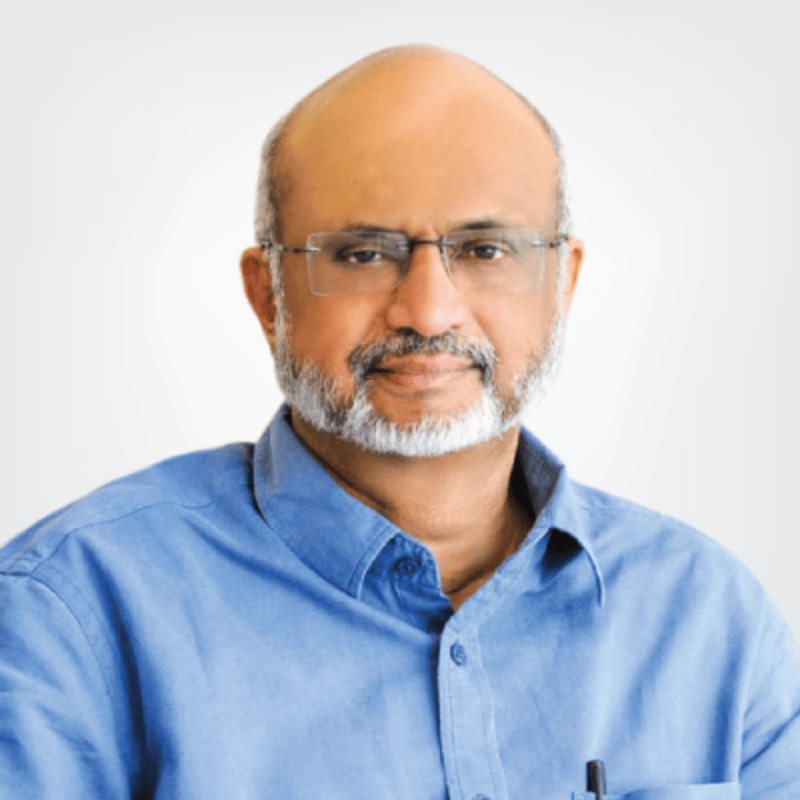 Professor M.D. Nalapat is the UNESCO Peace Chair at Manipal University, and Director of the Department of Geopolitics & International Relations. Currently, he is the Editorial Director of ITV Network (India) & The Sunday Guardian. He is also the Vice-Chair of Manipal Advanced Research Group and Director of the Department of Geopolitics & International Relations at Manipal University. He has been the Editor of the Mathrubhumi and the Times of India. He has played a key role in the literacy movement in Kerala, as the first honorary coordinator of the Kerala Association for Non-formal Education and Development. He has excelled as an Advisory Board member and Associate member in various institutions. He is also a member of the Resource Board, Centre for International Relations, Washington D.C.
Professor M.D. Nalapat is the UNESCO Peace Chair at Manipal University, and Director of the Department of Geopolitics & International Relations. Currently, he is the Editorial Director of ITV Network (India) & The Sunday Guardian. He is also the Vice-Chair of Manipal Advanced Research Group and Director of the Department of Geopolitics & International Relations at Manipal University. He has been the Editor of the Mathrubhumi and the Times of India. He has played a key role in the literacy movement in Kerala, as the first honorary coordinator of the Kerala Association for Non-formal Education and Development. He has excelled as an Advisory Board member and Associate member in various institutions. He is also a member of the Resource Board, Centre for International Relations, Washington D.C.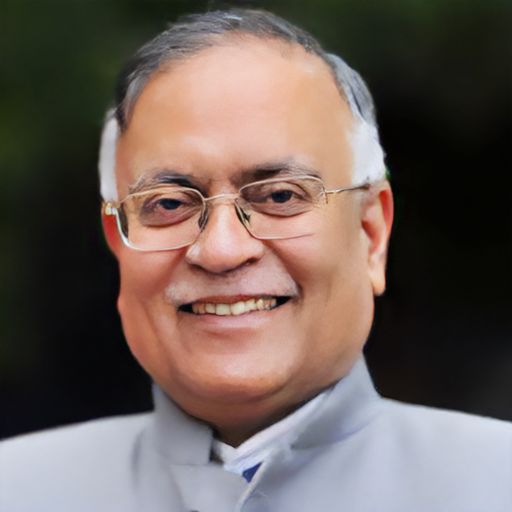 Ambassador Pradeep Kapur is an acknowledged “luminary diplomat,” with a distinguished career working with leaders and policymakers in different continents of the world: Asia, Africa, Europe, North America, and South America. Author and editor of many books, Kapur was Ambassador of India to Chile and Cambodia and Secretary at the Indian Ministry of External Affairs before joining as an academic in reputed universities in the USA and India. A graduate of the globally acclaimed Indian Institute of Technology, Delhi (IIT-D), he is the Executive Director of Smart Village Development Fund (SVDF); International Economic Strategic Advisor, Intellect Design Arena; and Chairman, Advisory Council, DiplomacyIndia.com. His healthcare contributions include setting up of BP Koirala Institute of Health Sciences in Eastern Nepal, which is acclaimed as an exemplary bilateral India Nepal initiative. His advocacy for accessible healthcare is evident through his seminal work in collaboration with Dr. Chalil, “
Ambassador Pradeep Kapur is an acknowledged “luminary diplomat,” with a distinguished career working with leaders and policymakers in different continents of the world: Asia, Africa, Europe, North America, and South America. Author and editor of many books, Kapur was Ambassador of India to Chile and Cambodia and Secretary at the Indian Ministry of External Affairs before joining as an academic in reputed universities in the USA and India. A graduate of the globally acclaimed Indian Institute of Technology, Delhi (IIT-D), he is the Executive Director of Smart Village Development Fund (SVDF); International Economic Strategic Advisor, Intellect Design Arena; and Chairman, Advisory Council, DiplomacyIndia.com. His healthcare contributions include setting up of BP Koirala Institute of Health Sciences in Eastern Nepal, which is acclaimed as an exemplary bilateral India Nepal initiative. His advocacy for accessible healthcare is evident through his seminal work in collaboration with Dr. Chalil, “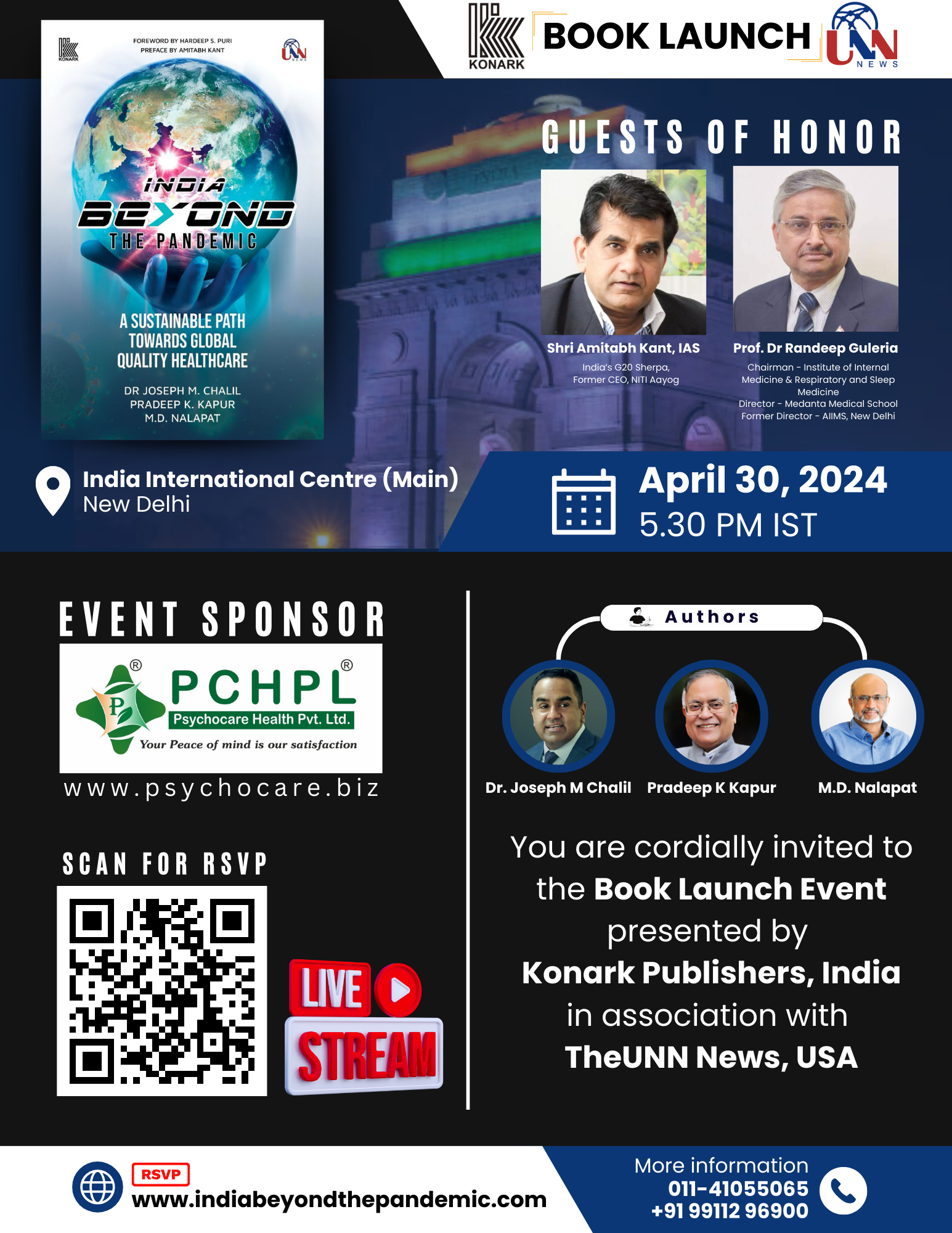
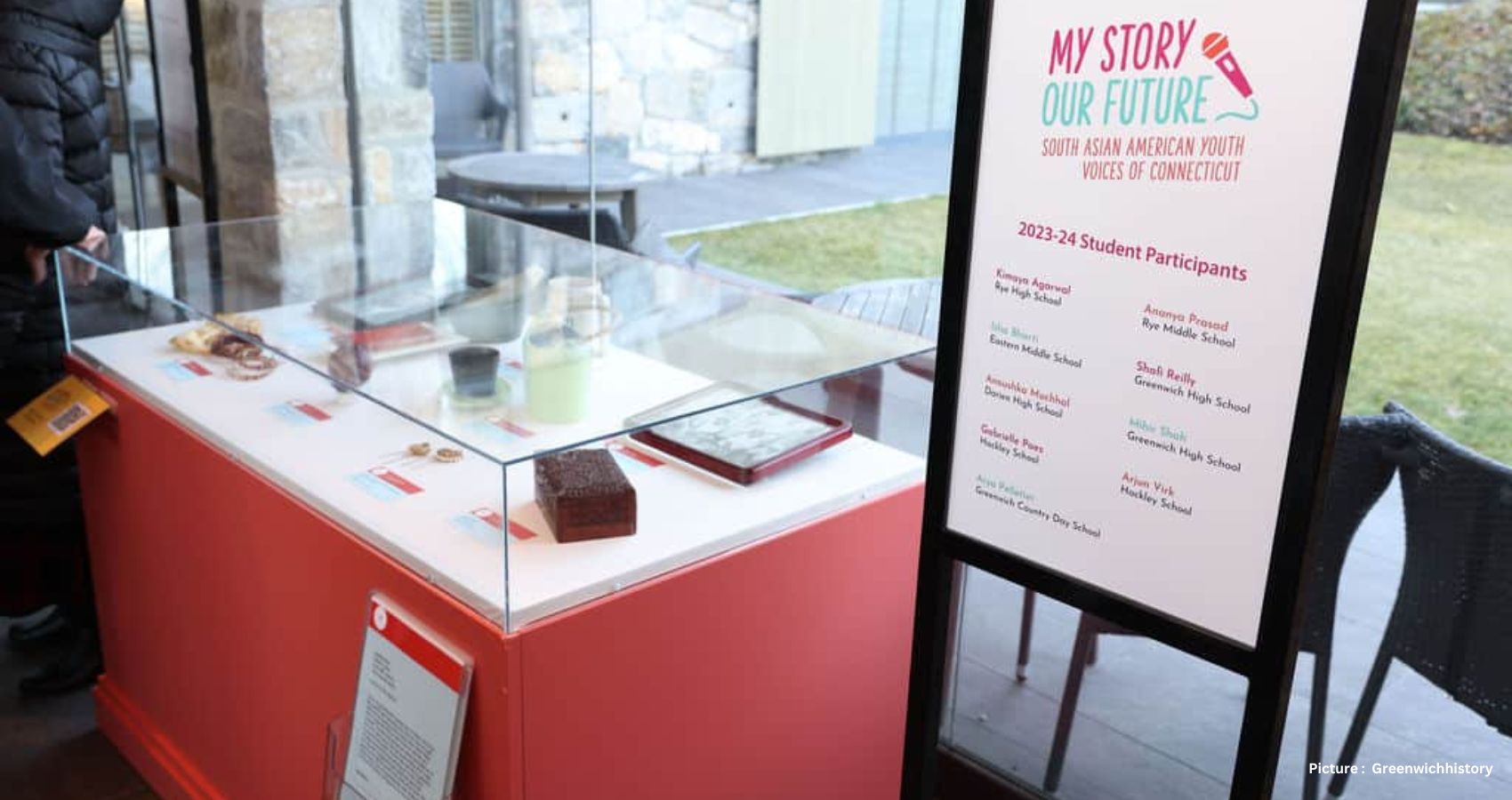
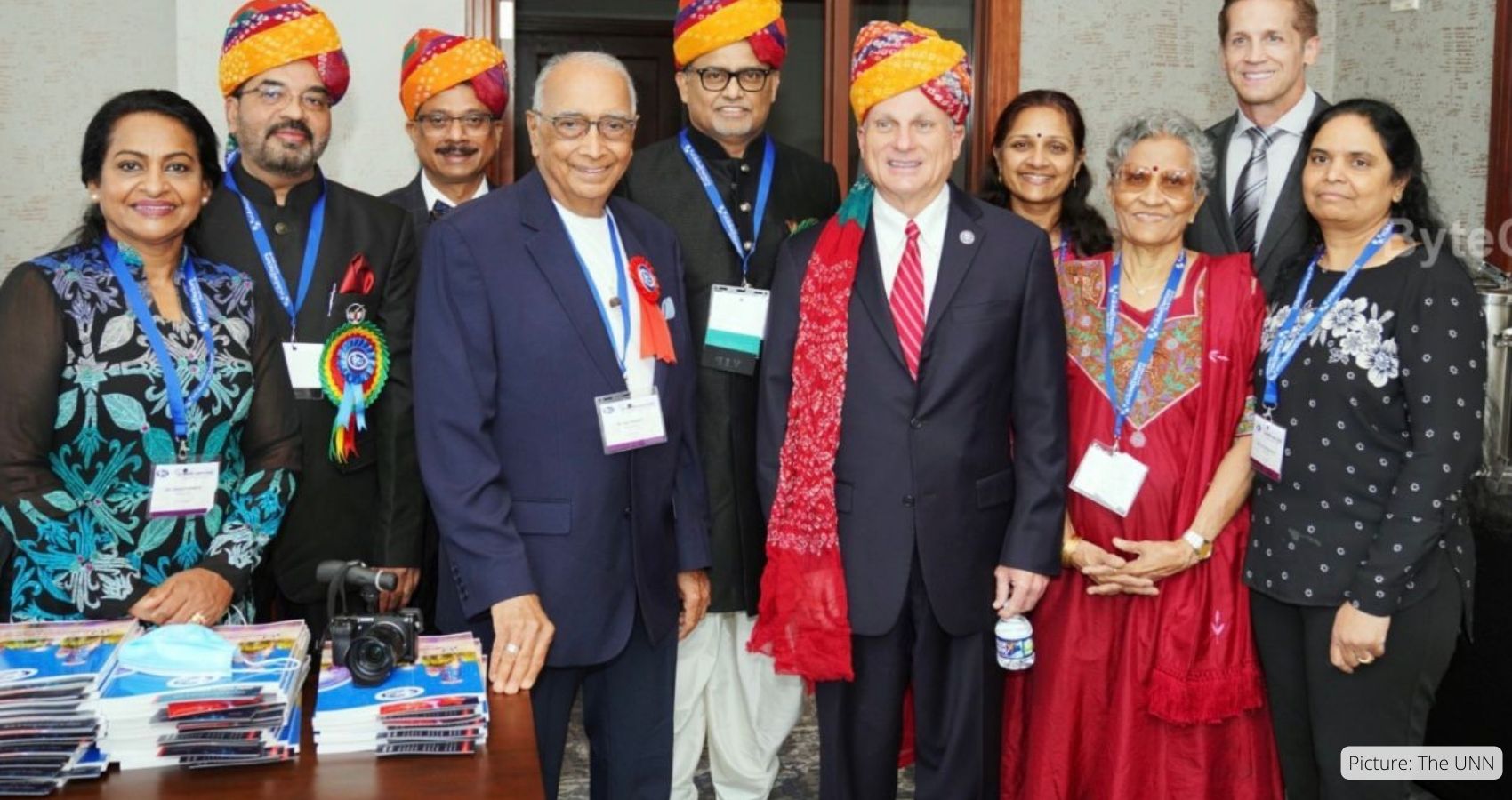
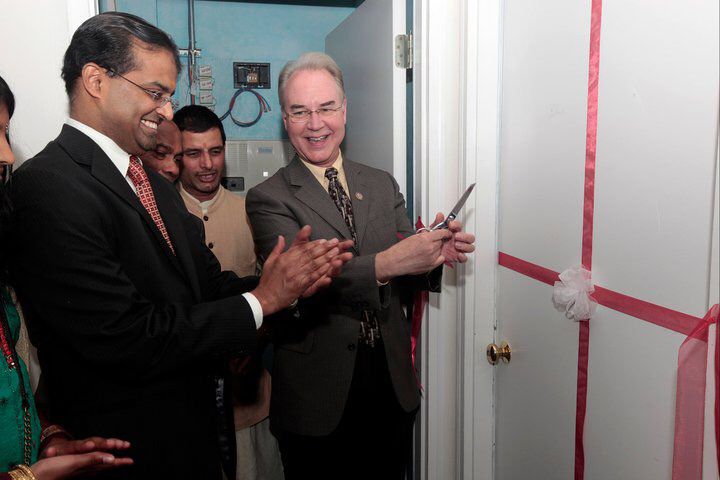 “GAPI Volunteer Clinic in Atlanta recently started working with SEWA volunteers to serve Hispanic and other underserved communities along with Indian and South Asian patients,” says Dr. Gangasani. “At present, the clinic is open first and third Saturdays, and we have plans to open the clinic every Saturday if volunteer physicians are available,” says Dr. Gangasani.
“GAPI Volunteer Clinic in Atlanta recently started working with SEWA volunteers to serve Hispanic and other underserved communities along with Indian and South Asian patients,” says Dr. Gangasani. “At present, the clinic is open first and third Saturdays, and we have plans to open the clinic every Saturday if volunteer physicians are available,” says Dr. Gangasani.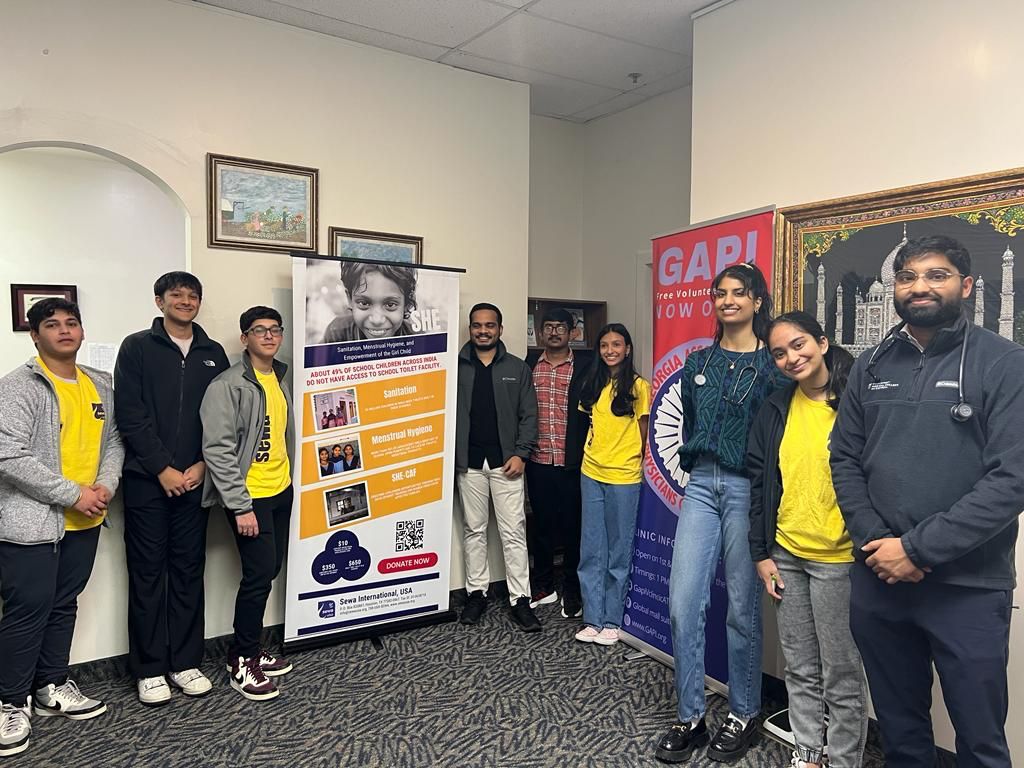 As the director of the GAPI volunteer clinic since 2010, Dr. Gangasani says, “I just wanted to take a moment to express how grateful I am to work at the GAPI clinic. It is truly a blessing to be able to provide medical care to those who may not otherwise have access to it. The gratitude that our patients express when they are seen is truly heartwarming and makes all the hard work worth it. I feel good knowing that I am making a positive impact in the lives of others. Thank you to all the dedicated staff and volunteers who make this possible.”
As the director of the GAPI volunteer clinic since 2010, Dr. Gangasani says, “I just wanted to take a moment to express how grateful I am to work at the GAPI clinic. It is truly a blessing to be able to provide medical care to those who may not otherwise have access to it. The gratitude that our patients express when they are seen is truly heartwarming and makes all the hard work worth it. I feel good knowing that I am making a positive impact in the lives of others. Thank you to all the dedicated staff and volunteers who make this possible.”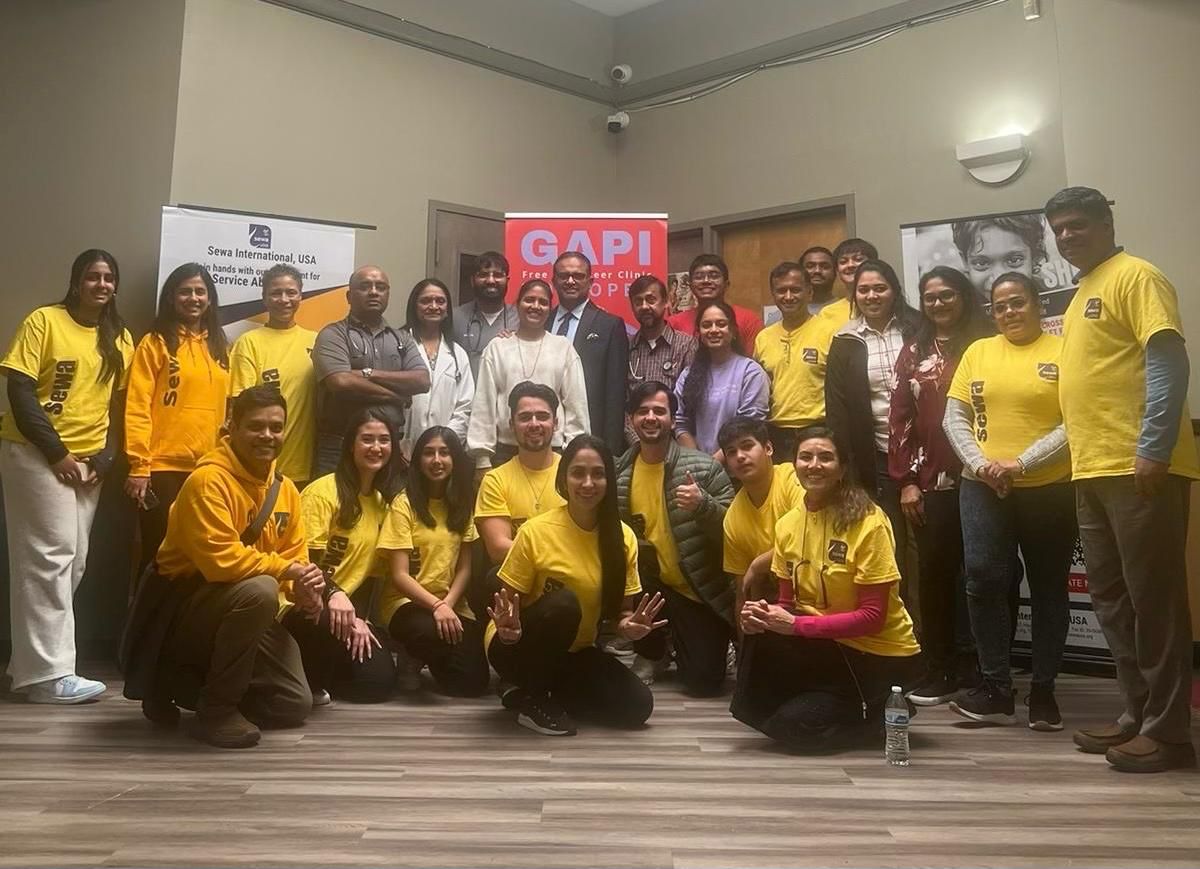 During Covid, the clinic was closed and referred for free telehealth consultations by telehealth companies like Eglobaldoctors who helped many patients during difficult times. Now that the pandemic is behind us, the organizers of the Clini want to expand the services and help more patients who are in need of healthcare.
During Covid, the clinic was closed and referred for free telehealth consultations by telehealth companies like Eglobaldoctors who helped many patients during difficult times. Now that the pandemic is behind us, the organizers of the Clini want to expand the services and help more patients who are in need of healthcare.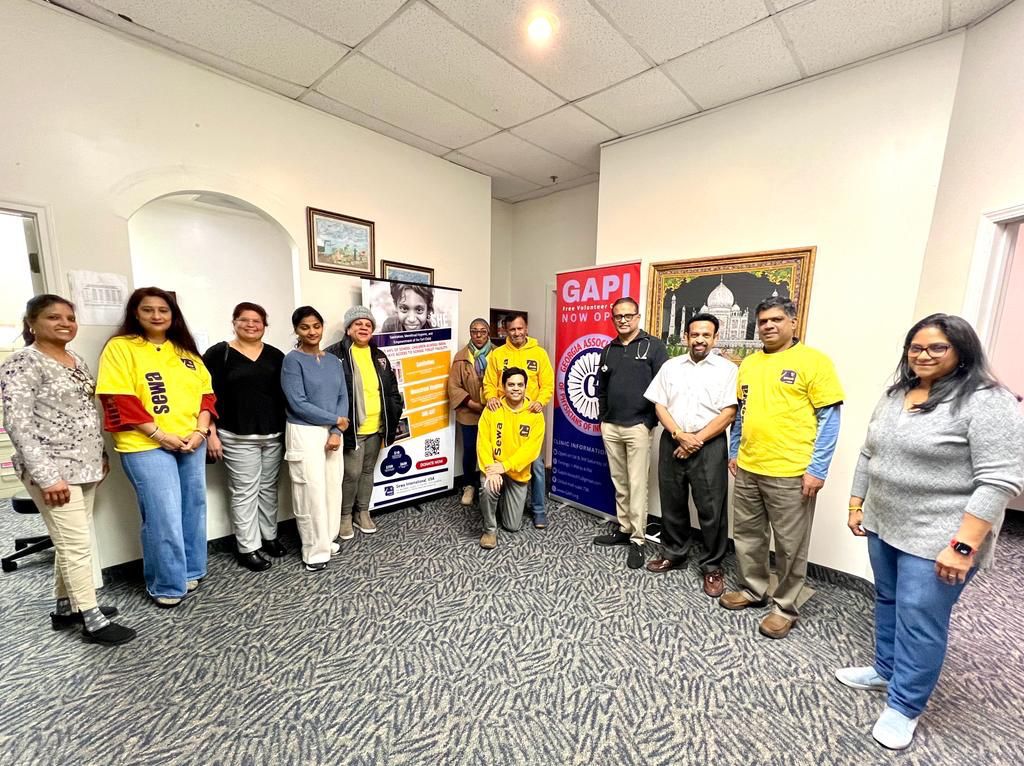 Dr. Gangasani urged GAPI physicians and nurses to step up to the plate and volunteer for a few hours at the clinic. GAPI volunteer free clinic is available at the Global Mall for people with no Insurance and low income. Free Primary care consultation is available for the family. The leaders of the Clinic are working on getting discounted rates at pharmacies.
Dr. Gangasani urged GAPI physicians and nurses to step up to the plate and volunteer for a few hours at the clinic. GAPI volunteer free clinic is available at the Global Mall for people with no Insurance and low income. Free Primary care consultation is available for the family. The leaders of the Clinic are working on getting discounted rates at pharmacies.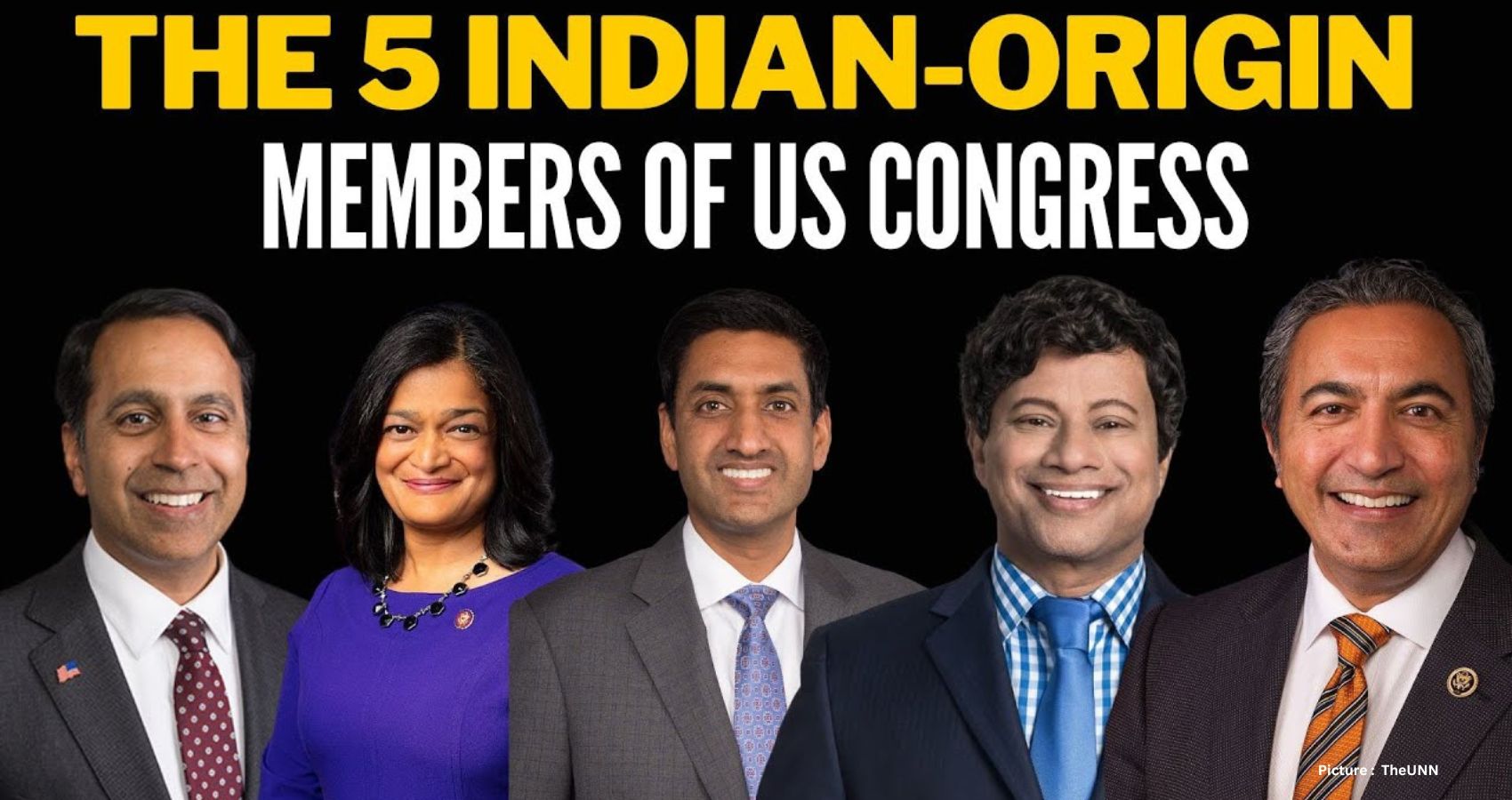
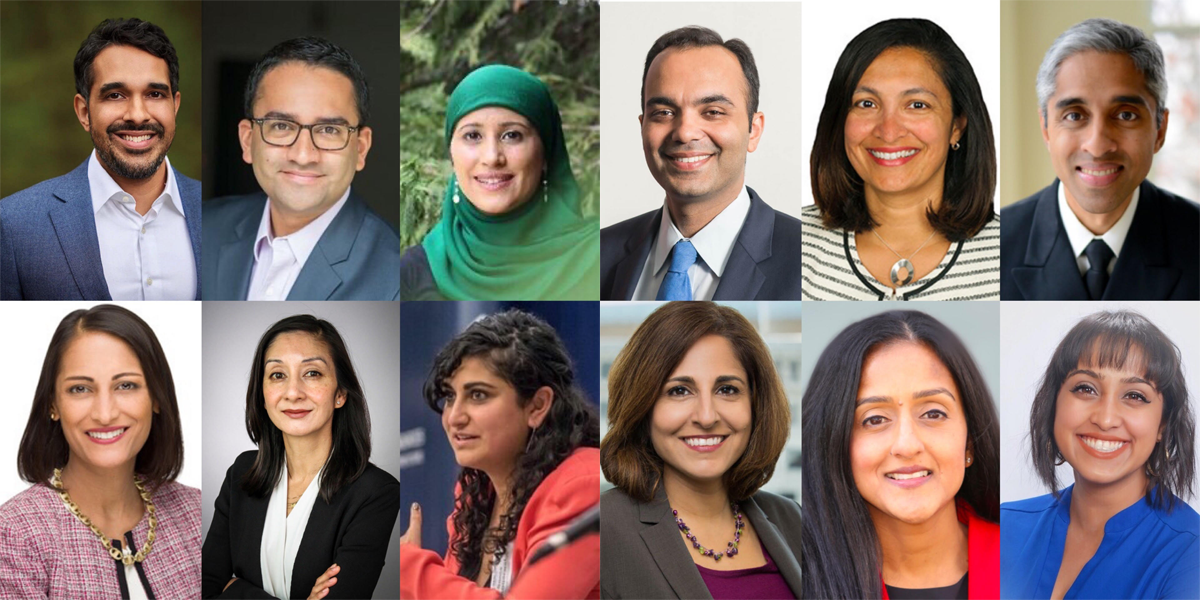 Ever since Gov. Bobby Jindal the first ever major Indian American presidential candidate who had sought to occupy the White House, there have been many others who have followed in his footsteps. Indian Americans have expressed keen interest in carving out their political space at the national table for decades, and now, the fruits of their labor are paying off, with more successes now than ever before.
Ever since Gov. Bobby Jindal the first ever major Indian American presidential candidate who had sought to occupy the White House, there have been many others who have followed in his footsteps. Indian Americans have expressed keen interest in carving out their political space at the national table for decades, and now, the fruits of their labor are paying off, with more successes now than ever before.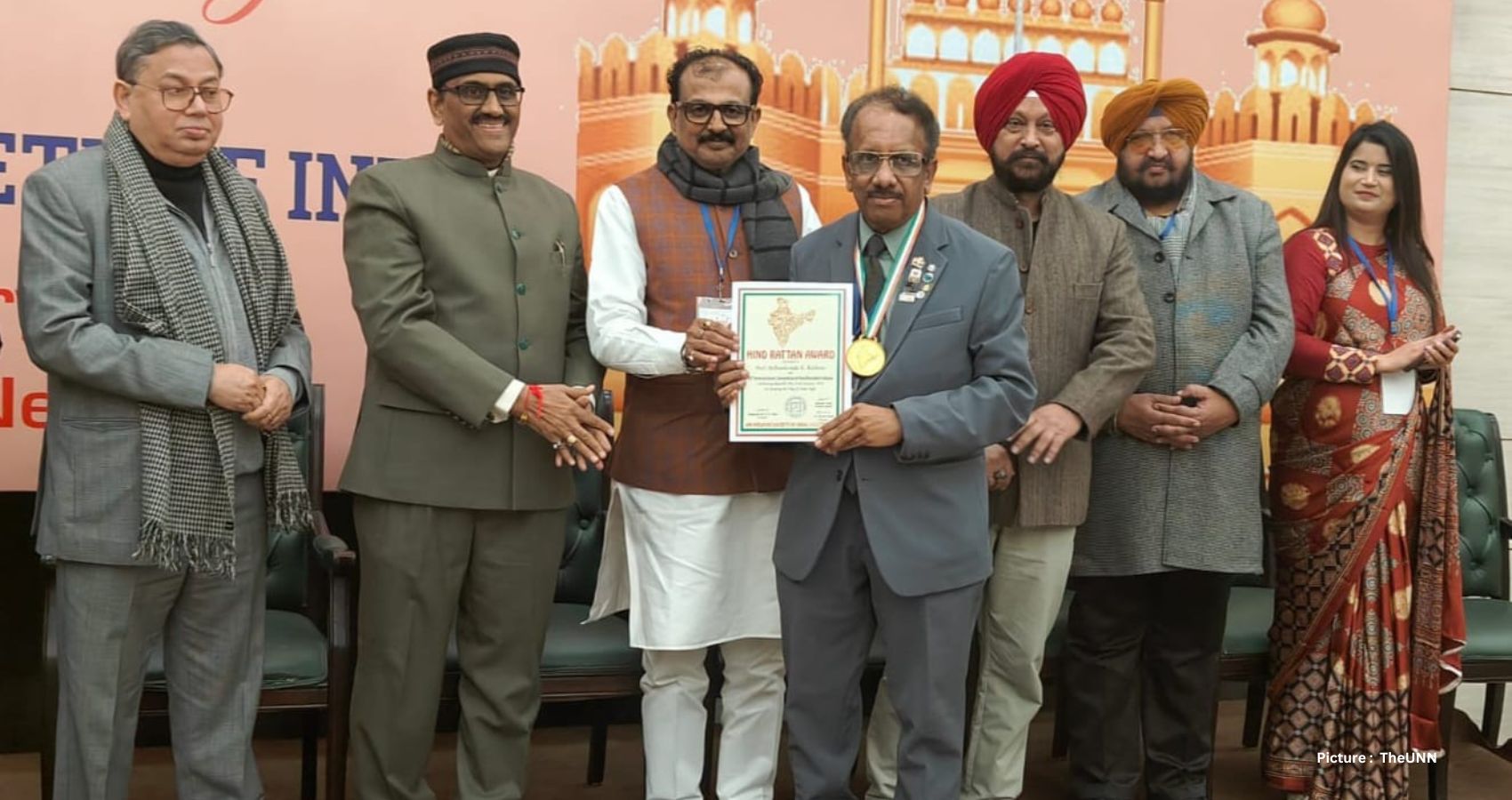
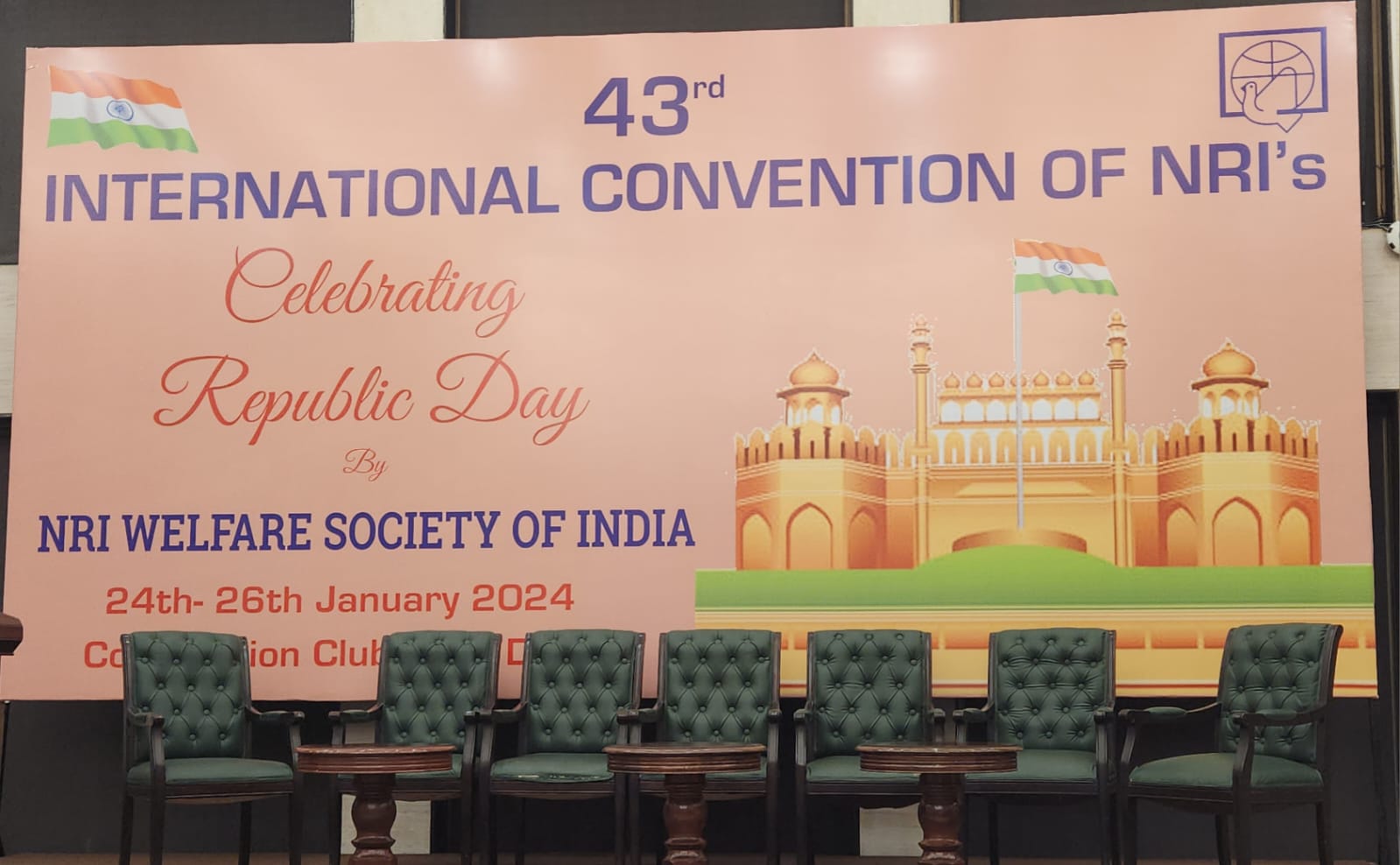 Described as the second highest award given to the Indian diaspora, The ‘Hind Rattan Award’ is given to outstanding Indians by the NRI Welfare Society of India, New Delhi. In conjunction with the national Pravasi Bharatiya award, the highest one (given by the Government of India), the Hindu Rattan award is granted at the society’s annual Congress on the eve of India’s Republic Day. The Hindu Rattan award ceremony is attended by the members of the Prime Minister’s Office, Government officials, Judges and advocates of the Supreme Court of India, international diplomats, and celebrities.
Described as the second highest award given to the Indian diaspora, The ‘Hind Rattan Award’ is given to outstanding Indians by the NRI Welfare Society of India, New Delhi. In conjunction with the national Pravasi Bharatiya award, the highest one (given by the Government of India), the Hindu Rattan award is granted at the society’s annual Congress on the eve of India’s Republic Day. The Hindu Rattan award ceremony is attended by the members of the Prime Minister’s Office, Government officials, Judges and advocates of the Supreme Court of India, international diplomats, and celebrities.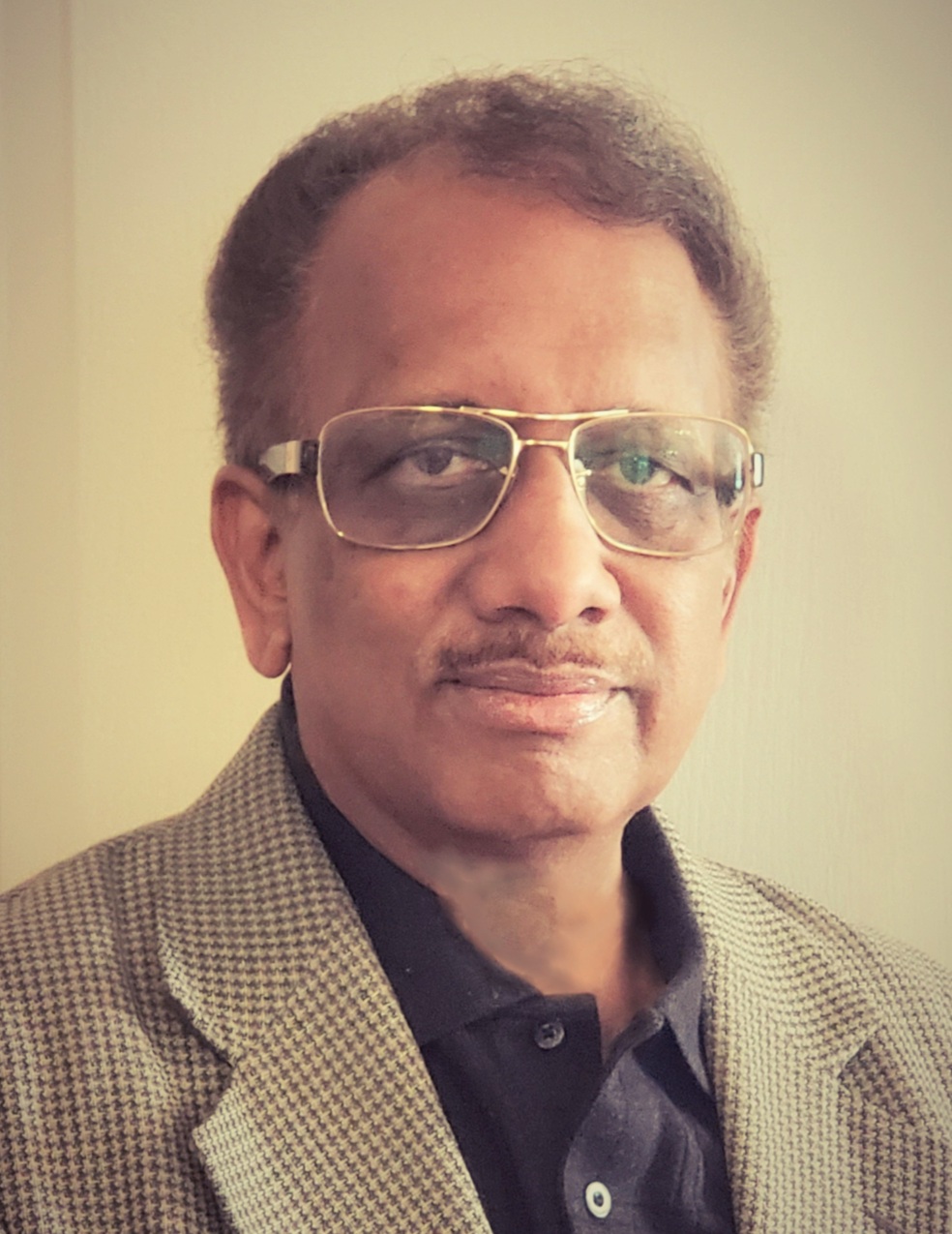 research, teaching and mentoring in the field of medicine spans 40 years in Asia (India & Japan), Europe, and the United States, including the Intramural Research Program of the US National Institutes of Health, and the US Department of Veterans Affairs. During this period, Dr. Kishore did impactful research with seminal discoveries in kidney diseases, obesity, and related conditions, and obtained patents for the development of novel therapies. In recognition of his innovative work in academics, Dr. Kishore has been inducted as the Senior Member of the National Academy of Inventors, Washington DC.He has been inducted as a Fellow by professional organizations such as the American Society of Nephrology (FASN), Royal Society of Biology (FRSB), American Physiological Society (FAPS), American Heart Association (FAHA), the International Society of Nephrology (FISN).
research, teaching and mentoring in the field of medicine spans 40 years in Asia (India & Japan), Europe, and the United States, including the Intramural Research Program of the US National Institutes of Health, and the US Department of Veterans Affairs. During this period, Dr. Kishore did impactful research with seminal discoveries in kidney diseases, obesity, and related conditions, and obtained patents for the development of novel therapies. In recognition of his innovative work in academics, Dr. Kishore has been inducted as the Senior Member of the National Academy of Inventors, Washington DC.He has been inducted as a Fellow by professional organizations such as the American Society of Nephrology (FASN), Royal Society of Biology (FRSB), American Physiological Society (FAPS), American Heart Association (FAHA), the International Society of Nephrology (FISN).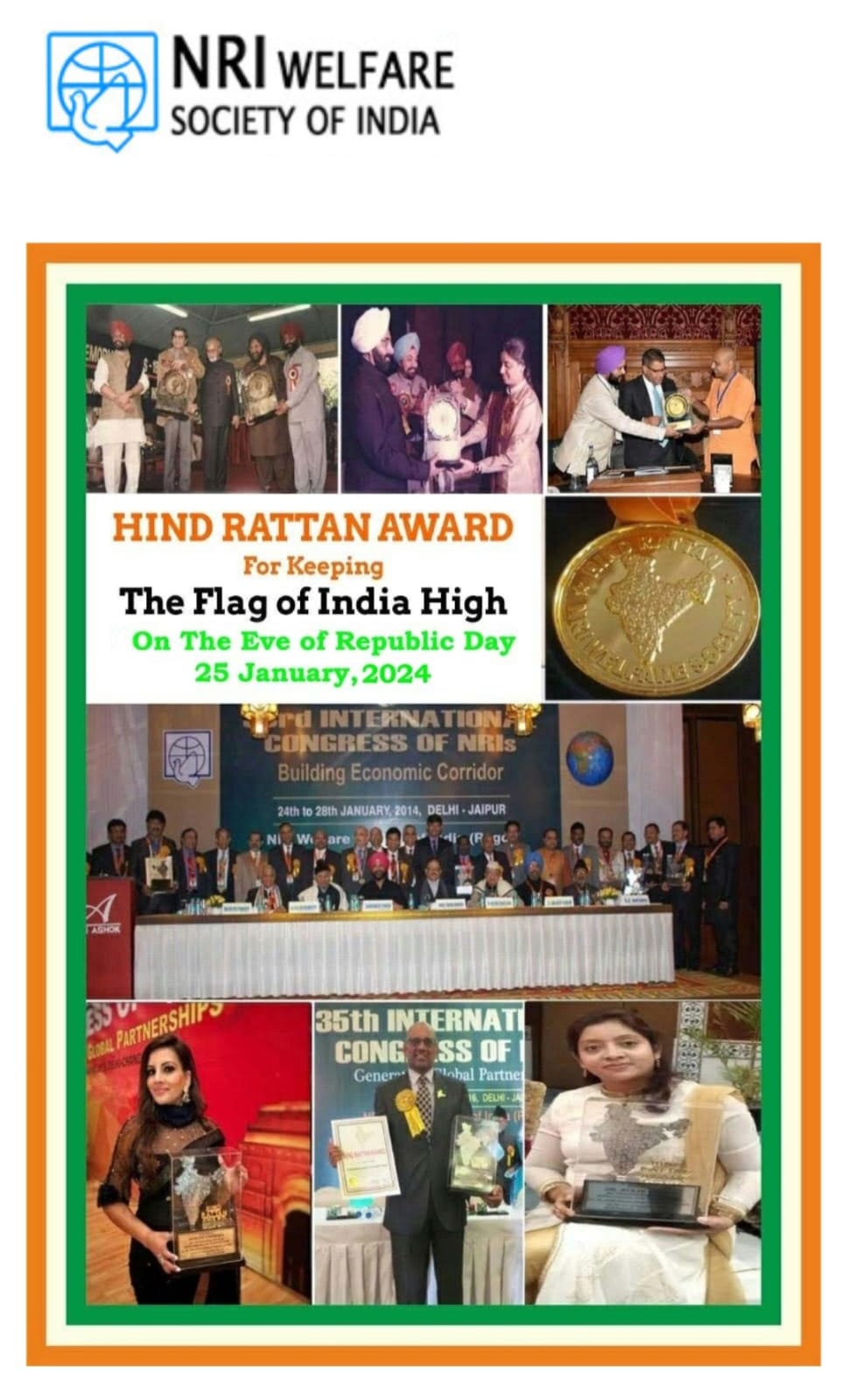
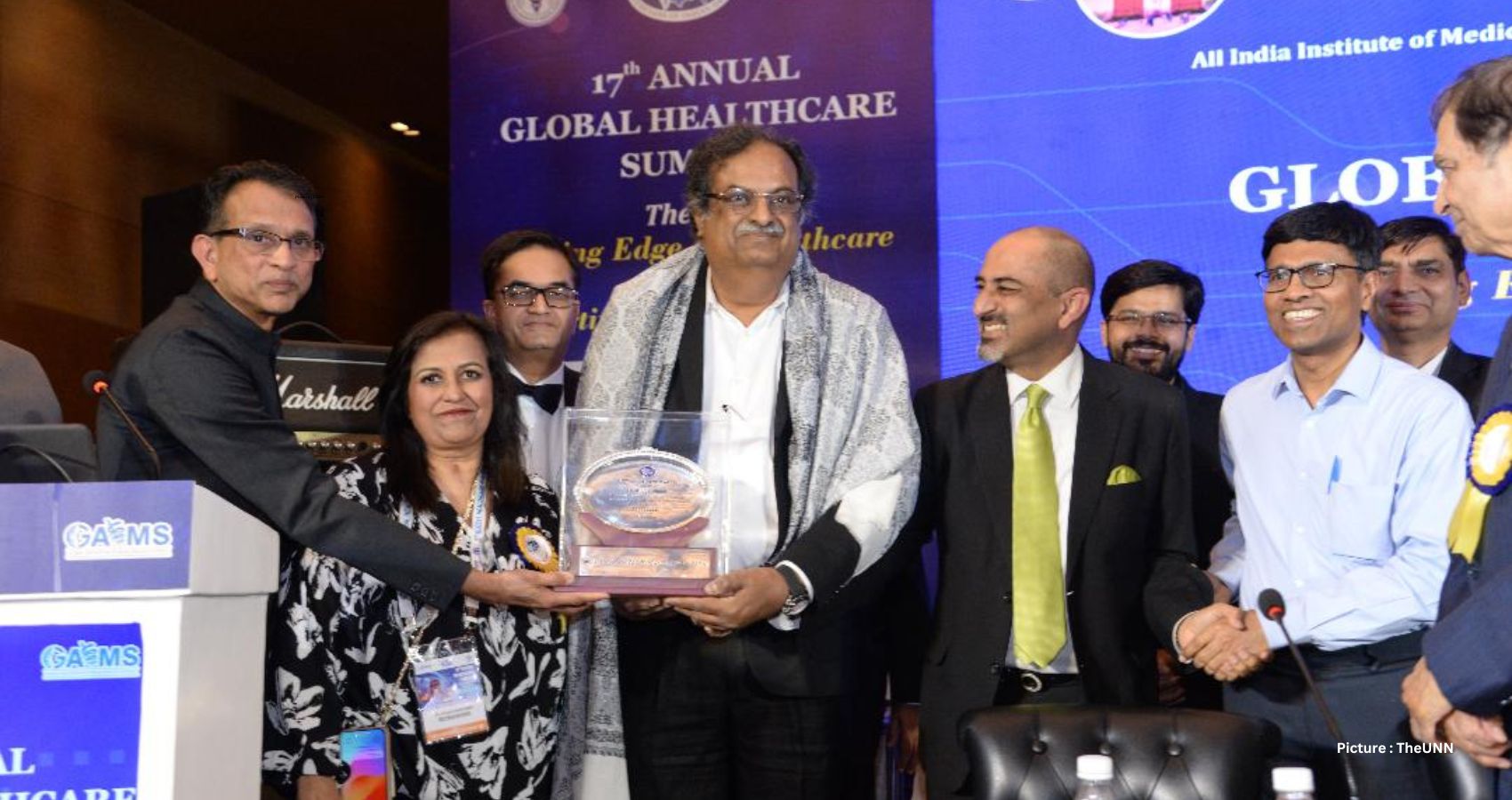
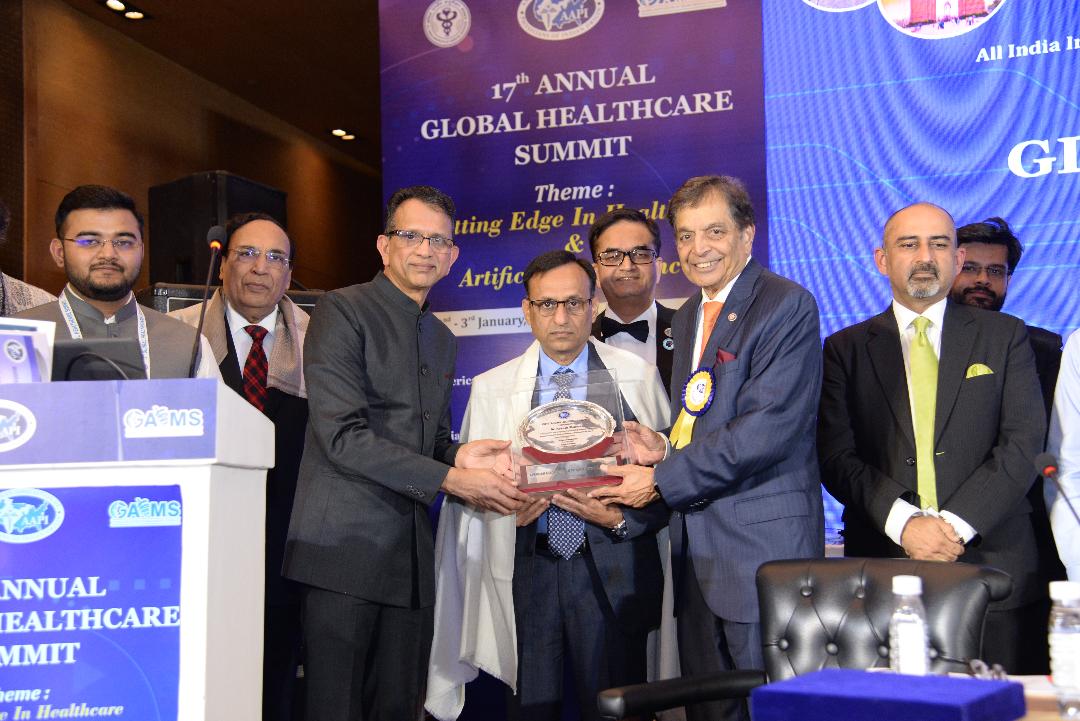 While introducing Dr. Seth, Dr. Lokesh Edara, Chairman of AAPI BOT said, “Dr. Seth is the president of NBEMS, who has brought significant contributions to medical education, increase in much needed post graduate seats I n medical education in India, and has encouraged family medicine post graduated and diploma courses,” he said. “ in addition, he has taken CPR awareness initiatives and worked with several healthcare institutions including NMC, Dental, Nursing, Para Medic, whose numbers have reached more than 2 million people as of 2023.”
While introducing Dr. Seth, Dr. Lokesh Edara, Chairman of AAPI BOT said, “Dr. Seth is the president of NBEMS, who has brought significant contributions to medical education, increase in much needed post graduate seats I n medical education in India, and has encouraged family medicine post graduated and diploma courses,” he said. “ in addition, he has taken CPR awareness initiatives and worked with several healthcare institutions including NMC, Dental, Nursing, Para Medic, whose numbers have reached more than 2 million people as of 2023.”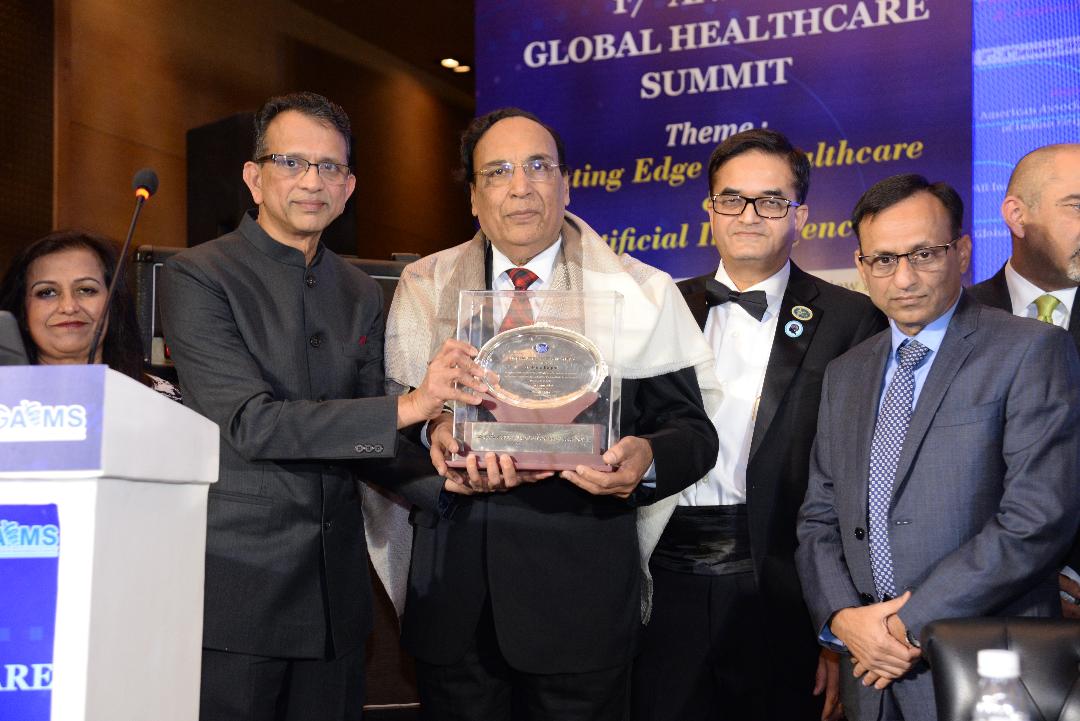 Academia, initially in India and then extensively in the UK. He published more than 20 peer reviewed publications in prestigious journals, including in the Annals of Thoracic Surgery, 40 abstract presentations and 40 conference presentations at the British Thoracic Society, World Congress of Brontology, European Respiratory Society and American Thoracic Society. His major research and publications are in the fields of large airway intervention and Sildenafil therapy for patients with pulmonary hypertension.
Academia, initially in India and then extensively in the UK. He published more than 20 peer reviewed publications in prestigious journals, including in the Annals of Thoracic Surgery, 40 abstract presentations and 40 conference presentations at the British Thoracic Society, World Congress of Brontology, European Respiratory Society and American Thoracic Society. His major research and publications are in the fields of large airway intervention and Sildenafil therapy for patients with pulmonary hypertension.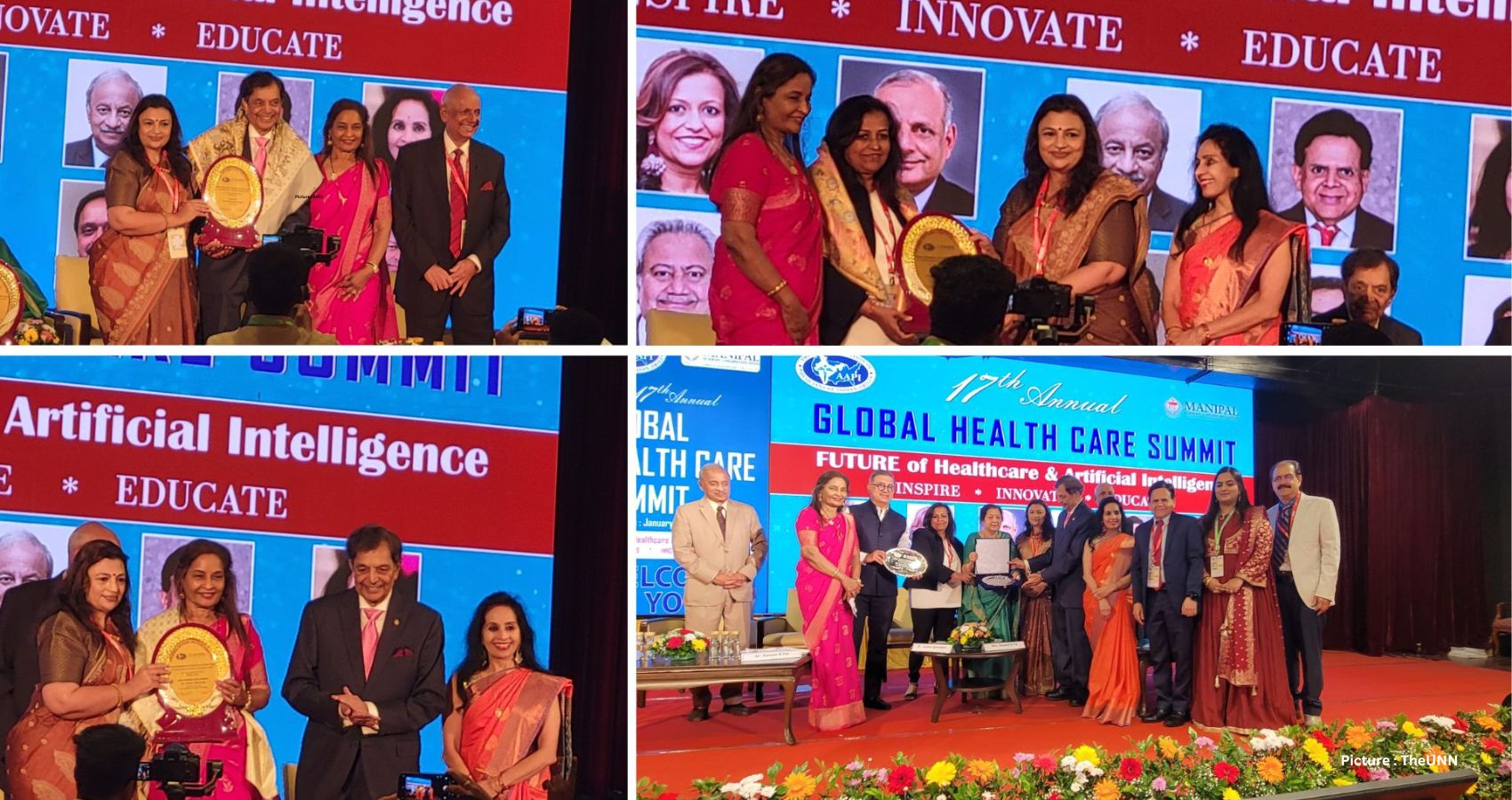
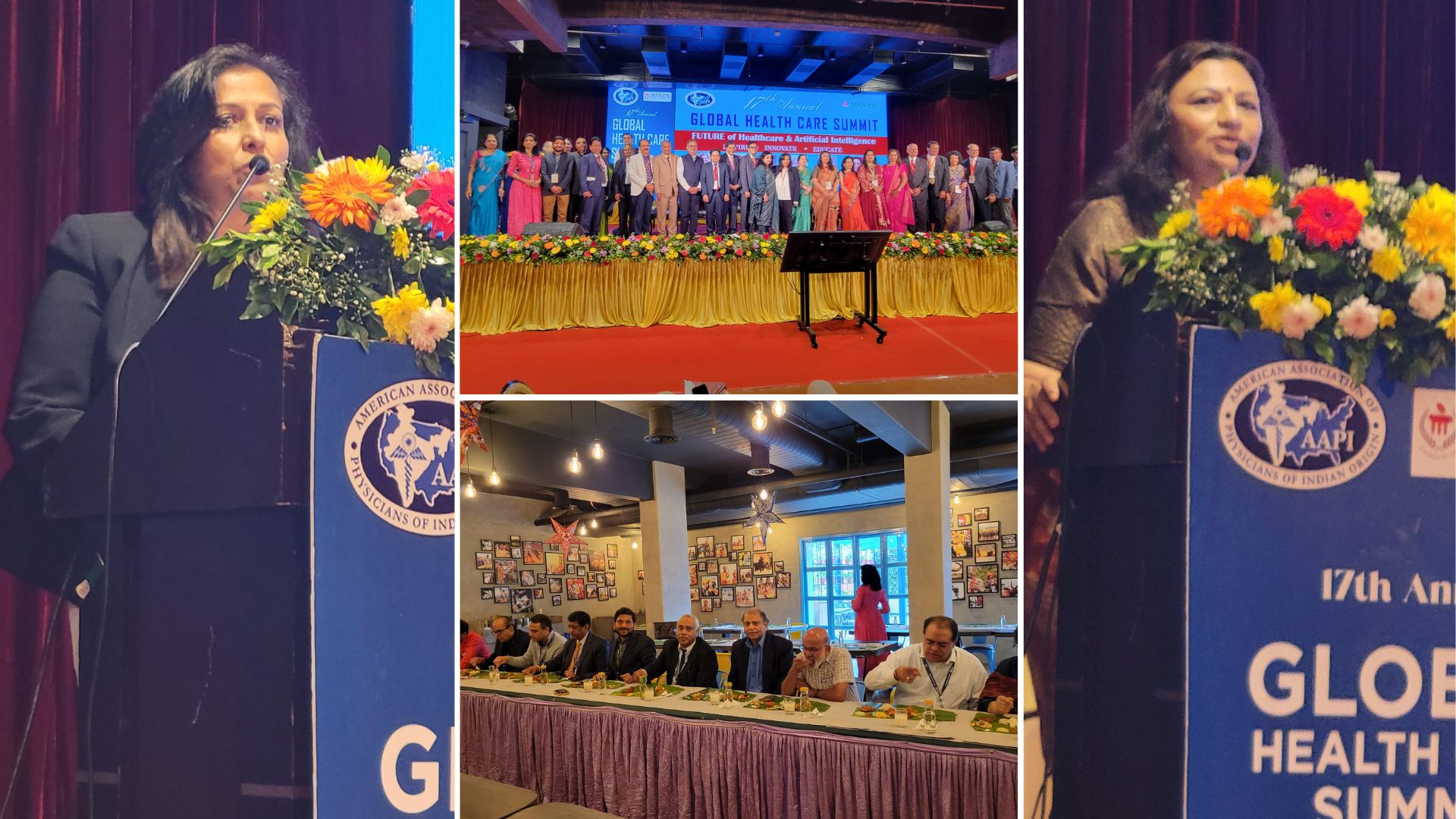 The AAPI Medical Symposium continued its legacy of delivering engaging and informative sessions, bringing together medical professionals and experts to explore various facets of healthcare. On January 5th, CME Sessions in Manipal was Inaugurated by Indian Medical Association National President, Dr. R .V. Ashokan.
The AAPI Medical Symposium continued its legacy of delivering engaging and informative sessions, bringing together medical professionals and experts to explore various facets of healthcare. On January 5th, CME Sessions in Manipal was Inaugurated by Indian Medical Association National President, Dr. R .V. Ashokan.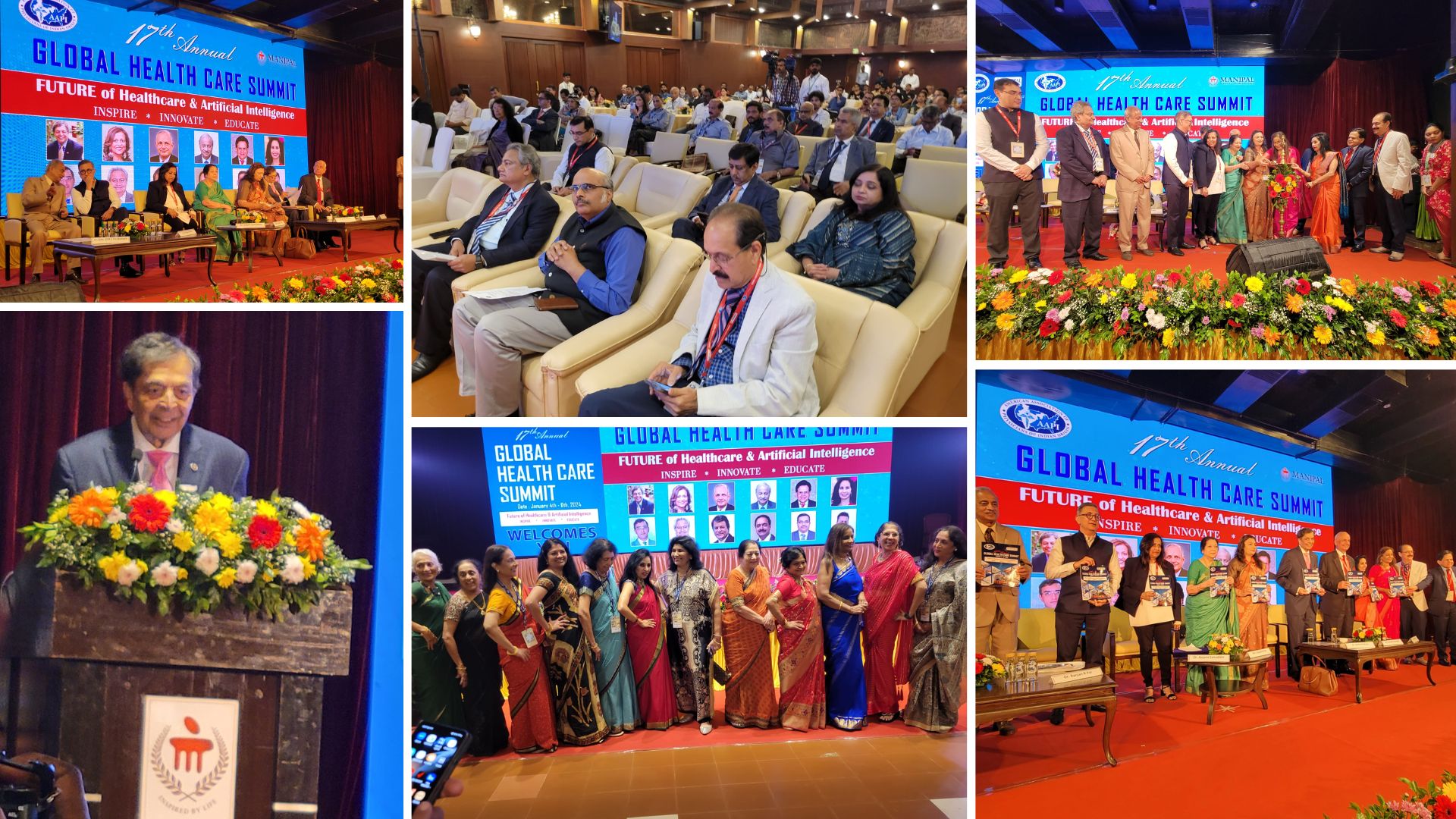 The Lifetime Achievement Award was conferred upon Dr. Ramdas Pai, Chancellor of Manipal Education Institute (MAHE). Dr. Ranjan Pai and Mrs. Vasanthi Pai accepted the honor on his behalf, and lauded Dr. Ramdas Pai’s achievements and invited all attending doctors to MAHE. Prominent personalities present at the event included Manipal Education and Medical Group (MEMG) Dr. Ranjan Pai, Dr. H S Ballal Pro Chancellor, MAHE, and Lt Gen (Dr) M D Venkatesh, Chair, GHS, India.
The Lifetime Achievement Award was conferred upon Dr. Ramdas Pai, Chancellor of Manipal Education Institute (MAHE). Dr. Ranjan Pai and Mrs. Vasanthi Pai accepted the honor on his behalf, and lauded Dr. Ramdas Pai’s achievements and invited all attending doctors to MAHE. Prominent personalities present at the event included Manipal Education and Medical Group (MEMG) Dr. Ranjan Pai, Dr. H S Ballal Pro Chancellor, MAHE, and Lt Gen (Dr) M D Venkatesh, Chair, GHS, India.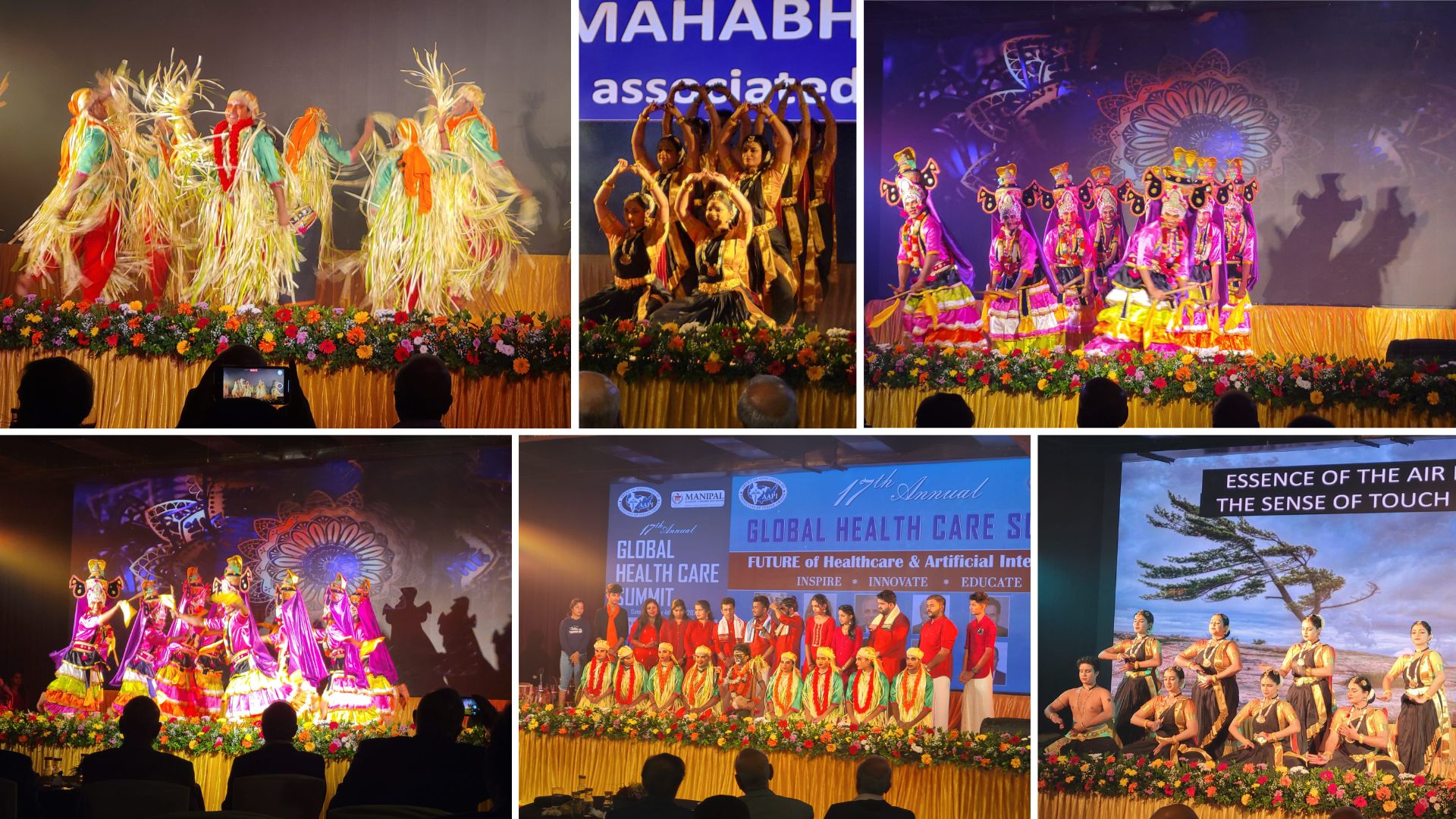 The popular CEO Forum had leaders in both the corporate and healthcare field, including, Ganesh Nayak, Executive Director, Zydus Lifesciences Ltd., Jagadish Tande, Prof. Madhav Das Nalapat, Dr. Vijay Gopal, Cardiologist, and Mr. Jagadish K M, CEO of KMF. The CEO Forum chaired by Dr. Sampat Shivangi, Chair of GHS 2024. The CEO Forum was moderated by Dr. Subra Bhat, who was a lead organizer og GHE Manipal along with his wife, Dr. Anu Bhat.
The popular CEO Forum had leaders in both the corporate and healthcare field, including, Ganesh Nayak, Executive Director, Zydus Lifesciences Ltd., Jagadish Tande, Prof. Madhav Das Nalapat, Dr. Vijay Gopal, Cardiologist, and Mr. Jagadish K M, CEO of KMF. The CEO Forum chaired by Dr. Sampat Shivangi, Chair of GHS 2024. The CEO Forum was moderated by Dr. Subra Bhat, who was a lead organizer og GHE Manipal along with his wife, Dr. Anu Bhat.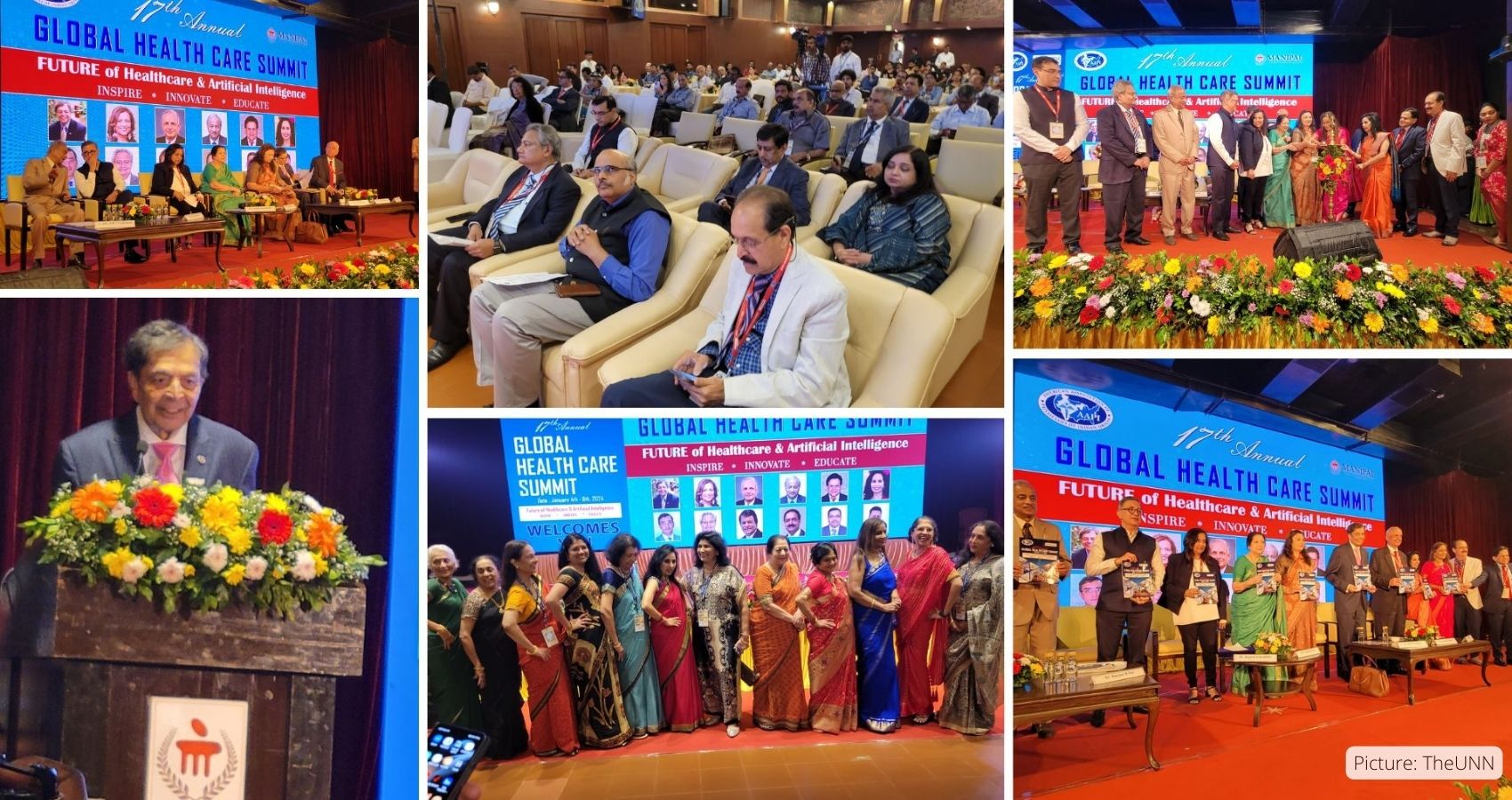
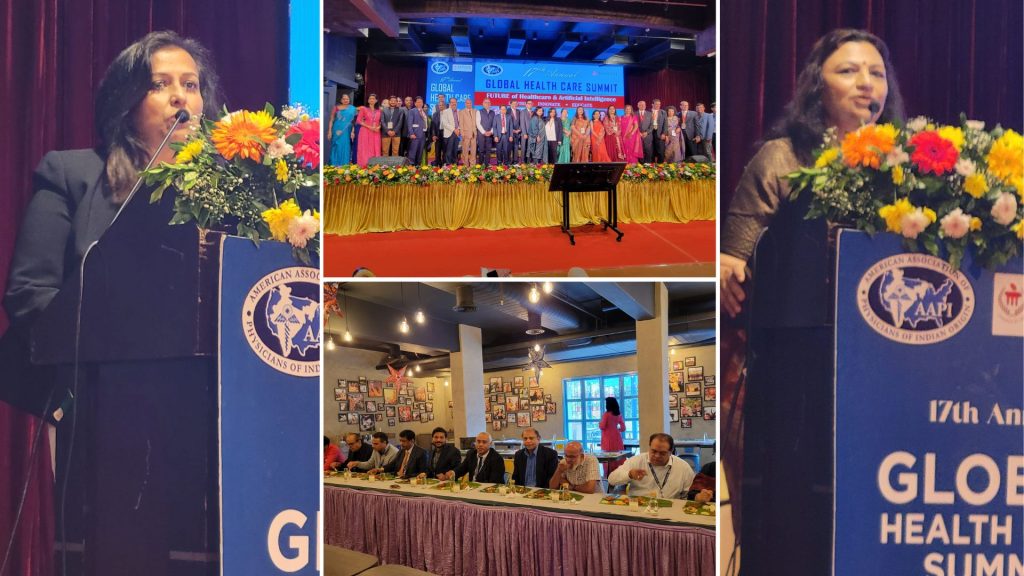 In her remarks, Mrs. Vasanthi Pai said, “Dr Ramdas M Pai has always set a high bar for the institutions he has set up. She shared with the audience the high regards and appreciation Dr. Pai has for AAPI and its valuable services in promoting healthcare and exchange of knowledge and advocacy of policy initiatives in the US.
In her remarks, Mrs. Vasanthi Pai said, “Dr Ramdas M Pai has always set a high bar for the institutions he has set up. She shared with the audience the high regards and appreciation Dr. Pai has for AAPI and its valuable services in promoting healthcare and exchange of knowledge and advocacy of policy initiatives in the US.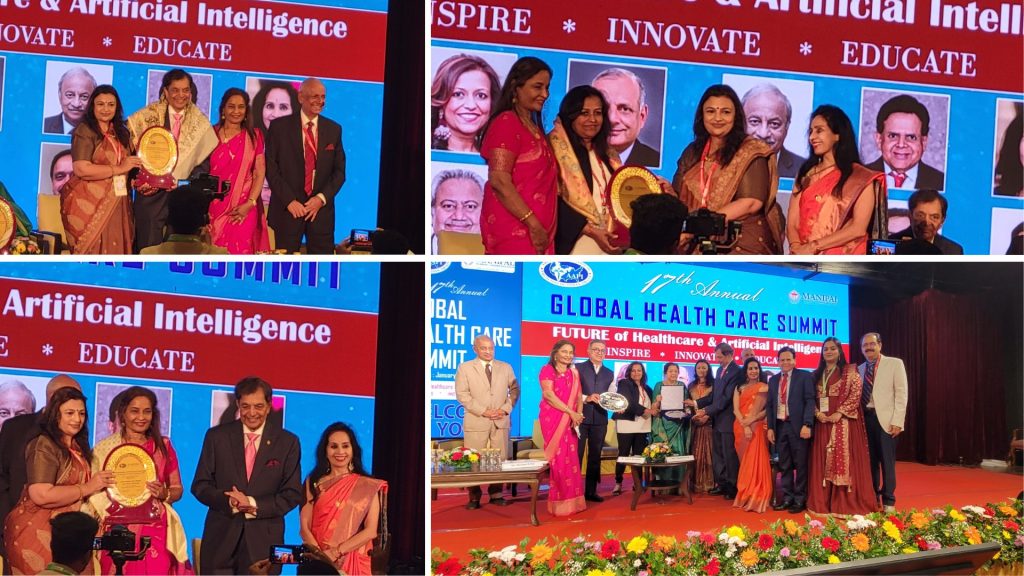 Dr. Krishna said, “AAPI has been a pioneering institution in the United States to support and nurture the Indian American physicians, the pursuit of excellence in professionalism patient care, teaching and research. They steadfastly pursue collective advocacy for furthering the costs of medicine, medical profession, and knowledge of ethics and legislative and regulatory changes in the profession. I’m delighted that AAPI has partnered with India to share the knowledge and progress in both our countries in the field as well as contributing to the health sector in India.”
Dr. Krishna said, “AAPI has been a pioneering institution in the United States to support and nurture the Indian American physicians, the pursuit of excellence in professionalism patient care, teaching and research. They steadfastly pursue collective advocacy for furthering the costs of medicine, medical profession, and knowledge of ethics and legislative and regulatory changes in the profession. I’m delighted that AAPI has partnered with India to share the knowledge and progress in both our countries in the field as well as contributing to the health sector in India.”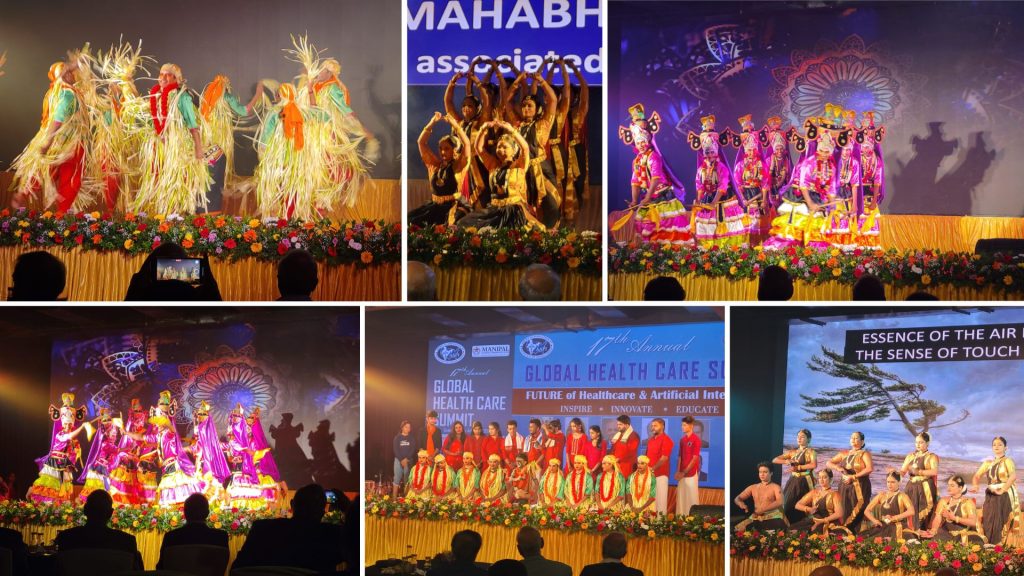 The awesome hospitality and warmth of the local organizing committee, cultural extravaganza depicting the cultural traditions of southern India, delicious Karnataka special cusine, served on banana leaves and the visits to the local education centers, Temples and cultural sites are added attractions that made the Summit in Manipal unique.
The awesome hospitality and warmth of the local organizing committee, cultural extravaganza depicting the cultural traditions of southern India, delicious Karnataka special cusine, served on banana leaves and the visits to the local education centers, Temples and cultural sites are added attractions that made the Summit in Manipal unique.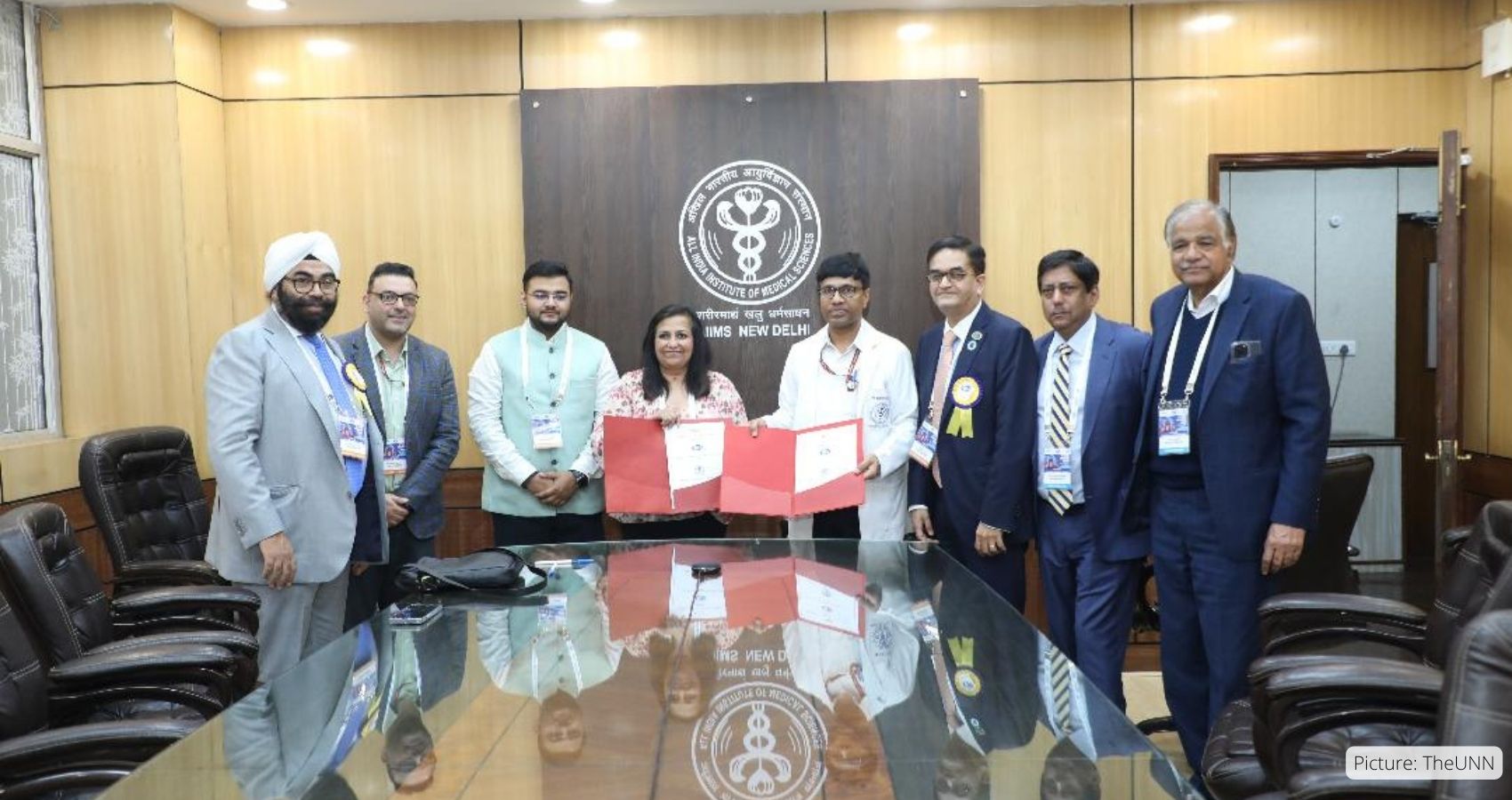
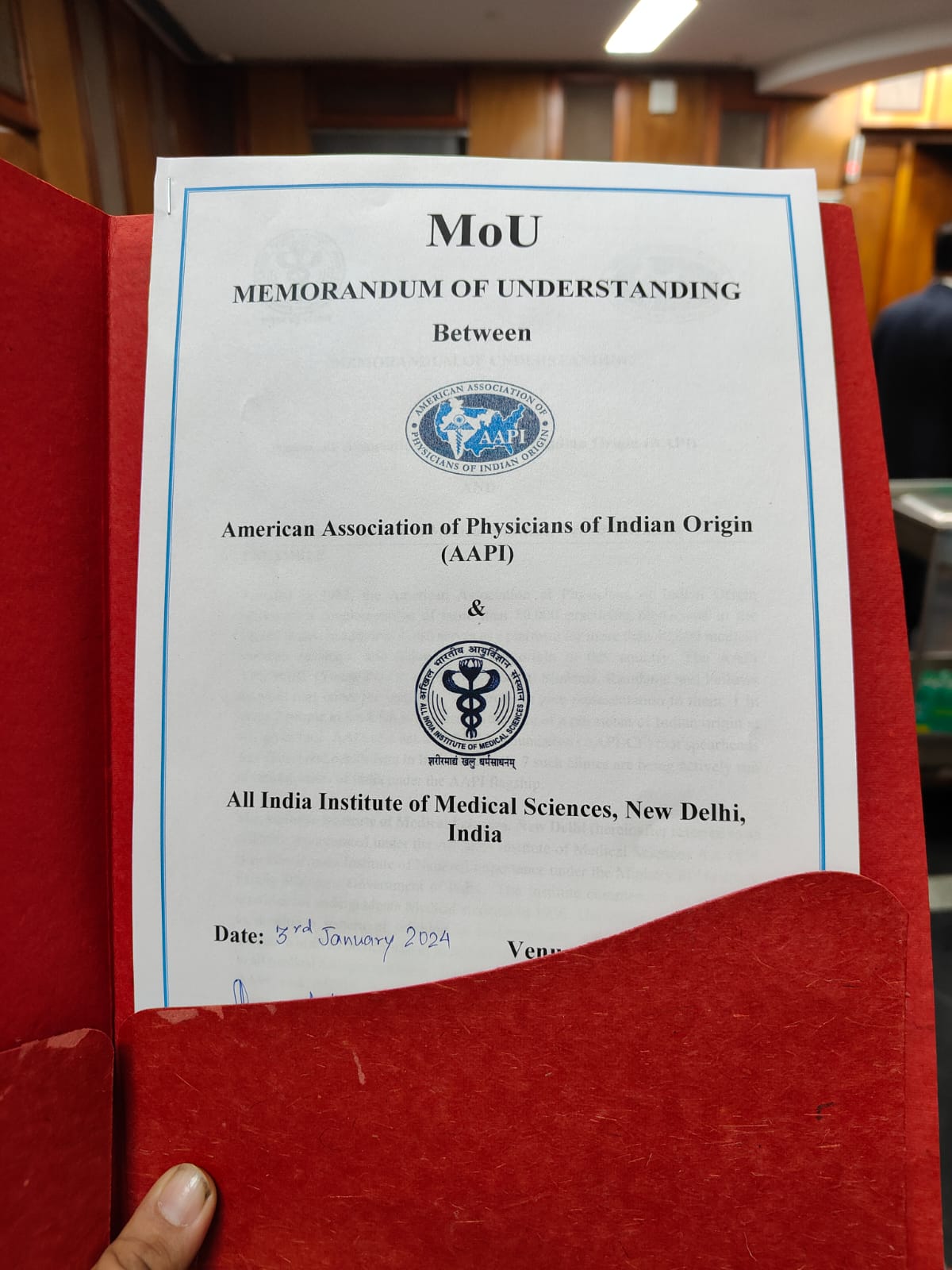 The collaboration between the AIIMS and AAPI signed at AIIMS in the presence of representatives from AAPI and AIIMS on January 3rd, 2024, marks a significant initiative to advance research, academia, and the exchange of knowledge, ultimately aiming to enhance patient care in India and has been hailed as a major step forward.
The collaboration between the AIIMS and AAPI signed at AIIMS in the presence of representatives from AAPI and AIIMS on January 3rd, 2024, marks a significant initiative to advance research, academia, and the exchange of knowledge, ultimately aiming to enhance patient care in India and has been hailed as a major step forward.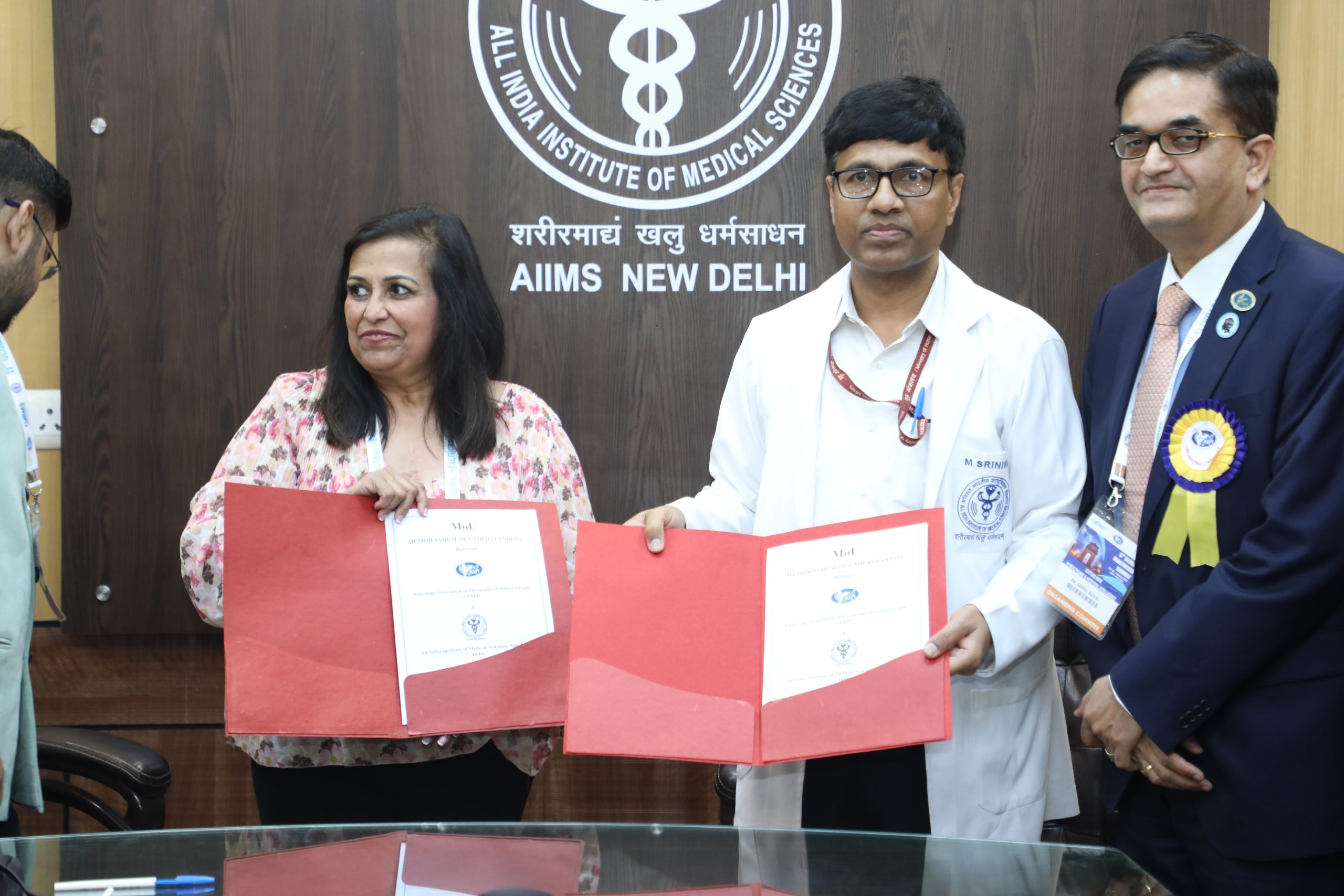 Under the Joint Supervision Program, Doctoral level students from either side can be co supervised by faculty members from both the organizations. AAPI members may permit its members to visit AIIMS for short durations, ranging from one week to one year to teach at AIIMS.
Under the Joint Supervision Program, Doctoral level students from either side can be co supervised by faculty members from both the organizations. AAPI members may permit its members to visit AIIMS for short durations, ranging from one week to one year to teach at AIIMS.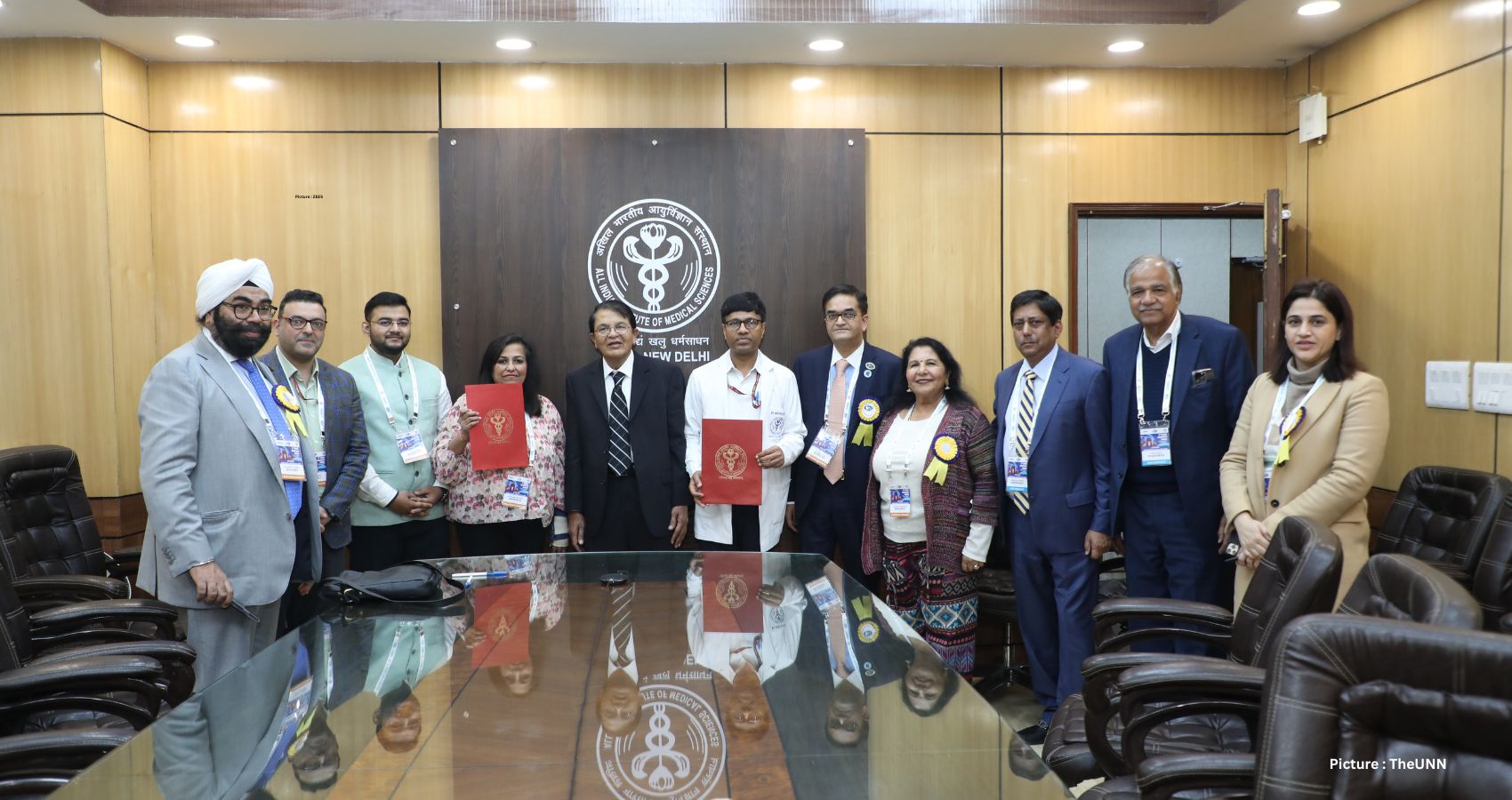 Dr. Sumul N. Raval, current Secretary of AAPI highlighted importance of the MoU said that this is the most successful outcomes from the GHS 2024 for the purpose of “learning from each other’s experiences, sharing vital insights and collaboration on future endeavors, mutual exchange of ideas, sharing of best practices that are critical for advancing medical education and assuring high standards for protecting public health will positively shape the medical education.”
Dr. Sumul N. Raval, current Secretary of AAPI highlighted importance of the MoU said that this is the most successful outcomes from the GHS 2024 for the purpose of “learning from each other’s experiences, sharing vital insights and collaboration on future endeavors, mutual exchange of ideas, sharing of best practices that are critical for advancing medical education and assuring high standards for protecting public health will positively shape the medical education.”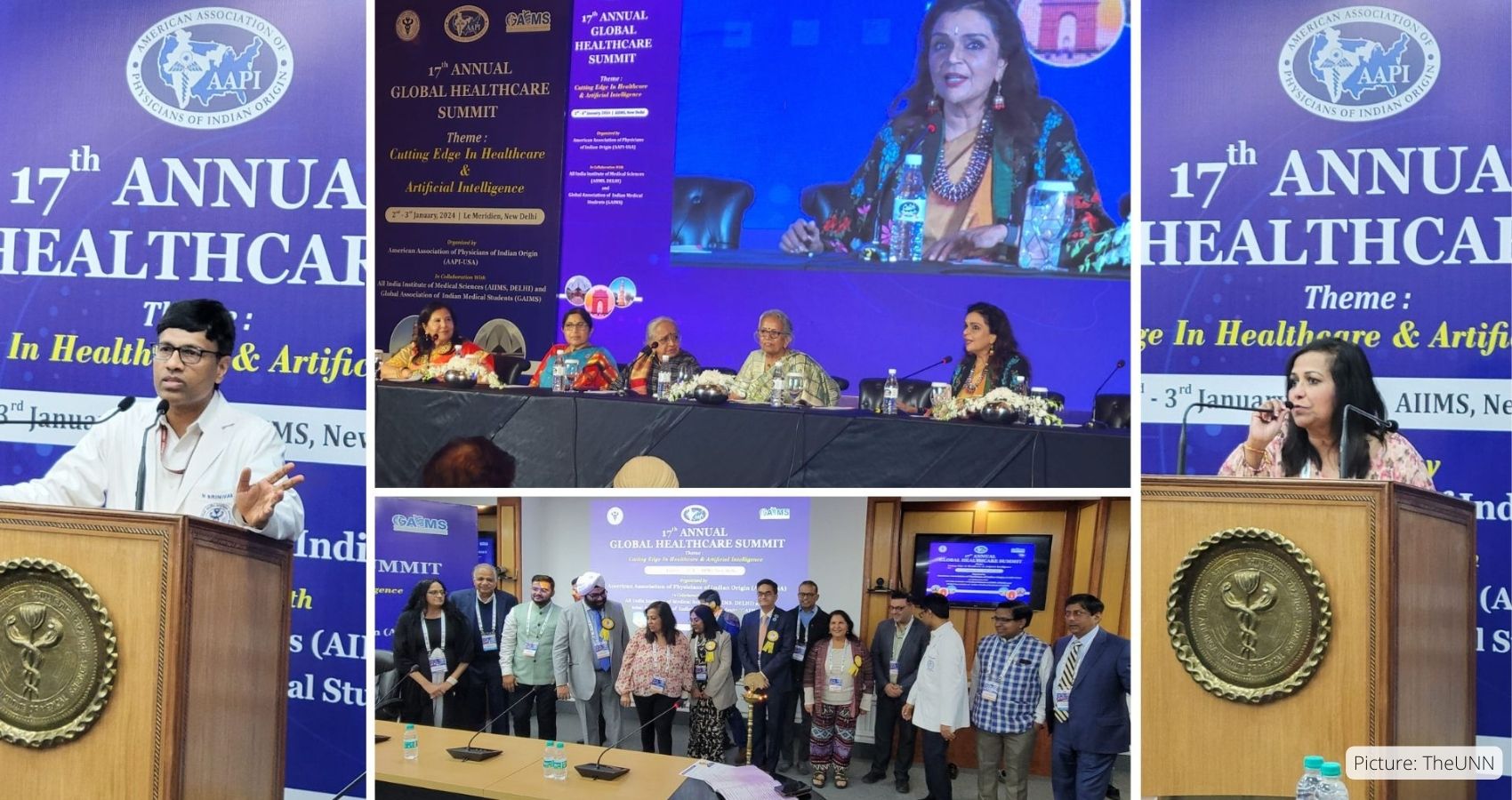
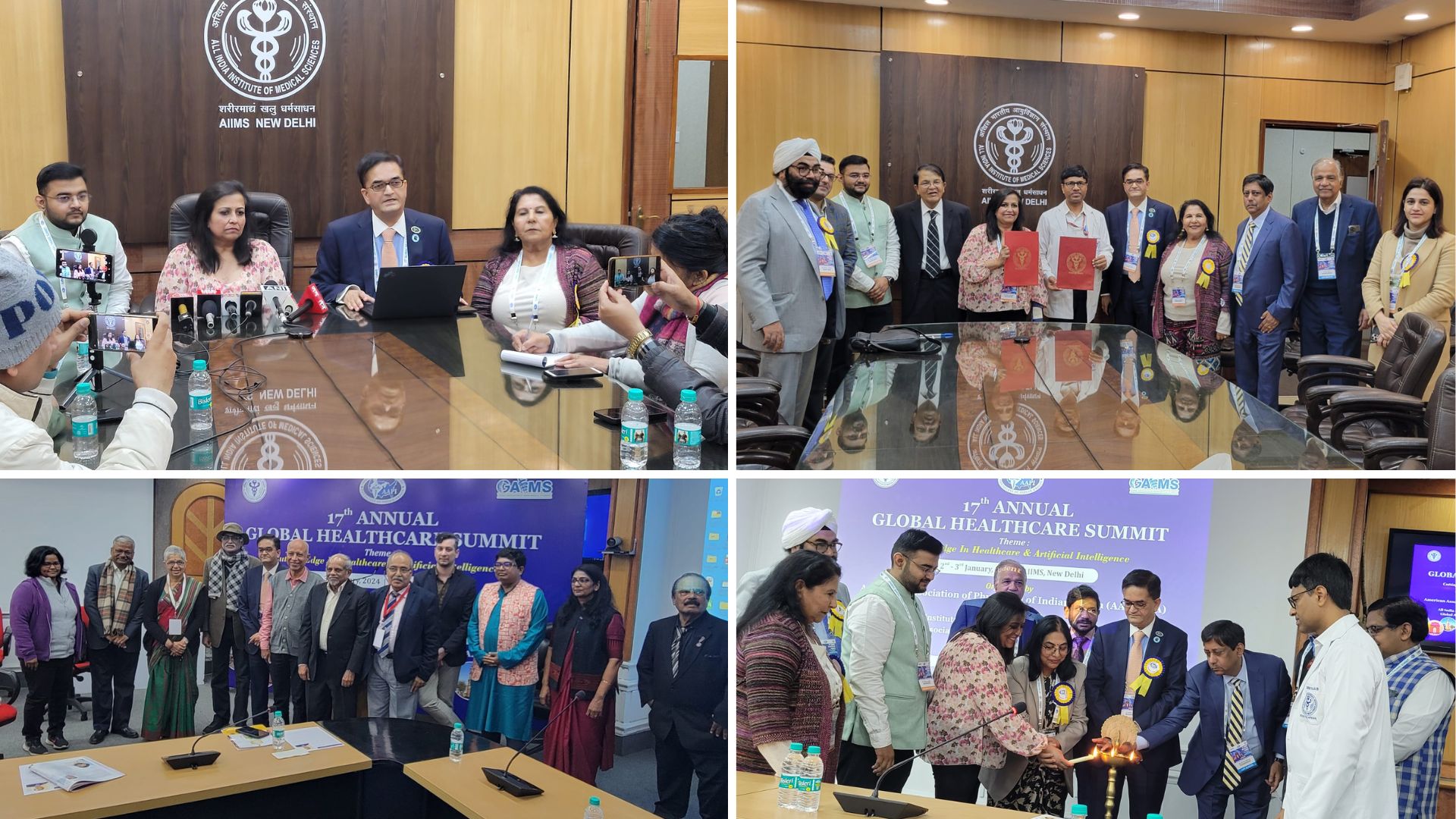 In her welcome address, Dr. Anjana Samadder, President of the American Association of Physicians of Indian Origin (AAPI) said, “I extend my warmest greetings to each and every one of you attending this prestigious 17th annual Global Healthcare Summit in New Delhi and Manipal. For the first time it is being held in two cities, in collaboration with prestigious institutions, such as AIIMS, New Delhi and MAHE in Manipal. As the president of AAPI, I’m honored to welcome a diverse gathering of experts, policymakers, healthcare professionals, and advocates dedicate dedicated to advancing global health. I want to thank was speakers and sponsors for their contributions.”
In her welcome address, Dr. Anjana Samadder, President of the American Association of Physicians of Indian Origin (AAPI) said, “I extend my warmest greetings to each and every one of you attending this prestigious 17th annual Global Healthcare Summit in New Delhi and Manipal. For the first time it is being held in two cities, in collaboration with prestigious institutions, such as AIIMS, New Delhi and MAHE in Manipal. As the president of AAPI, I’m honored to welcome a diverse gathering of experts, policymakers, healthcare professionals, and advocates dedicate dedicated to advancing global health. I want to thank was speakers and sponsors for their contributions.”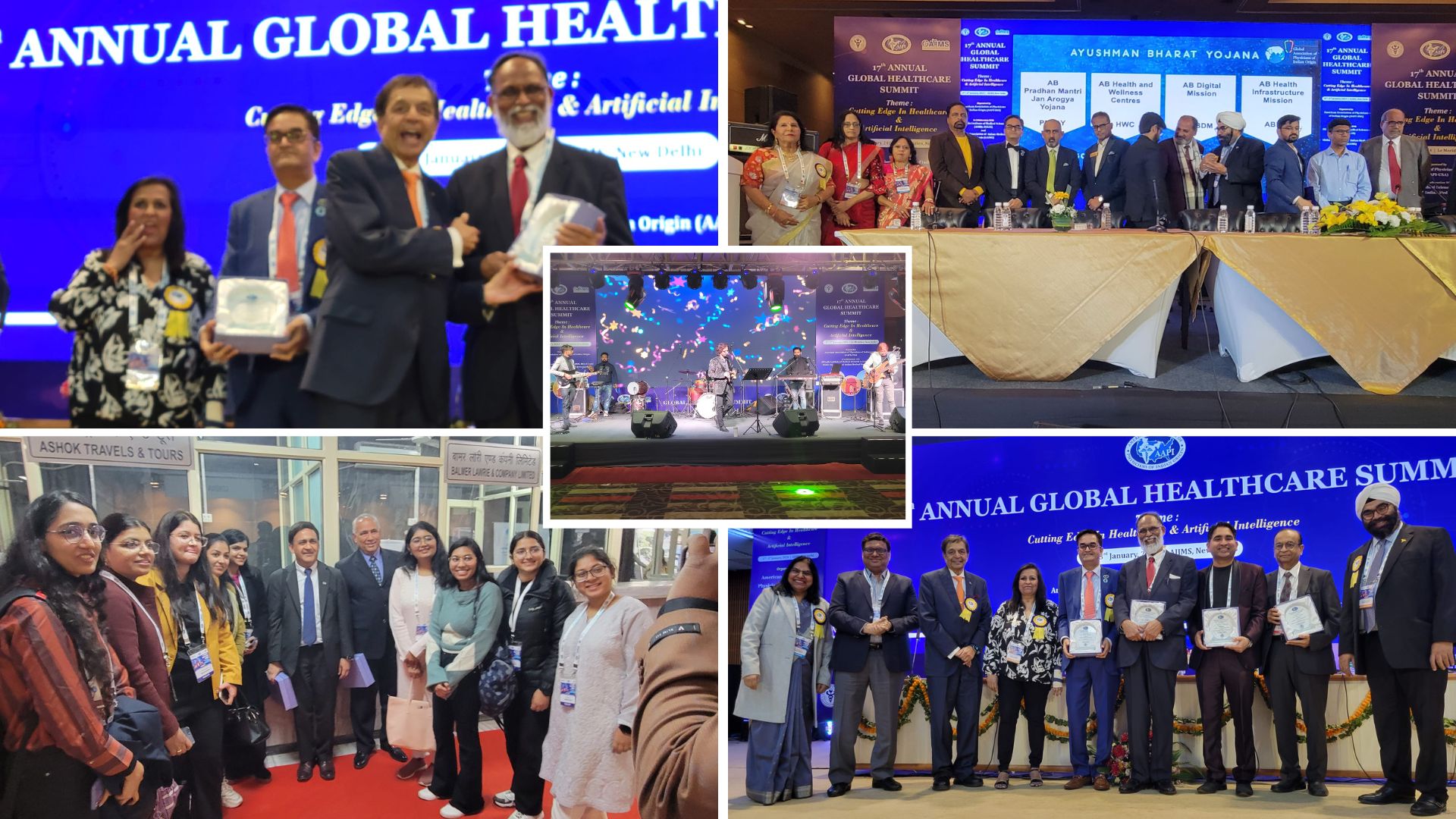 During GHS AAPI entered into a groundbreaking partnership with CLIRNET, India’s leading digital healthcare platform with the objective of running a Mentorship & Observership program jointly. While announcing the new initiative Dr. Samadder emphasized the imperative for healthcare professionals to stay at the forefront of innovation. She also highlighted that the collaboration between AAPI and CLIRNET marks a significant milestone in advancing clinical training in India.
During GHS AAPI entered into a groundbreaking partnership with CLIRNET, India’s leading digital healthcare platform with the objective of running a Mentorship & Observership program jointly. While announcing the new initiative Dr. Samadder emphasized the imperative for healthcare professionals to stay at the forefront of innovation. She also highlighted that the collaboration between AAPI and CLIRNET marks a significant milestone in advancing clinical training in India.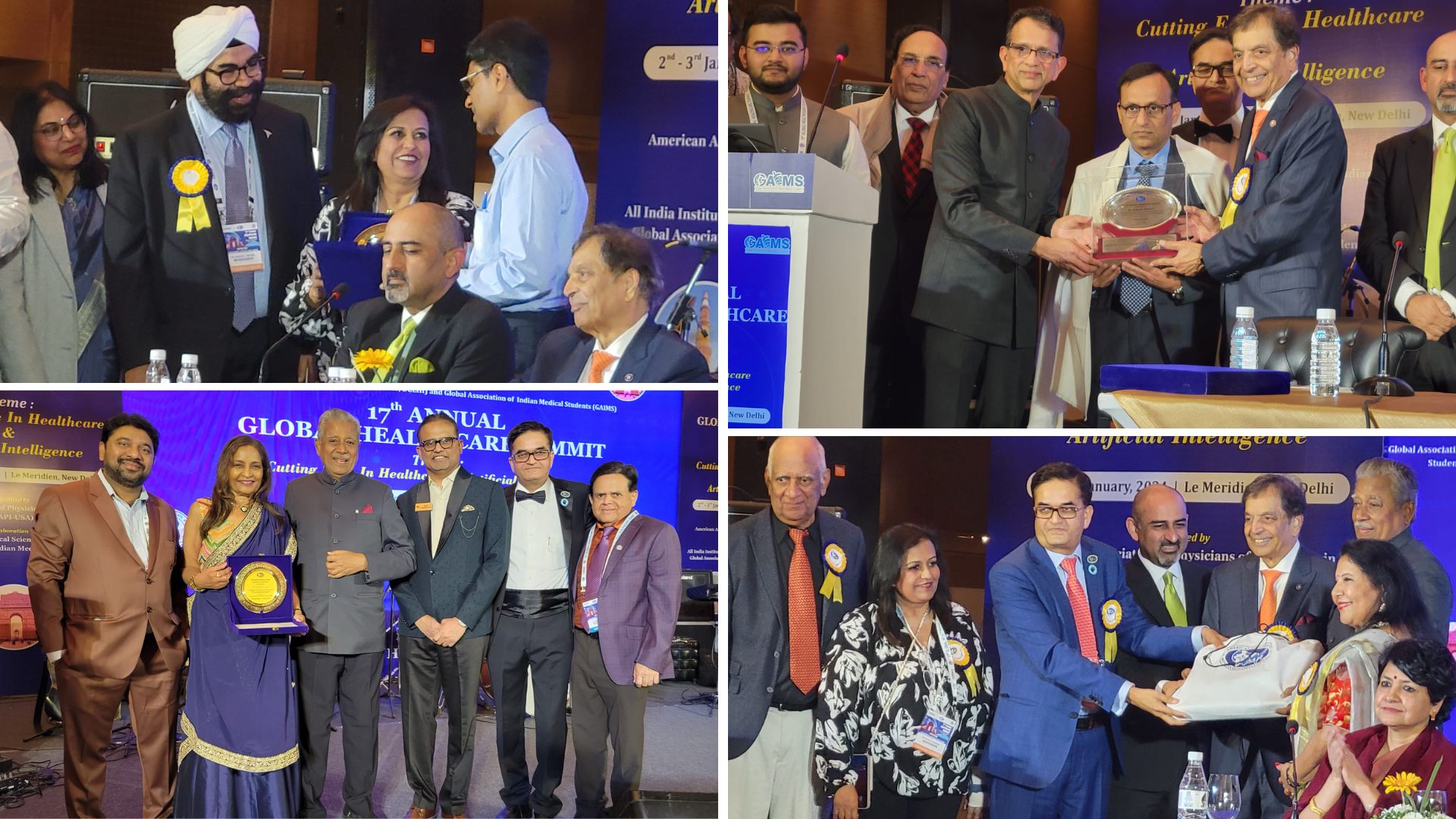 The CEO Forum addressed by eminent panelists that included, Air Marshal Sadhana Nair, Saurav Kasera, Sreeprasad Guduppa, Sudharshan Jain, Shenoy Robinson, Karthikeyan, IPS, and Suresh Samuel, in their eloquent addresses spoke on Equity, Ethics, and how to adapt to the changing landscape in the healthcare arena and make a positive and lasting impact, benefitting the physicians, industries and the larger population.
The CEO Forum addressed by eminent panelists that included, Air Marshal Sadhana Nair, Saurav Kasera, Sreeprasad Guduppa, Sudharshan Jain, Shenoy Robinson, Karthikeyan, IPS, and Suresh Samuel, in their eloquent addresses spoke on Equity, Ethics, and how to adapt to the changing landscape in the healthcare arena and make a positive and lasting impact, benefitting the physicians, industries and the larger population.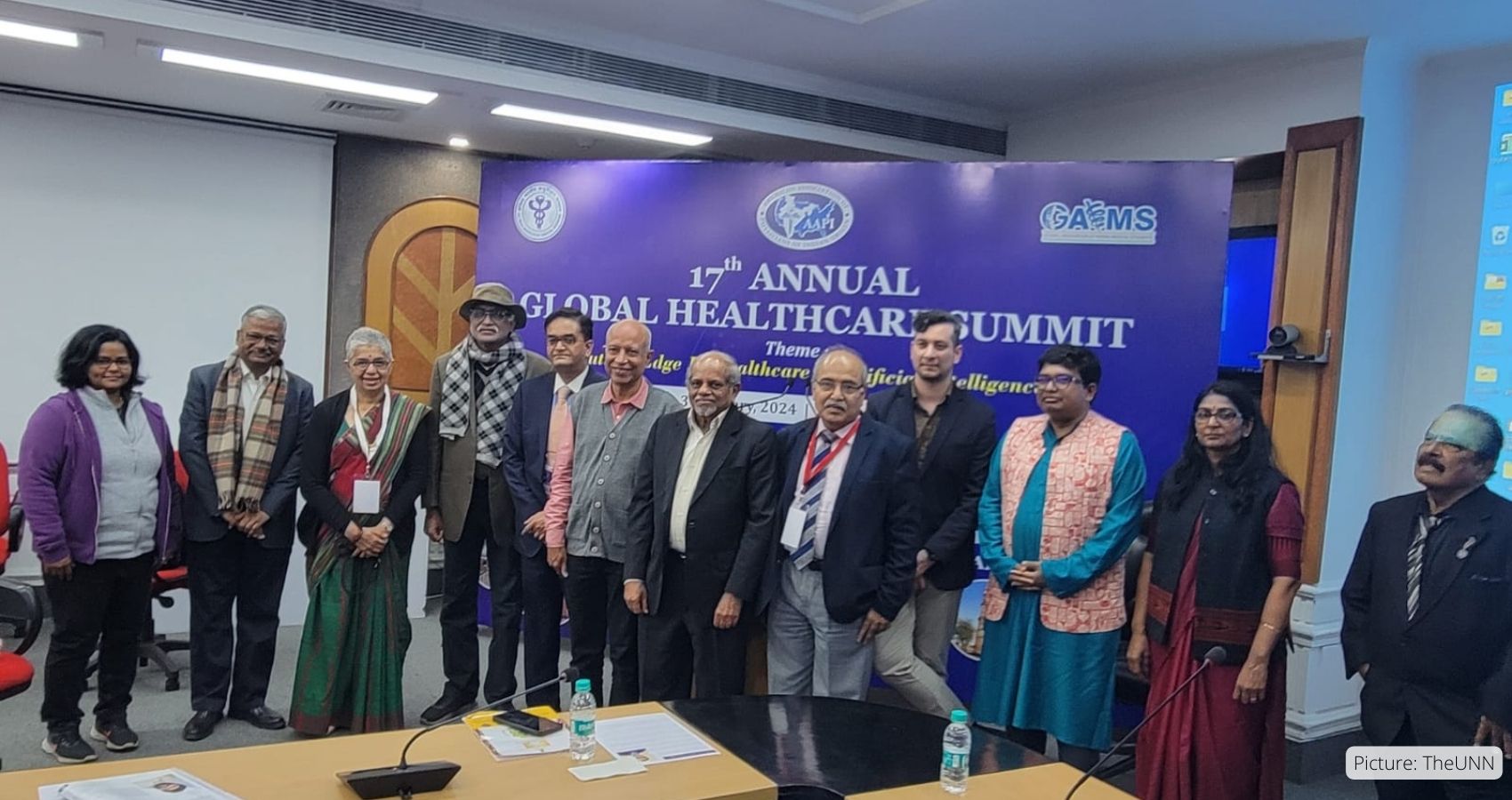
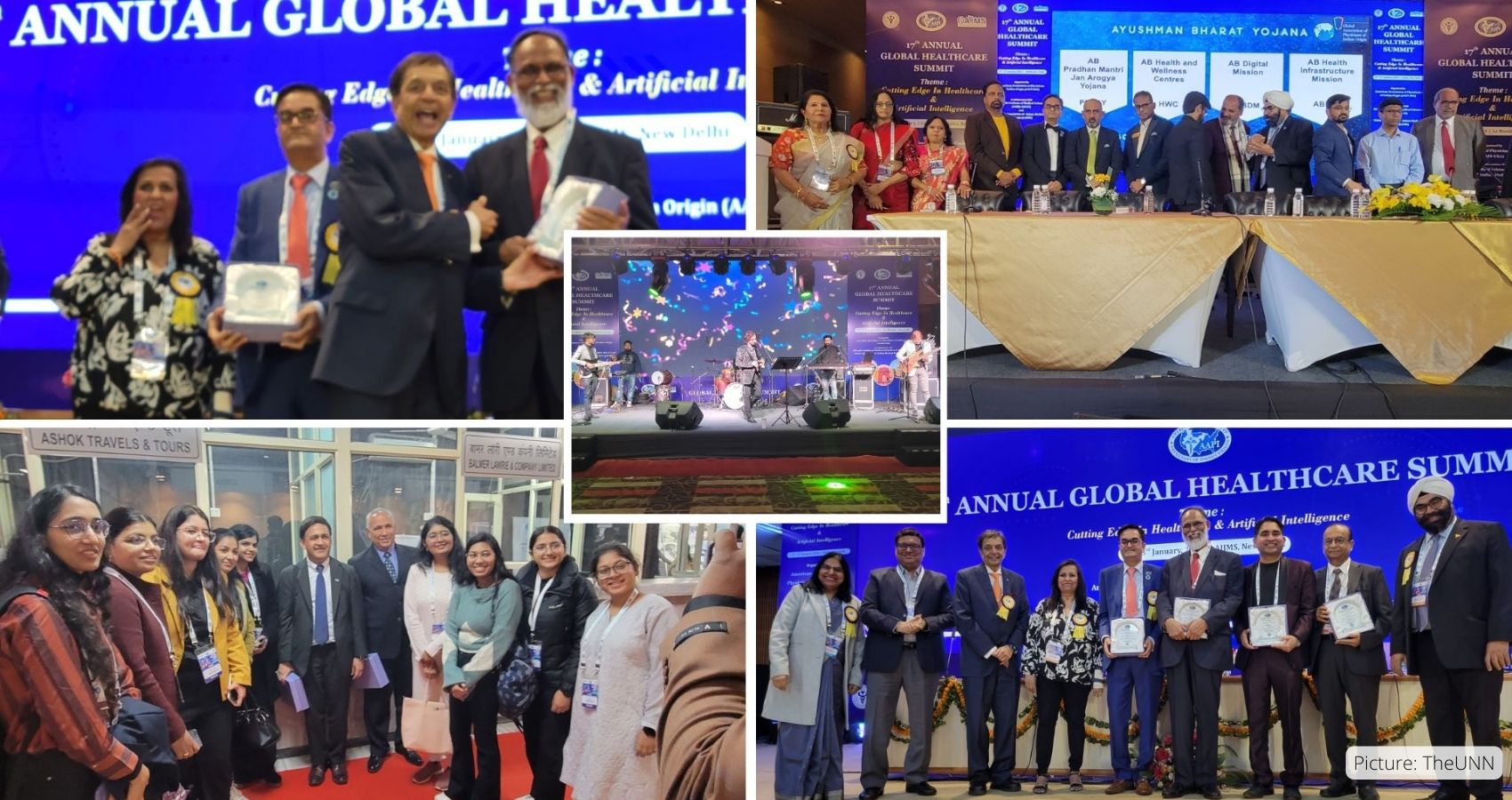
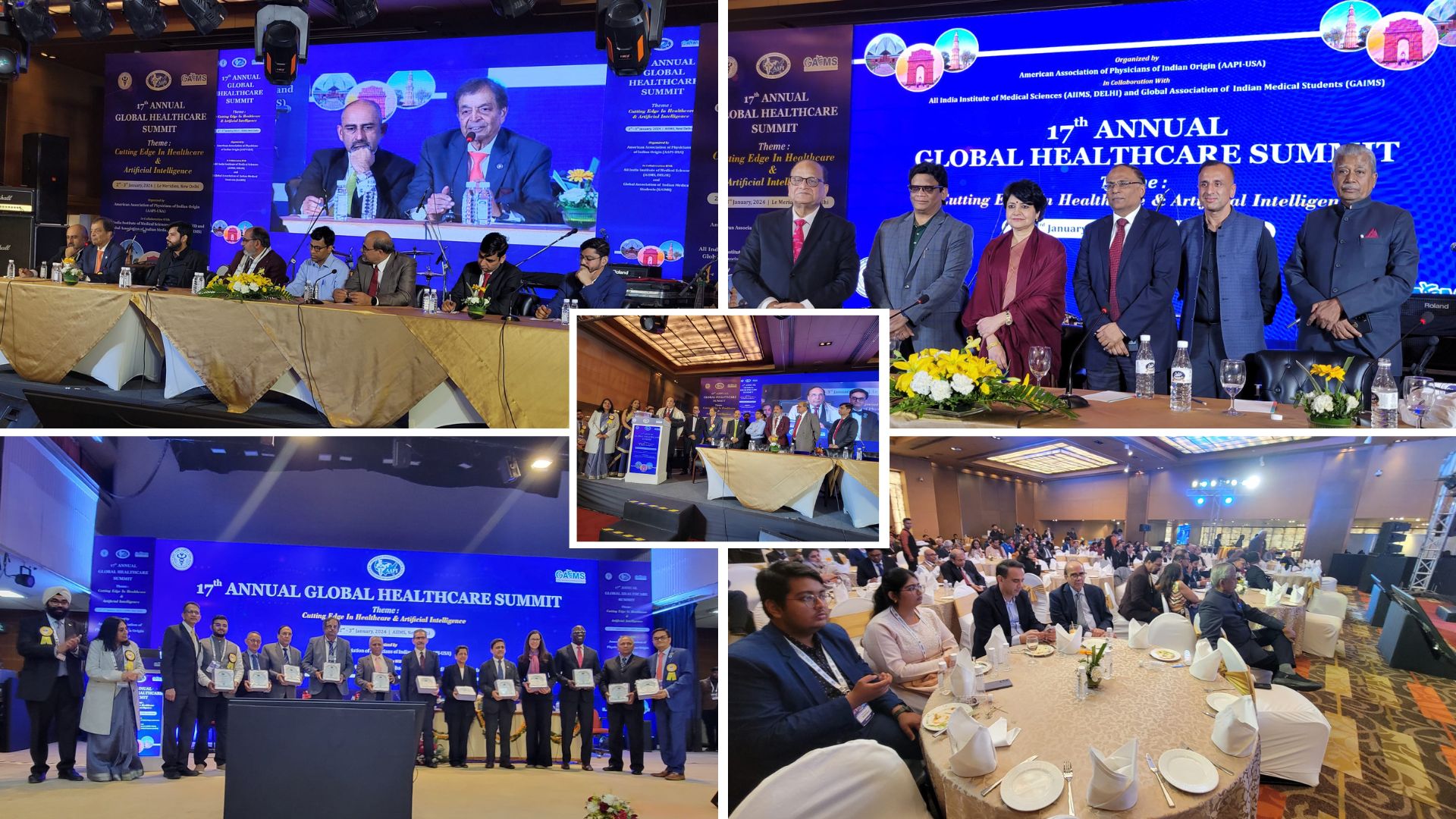 The annual event of AAPI, GHS has contributed to ushering in new ways of providing healthcare to India’s 1.4 billion people, who live in the congested urban centers and in the rural/remote regions of the country. The 17th annual GHS will build on the past initiatives and add several new programs, Dr. Samadder added.
The annual event of AAPI, GHS has contributed to ushering in new ways of providing healthcare to India’s 1.4 billion people, who live in the congested urban centers and in the rural/remote regions of the country. The 17th annual GHS will build on the past initiatives and add several new programs, Dr. Samadder added.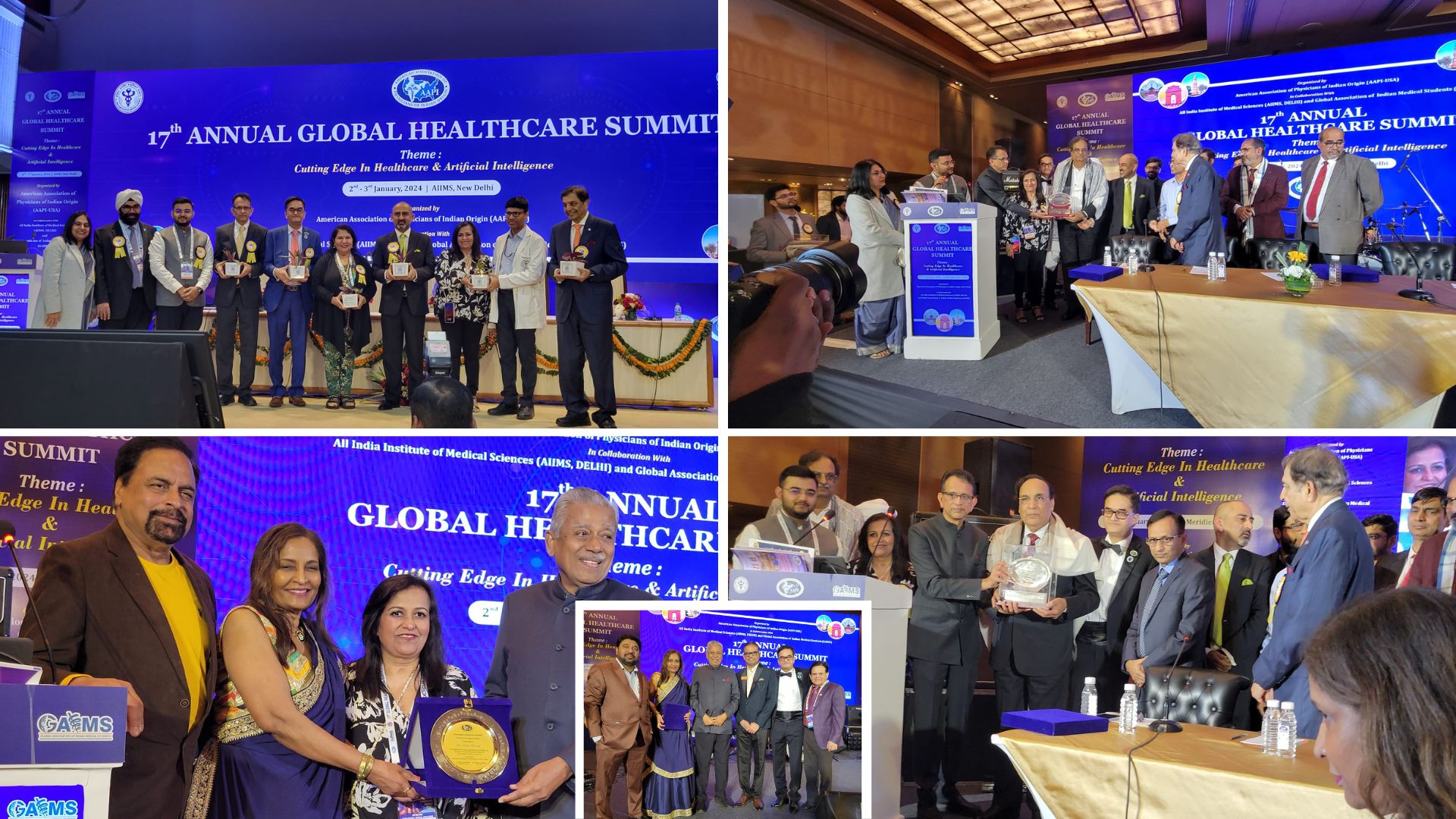 Dr. Lokesh Edara, Chair of AAPI BOT said, “AAPI’s GHS is yet another way of continuing with our constant commitment towards making quality healthcare affordable and accessible to all the people of India. In addition, GHS 2024 focusses on promoting Healthcare Technology including Artificial Intelligence in the Healthcare arena.”
Dr. Lokesh Edara, Chair of AAPI BOT said, “AAPI’s GHS is yet another way of continuing with our constant commitment towards making quality healthcare affordable and accessible to all the people of India. In addition, GHS 2024 focusses on promoting Healthcare Technology including Artificial Intelligence in the Healthcare arena.”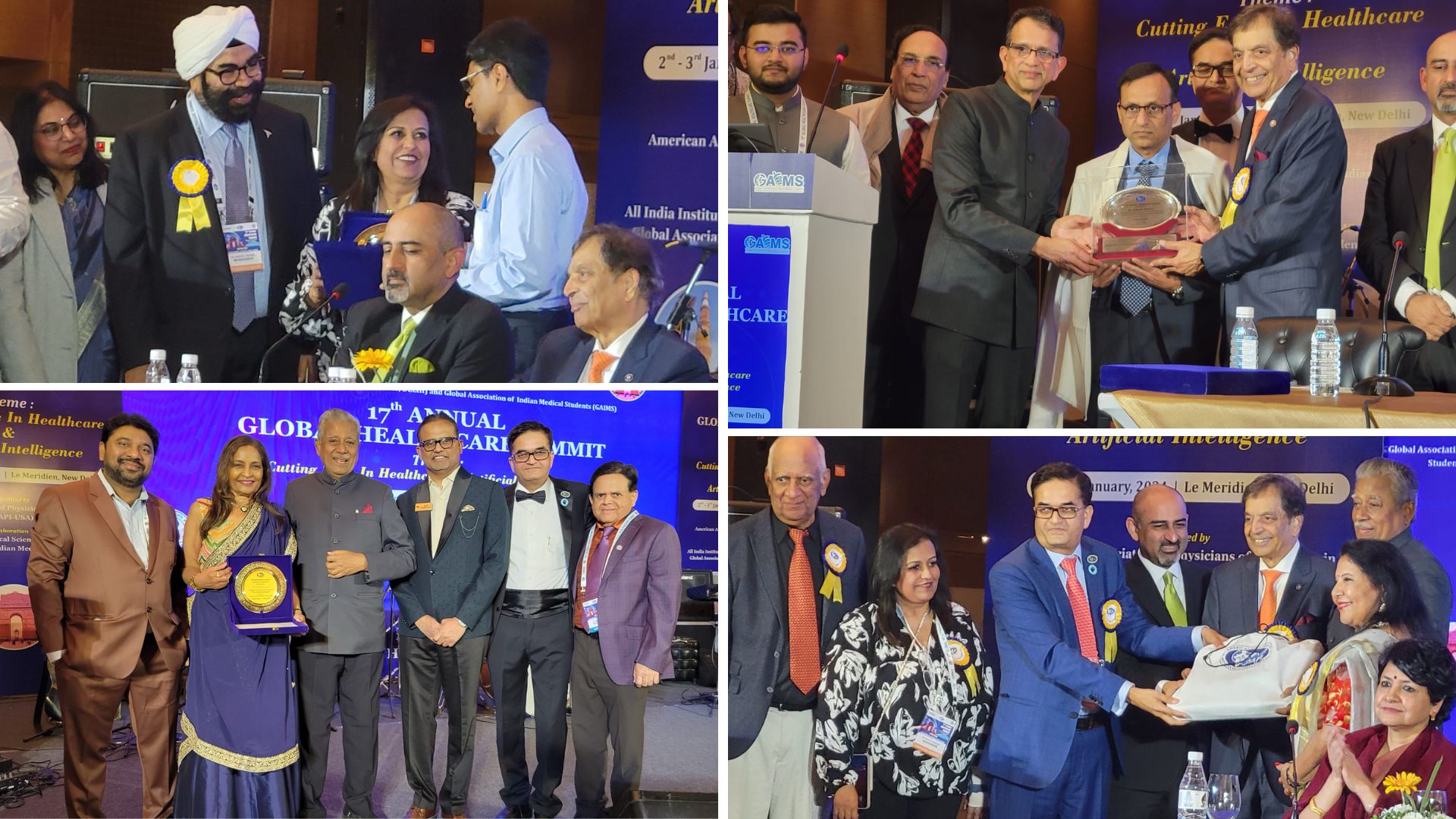 “AAPI GHS offers an opportunity to meet directly with these physicians who are leaders in their fields and play an integral part in the decision-making process regarding new products and services,” Dr. Sreeni Gangasani, Treasurer of AAPI said.
“AAPI GHS offers an opportunity to meet directly with these physicians who are leaders in their fields and play an integral part in the decision-making process regarding new products and services,” Dr. Sreeni Gangasani, Treasurer of AAPI said.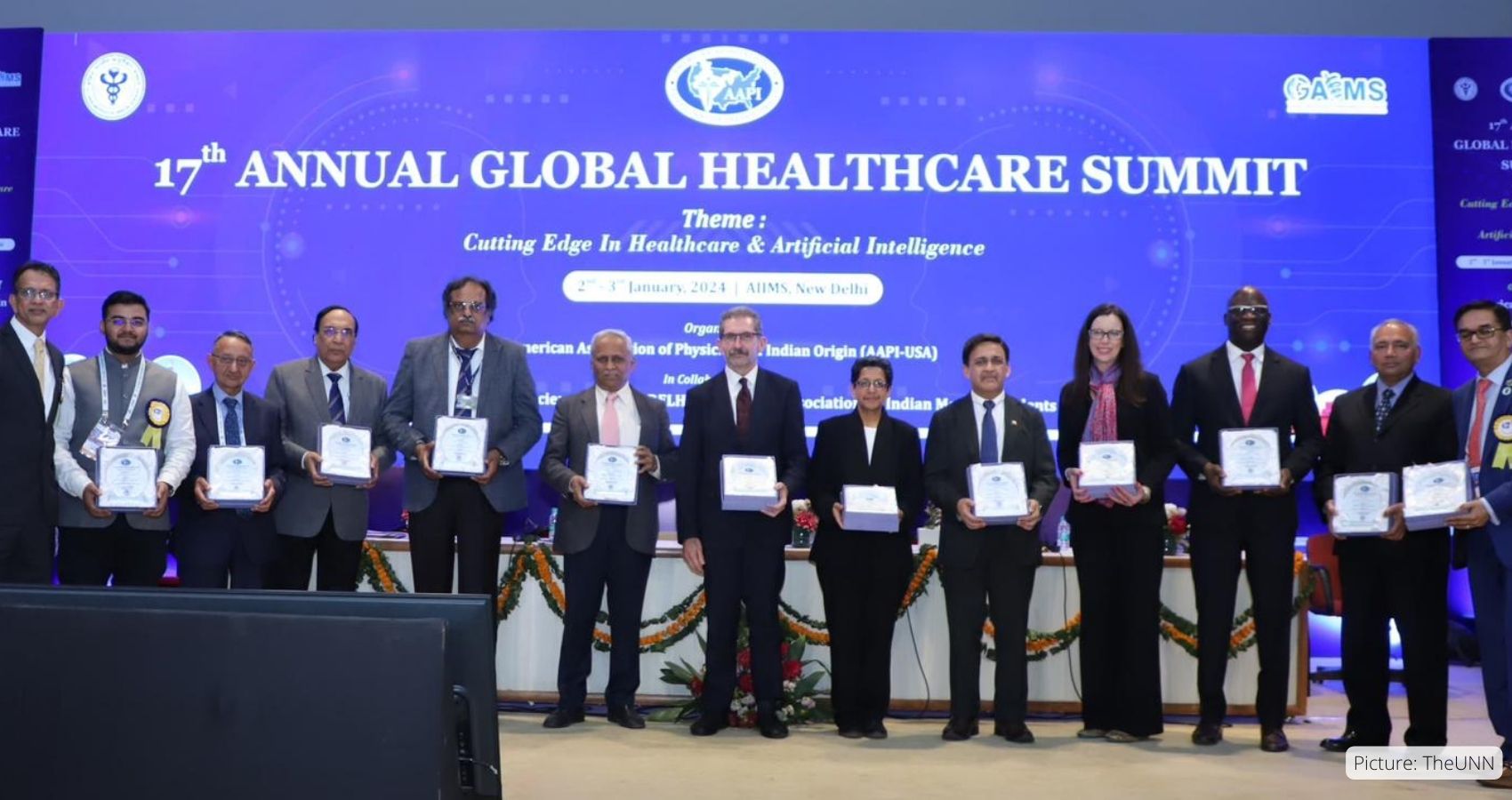
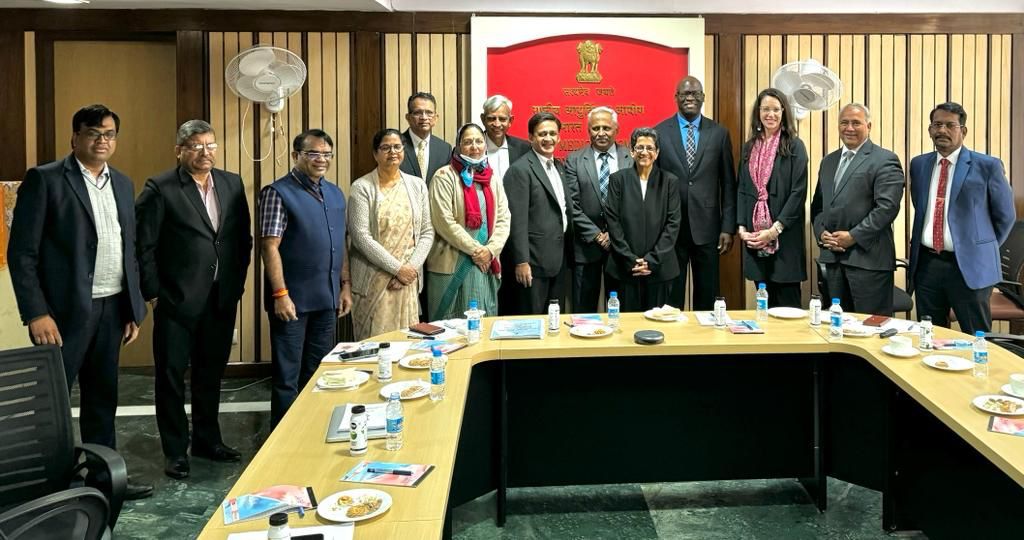 In this context, the American Association of Physicians of Indian Origin (AAPI), which has been leading efforts to help streamline medical education in India to meet the global standards, assembled a galaxy of medical regulatory organization leaders from India, the United Kingdom and the United States during the 17th annual Global Healthcare Summit in New Delhi, India on January 2, 2024.
In this context, the American Association of Physicians of Indian Origin (AAPI), which has been leading efforts to help streamline medical education in India to meet the global standards, assembled a galaxy of medical regulatory organization leaders from India, the United Kingdom and the United States during the 17th annual Global Healthcare Summit in New Delhi, India on January 2, 2024.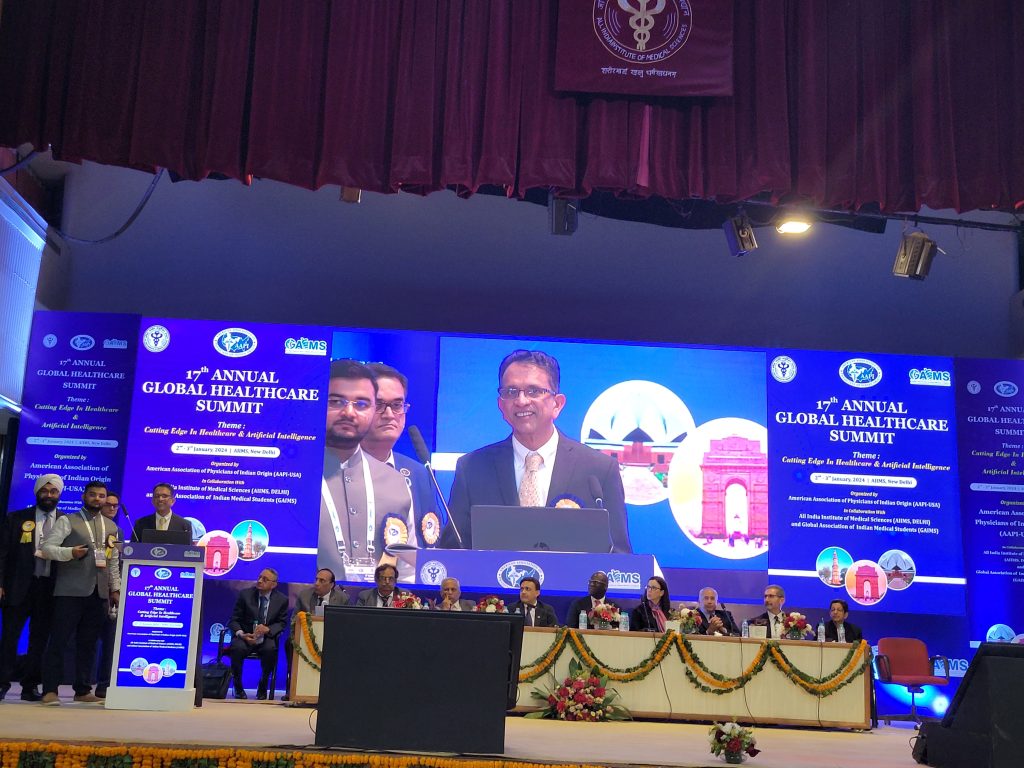 AAPI Global Medical Education has led this effort taking the delegation to the Indian National Board of Examinations in medical science NBEMS (nbe.edu.in) which conducts examination for the 1.8 million students and UG entrance examination across India and conduct the PG NNET entrance examination for 200,000 students annually. AAPI has been able to connect their visits to the National Medical Commission (NMC – nmc.org.in) that monitors ll700+ medical collges,100,000 MBBS admisisions,60,000 post graduate admissions and their education. During panel discussions lasting more than 3 hours of their experiences and their challenges.
AAPI Global Medical Education has led this effort taking the delegation to the Indian National Board of Examinations in medical science NBEMS (nbe.edu.in) which conducts examination for the 1.8 million students and UG entrance examination across India and conduct the PG NNET entrance examination for 200,000 students annually. AAPI has been able to connect their visits to the National Medical Commission (NMC – nmc.org.in) that monitors ll700+ medical collges,100,000 MBBS admisisions,60,000 post graduate admissions and their education. During panel discussions lasting more than 3 hours of their experiences and their challenges.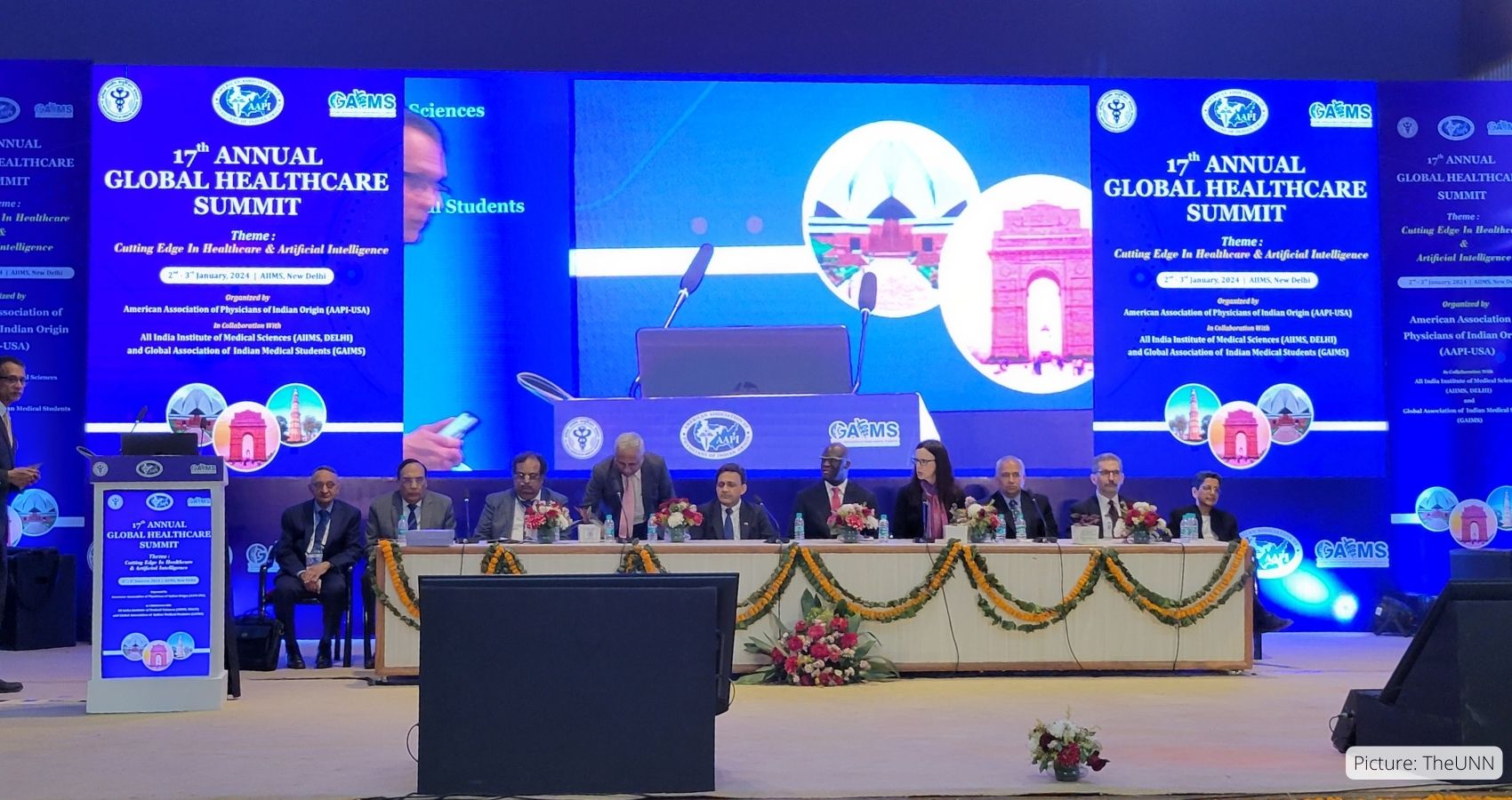 Dr. Raval said, “In order for us to meet the unprecedented demand and to bring up the quality of education, the Indian medical education system is changing rapidly. The meeting today was a great beginning to facilitate collaborative efforts between India and the United States.”
Dr. Raval said, “In order for us to meet the unprecedented demand and to bring up the quality of education, the Indian medical education system is changing rapidly. The meeting today was a great beginning to facilitate collaborative efforts between India and the United States.”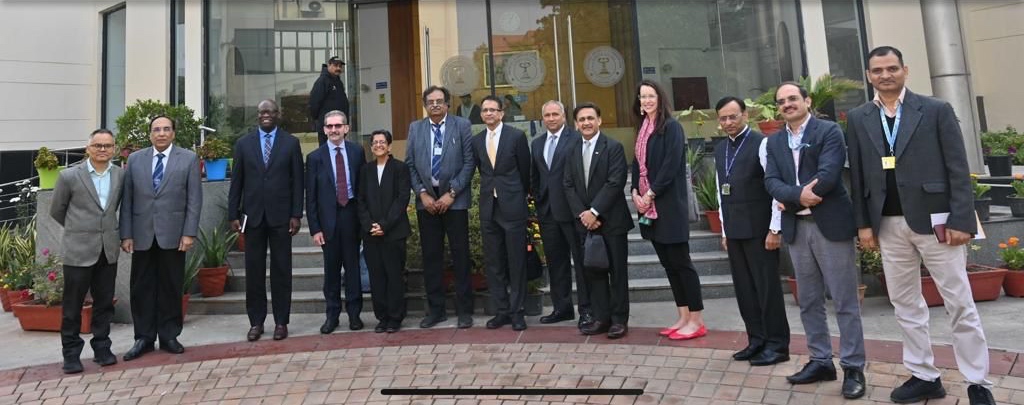 Expressing appreciation for Dr. Edara and Dr. Raval for taking the lead in facilitating interaction and dialogue between the Medical Education Boards of India and the United States, Dr. Anjana Samadder, President of AAPI said, “Since its inception over four decades ago, AAPI has been in the forefront advocating for medical school education reform and for the medical graduates from India to be treated on par with their counterparts in India. India is already leading the global pharmaceutical industry, and rebooting medical education will help India enter the league of leaders in healthcare around the world. The meeting today was a great start, and I look forward to AAPI continuing to lead such efforts in the coming years benefitting the medical fraternity.” For more information on AAPI and its many initiatives, please visit: www.aapiusa.org
Expressing appreciation for Dr. Edara and Dr. Raval for taking the lead in facilitating interaction and dialogue between the Medical Education Boards of India and the United States, Dr. Anjana Samadder, President of AAPI said, “Since its inception over four decades ago, AAPI has been in the forefront advocating for medical school education reform and for the medical graduates from India to be treated on par with their counterparts in India. India is already leading the global pharmaceutical industry, and rebooting medical education will help India enter the league of leaders in healthcare around the world. The meeting today was a great start, and I look forward to AAPI continuing to lead such efforts in the coming years benefitting the medical fraternity.” For more information on AAPI and its many initiatives, please visit: www.aapiusa.org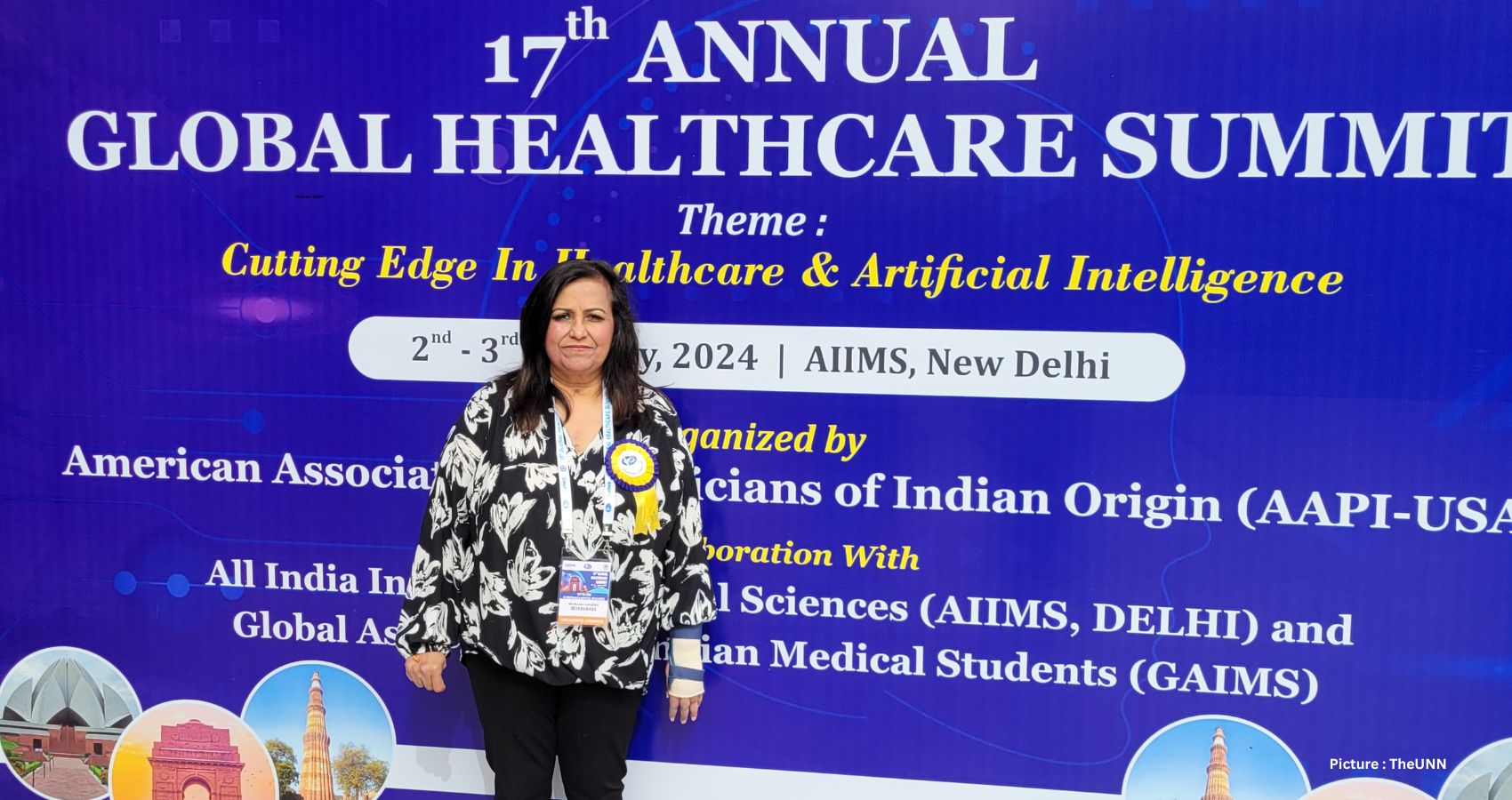
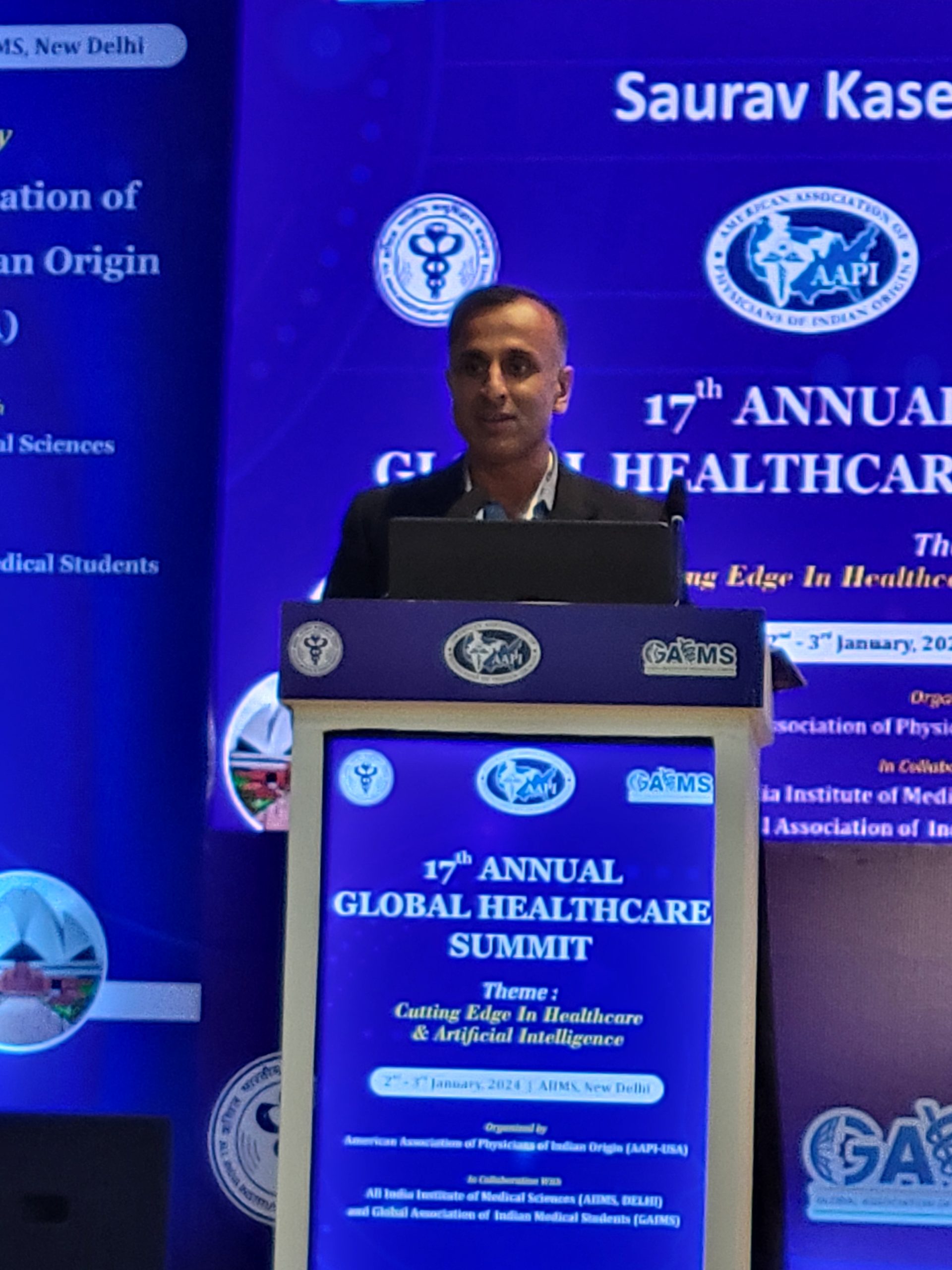 The GHS began here at AAIS this morning with an eloquent address by Dr. Anupam Sibel, GHS Chair – New Delhi, who spoke on India becoming Vishavaguru in almost all areas of international standing, including in healthcare, technology, finance and scientific research, The scientific sessions moderated and presented by world renowned physicians of Indian origin are being attended by Fellows, Residents and Medical students at AIIMS and the dozens of delegates from the United States.
The GHS began here at AAIS this morning with an eloquent address by Dr. Anupam Sibel, GHS Chair – New Delhi, who spoke on India becoming Vishavaguru in almost all areas of international standing, including in healthcare, technology, finance and scientific research, The scientific sessions moderated and presented by world renowned physicians of Indian origin are being attended by Fellows, Residents and Medical students at AIIMS and the dozens of delegates from the United States.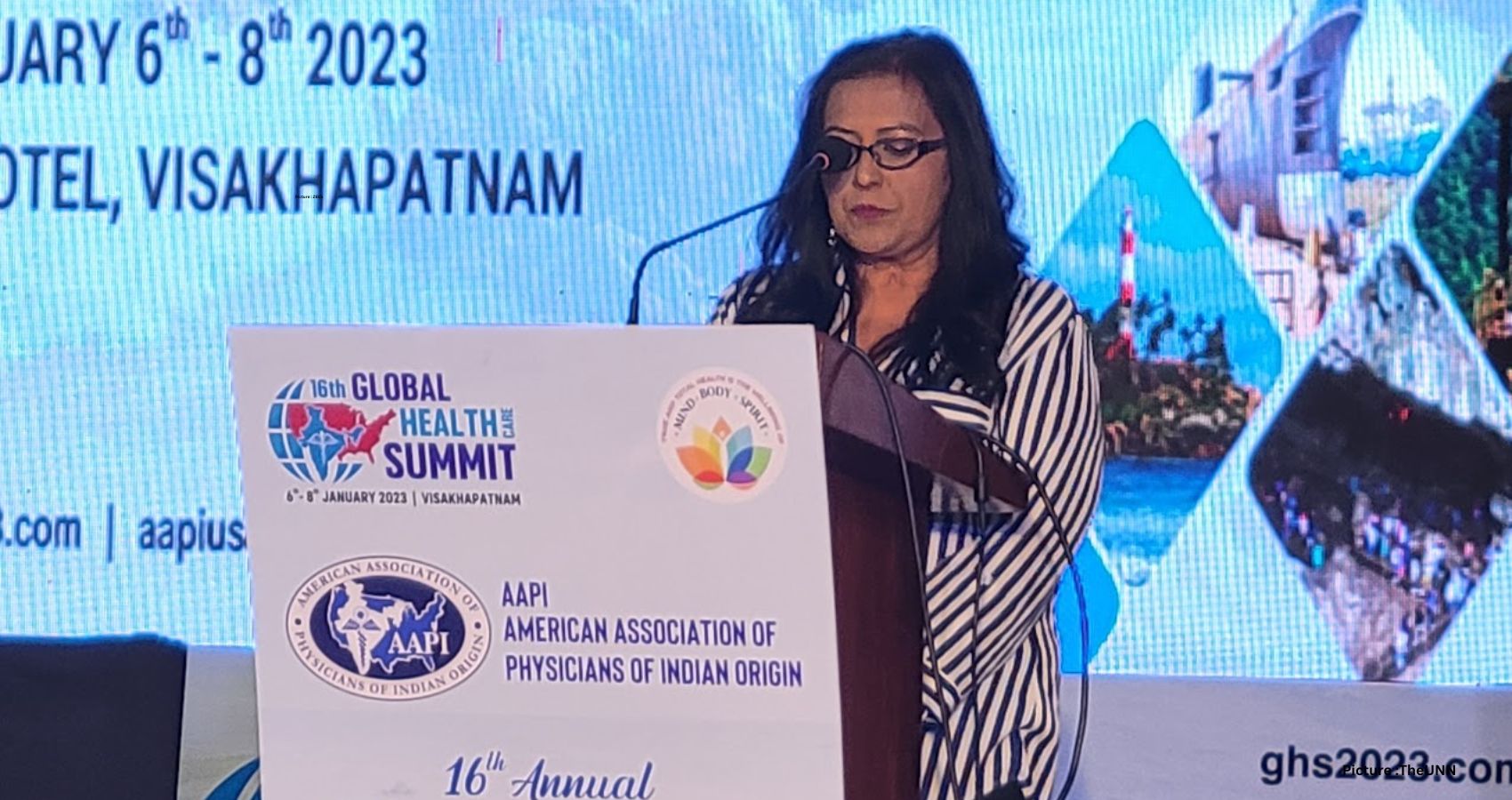
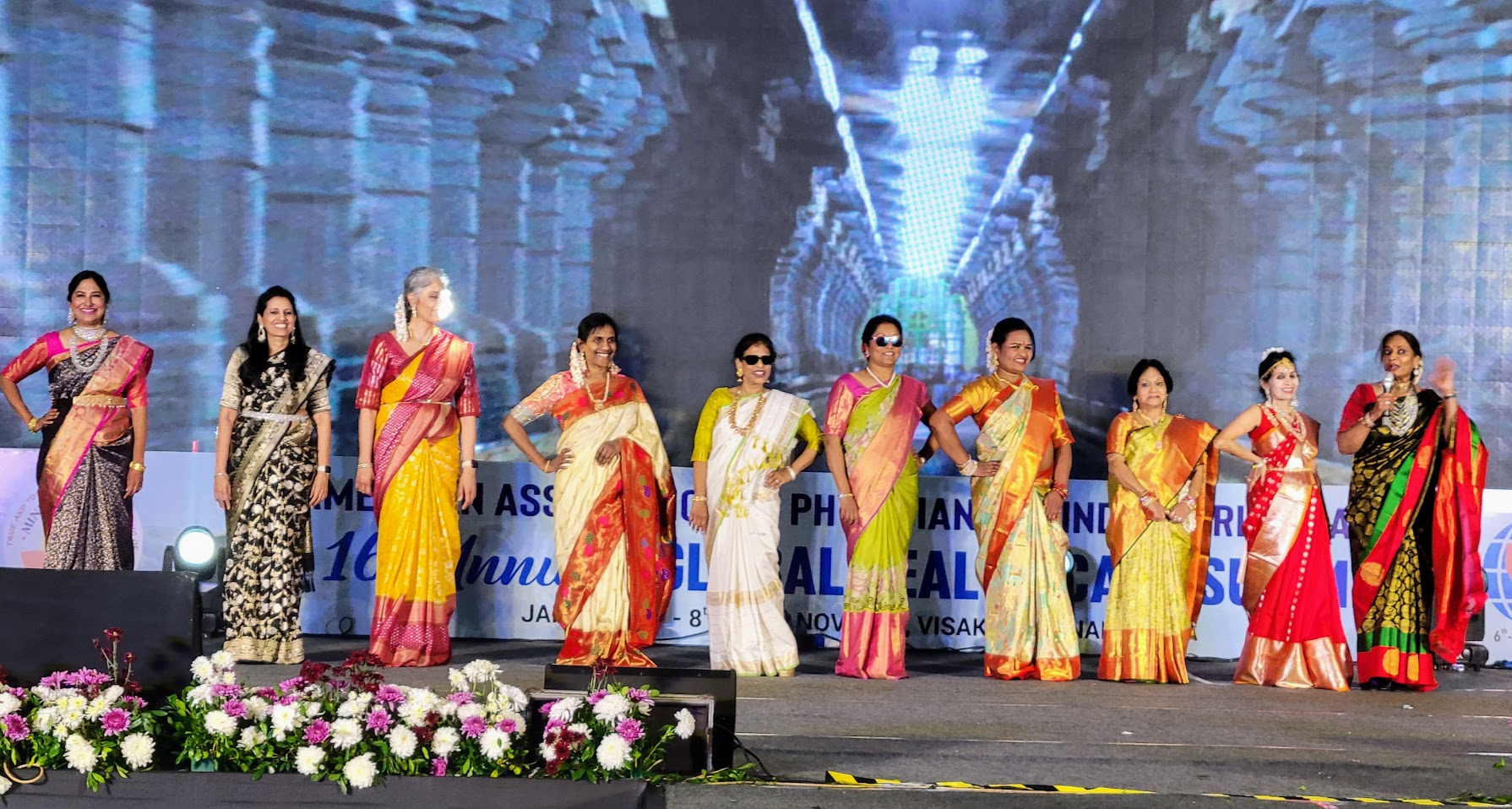 providing healthcare to India’s 1.4 Billion people, who live in the congested urban centers and in the rural/remote regions of the country. The 17th annual GHS will build on the past initiatives and add several new programs, Dr. Samadder added.
providing healthcare to India’s 1.4 Billion people, who live in the congested urban centers and in the rural/remote regions of the country. The 17th annual GHS will build on the past initiatives and add several new programs, Dr. Samadder added.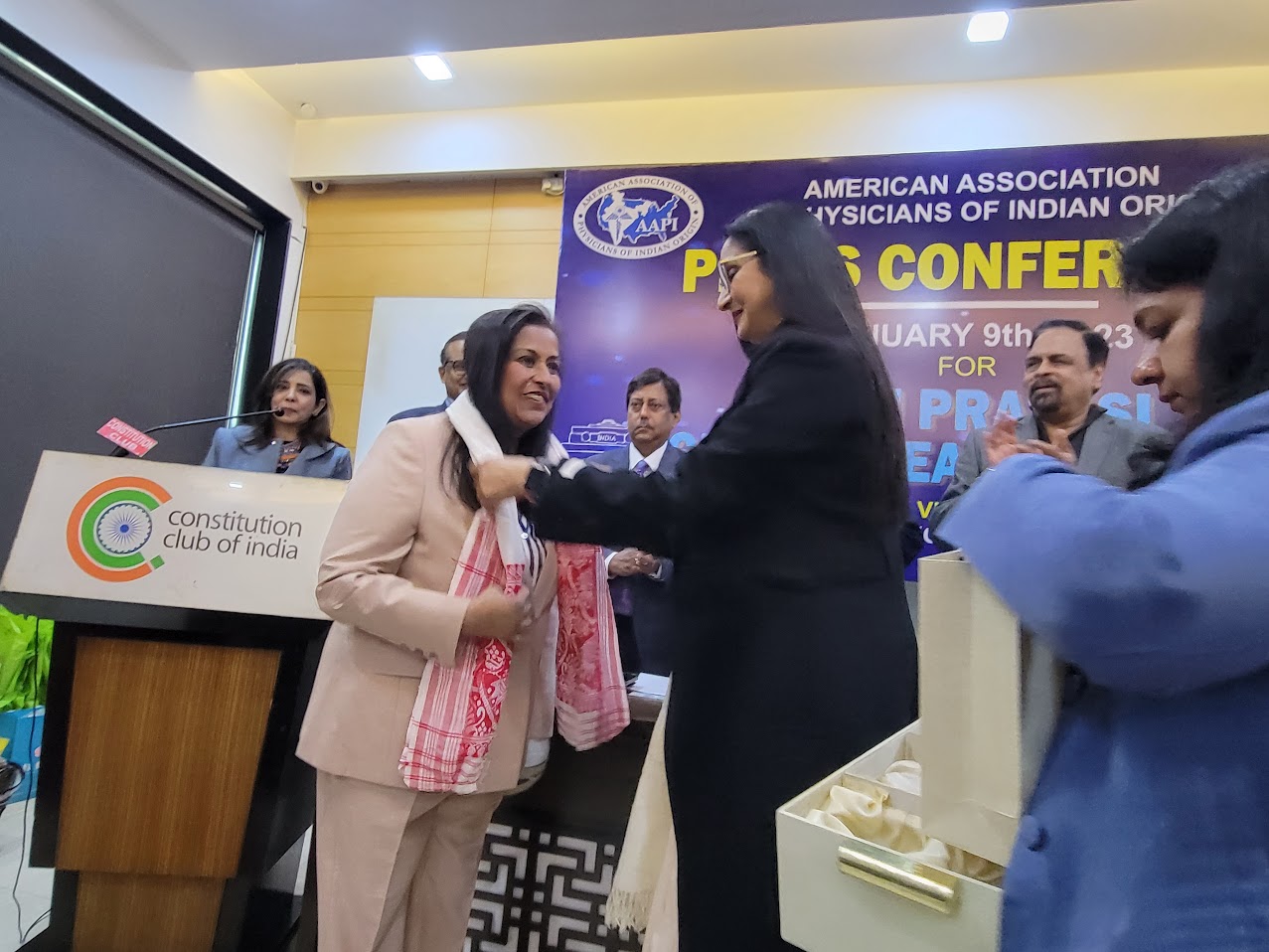 While elaborating on the themes and areas that are going to be covered during the Summit, Dr. Sampat Shivangi, Chair of GHS 2024 said, “Future of Healthcare and Artificial Intelligence” will be the theme for the GHS 2024, which is organized by AAPI in collaboration with Kasturba Medical College in Manipal, the Indian Medical Association, and the Government of the State of Karnataka.”
While elaborating on the themes and areas that are going to be covered during the Summit, Dr. Sampat Shivangi, Chair of GHS 2024 said, “Future of Healthcare and Artificial Intelligence” will be the theme for the GHS 2024, which is organized by AAPI in collaboration with Kasturba Medical College in Manipal, the Indian Medical Association, and the Government of the State of Karnataka.”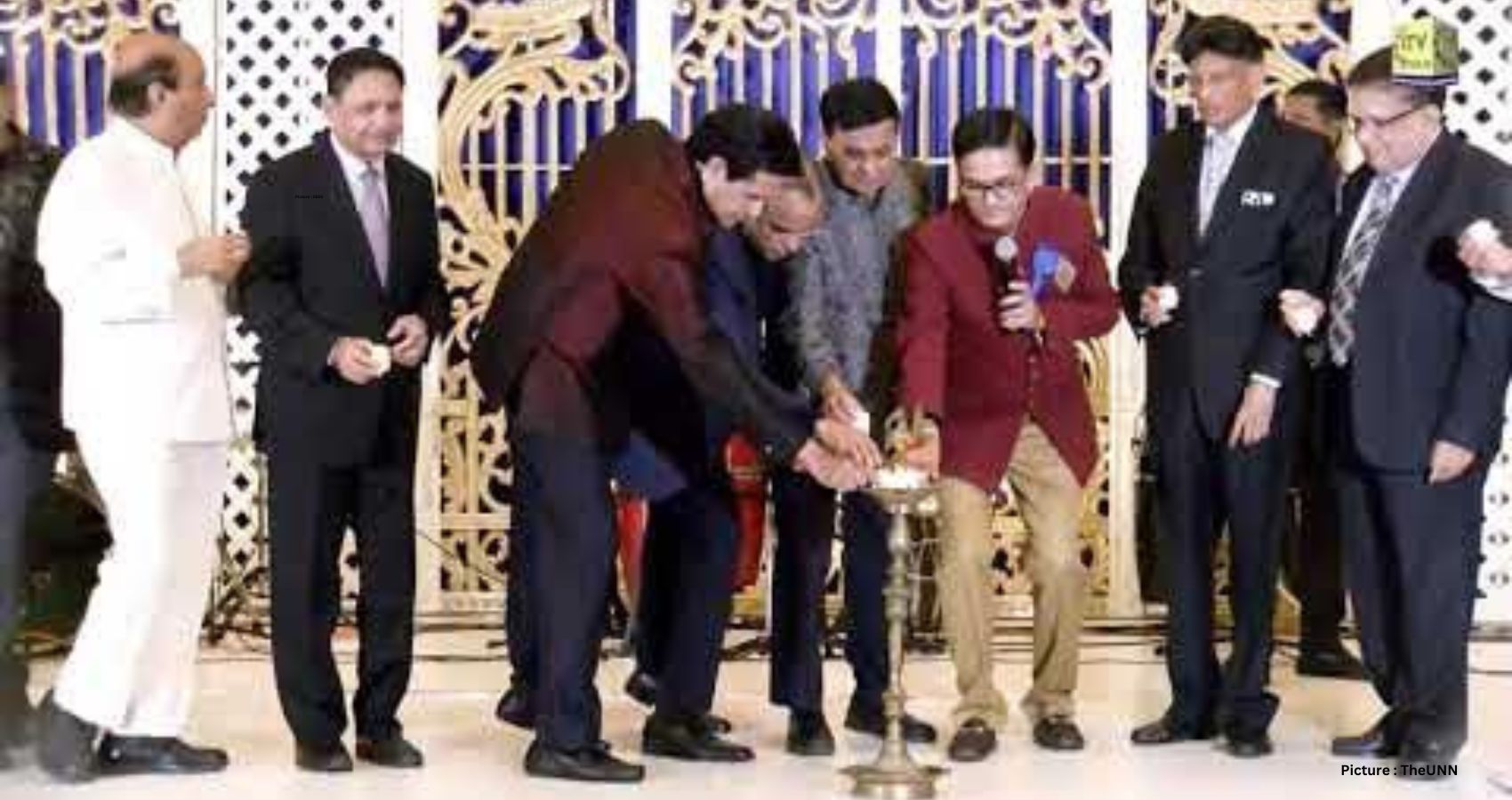
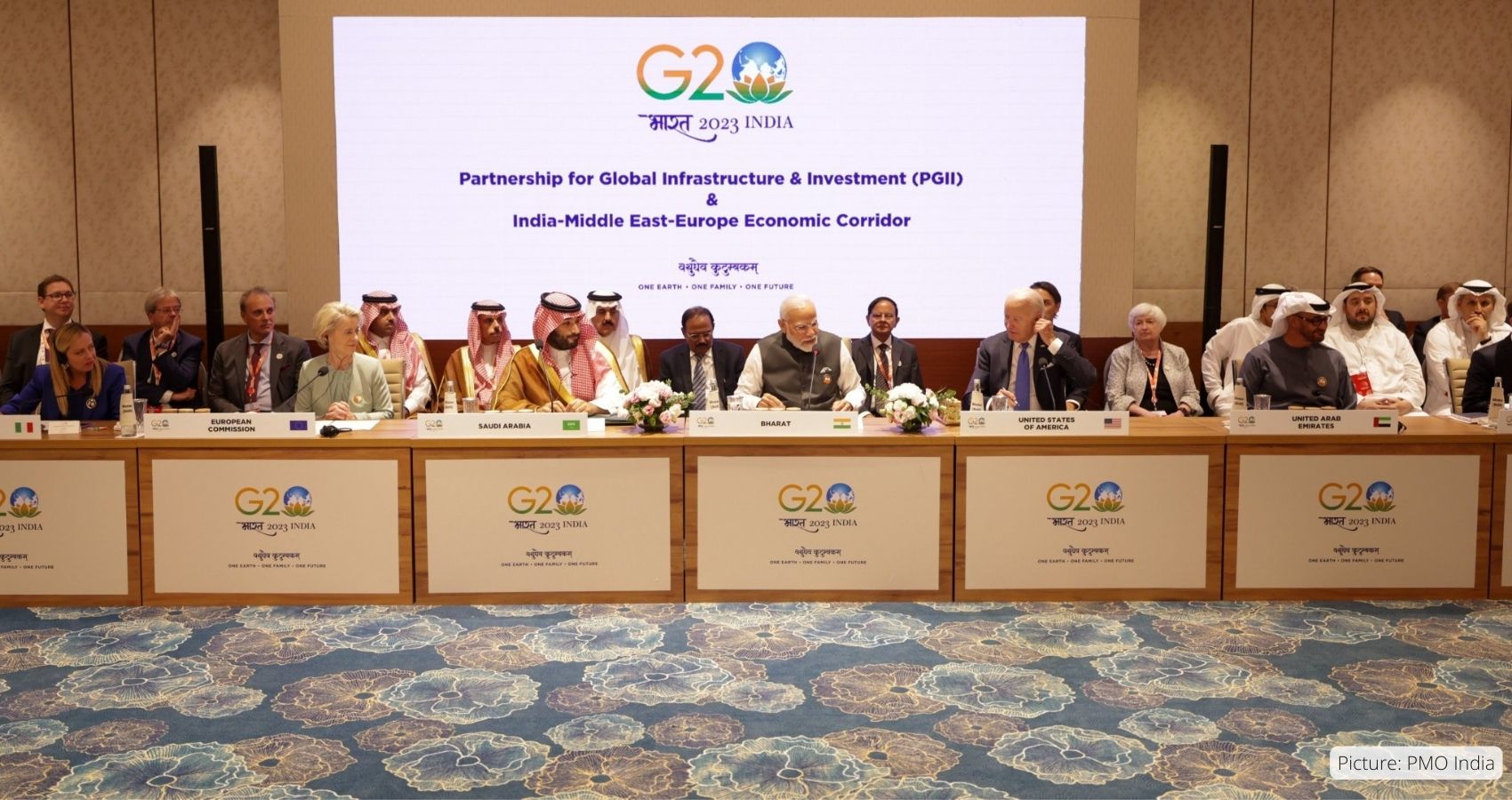
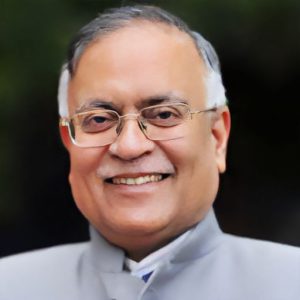
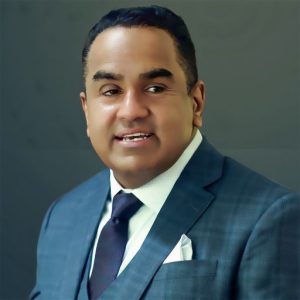
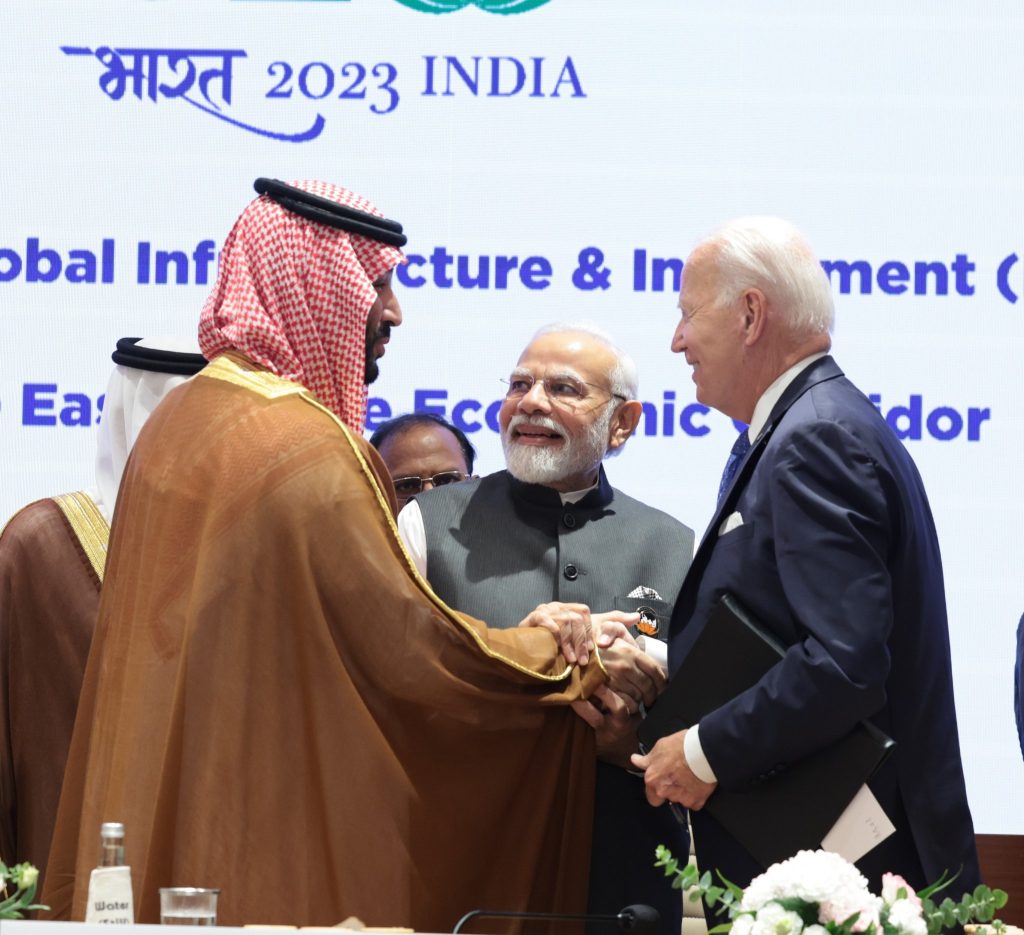
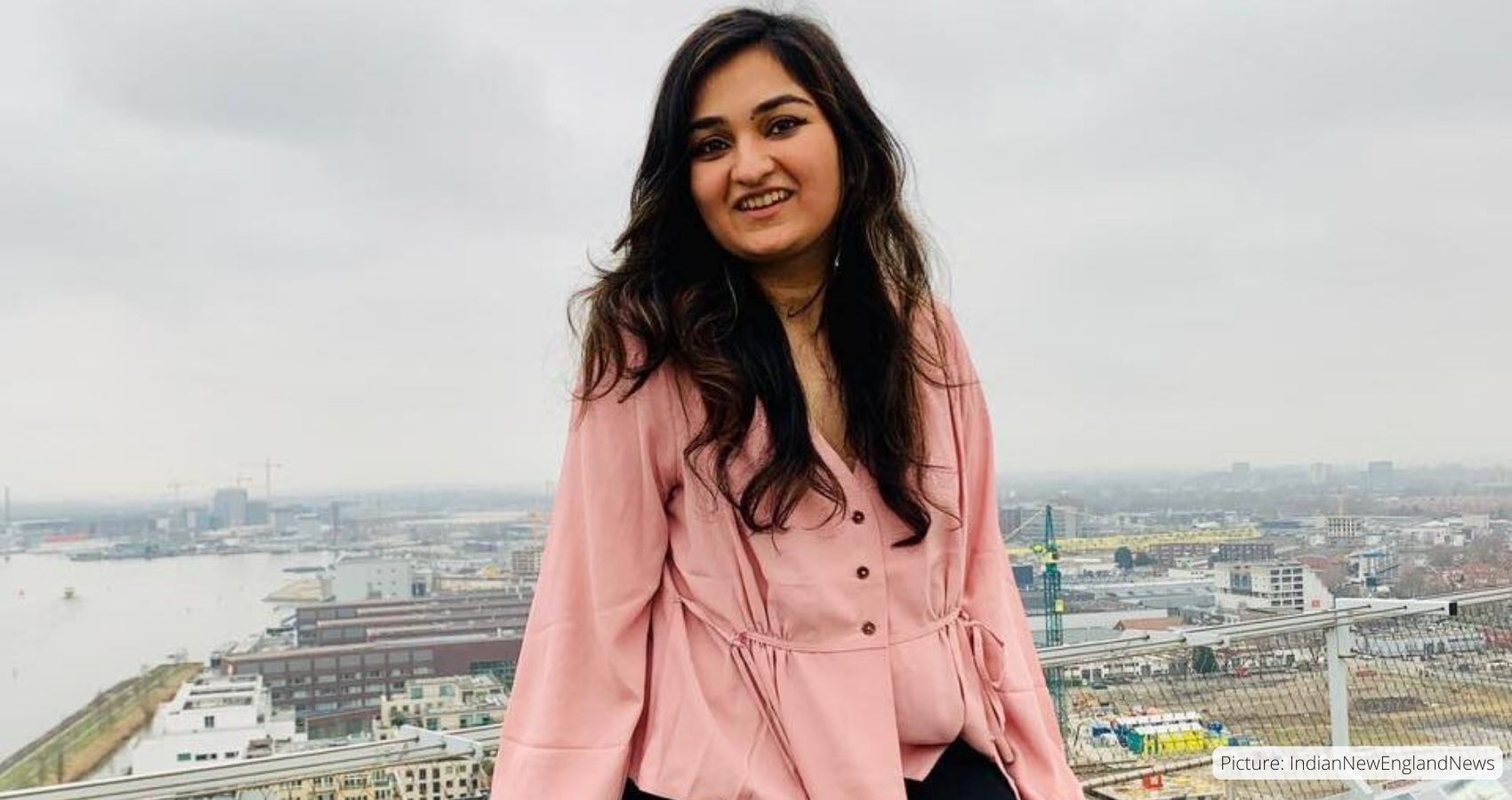
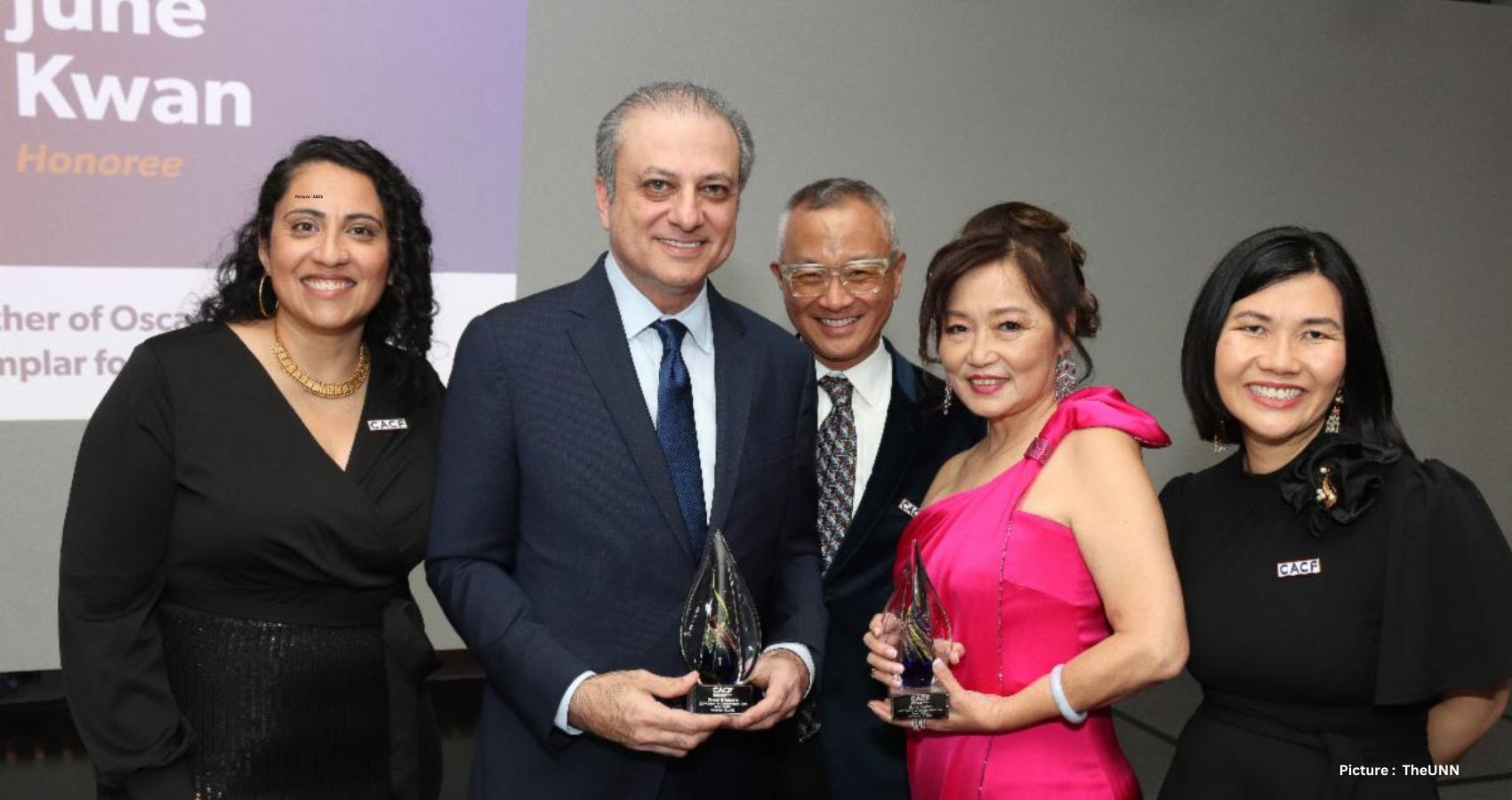
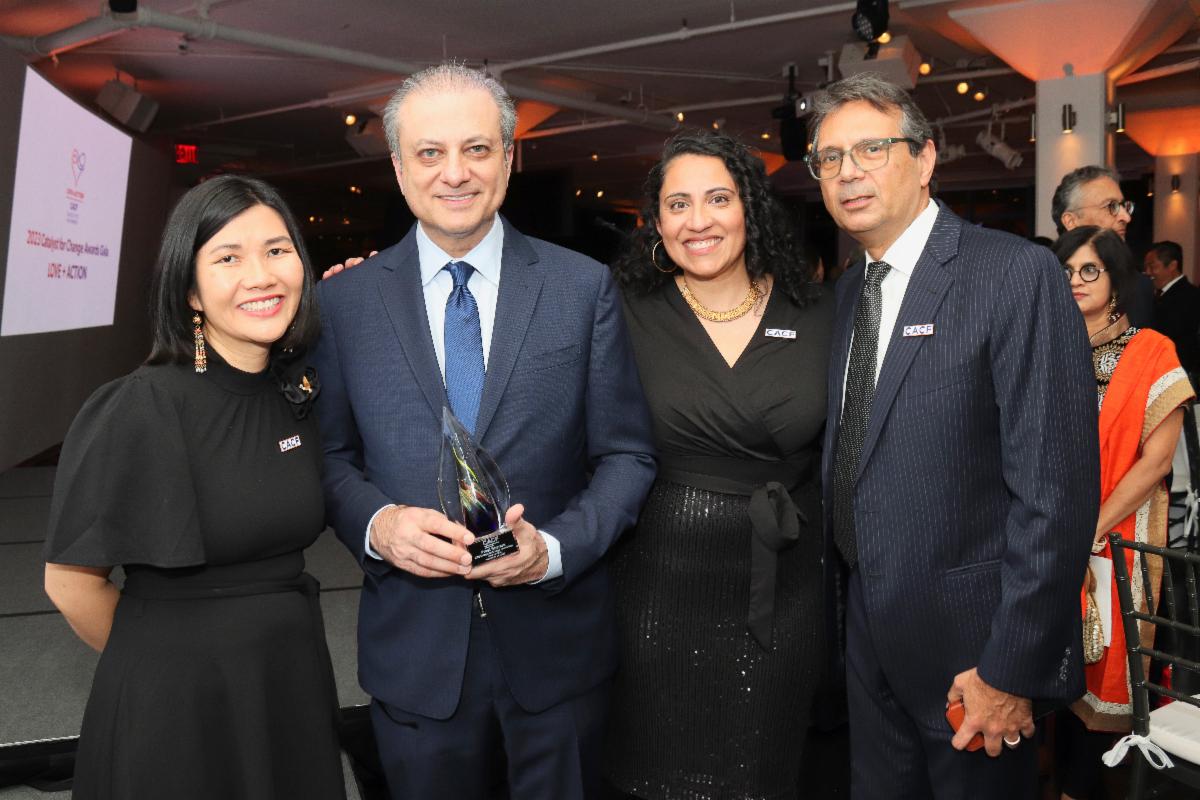 Attendees included NYC Comptroller Brad Lander, NYC Public Advocate Jumaane Williams, NYS Senator Brian Kavanaugh, NYC Councilmembers Shekar Krishnan and Linda Lee, and former NYS Assemblymember Yuh-Line Niou. NYS Attorney General Letitia James joined via video. The program was hosted by journalist and host/reporter of CUNY-TV’s Emmy-award winning “Asian American Life” Ernabel Demillo, Sesame Street star Alan Muraoka, and Emmy-winning TV journalist Vivian Lee, in addition to auctioneer Paul Florez-Taylor.
Attendees included NYC Comptroller Brad Lander, NYC Public Advocate Jumaane Williams, NYS Senator Brian Kavanaugh, NYC Councilmembers Shekar Krishnan and Linda Lee, and former NYS Assemblymember Yuh-Line Niou. NYS Attorney General Letitia James joined via video. The program was hosted by journalist and host/reporter of CUNY-TV’s Emmy-award winning “Asian American Life” Ernabel Demillo, Sesame Street star Alan Muraoka, and Emmy-winning TV journalist Vivian Lee, in addition to auctioneer Paul Florez-Taylor.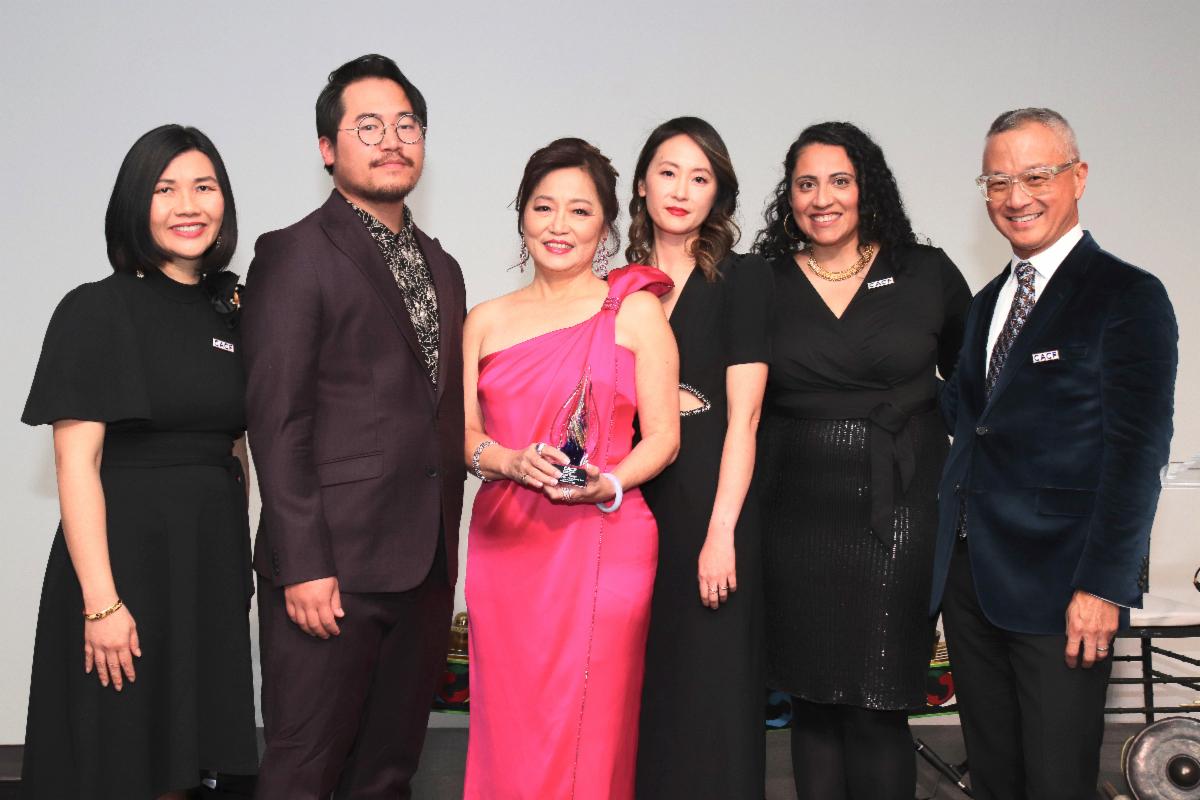 State this year and to have been entrusted to fund over 120 AAPI-serving community organizations. “We continue to be motivated by the real impact our budget wins are having on communities facing bias and hate. As a unified community, we are a powerful force for action to create an equitable New York,” said Gundanna.
State this year and to have been entrusted to fund over 120 AAPI-serving community organizations. “We continue to be motivated by the real impact our budget wins are having on communities facing bias and hate. As a unified community, we are a powerful force for action to create an equitable New York,” said Gundanna.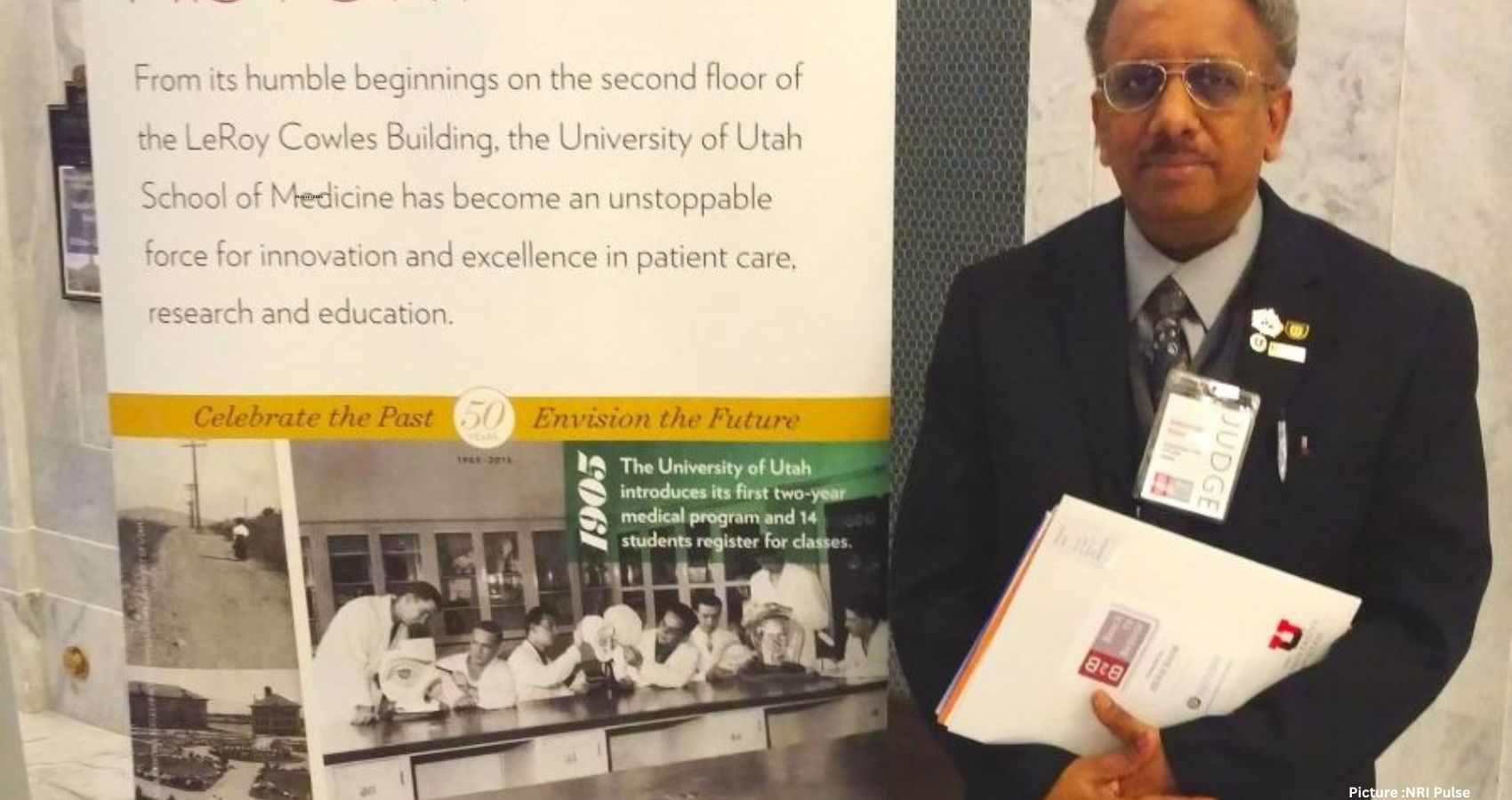
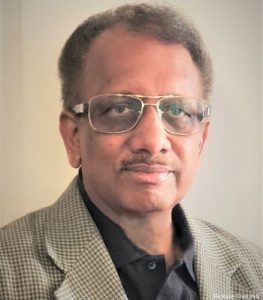
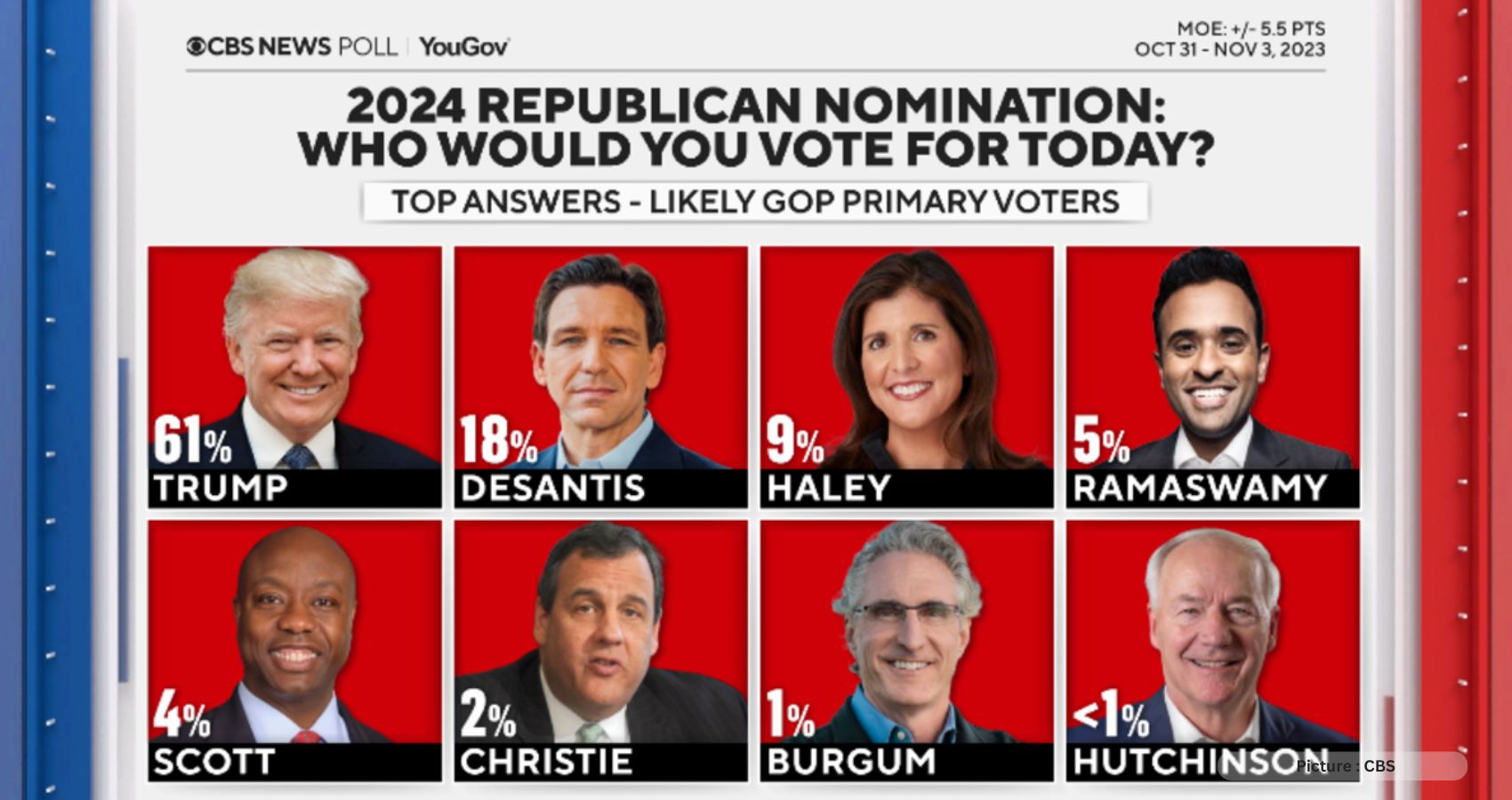
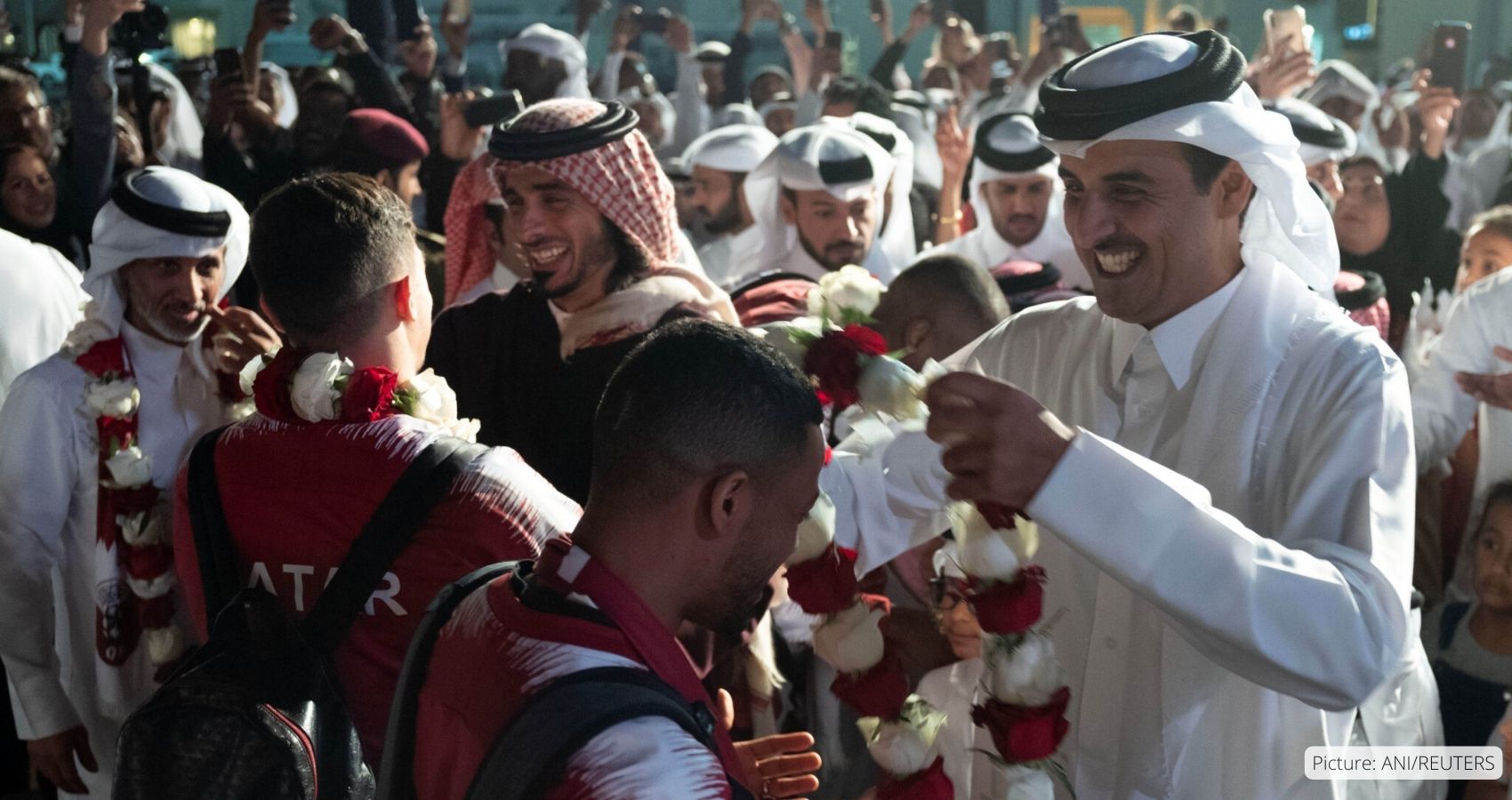
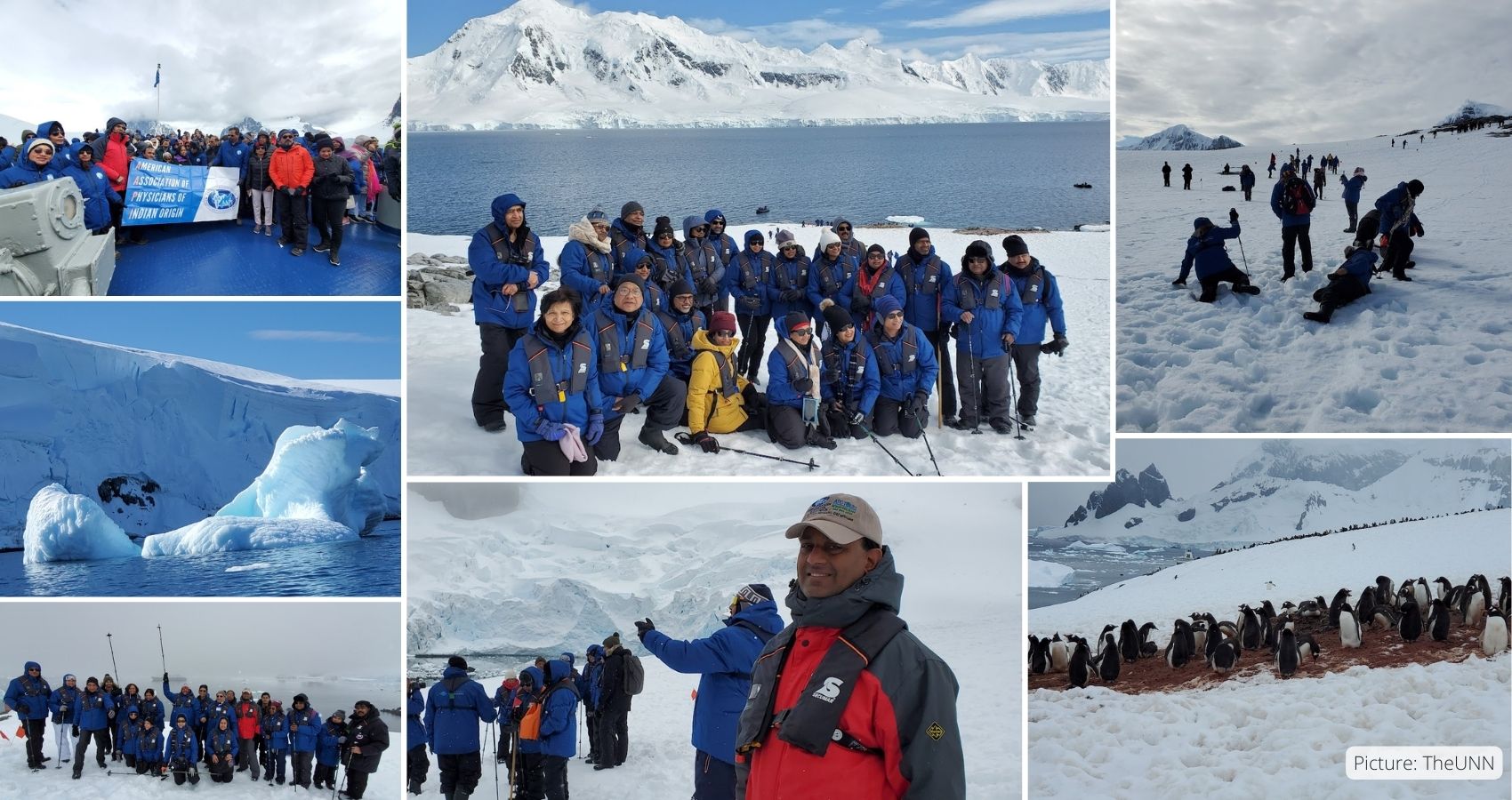
 On the Ship, immediately after settling down in each one’s cabin, the voyagers were invited to learn about safety on the ship and participated in a safety drill. Shelli Ogilvy, the Veteran Expedition Leader introduced the 22 Expedition Members with extensive maritime experiences from around the world, and over 60 other crew members to the voyagers.
On the Ship, immediately after settling down in each one’s cabin, the voyagers were invited to learn about safety on the ship and participated in a safety drill. Shelli Ogilvy, the Veteran Expedition Leader introduced the 22 Expedition Members with extensive maritime experiences from around the world, and over 60 other crew members to the voyagers. After sailing across the Pacific and the Atlantic Oceans and through the turbulent Drake Passage, and the South Ocean, finally, the day arrived for the Voyagers. The one they had been eagerly waiting for. On December 3rd, our ship, the Ocean Atlantic anchored on Danco Island, off the coast of the 7th Continent, Antarctica, officially discovered in 1820, although there is some controversy as to who sighted it first
After sailing across the Pacific and the Atlantic Oceans and through the turbulent Drake Passage, and the South Ocean, finally, the day arrived for the Voyagers. The one they had been eagerly waiting for. On December 3rd, our ship, the Ocean Atlantic anchored on Danco Island, off the coast of the 7th Continent, Antarctica, officially discovered in 1820, although there is some controversy as to who sighted it first In the afternoon, after lunch and a lecture on the history of Antarctica, the Ocean Atlantic ship, travelling about 25 nautical miles, for the first time ever, landed on the Antarctic Continent as she reached the shores of Paradise Bay, a beautiful island, where the famous Brown Center, the Argentinian Research Station was located.
In the afternoon, after lunch and a lecture on the history of Antarctica, the Ocean Atlantic ship, travelling about 25 nautical miles, for the first time ever, landed on the Antarctic Continent as she reached the shores of Paradise Bay, a beautiful island, where the famous Brown Center, the Argentinian Research Station was located. Immediately after breakfast we set out in small groups of ten on each Zodiac to cruise on the pristine blue waters of the Lamoy Bay.
Immediately after breakfast we set out in small groups of ten on each Zodiac to cruise on the pristine blue waters of the Lamoy Bay. Colonies of penguins in smaller groups greeted us with their enchanting voices. We watched in awe as tiny penguins walking up flapping their feathers occasionally from the bottom of the hill to the top.
Colonies of penguins in smaller groups greeted us with their enchanting voices. We watched in awe as tiny penguins walking up flapping their feathers occasionally from the bottom of the hill to the top. For the first time we were delighted to watch different kinds of Penguins sitting on a single rock glazing at the ocean waters.
For the first time we were delighted to watch different kinds of Penguins sitting on a single rock glazing at the ocean waters. Today, on December 4th, the voyagers got onto the Zodiacs and sailed to Port Lockroy, a sheltered harbor with a secure anchorage and the Antarctic Peninsula since its discovery in 1904. The Port also is home to a Museum and a British Post Office, where the early visitors to the Continent lived and explored the wildlife of the last Horizon. The Museum has preserved the antiques used by the early voyagers, which is an important role in the history of Antarctica.
Today, on December 4th, the voyagers got onto the Zodiacs and sailed to Port Lockroy, a sheltered harbor with a secure anchorage and the Antarctic Peninsula since its discovery in 1904. The Port also is home to a Museum and a British Post Office, where the early visitors to the Continent lived and explored the wildlife of the last Horizon. The Museum has preserved the antiques used by the early voyagers, which is an important role in the history of Antarctica. Colonies of penguins in smaller groups greeted us with their enchanting voices. We watched in awe as tiny penguins walking up flapping their feathers occasionally from the bottom of the hill to the top.
Colonies of penguins in smaller groups greeted us with their enchanting voices. We watched in awe as tiny penguins walking up flapping their feathers occasionally from the bottom of the hill to the top. Colonies of penguins in smaller groups greeted us with their enchanting voices. We watched in awe as tiny penguins walking up flapping their feathers occasionally from the bottom of the hill to the top.
Colonies of penguins in smaller groups greeted us with their enchanting voices. We watched in awe as tiny penguins walking up flapping their feathers occasionally from the bottom of the hill to the top. The bright sun and the gentle breeze embracing the cheeks of the voyagers it was a perfect day to cruise and explore the White Continent.
The bright sun and the gentle breeze embracing the cheeks of the voyagers it was a perfect day to cruise and explore the White Continent. The photo ops are simply incredible. And while penguins are delightful in films and nature documentaries, watching the often-madcap business of penguin life being lived around you is simultaneously uplifting and humbling: the animal kingdom indeed.
The photo ops are simply incredible. And while penguins are delightful in films and nature documentaries, watching the often-madcap business of penguin life being lived around you is simultaneously uplifting and humbling: the animal kingdom indeed. Those people willing to risk everything for the tasks at hand and fortunate enough to have the financial backing of governments or wealthy organizations. Few simple travelers could dare venture into this domain. To go there meant outfitting an expedition, and necessitated making preparations for all kinds of contingencies.
Those people willing to risk everything for the tasks at hand and fortunate enough to have the financial backing of governments or wealthy organizations. Few simple travelers could dare venture into this domain. To go there meant outfitting an expedition, and necessitated making preparations for all kinds of contingencies. If conditions are calm, the crystals join together, thicken, and form a fibrous structure called young ice.
If conditions are calm, the crystals join together, thicken, and form a fibrous structure called young ice. There are 17 species of penguins in the world and they have various qualities in common. They are all found in the southern hemisphere, although one species, the Galapagos penguin, actually ranges a few miles north of the equator. Penguins are the most aquatic of the sea birds, and they generally spend most of their lives at sea (except when molting or rearing young). All penguins are flightless and adapted for life in cold water, so even those found in the low latitudes are dependent upon cold water currents for their livelihood.
There are 17 species of penguins in the world and they have various qualities in common. They are all found in the southern hemisphere, although one species, the Galapagos penguin, actually ranges a few miles north of the equator. Penguins are the most aquatic of the sea birds, and they generally spend most of their lives at sea (except when molting or rearing young). All penguins are flightless and adapted for life in cold water, so even those found in the low latitudes are dependent upon cold water currents for their livelihood.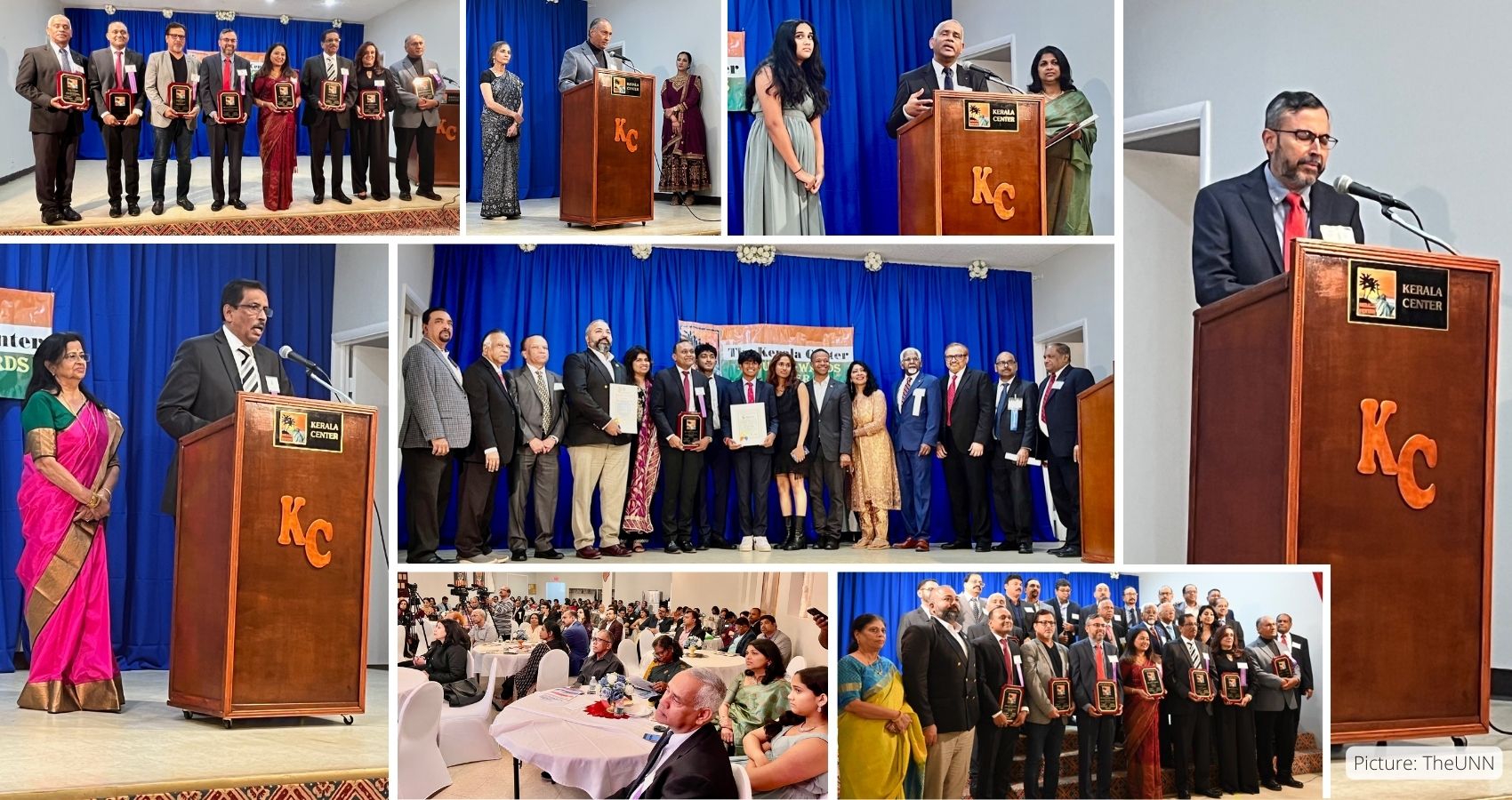
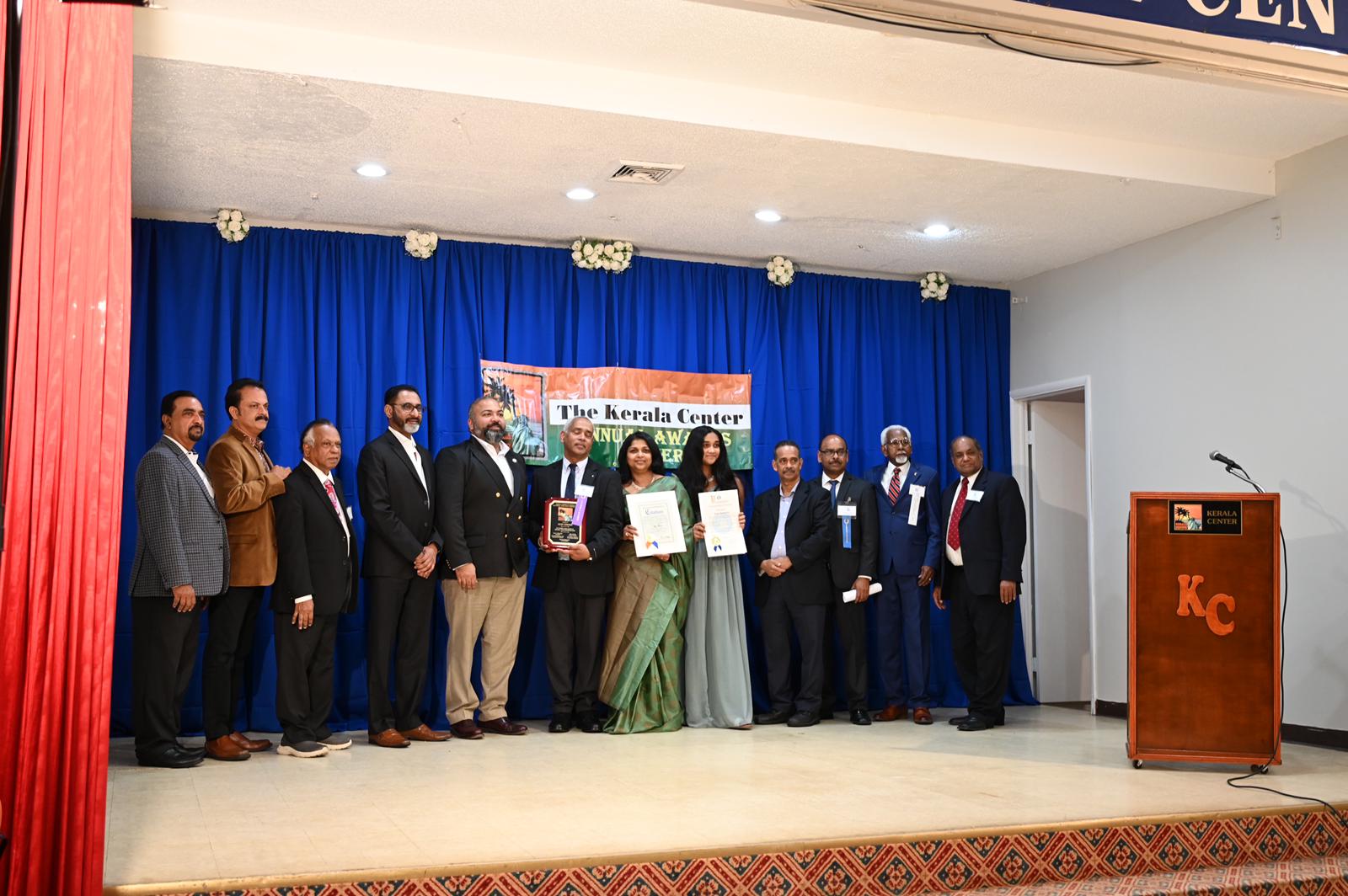
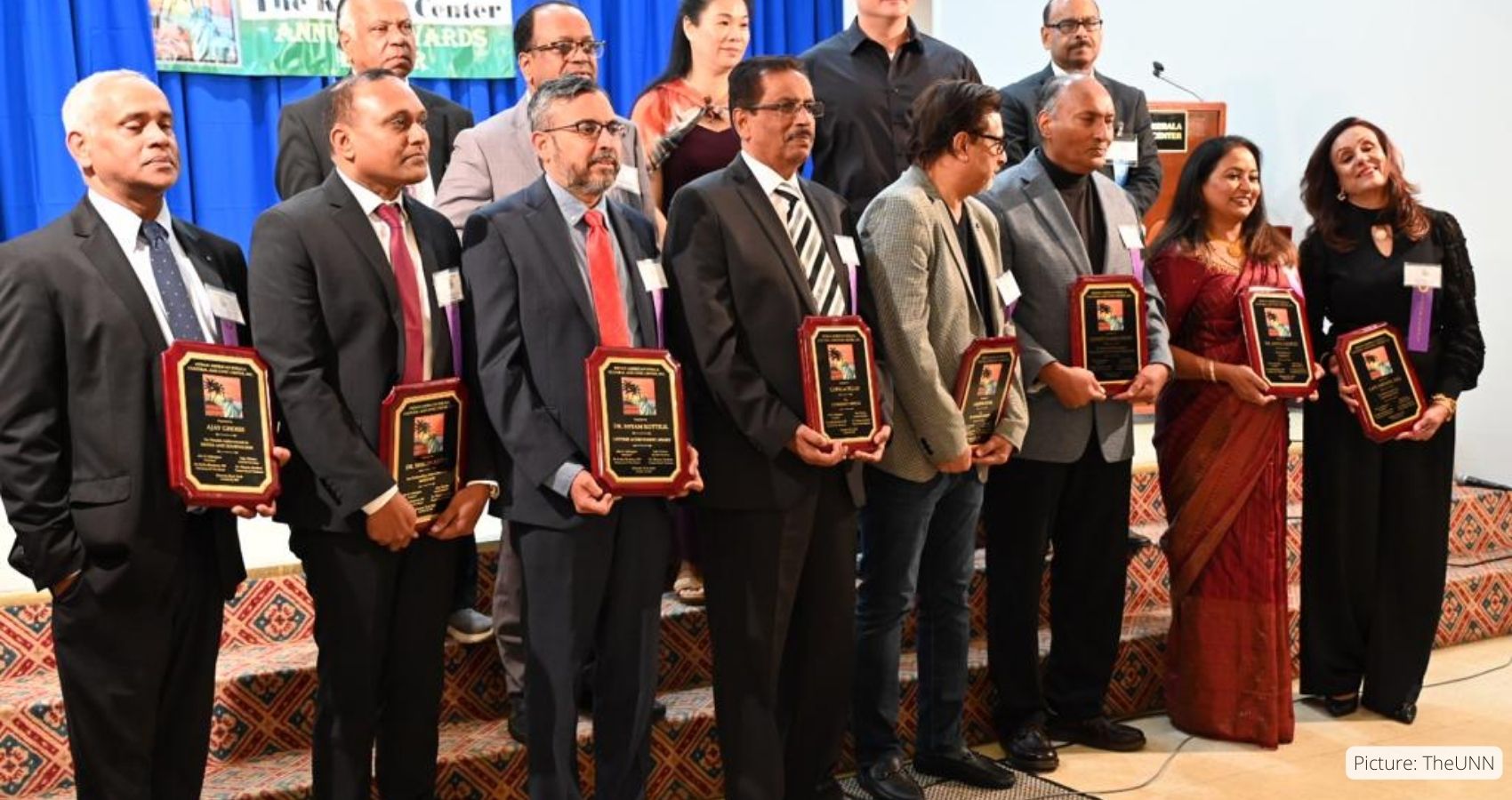
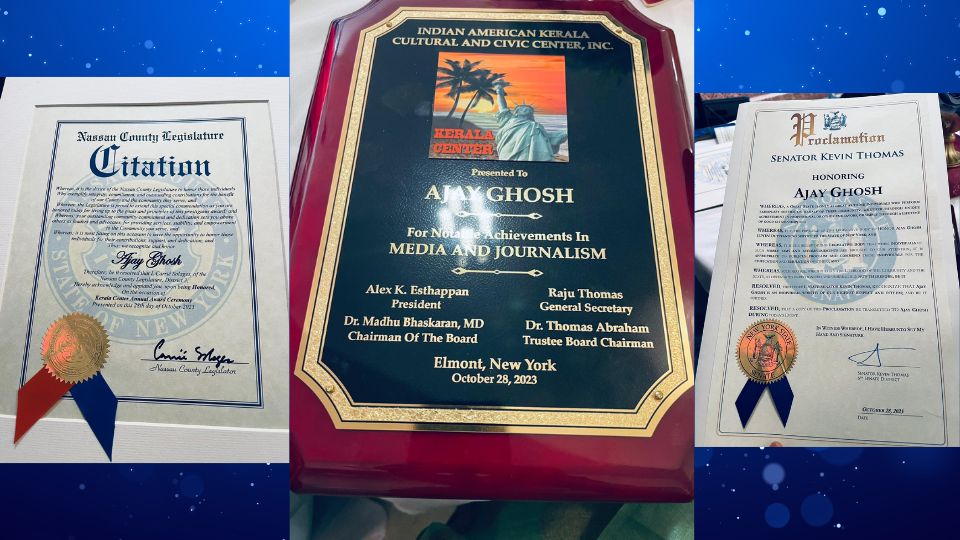 Since 2014, Ajay has been serving as the Media Coordinator of the American Association of Physicians of Indian Origin (AAPI), the largest ethnic medical organization in the United States, representing 100,000 physicians of Indian origin. In 2023, he was appointed as the Media Consultant for Public Relations for ITServe Alliance, the largest association of IT Solutions and services organizations in the United States, with over 2,200 small and medium sized member companies of Information Technology.
Since 2014, Ajay has been serving as the Media Coordinator of the American Association of Physicians of Indian Origin (AAPI), the largest ethnic medical organization in the United States, representing 100,000 physicians of Indian origin. In 2023, he was appointed as the Media Consultant for Public Relations for ITServe Alliance, the largest association of IT Solutions and services organizations in the United States, with over 2,200 small and medium sized member companies of Information Technology.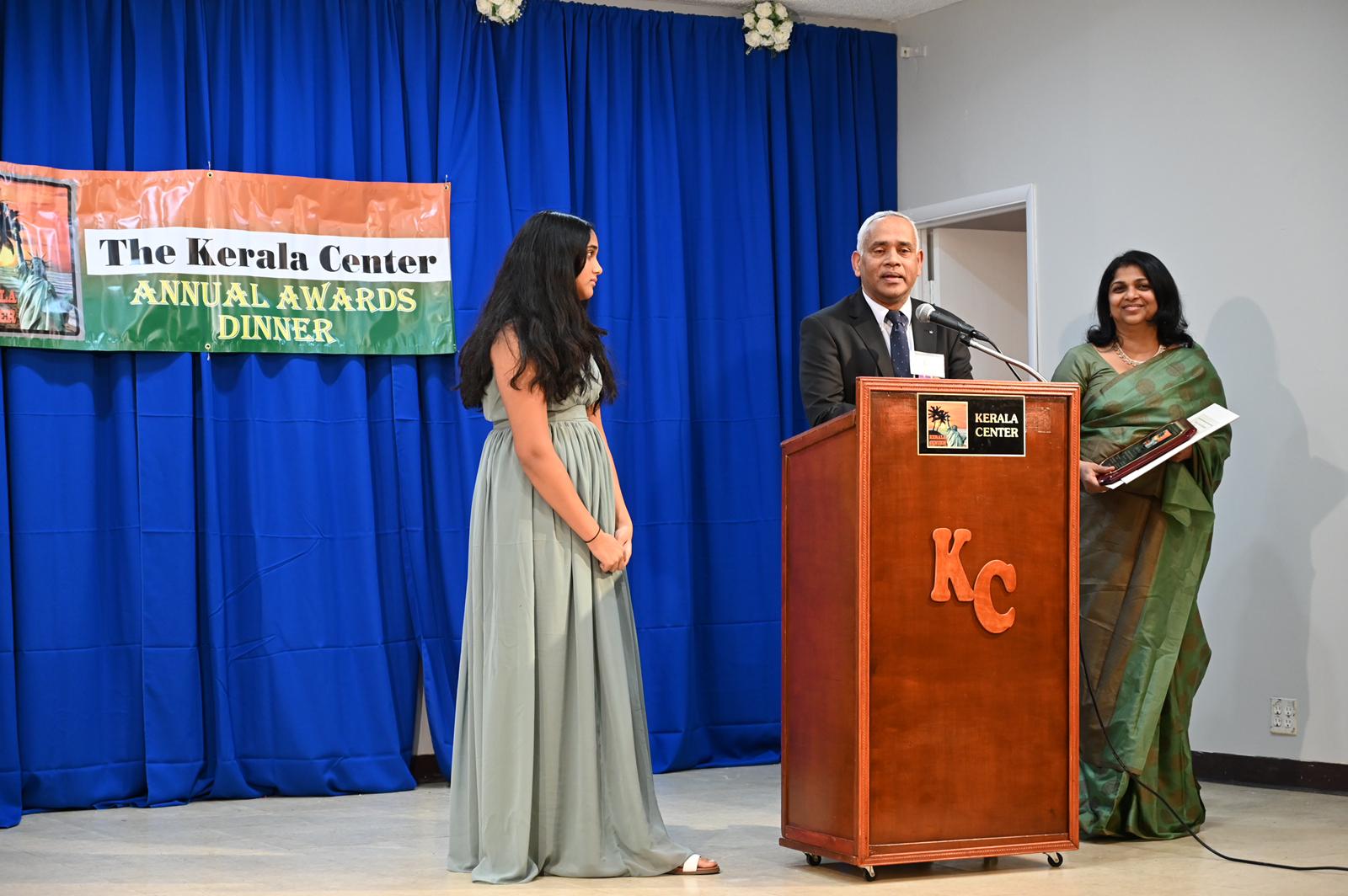 Ajay Ghosh, the Chief Editor and co-publisher of The Universal News Network (www.theunn.com) was awarded with the prestigious Kerala Center Annual Award for Excellence in Journalism during the 31st Annual Awards Banquet held on October 28, 2023 at The Indian American Kerala Cultural and Civic Center in Elmont, New York. New York State Senator Kevin Thomas presented the Award to Ajay Ghosh, during the awards ceremony that was attended by nearly 200 people from across the United States and Canda, including several elected officials, community and business leaders.
Ajay Ghosh, the Chief Editor and co-publisher of The Universal News Network (www.theunn.com) was awarded with the prestigious Kerala Center Annual Award for Excellence in Journalism during the 31st Annual Awards Banquet held on October 28, 2023 at The Indian American Kerala Cultural and Civic Center in Elmont, New York. New York State Senator Kevin Thomas presented the Award to Ajay Ghosh, during the awards ceremony that was attended by nearly 200 people from across the United States and Canda, including several elected officials, community and business leaders.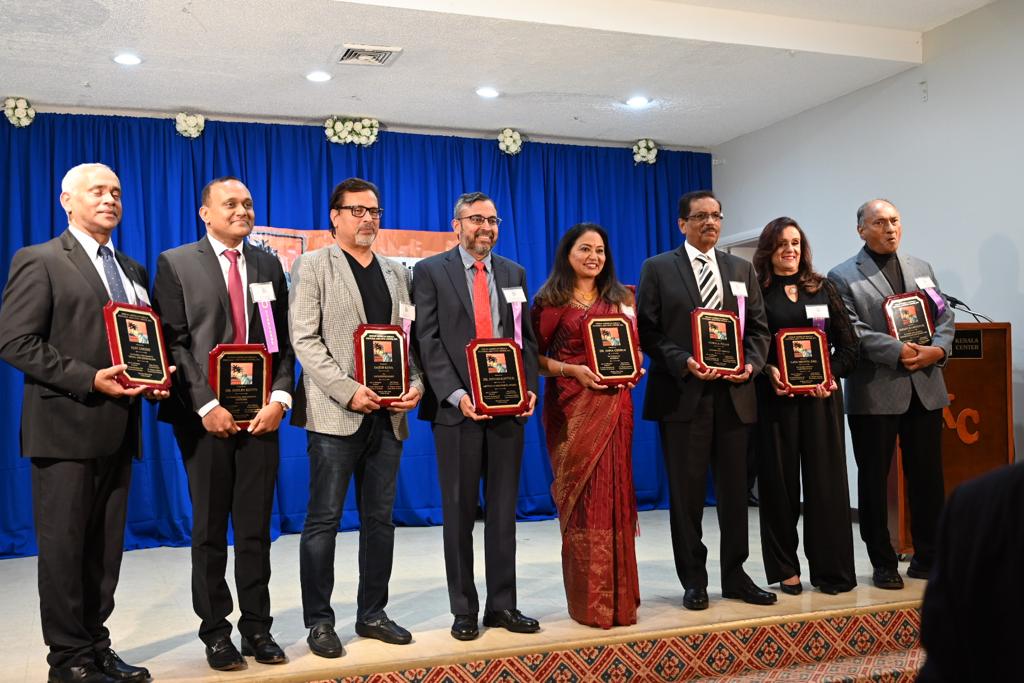 Ajay works as a Psychiatric Social Worker at Yale-New Haven Psychiatric Hospital from 2017 onwards, and currently serves as a full-time Licensed Clinical Social Worker at Bridgeport Hospital. He worked as a Social Worker at Hartford Health at Home from 2019 to 2022. Ajay served as the Administrator of the Mental Health Clinic at St. Dominic’s Home, Bronx, NY from 1999 to 2015.
Ajay works as a Psychiatric Social Worker at Yale-New Haven Psychiatric Hospital from 2017 onwards, and currently serves as a full-time Licensed Clinical Social Worker at Bridgeport Hospital. He worked as a Social Worker at Hartford Health at Home from 2019 to 2022. Ajay served as the Administrator of the Mental Health Clinic at St. Dominic’s Home, Bronx, NY from 1999 to 2015.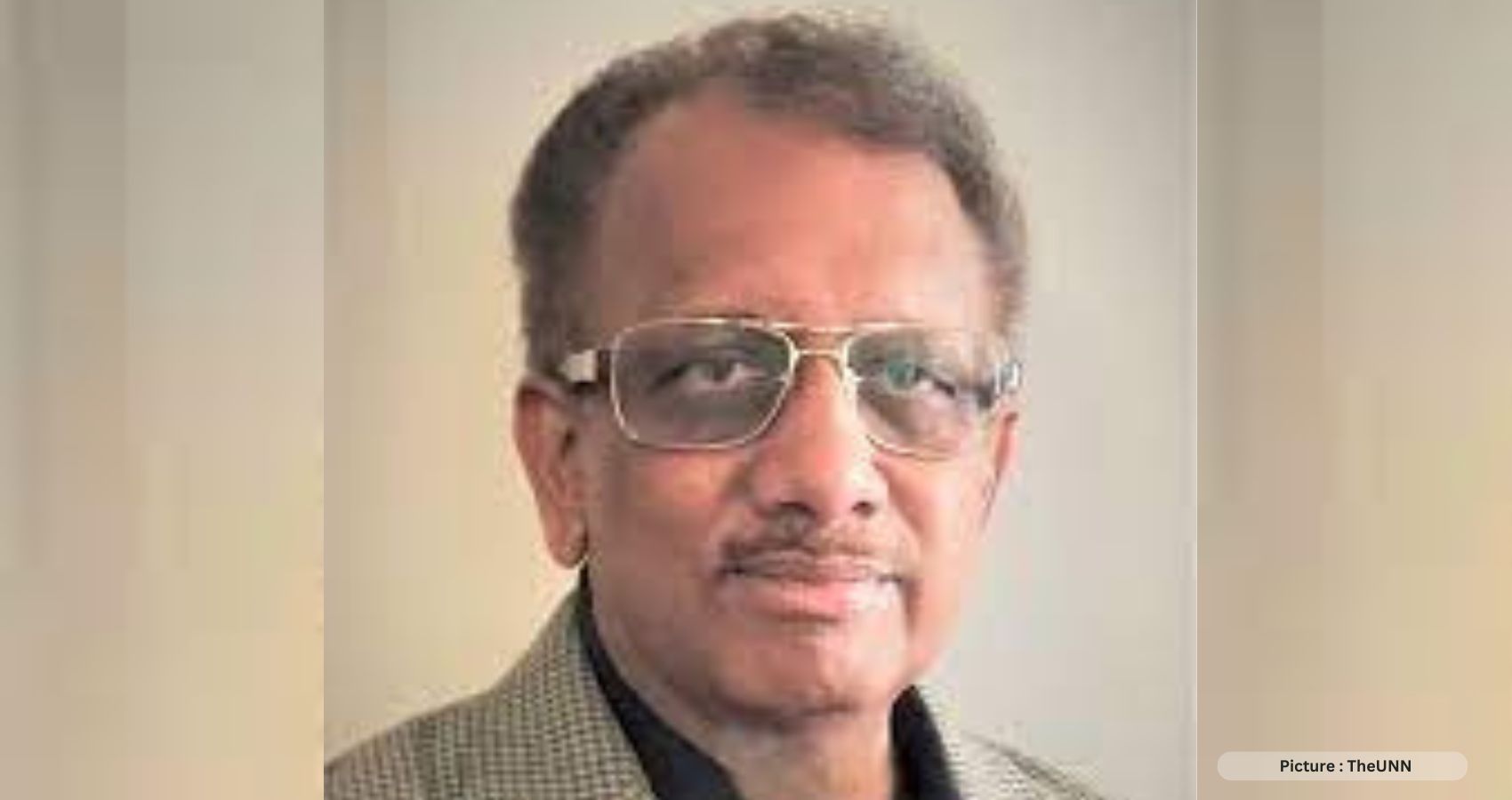
 Dr. Kishore is an academician and innovator who turned to entrepreneurship recently. His academic life with research, teaching and mentoring in the field of medicine spans for 40 years in Asia (India & Japan), Europe and the United States, including the Intramural Research Program of the US National Institutes of Health, and the US Department of Veterans Affairs. During this period, Dr. Kishore did impactful research with seminal discoveries in kidney diseases, obesity, and related conditions, and obtained patents for the development of novel therapies. In recognition of his innovative work in academics, Dr. Kishore has been inducted as the Senior Member of the National Academy of Inventors, Washington DC.
Dr. Kishore is an academician and innovator who turned to entrepreneurship recently. His academic life with research, teaching and mentoring in the field of medicine spans for 40 years in Asia (India & Japan), Europe and the United States, including the Intramural Research Program of the US National Institutes of Health, and the US Department of Veterans Affairs. During this period, Dr. Kishore did impactful research with seminal discoveries in kidney diseases, obesity, and related conditions, and obtained patents for the development of novel therapies. In recognition of his innovative work in academics, Dr. Kishore has been inducted as the Senior Member of the National Academy of Inventors, Washington DC.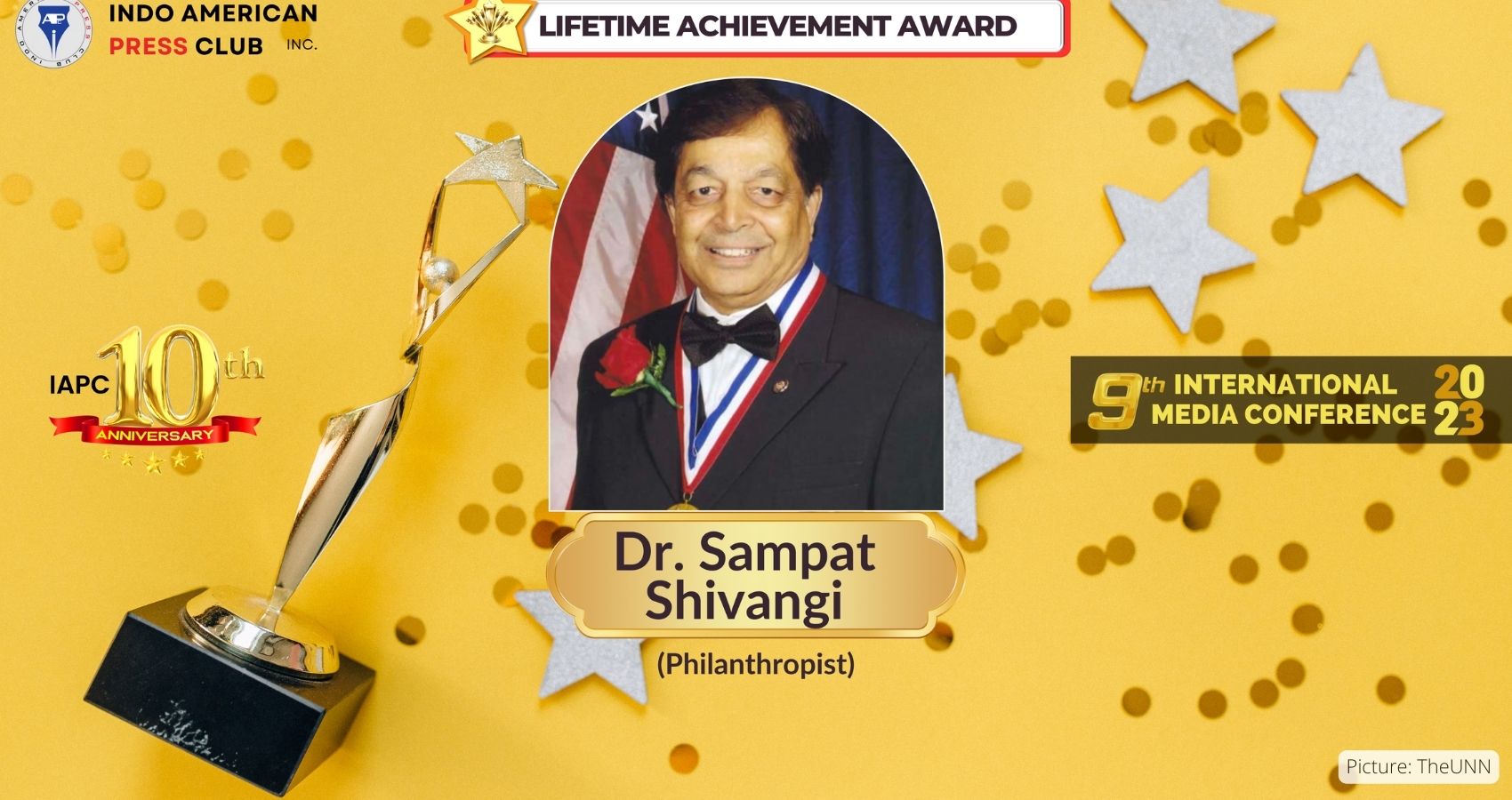
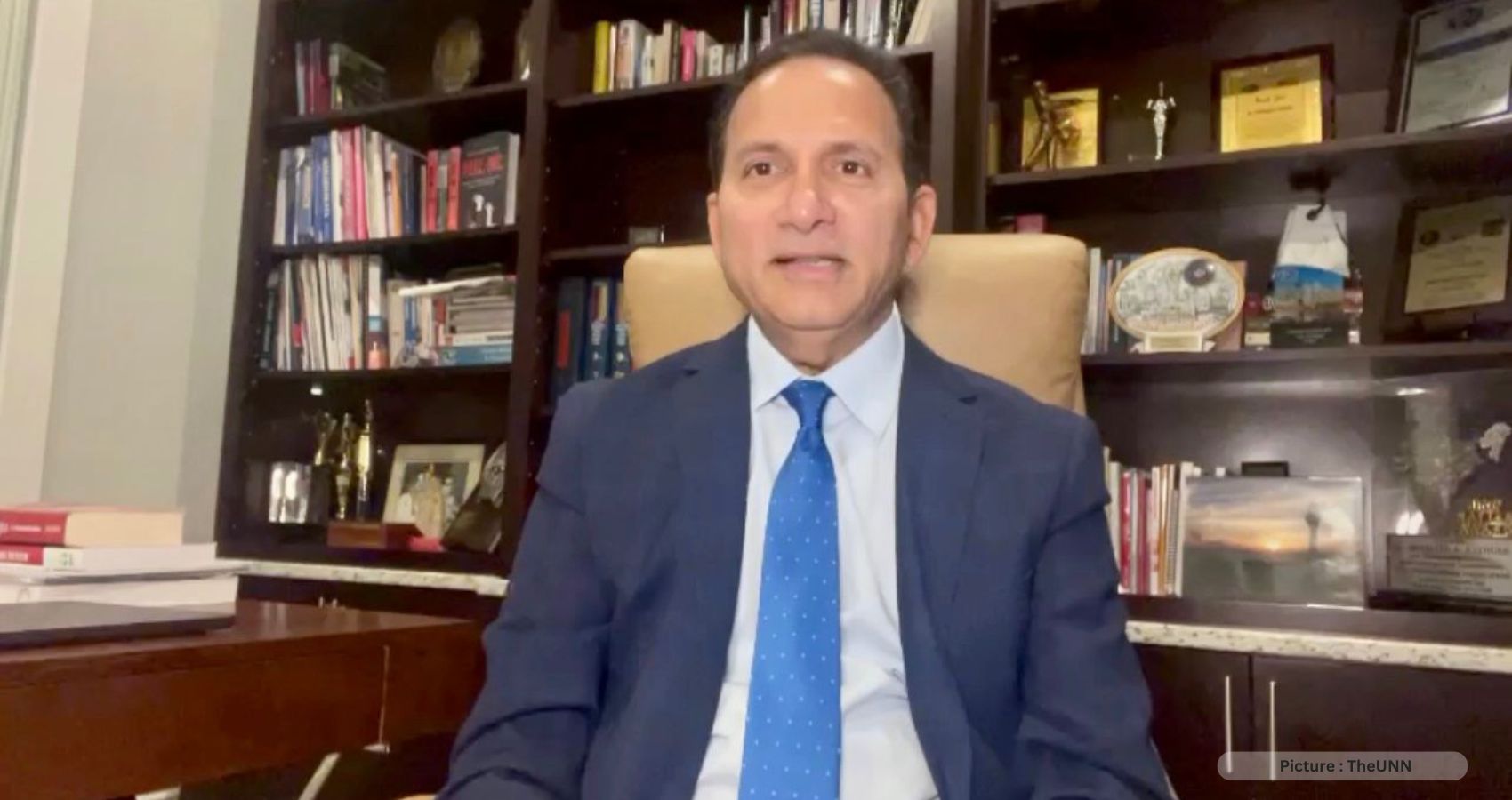
 Blood is in fluid state because we have perfect balance of factors promoting and preventing blood clots. If there is imbalance it will result in blood clots.
Blood is in fluid state because we have perfect balance of factors promoting and preventing blood clots. If there is imbalance it will result in blood clots.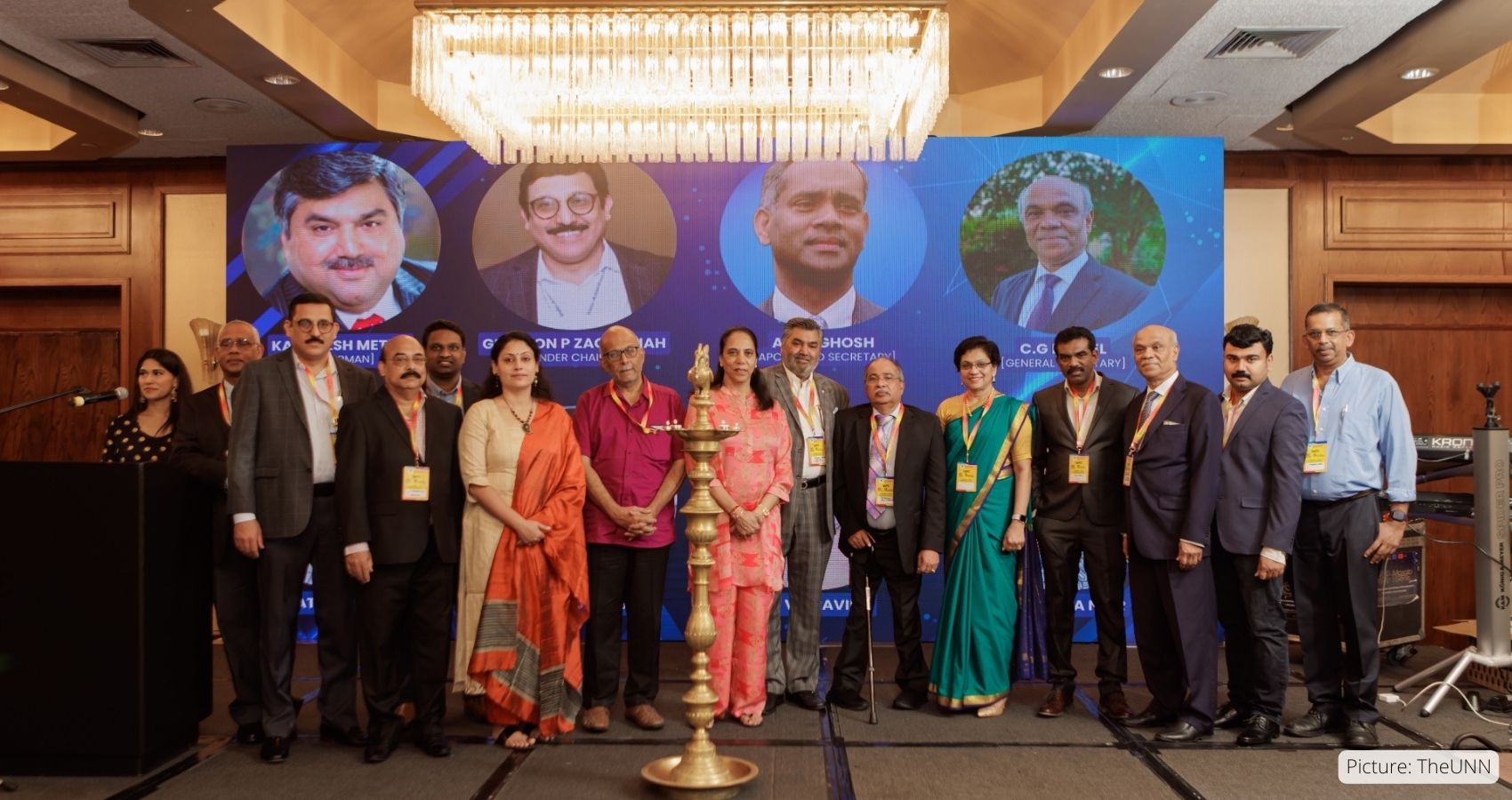
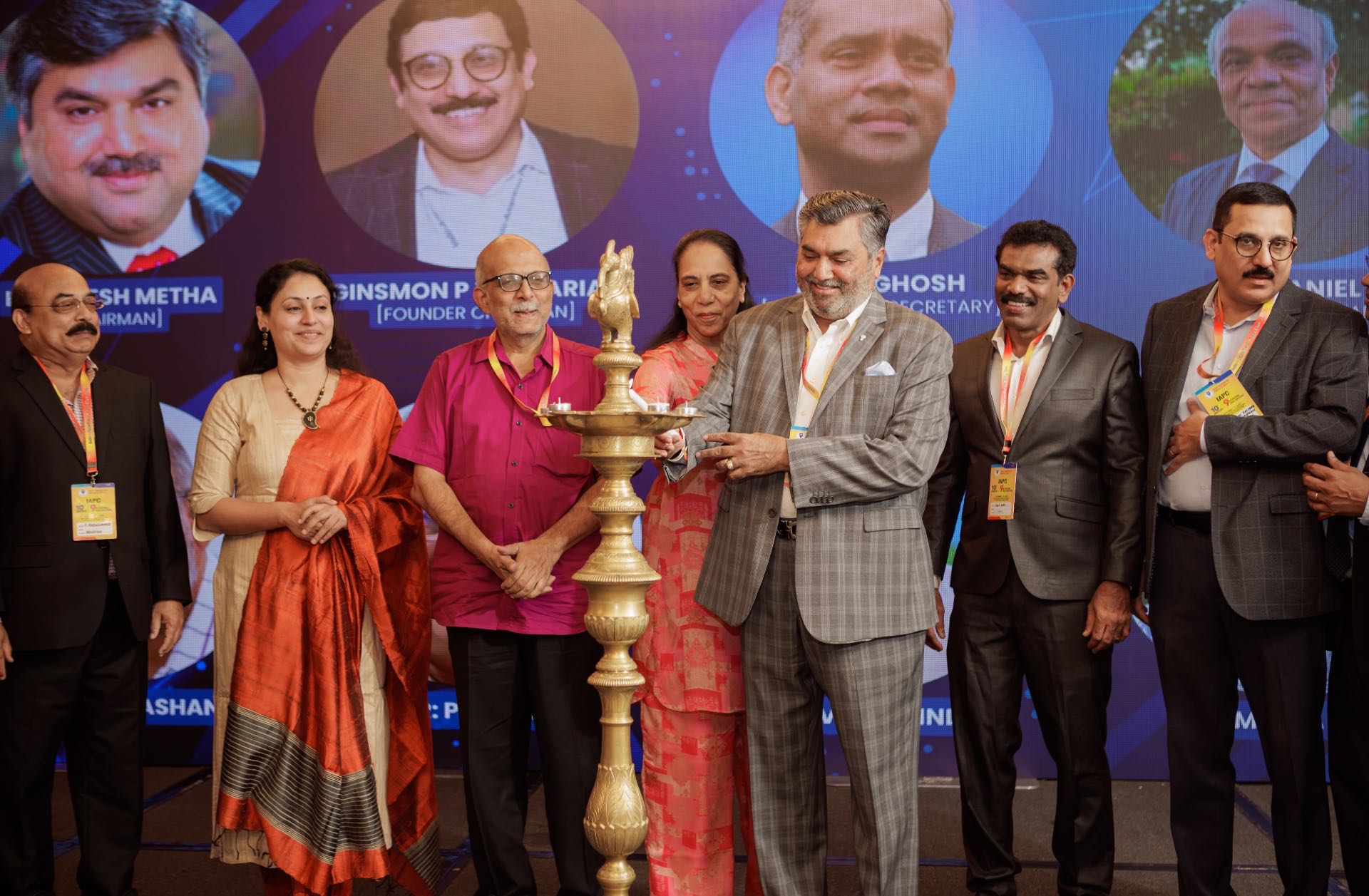
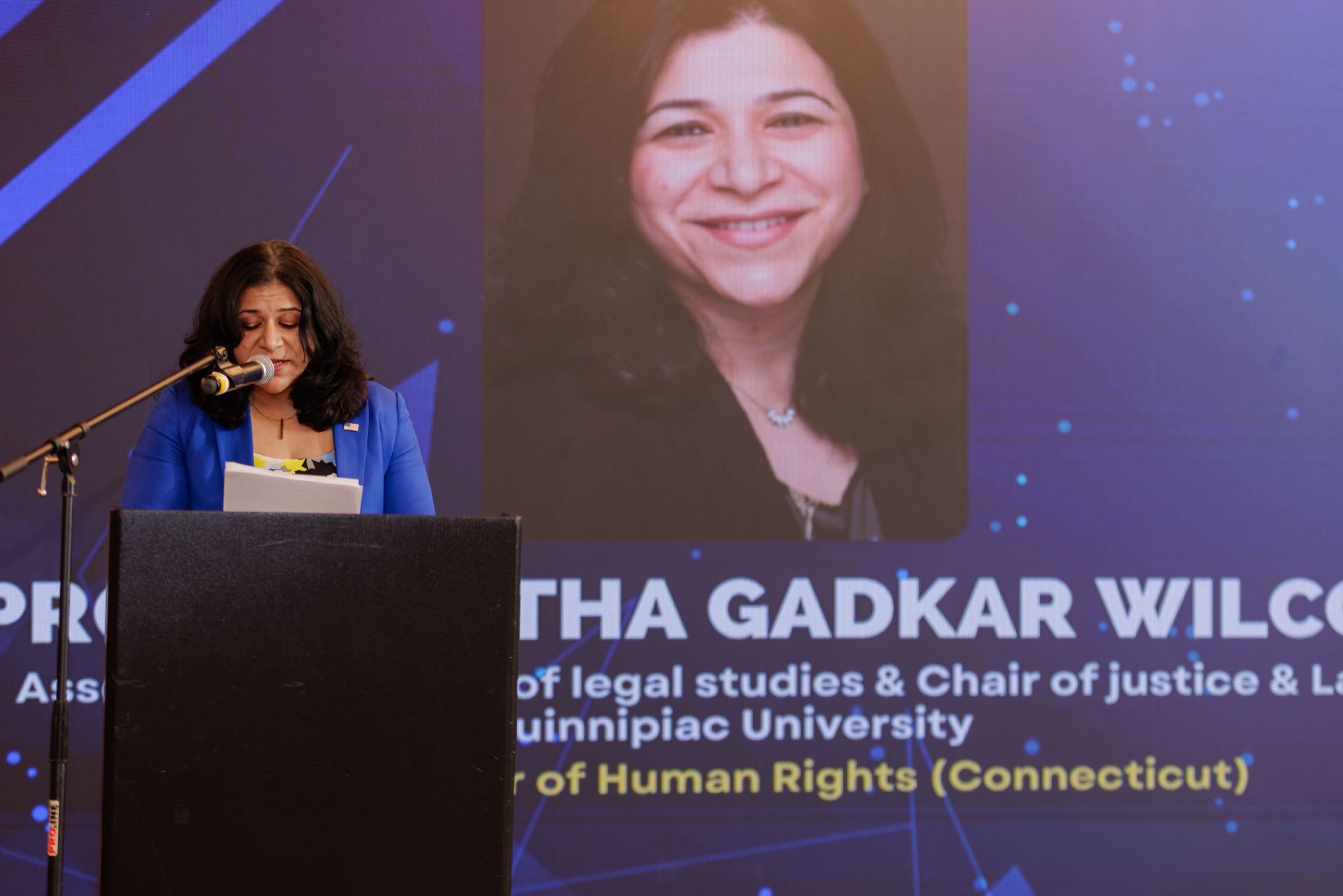
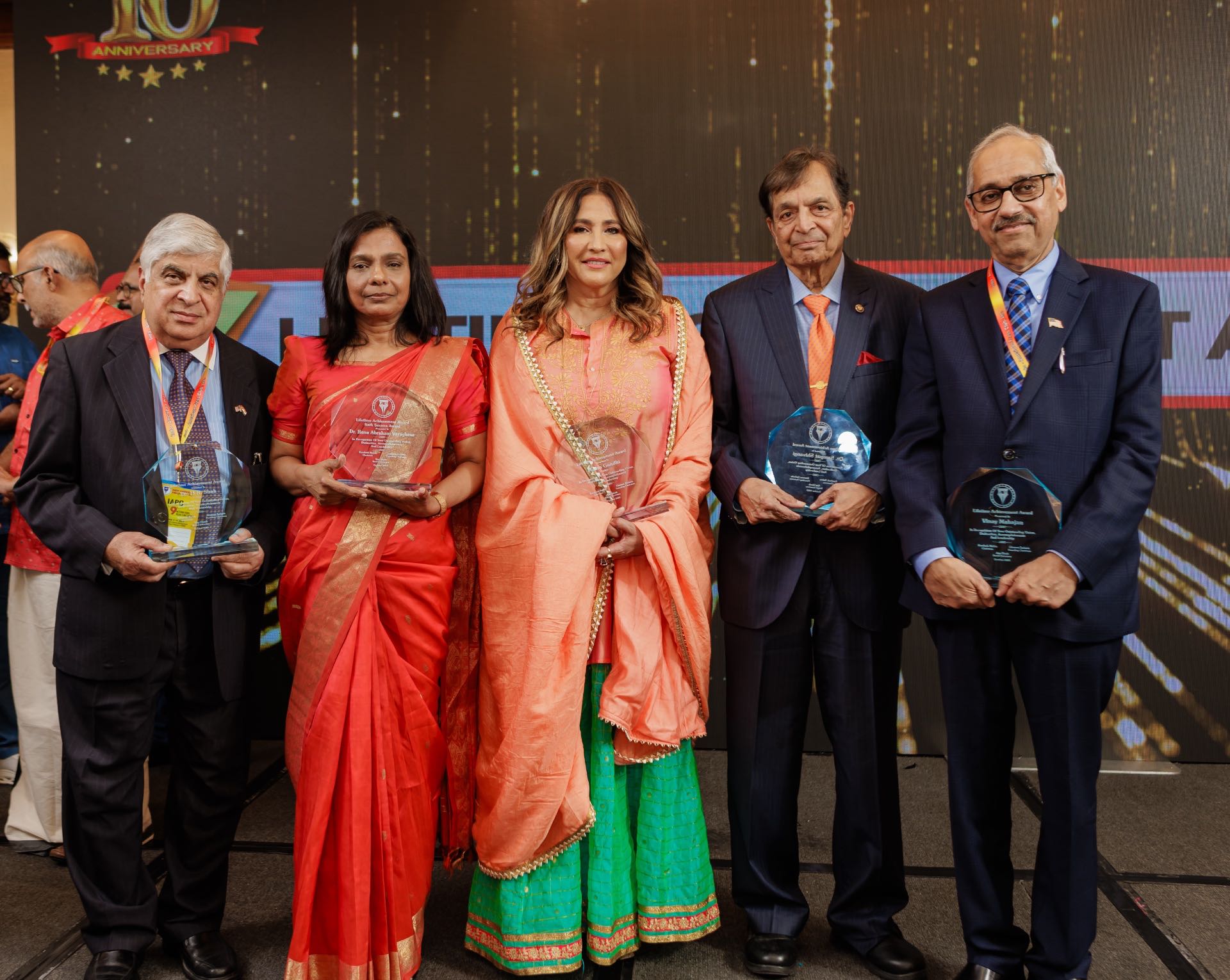
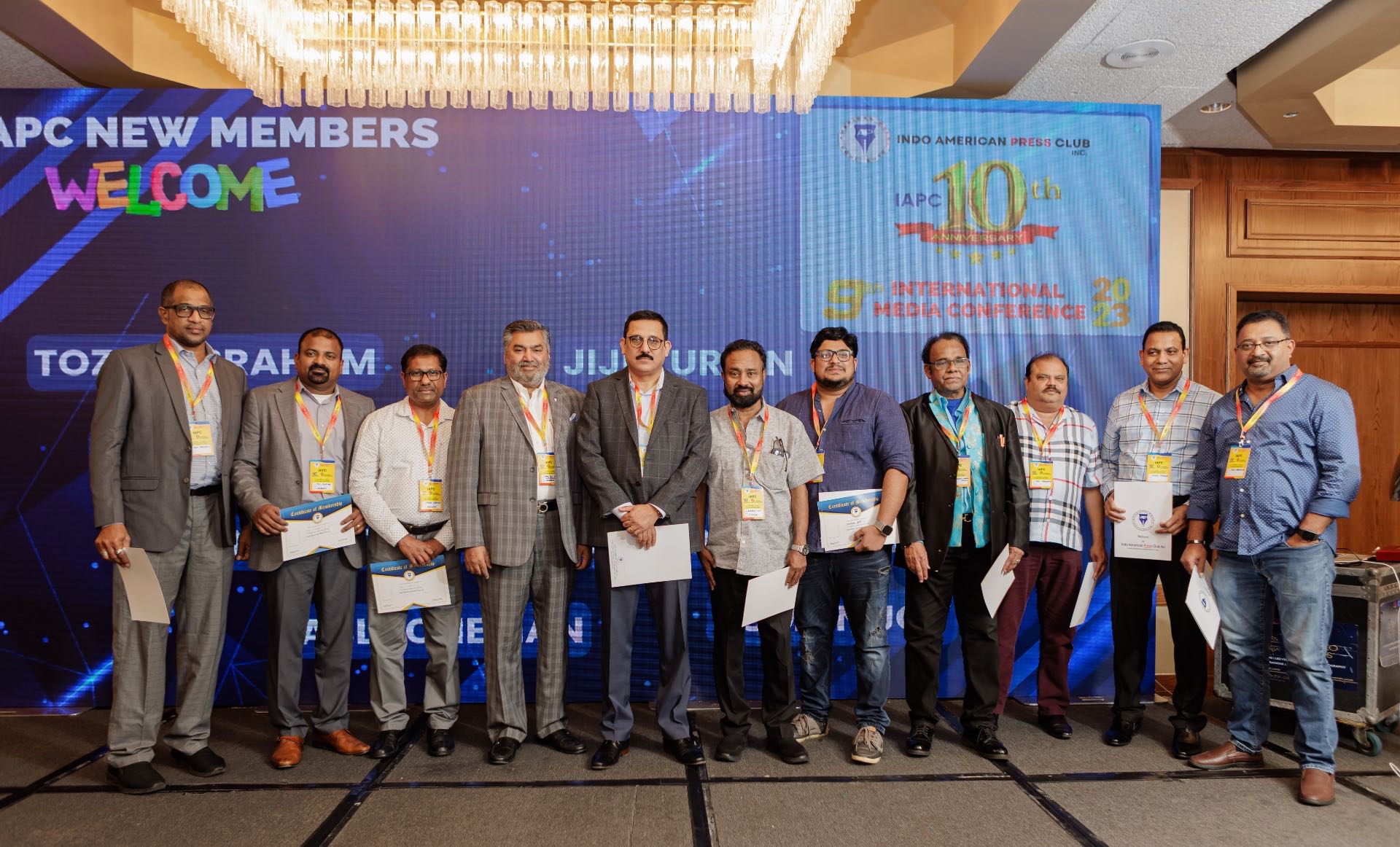
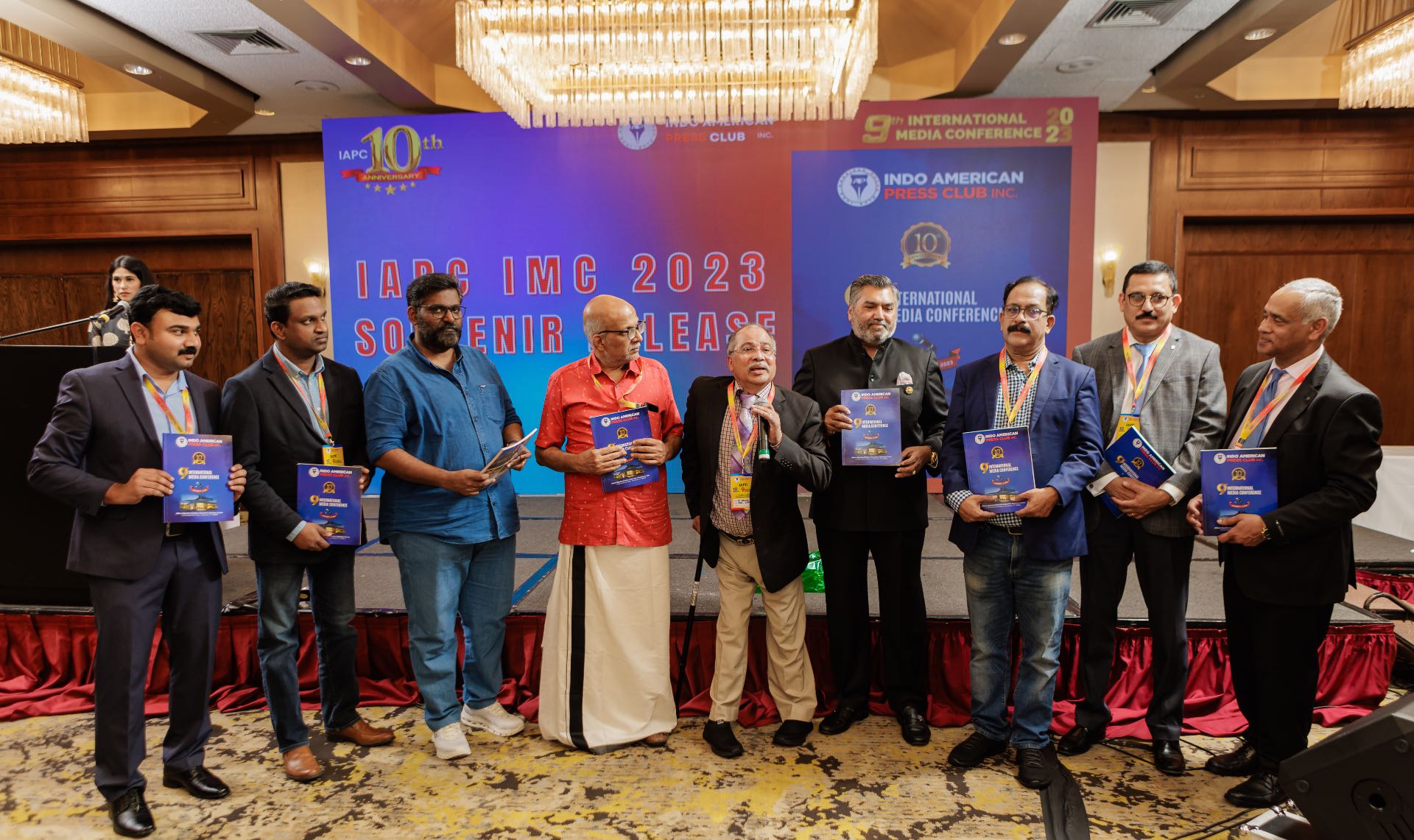
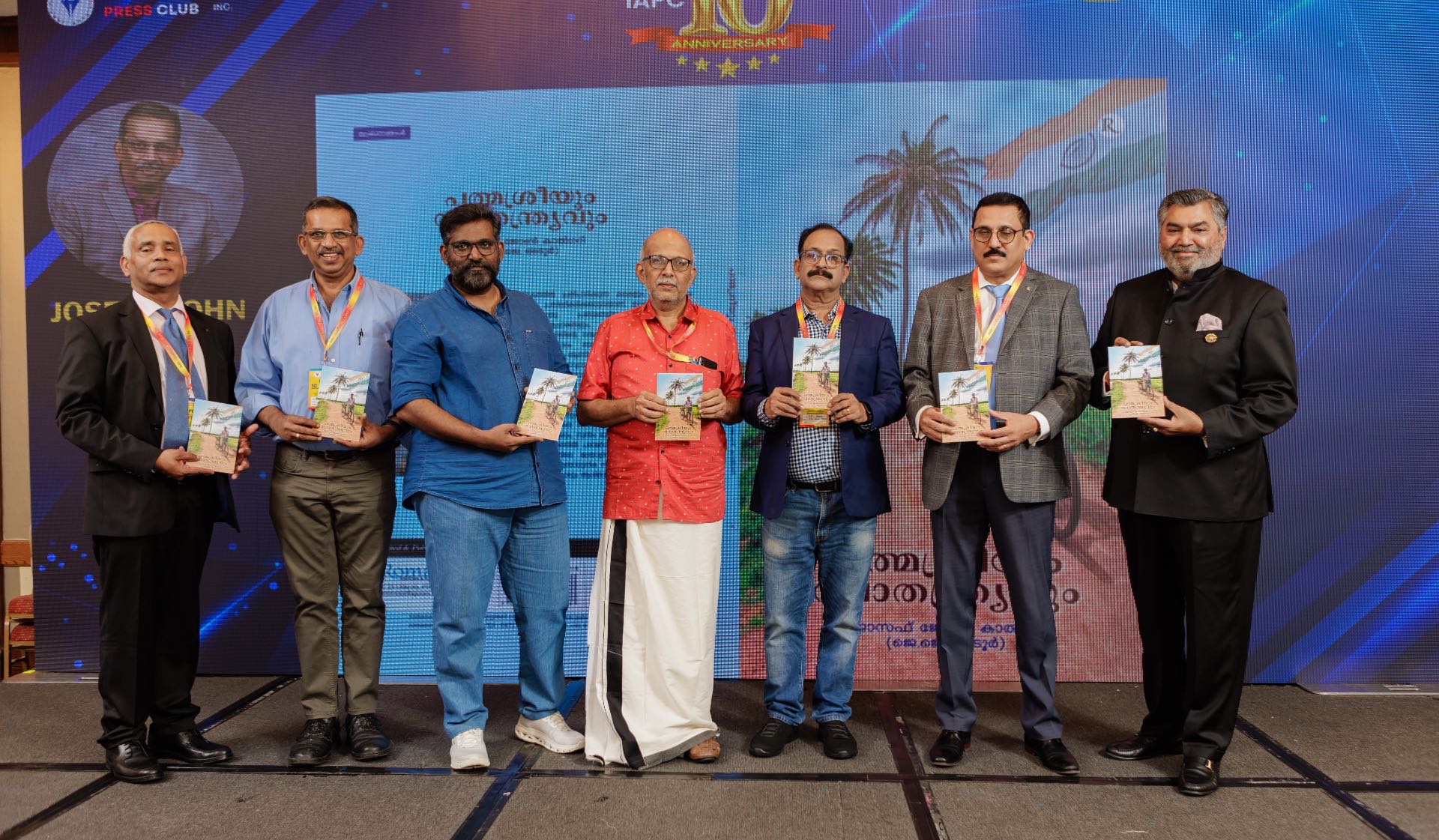
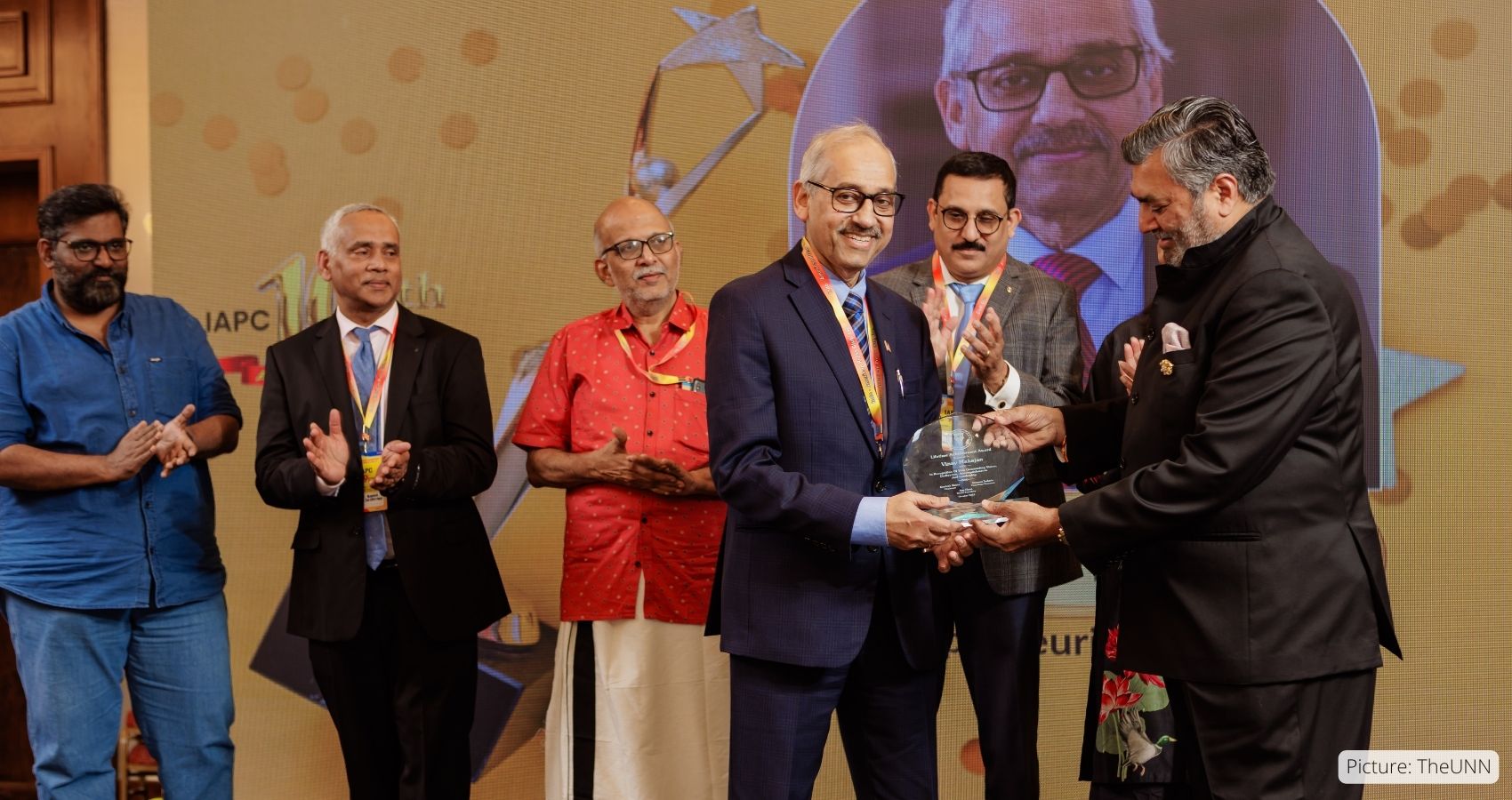
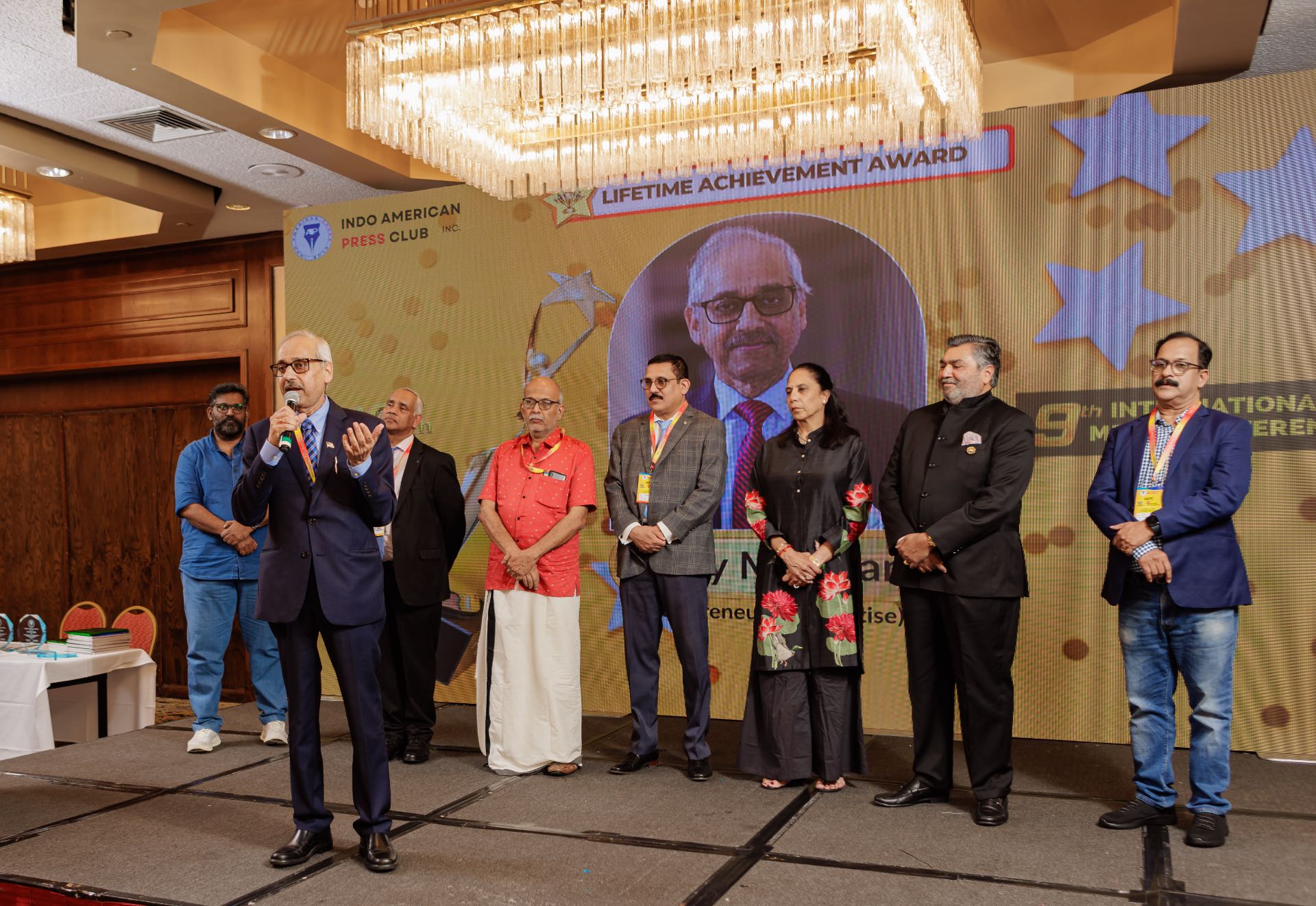
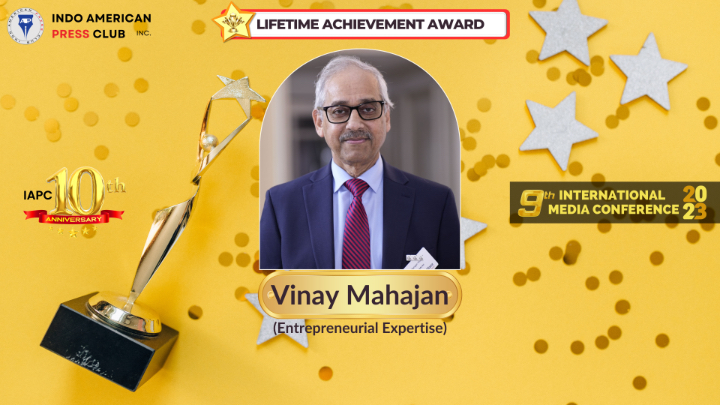
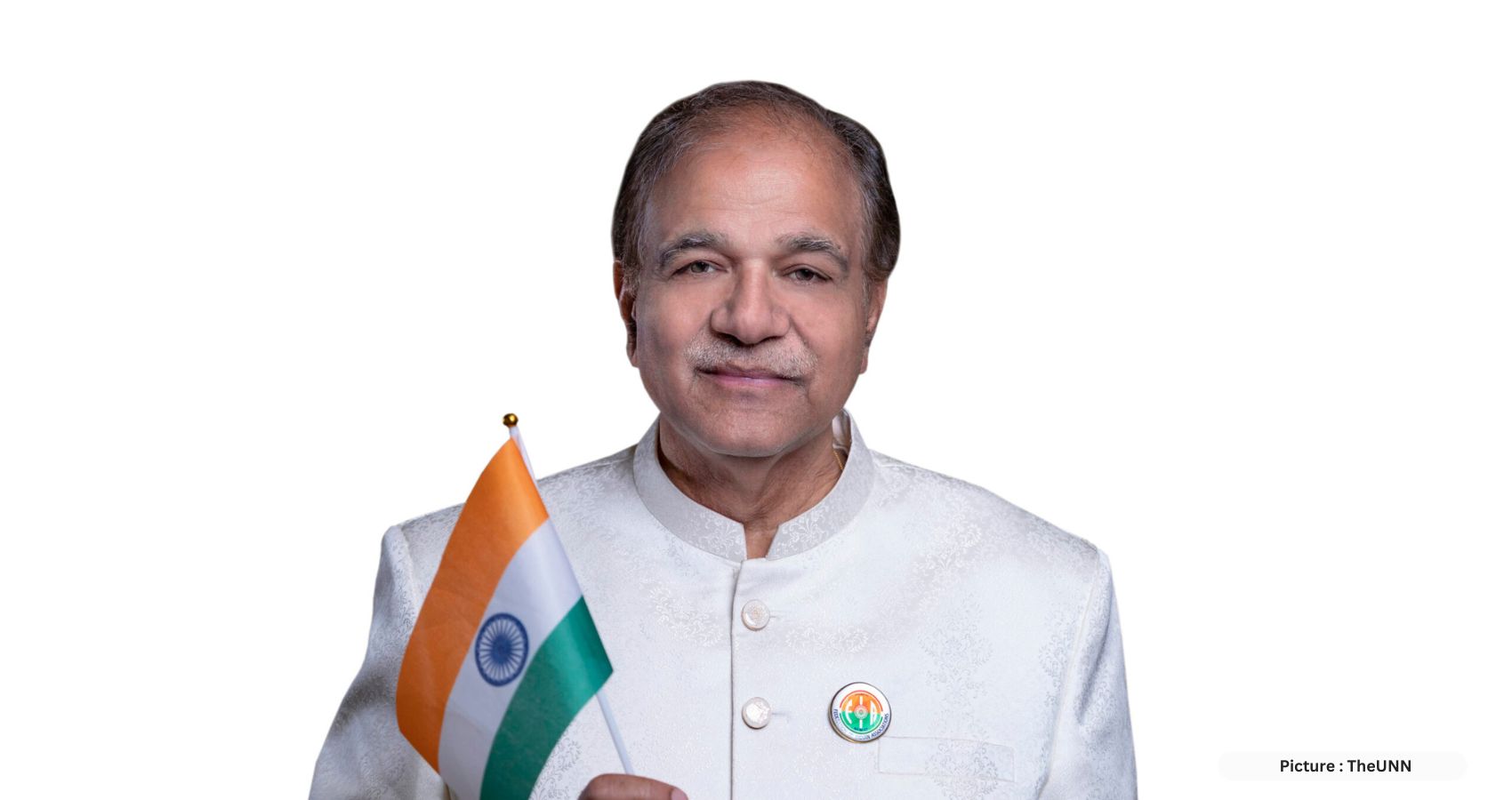
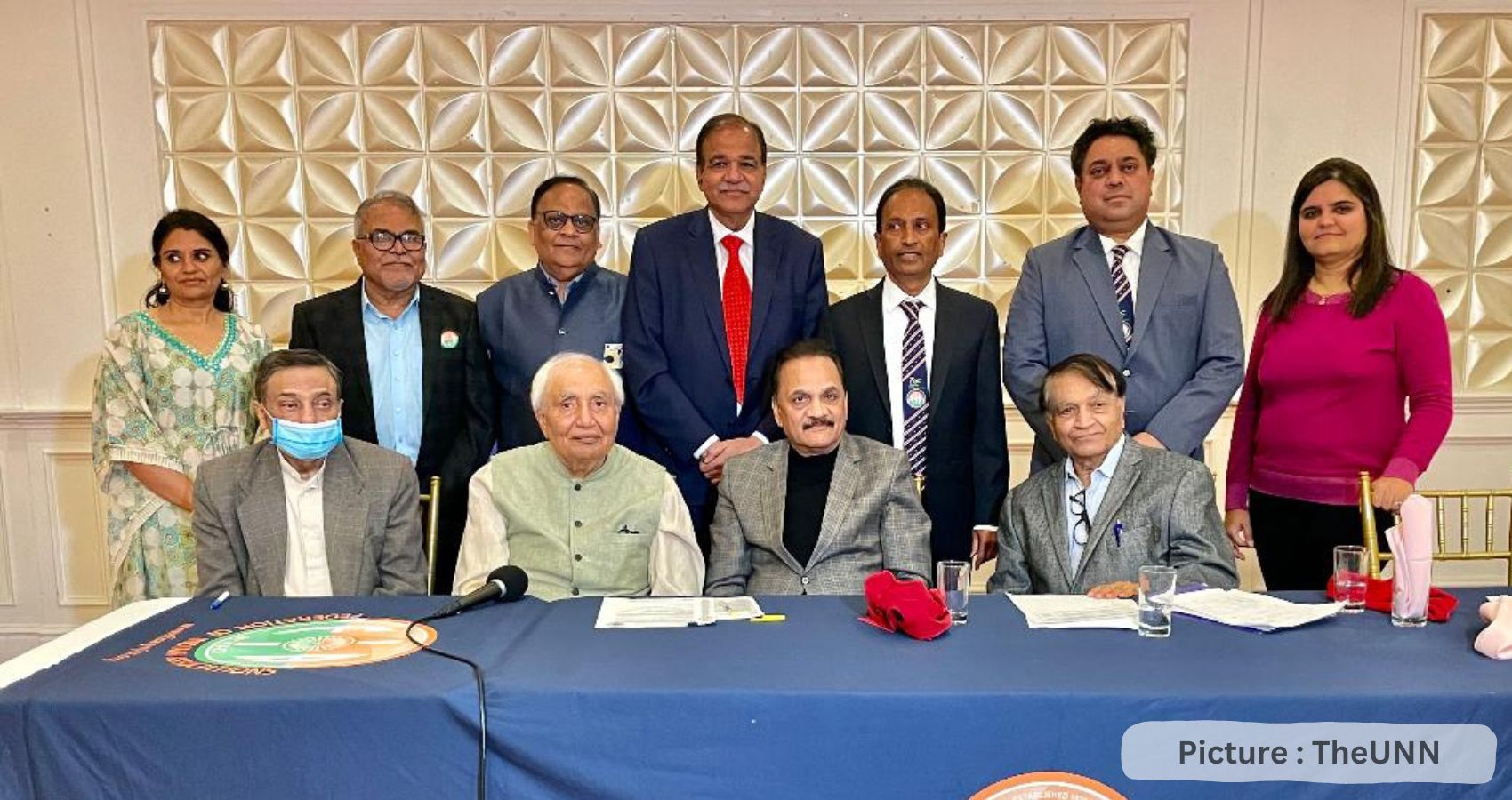 FIA, a venerable non-profit grassroots organization, revealed its 2024 executive team during its Annual General Meeting. Gupta’s presidency aims to enhance India-US ties, advocate for the Indian diaspora, promote cultural exchange, and engage in social welfare projects.
FIA, a venerable non-profit grassroots organization, revealed its 2024 executive team during its Annual General Meeting. Gupta’s presidency aims to enhance India-US ties, advocate for the Indian diaspora, promote cultural exchange, and engage in social welfare projects.
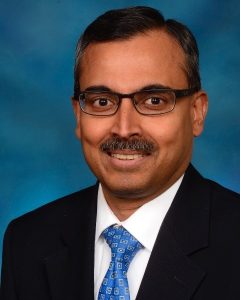 Dr. Shyam Kottilil is a world renowned virologist and immunologist who has made pivotal contributions in the field of Hepatitis and HIV. He is currently the Interim Director of the Institute of Human Virology in Baltimore, MD, the first and foremost Virology Institute in the world. Dr. Kottilil has had an illustrious career with over 350 major publications, as well as awards and accolades from premier societies in Medicine, Infectious Diseases, Hepatology and the National Institutes of Health.
Dr. Shyam Kottilil is a world renowned virologist and immunologist who has made pivotal contributions in the field of Hepatitis and HIV. He is currently the Interim Director of the Institute of Human Virology in Baltimore, MD, the first and foremost Virology Institute in the world. Dr. Kottilil has had an illustrious career with over 350 major publications, as well as awards and accolades from premier societies in Medicine, Infectious Diseases, Hepatology and the National Institutes of Health.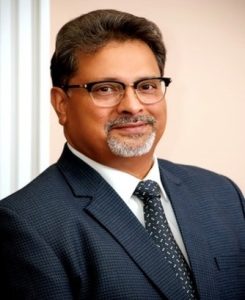 Sajeeb Koya, a North American Malayali, is the man behind the LED Façade lighting that lights up Burj Khalifa, the tallest building in the world. Sajeeb and his team are proud to be part of this project which owns 2 Guinness World Records. His company 3S International Inc., which has its headquarters at Pickering (Ontario, Canda), has executed numerous vibrant Architectural and Media Façade LED projects all over the world. People just see lights as utilitarian, whereas Sajeeb sees multitude of colors, shades, movements, and blends the beauty of light with technology.
Sajeeb Koya, a North American Malayali, is the man behind the LED Façade lighting that lights up Burj Khalifa, the tallest building in the world. Sajeeb and his team are proud to be part of this project which owns 2 Guinness World Records. His company 3S International Inc., which has its headquarters at Pickering (Ontario, Canda), has executed numerous vibrant Architectural and Media Façade LED projects all over the world. People just see lights as utilitarian, whereas Sajeeb sees multitude of colors, shades, movements, and blends the beauty of light with technology.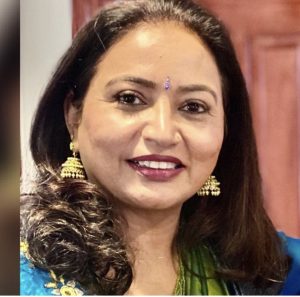 Dr. Anna George is the current President of the Indian Nurses Association of New York (INANY). She is a Nurse, a nurse practitioner, human rights advocate, and a social activist. She works at Molloy University as an Associate Professor, teaching the Nurse Practitioner Track and as a Nurse Practitioner at Northwell Health.
Dr. Anna George is the current President of the Indian Nurses Association of New York (INANY). She is a Nurse, a nurse practitioner, human rights advocate, and a social activist. She works at Molloy University as an Associate Professor, teaching the Nurse Practitioner Track and as a Nurse Practitioner at Northwell Health.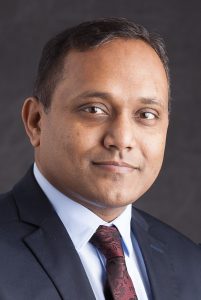 Dr. Shelby Kutty is a physician scientist and academic leader, serving as the Helen B. Taussig endowed professor and director of pediatric and congenital cardiology at the Johns Hopkins University School of Medicine. He also chairs the analytic intelligence program at Johns Hopkins. One of the world’s preeminent experts on multimodality cardiovascular imaging with over 400 peer-reviewed publications, Dr. Kutty is passionate about patient outcomes and evidence-based assessment of new technologies.
Dr. Shelby Kutty is a physician scientist and academic leader, serving as the Helen B. Taussig endowed professor and director of pediatric and congenital cardiology at the Johns Hopkins University School of Medicine. He also chairs the analytic intelligence program at Johns Hopkins. One of the world’s preeminent experts on multimodality cardiovascular imaging with over 400 peer-reviewed publications, Dr. Kutty is passionate about patient outcomes and evidence-based assessment of new technologies.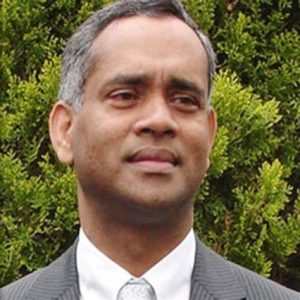 Ajay Ghosh is the Chief Editor and Co-Publisher of The Universal News Network (www/theunn.com). He serves as the Media Coordinator for the American Association of Physicians of Indian Origin (AAPI) and ITServe Alliance. Ajay was the founding President of the Indo-American Press Club and is its Secretary, Board of Directors. Prior to coming to the United States, Ajay was the Chief Editor of The Voice Delhi and contributed articles to several national publications in India. In the United States, starting his journalistic career as a reporter in 1999 for India Post, he had worked as the New York Bureau Chief of Indian Reporter and World News, and worked as the New York Bureau Chief of India Tribune, a weekly newspaper published from Chicago. Ajay served as the Executive Editor of NRI Today and was the Bureau Chief of The Indian Express, North American Editions. Ajay has a Master’s Degree in Journalism from Marquette University, Milwaukee, WI and a Social Work Degree (MSW) from Delhi University.
Ajay Ghosh is the Chief Editor and Co-Publisher of The Universal News Network (www/theunn.com). He serves as the Media Coordinator for the American Association of Physicians of Indian Origin (AAPI) and ITServe Alliance. Ajay was the founding President of the Indo-American Press Club and is its Secretary, Board of Directors. Prior to coming to the United States, Ajay was the Chief Editor of The Voice Delhi and contributed articles to several national publications in India. In the United States, starting his journalistic career as a reporter in 1999 for India Post, he had worked as the New York Bureau Chief of Indian Reporter and World News, and worked as the New York Bureau Chief of India Tribune, a weekly newspaper published from Chicago. Ajay served as the Executive Editor of NRI Today and was the Bureau Chief of The Indian Express, North American Editions. Ajay has a Master’s Degree in Journalism from Marquette University, Milwaukee, WI and a Social Work Degree (MSW) from Delhi University.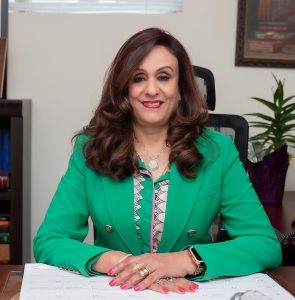 An accomplished Barrister and Solicitor and active community member, Lata Menon has become a recognized name in the legal community in Ontario, as well as the Indian states of Maharashtra, Karnataka, and Kerala, where she practiced as a lawyer before immigrating to Canada. In addition to her professional activities as a lawyer, Lata devotes her time to the community at large and has become an active supporter and champion of women’s equality and rights. She is actively engaged in several social and community programs in her capacity as a Founder, Board Member, Secretary, Legal Advisor, and many other positions. As a professional, Lata has touched the lives of several of her clients who came to her in distress when faced with family discord, domestic violence, abuse, and family disputes, which she has influenced many of her clients to pull their lives together and persevere in the face of adversity. Lata’s achievements and success makes her a true leader, mentor, formidable force, influence, and inspiration to many.
An accomplished Barrister and Solicitor and active community member, Lata Menon has become a recognized name in the legal community in Ontario, as well as the Indian states of Maharashtra, Karnataka, and Kerala, where she practiced as a lawyer before immigrating to Canada. In addition to her professional activities as a lawyer, Lata devotes her time to the community at large and has become an active supporter and champion of women’s equality and rights. She is actively engaged in several social and community programs in her capacity as a Founder, Board Member, Secretary, Legal Advisor, and many other positions. As a professional, Lata has touched the lives of several of her clients who came to her in distress when faced with family discord, domestic violence, abuse, and family disputes, which she has influenced many of her clients to pull their lives together and persevere in the face of adversity. Lata’s achievements and success makes her a true leader, mentor, formidable force, influence, and inspiration to many.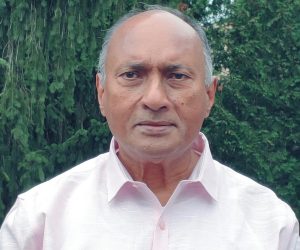 Jayant Kamicheril is a recipient of Kerala Sahithya Academy award for 2022 for his book “Oru Kumarakom Karantay Kuruthamketta Likhithangal”. He won LANA Award in 2019 for his book: Kumarakathu Oru Pesaha. His essays and stories in English and Malayalam have been published in N. America and India. He lives in Reading, PA with wife Anita Namboodiri and they have two daughters – Aloka and Shreela.
Jayant Kamicheril is a recipient of Kerala Sahithya Academy award for 2022 for his book “Oru Kumarakom Karantay Kuruthamketta Likhithangal”. He won LANA Award in 2019 for his book: Kumarakathu Oru Pesaha. His essays and stories in English and Malayalam have been published in N. America and India. He lives in Reading, PA with wife Anita Namboodiri and they have two daughters – Aloka and Shreela.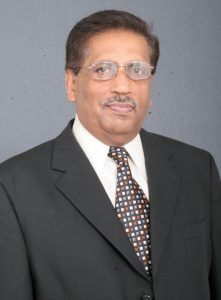 Gopala Pillai has served as the President and Board Member of several organizations in CultureTexas and Detroit, and has been with the World Malayali Council from1995 as its Secretary, President and Chairman. Through these organizations he has been able to provide many services for the good of society. His life’s work reflects his unwavering commitment to both the local community in the USA and the betterment of the less privileged in Kerala, India. He has degrees in Economics, Journalism, and Computer Science, pursuing a successful career in Information Technology in the USA since 1975.
Gopala Pillai has served as the President and Board Member of several organizations in CultureTexas and Detroit, and has been with the World Malayali Council from1995 as its Secretary, President and Chairman. Through these organizations he has been able to provide many services for the good of society. His life’s work reflects his unwavering commitment to both the local community in the USA and the betterment of the less privileged in Kerala, India. He has degrees in Economics, Journalism, and Computer Science, pursuing a successful career in Information Technology in the USA since 1975.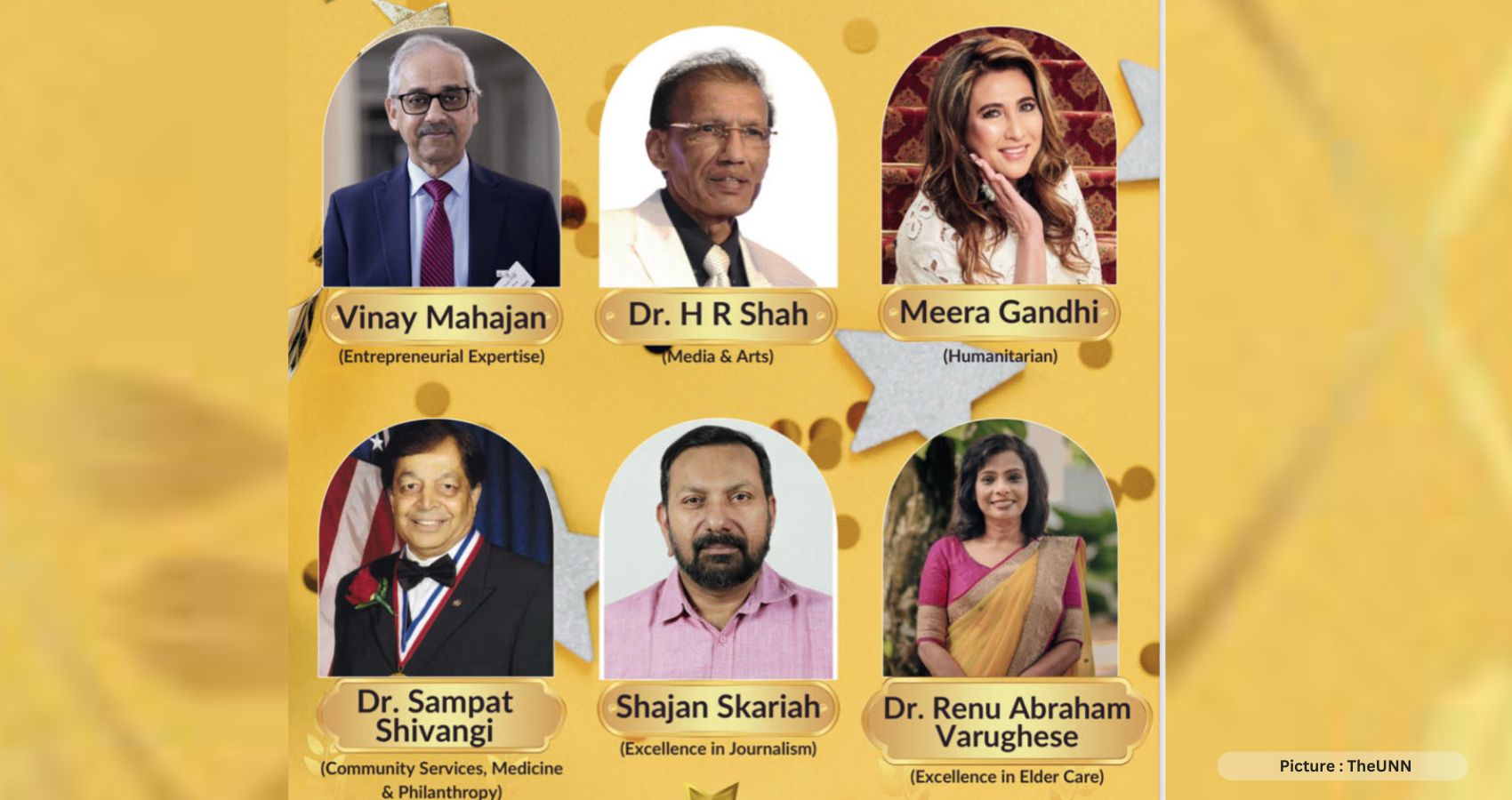
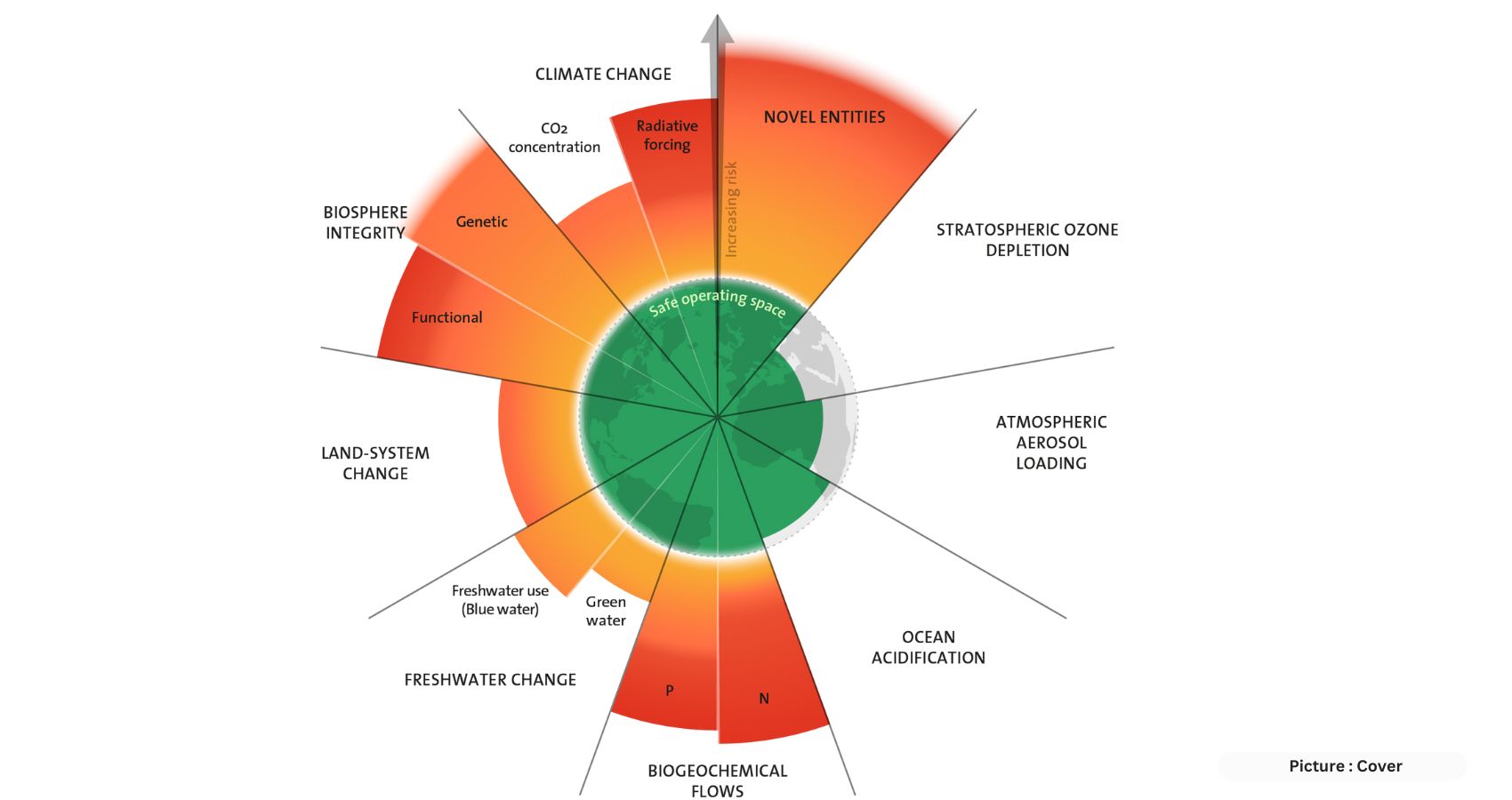
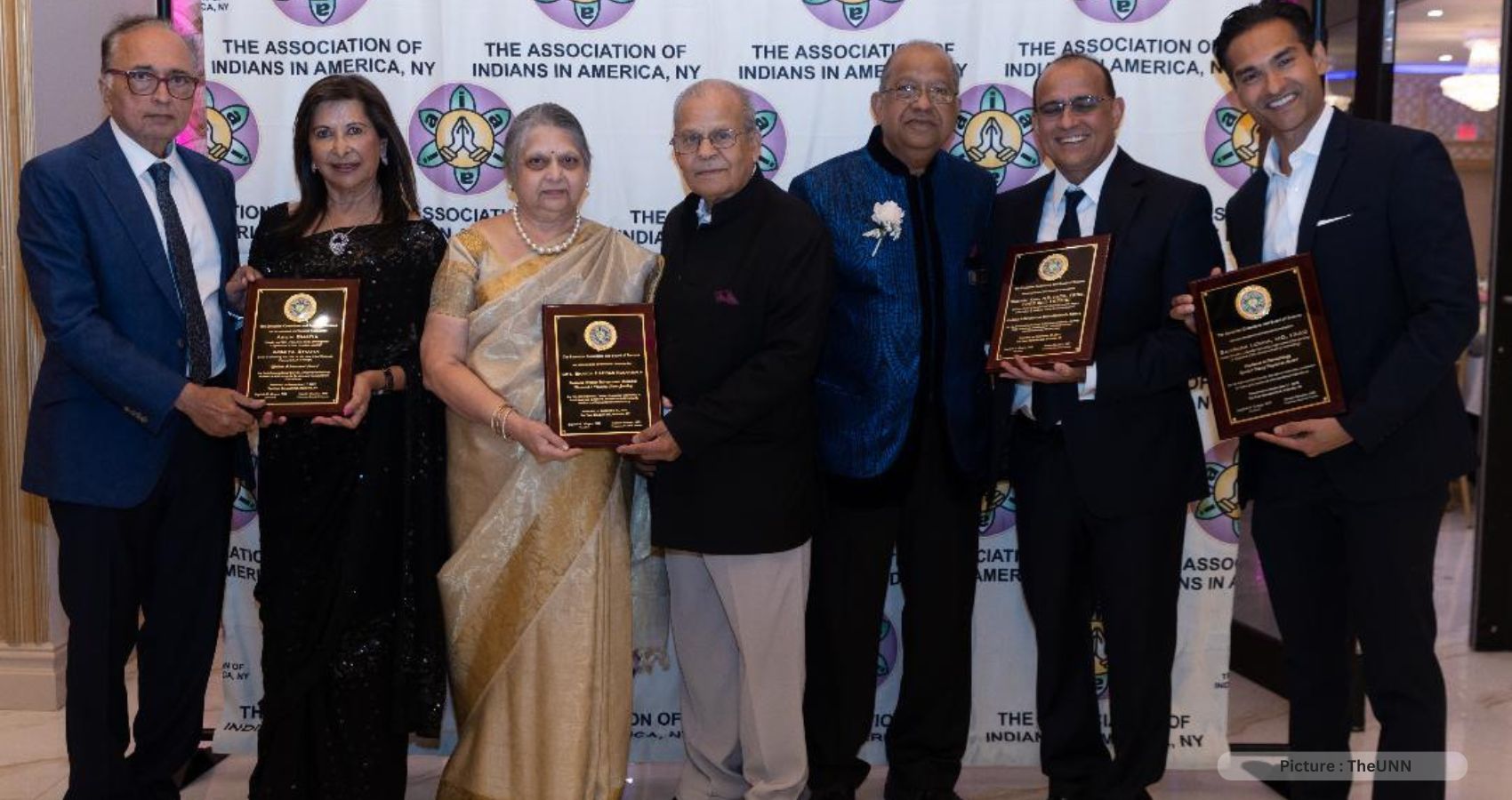
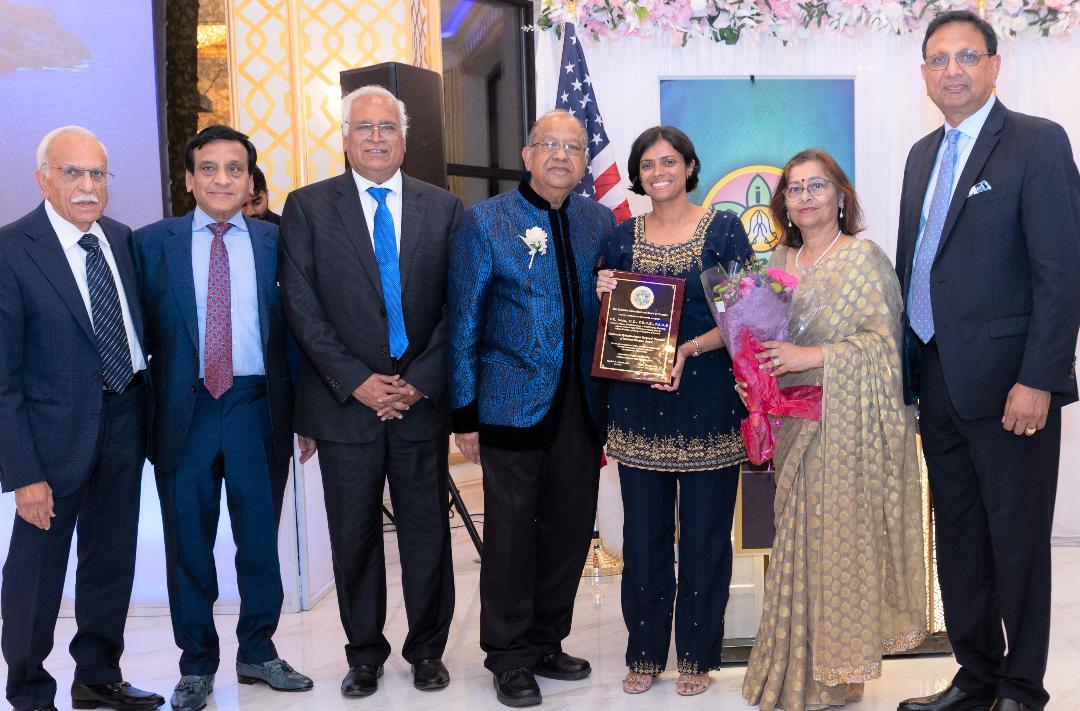 Dr Subhash Kini, Director, Center for Bariatric and Minimally Invasive Surgery, Icahn School of Medicine, Mount Sinai (Morningside), received the Excellence in Bariatric & Minimally Invasive/Robotic Surgery Award. Businesswoman/Entrepreneur Award went to Sharda Haridas Kotahwala, for their family business in Diamond & Precious Stone Jewelry business. Dr Saurabh Lodha, of the Department of Dermatology, Columbia University, was given the Excellence in Dermatology – Special Young Physician Award.
Dr Subhash Kini, Director, Center for Bariatric and Minimally Invasive Surgery, Icahn School of Medicine, Mount Sinai (Morningside), received the Excellence in Bariatric & Minimally Invasive/Robotic Surgery Award. Businesswoman/Entrepreneur Award went to Sharda Haridas Kotahwala, for their family business in Diamond & Precious Stone Jewelry business. Dr Saurabh Lodha, of the Department of Dermatology, Columbia University, was given the Excellence in Dermatology – Special Young Physician Award.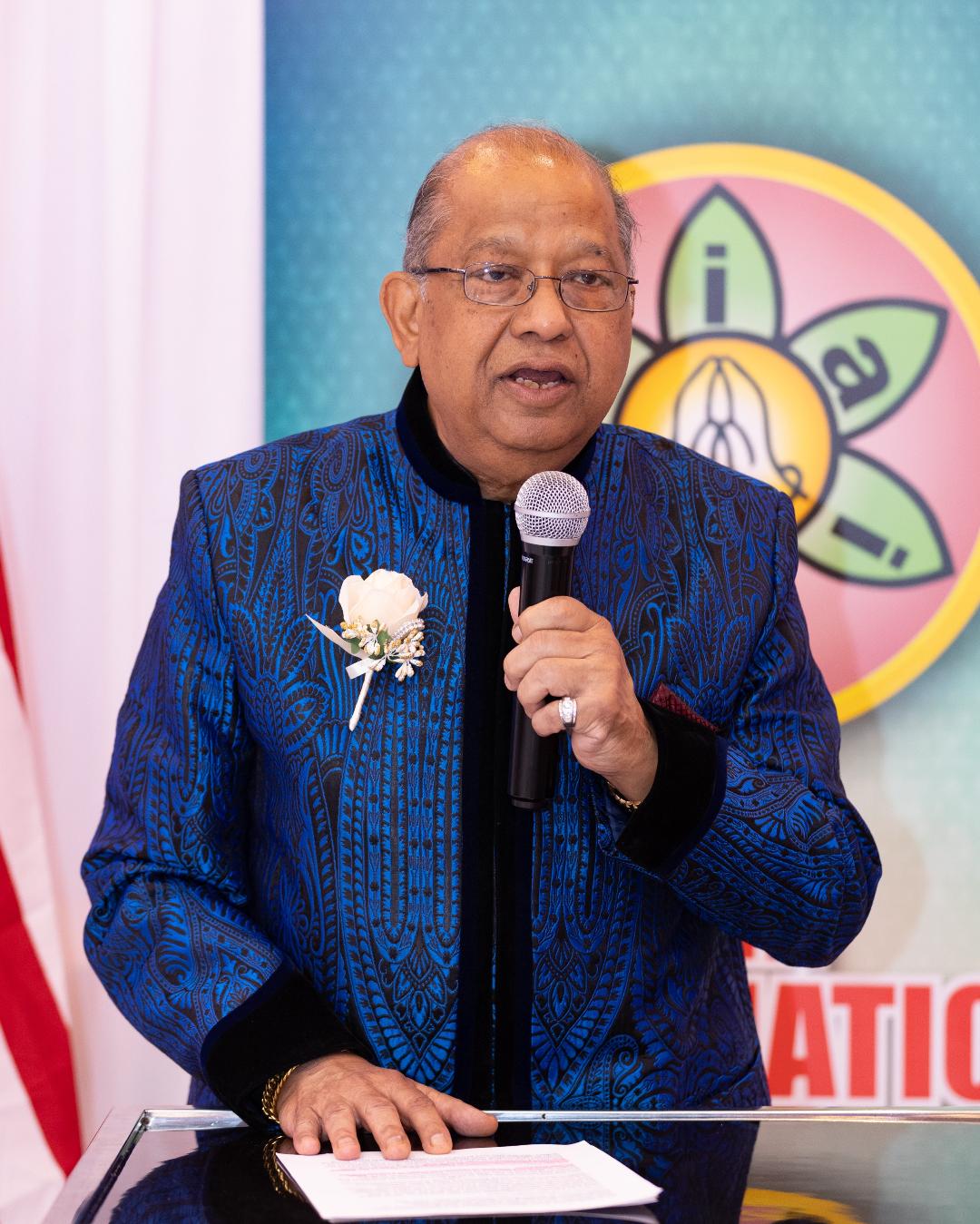 In his President’s address, Dr Gupta said that the honorees tonight are the crème de la crème of our community, including physician leaders, philanthropists, educators, and entrepreneurs.
In his President’s address, Dr Gupta said that the honorees tonight are the crème de la crème of our community, including physician leaders, philanthropists, educators, and entrepreneurs.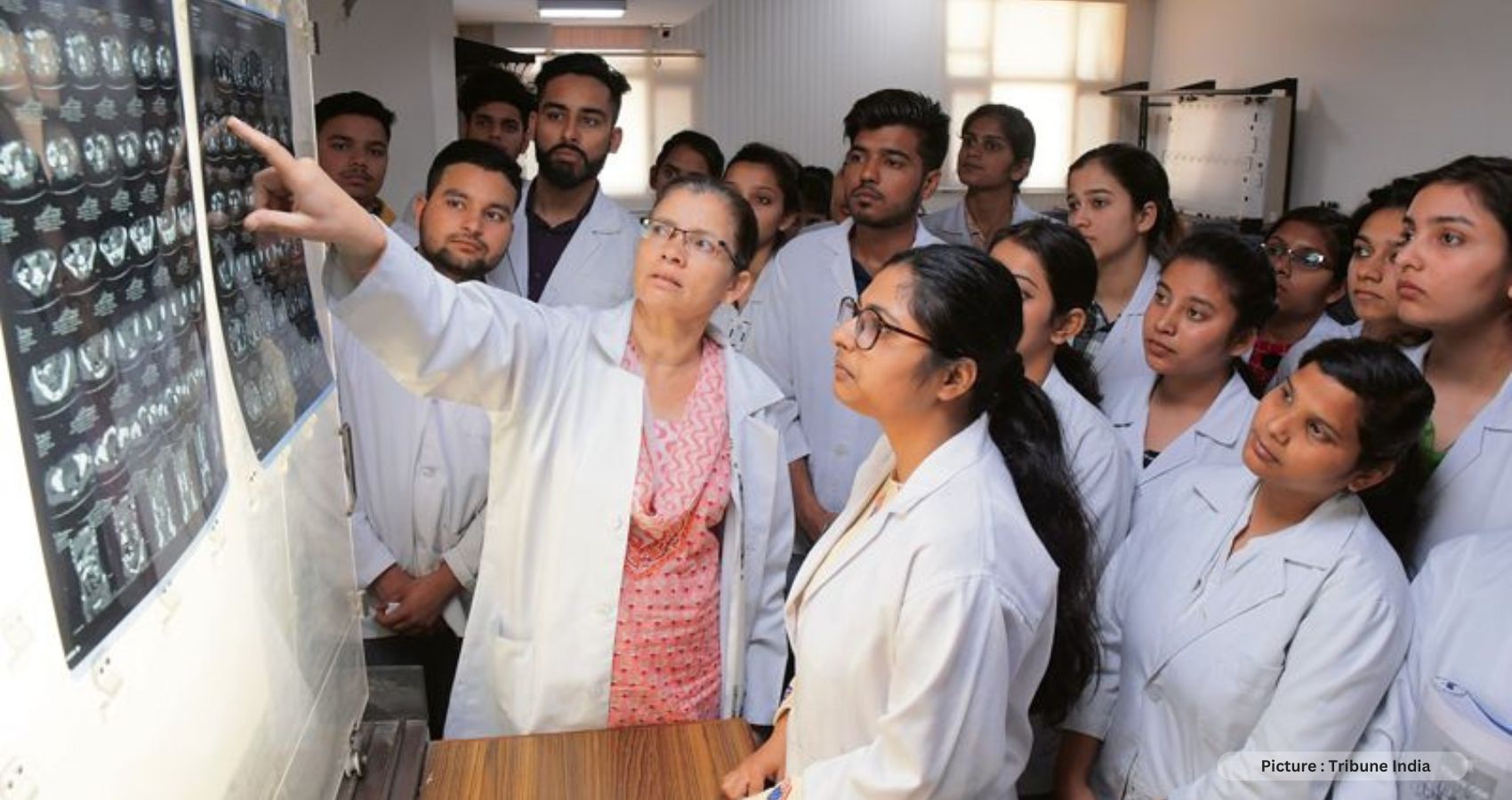
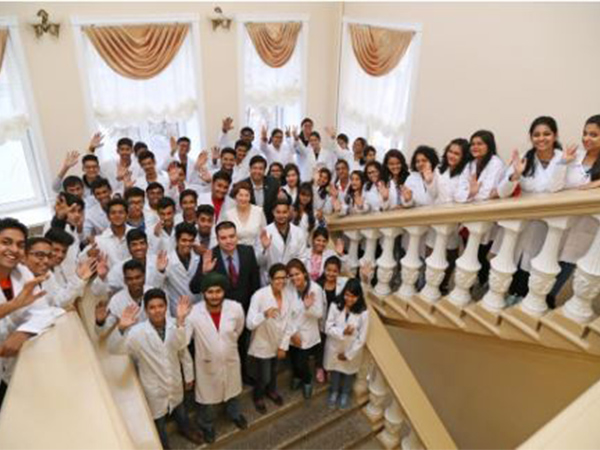
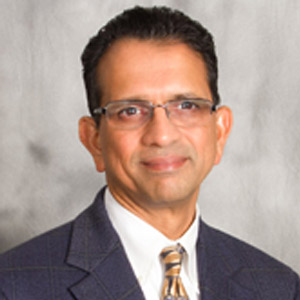
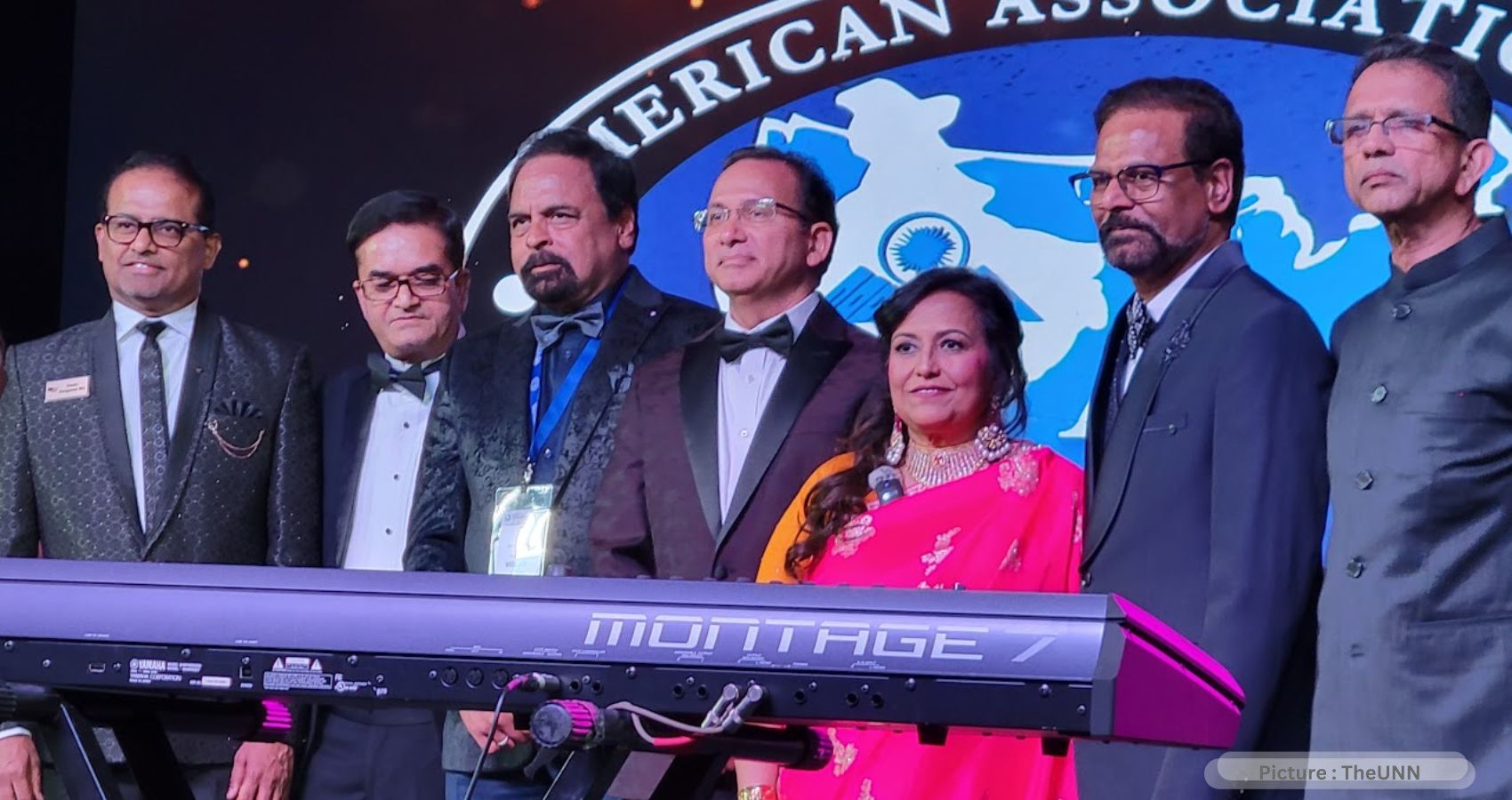
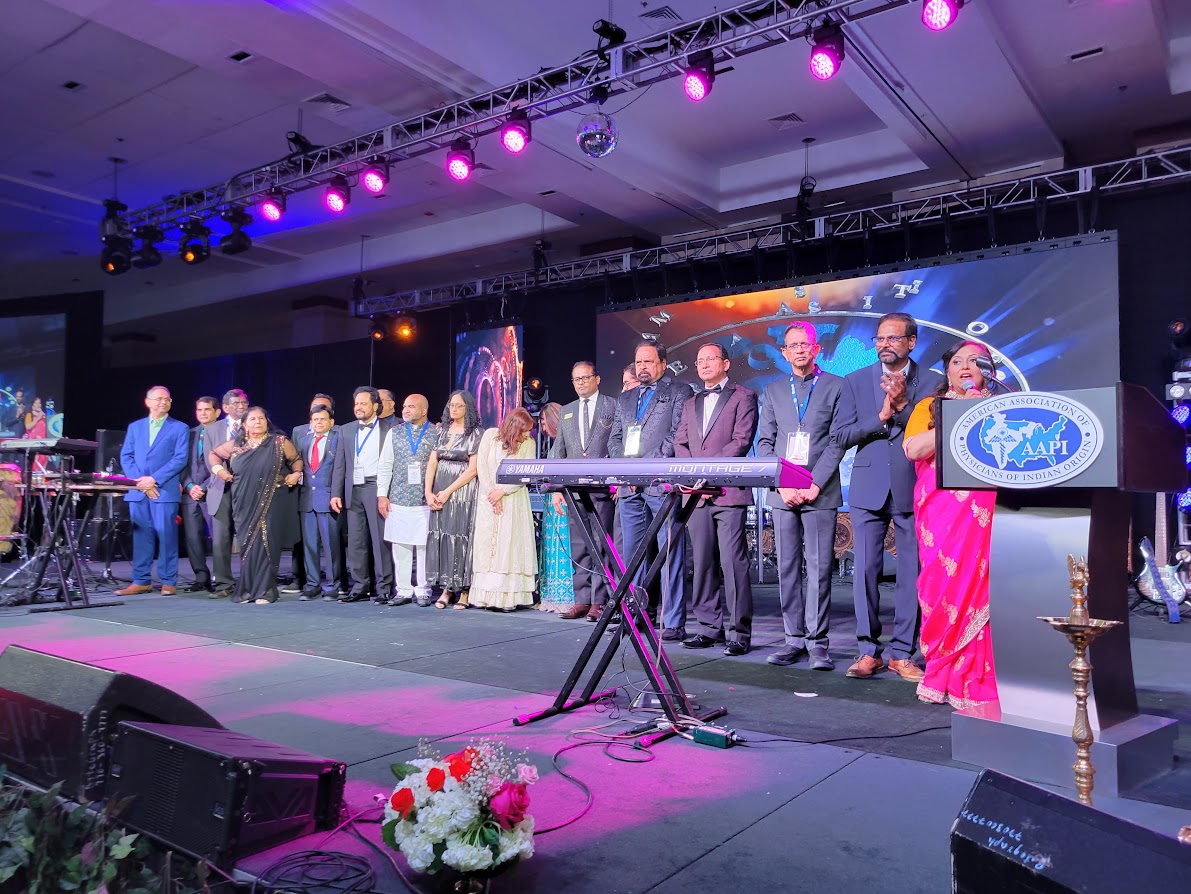
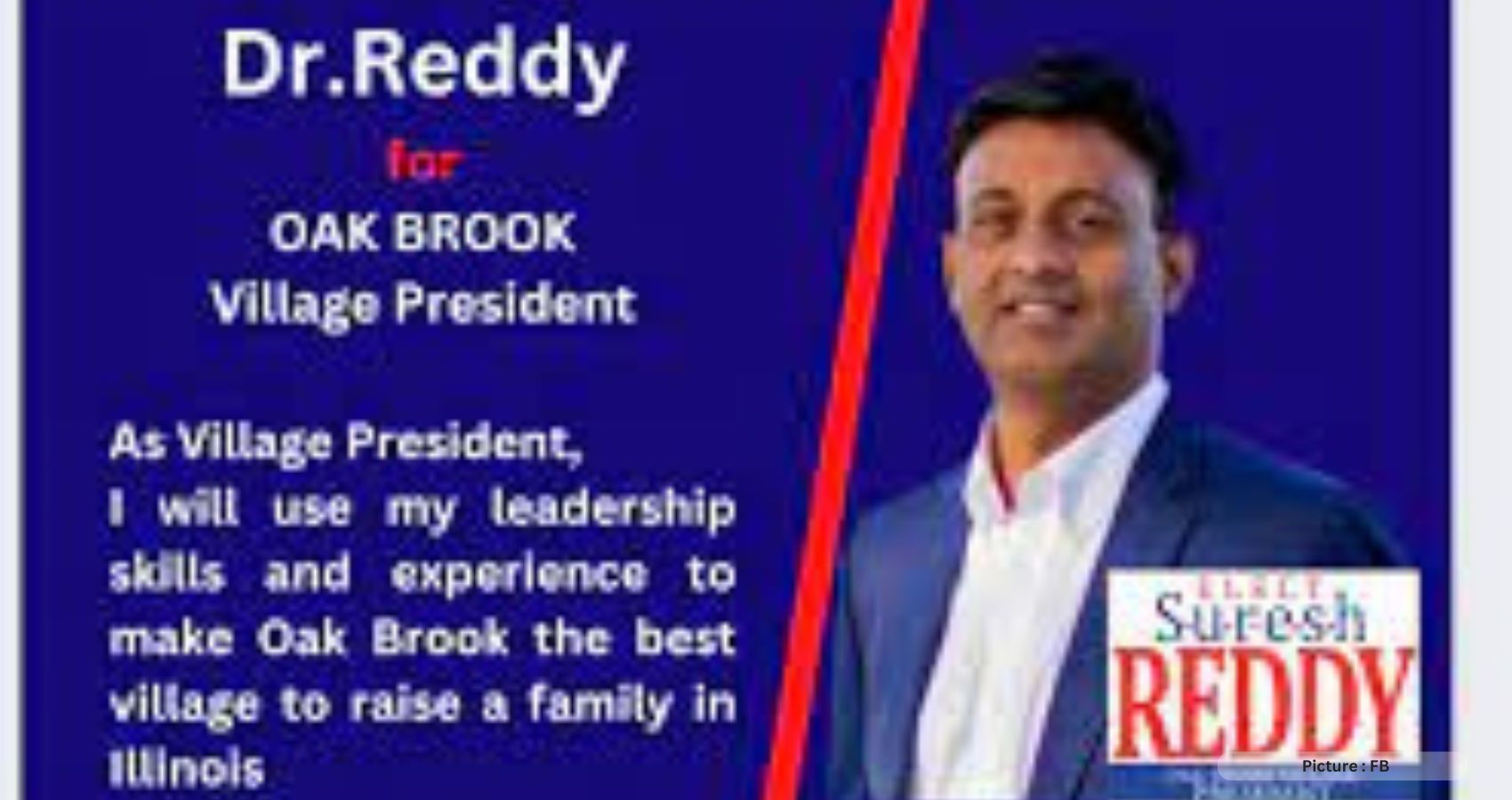
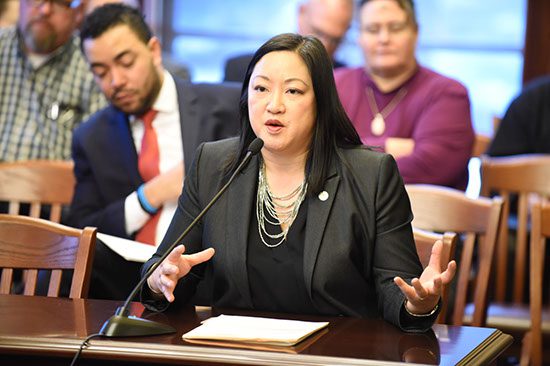
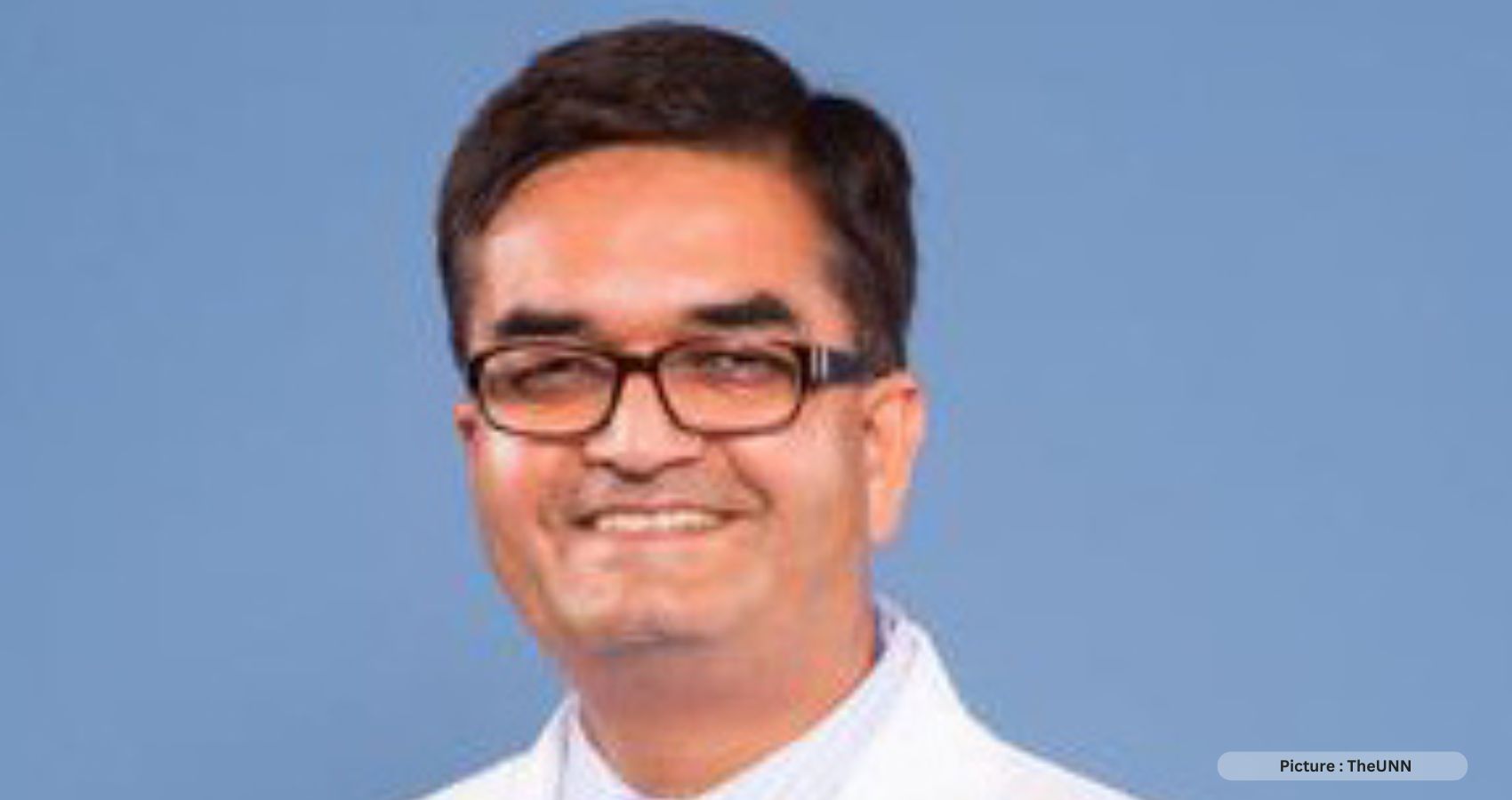
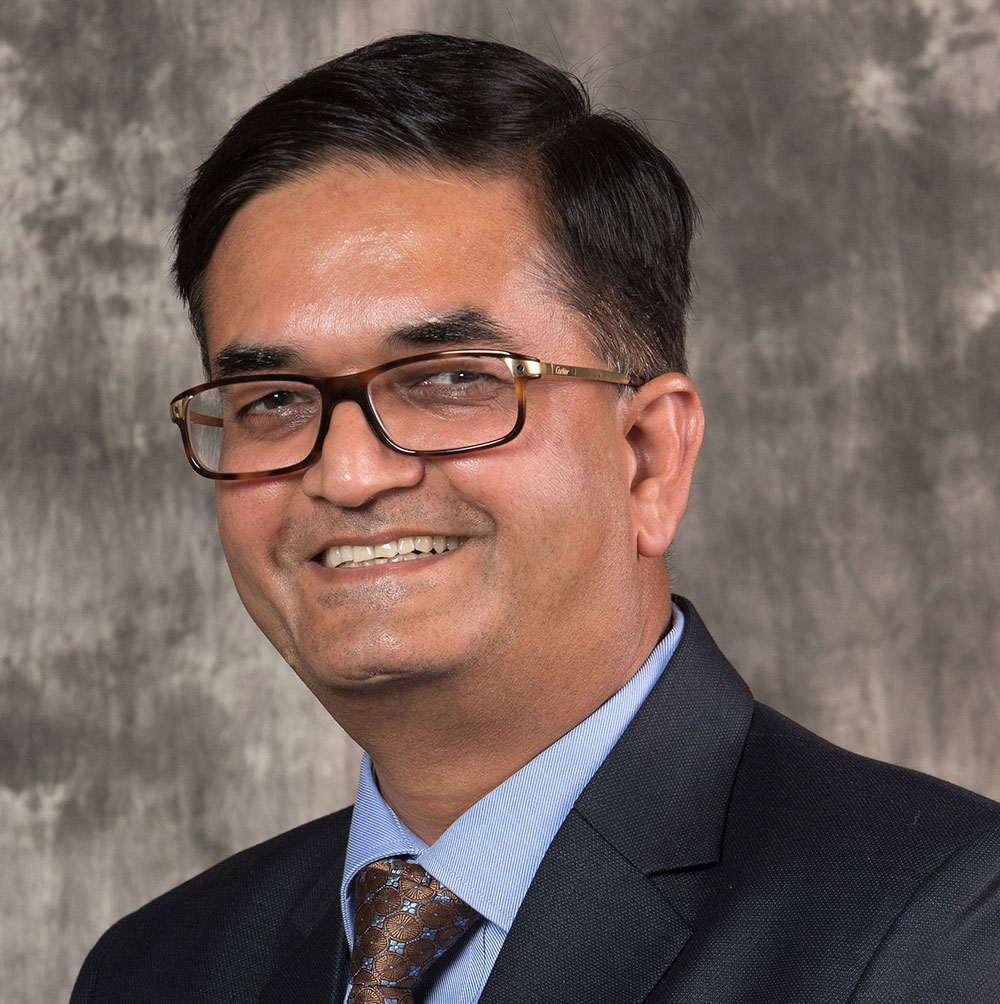
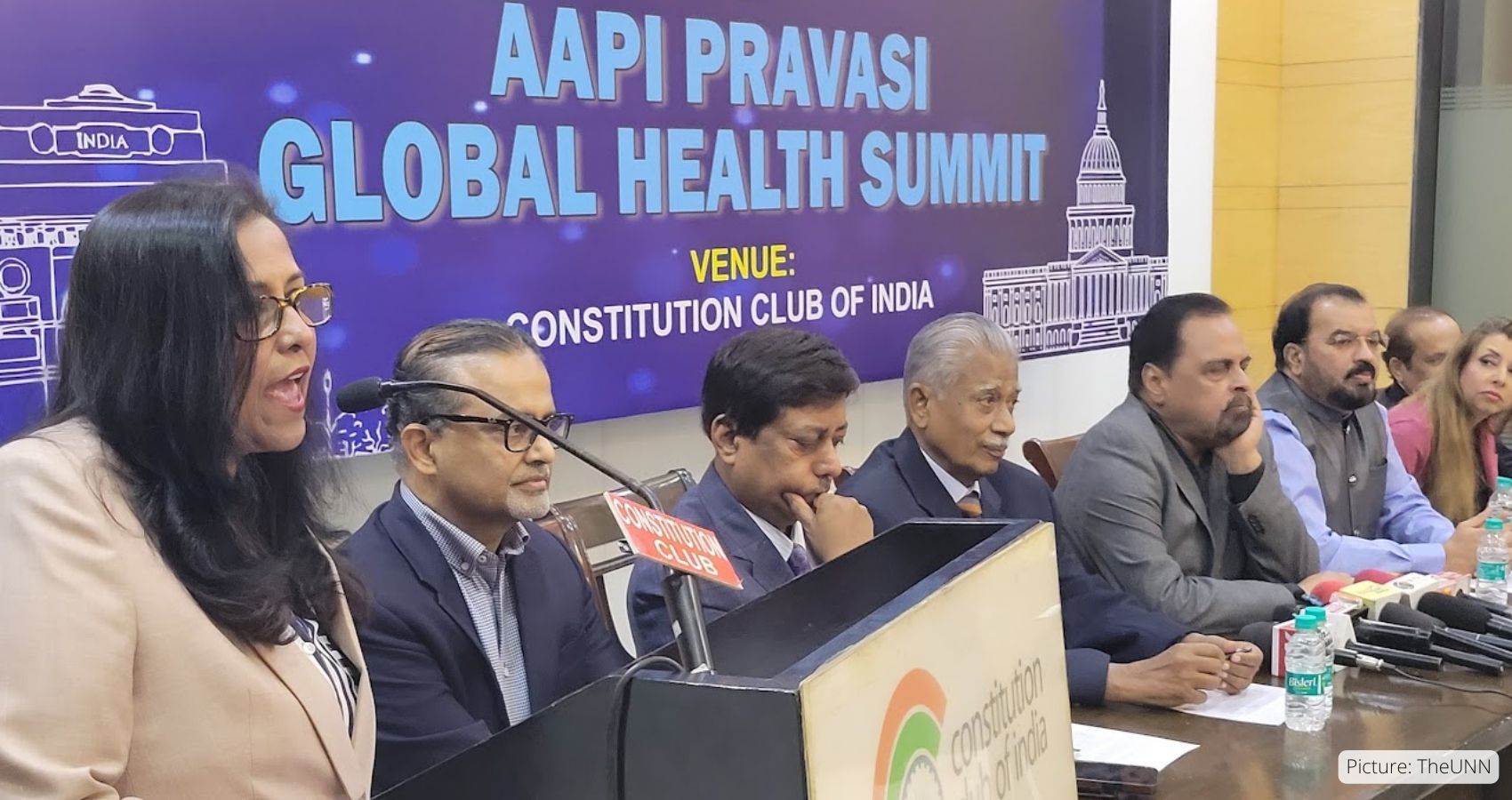
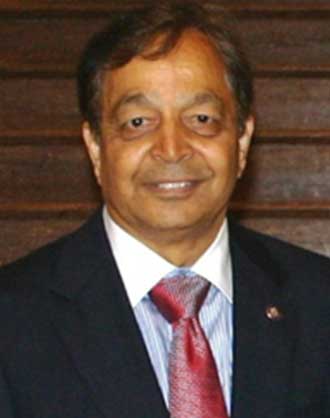 Lt. Gen. Dr. M.D. Venkatesh, Co-Chair of GHS – India says, “Many of the physicians who will attend this convention have excelled in different specialties and subspecialties and occupy high positions as faculty members of medical schools, heads of departments, and executives of hospitals and pharma companies.
Lt. Gen. Dr. M.D. Venkatesh, Co-Chair of GHS – India says, “Many of the physicians who will attend this convention have excelled in different specialties and subspecialties and occupy high positions as faculty members of medical schools, heads of departments, and executives of hospitals and pharma companies.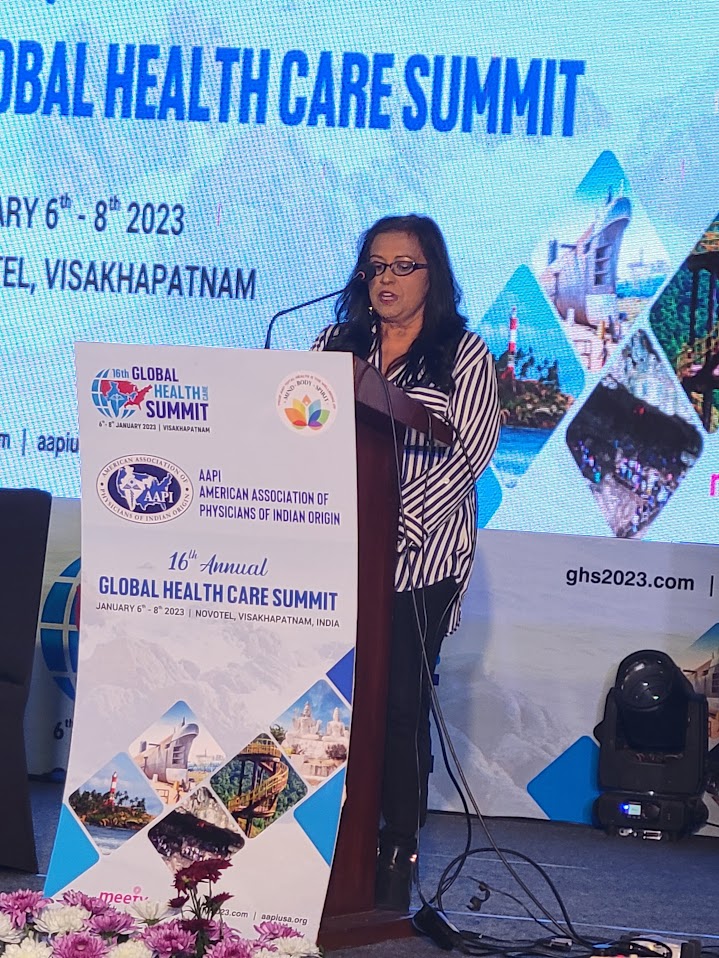 Dr. Sreeni Gangasani, Treasurer of AAPI, “Harnessing the power of Indian Doctors worldwide, the AAPI Global Healthcare Summit platform has evolved with the support of prominent global and Indian medical associations . AAPI’s mission is to make a positive and meaningful impact on the healthcare delivery system both in the US and in India.”
Dr. Sreeni Gangasani, Treasurer of AAPI, “Harnessing the power of Indian Doctors worldwide, the AAPI Global Healthcare Summit platform has evolved with the support of prominent global and Indian medical associations . AAPI’s mission is to make a positive and meaningful impact on the healthcare delivery system both in the US and in India.”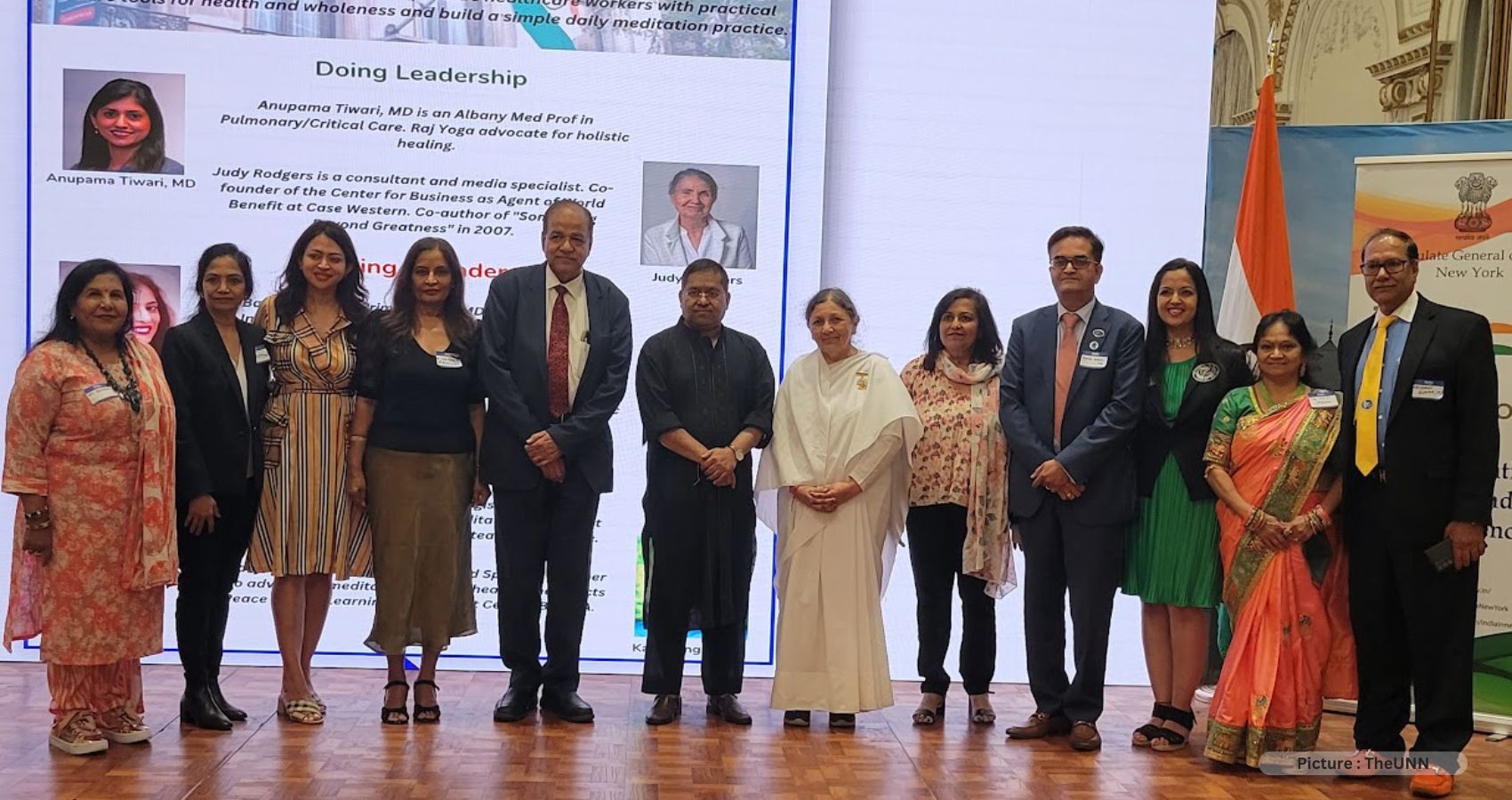
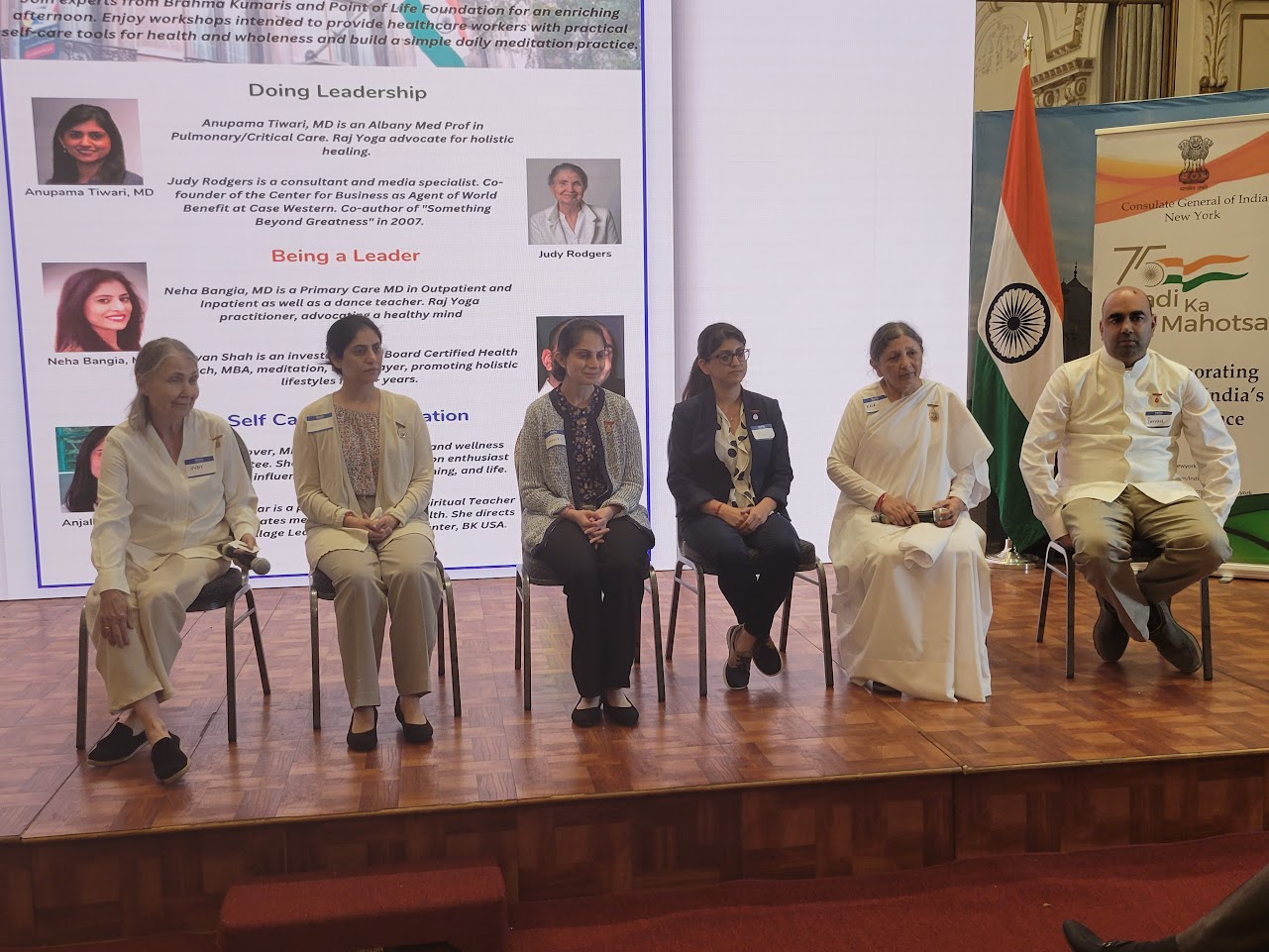 “Leading From The Inside Out” was the theme for the Leadership Conference organized by AAPI, which was attended by dozens of AAPI members form across the nation. Experts from Brahma Kumaris and Point of Life Foundation presented insightful workshops for the members of AAPI. The workshop is intended to provide healthcare workers with practical self-care tools for health and wellness and help build a simple daily meditation practice.”
“Leading From The Inside Out” was the theme for the Leadership Conference organized by AAPI, which was attended by dozens of AAPI members form across the nation. Experts from Brahma Kumaris and Point of Life Foundation presented insightful workshops for the members of AAPI. The workshop is intended to provide healthcare workers with practical self-care tools for health and wellness and help build a simple daily meditation practice.”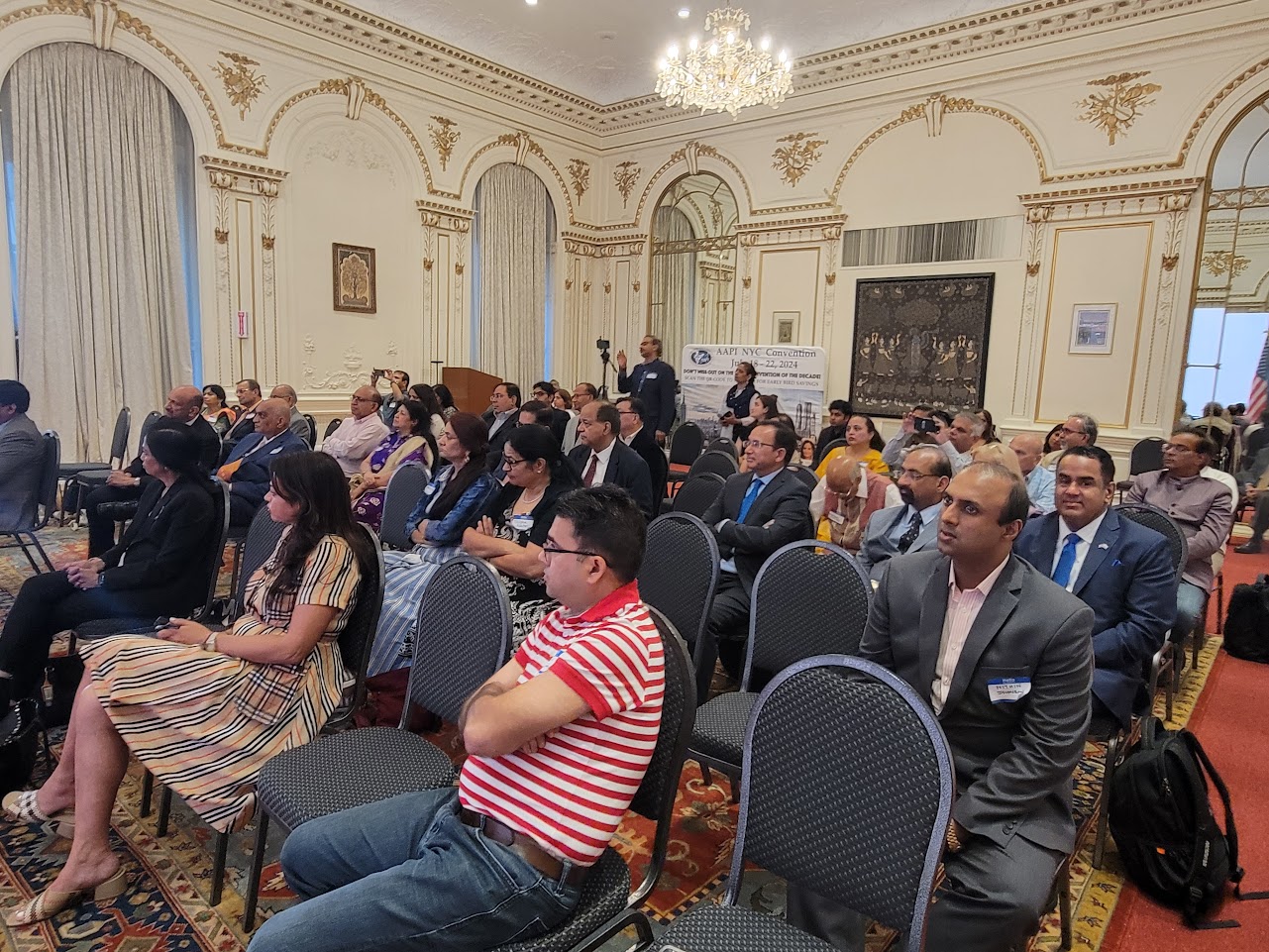 Indian American physicians. He highlighted the recent visit of Prime Minister Narendra Modi to Washington, DC and thanked AAPI members for coming out in large numbers to be part of the event. Calling the Indian American Physicians as the “real heroes” Ambassador Jaiswal said “You are the real heroes who have risked your lives and have been out to assist others. What is unique about AAPI is that you bring a global perspective to defeat the virus and serve the people. We are proud of your achievements, serving the people all across the United States.”
Indian American physicians. He highlighted the recent visit of Prime Minister Narendra Modi to Washington, DC and thanked AAPI members for coming out in large numbers to be part of the event. Calling the Indian American Physicians as the “real heroes” Ambassador Jaiswal said “You are the real heroes who have risked your lives and have been out to assist others. What is unique about AAPI is that you bring a global perspective to defeat the virus and serve the people. We are proud of your achievements, serving the people all across the United States.”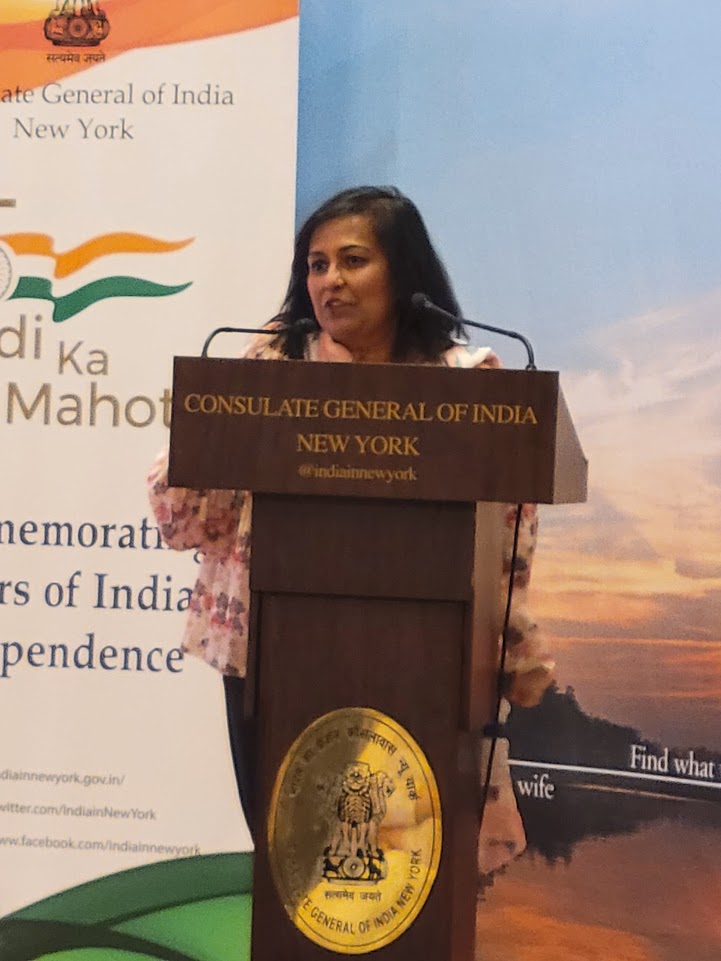 Dr. Anupama Tiwari, a Professor of Pulmonary Critical Care at the Albany Medical School and a Raja Yoga advocate for holistic healing led the presentation along with along with Judy Rodgers, a consultant and media specialist, who is also the co-founder of the Center for Business as Agent of World at Case Western. Judy, the co-author of “Something Beyond Greatness,” spok about the three critical areas of Doing Leadership: Adaptability, Mindful Communication, and Self Mastery. She said, “Listening is an act of love and respect.”
Dr. Anupama Tiwari, a Professor of Pulmonary Critical Care at the Albany Medical School and a Raja Yoga advocate for holistic healing led the presentation along with along with Judy Rodgers, a consultant and media specialist, who is also the co-founder of the Center for Business as Agent of World at Case Western. Judy, the co-author of “Something Beyond Greatness,” spok about the three critical areas of Doing Leadership: Adaptability, Mindful Communication, and Self Mastery. She said, “Listening is an act of love and respect.”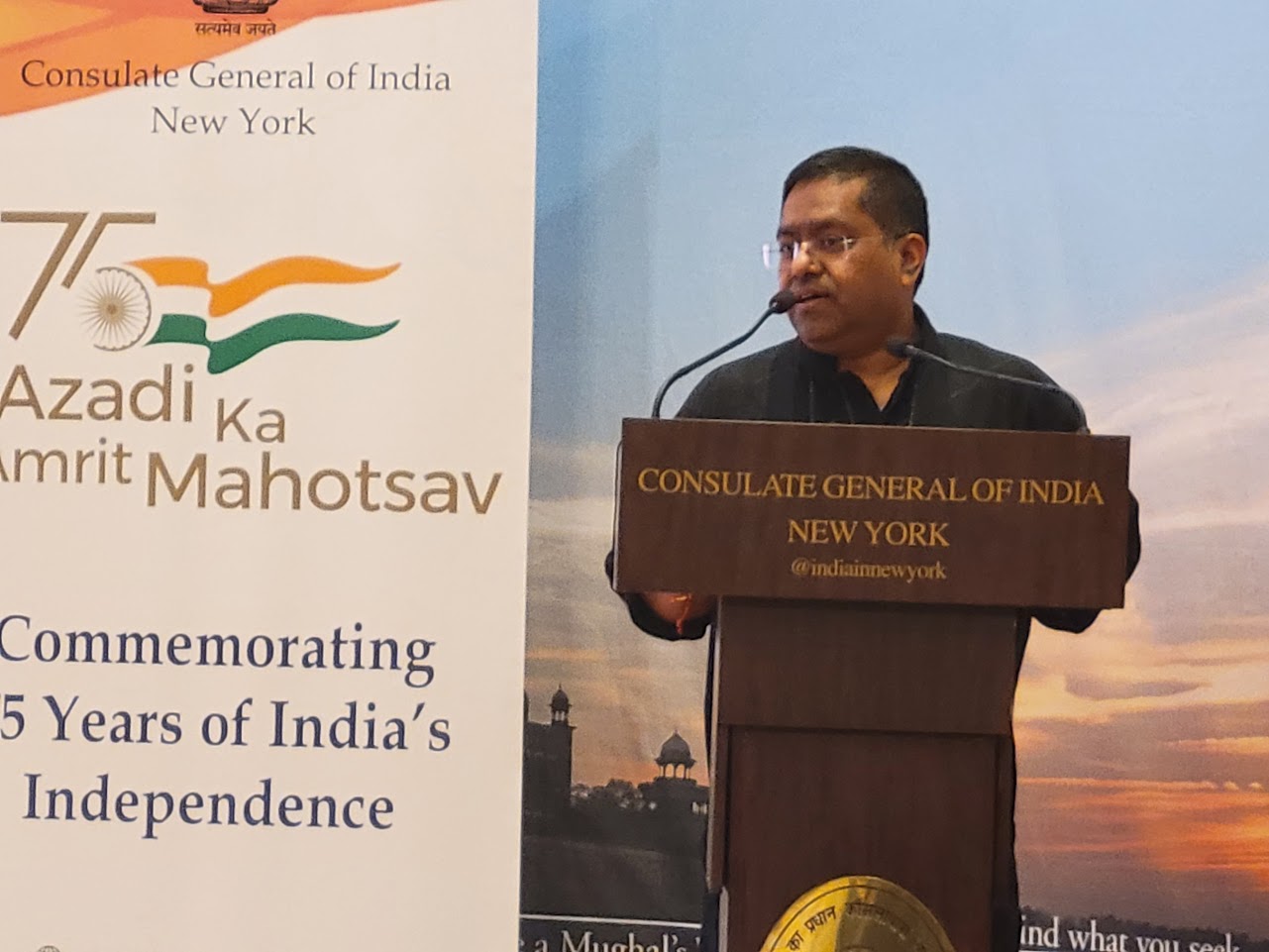 and life. Elaborating on self-care strategies, Anjali said, “Time is trying to tell us something. When I take care of myself I can give my best to others. The foundation of self-care is awareness of who I am. We have the dual Self Beauty and Beast. Beast is the acquired self, and we forget our true natural self, which is Beauty,” she said. “Start with one moment, one thought. Embrace the role entrusted to you. Embrace change. Embrace challenges. Nurture the seed of inner strength by spending few moments daily on meditation. Accept and appreciate each one plays in your role. Be there in the present moment.”
and life. Elaborating on self-care strategies, Anjali said, “Time is trying to tell us something. When I take care of myself I can give my best to others. The foundation of self-care is awareness of who I am. We have the dual Self Beauty and Beast. Beast is the acquired self, and we forget our true natural self, which is Beauty,” she said. “Start with one moment, one thought. Embrace the role entrusted to you. Embrace change. Embrace challenges. Nurture the seed of inner strength by spending few moments daily on meditation. Accept and appreciate each one plays in your role. Be there in the present moment.”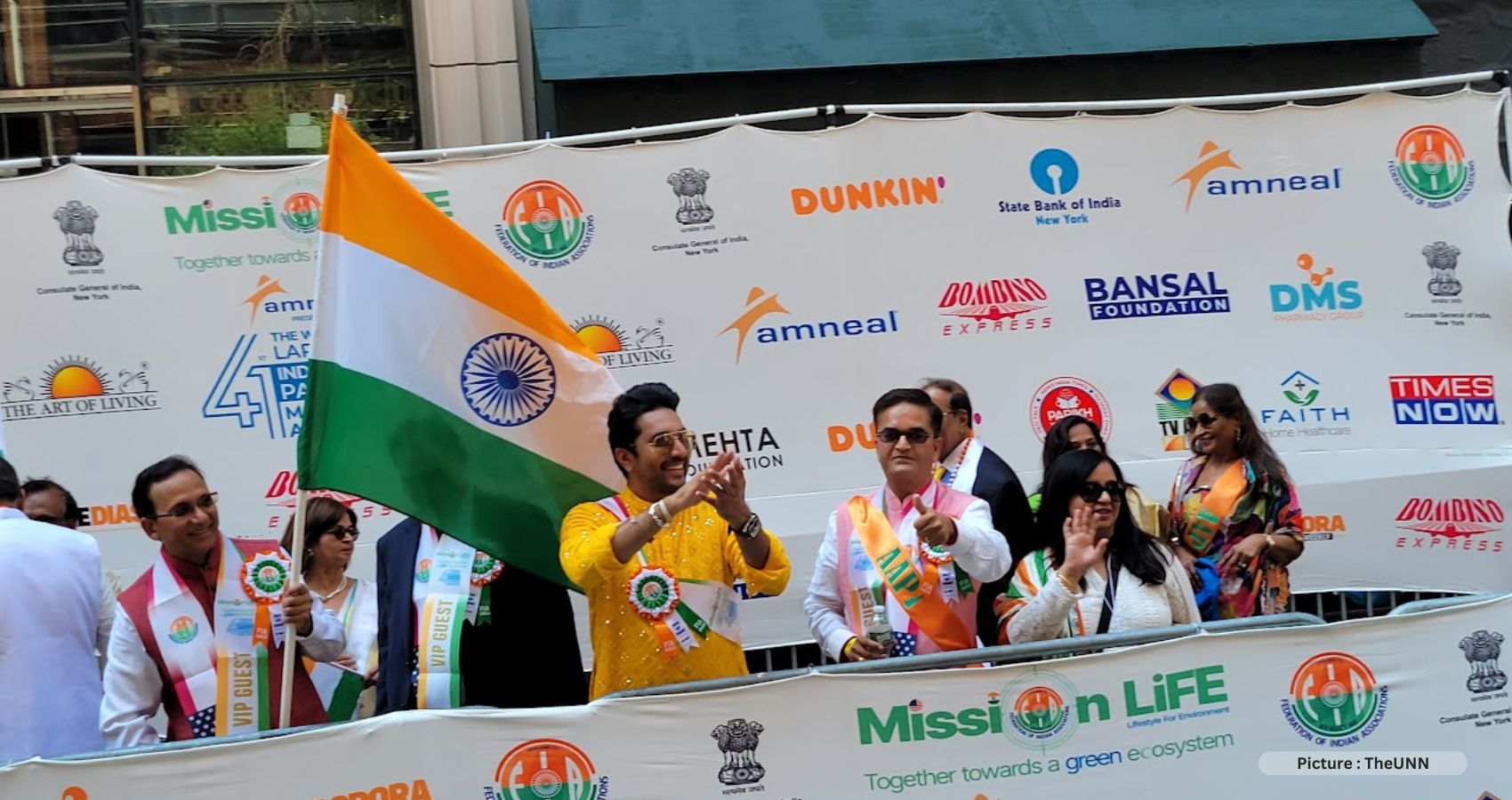
 Dr. Anjana Samadder, President of AAPI along with several Regional Directors, past presidents, members of BOT from different parts of the country joined the over a hundred thousand fellow Indian Americans to be part of the largest India Day Parade around the world, organized by the Federation of Indian Associations (FIA).
Dr. Anjana Samadder, President of AAPI along with several Regional Directors, past presidents, members of BOT from different parts of the country joined the over a hundred thousand fellow Indian Americans to be part of the largest India Day Parade around the world, organized by the Federation of Indian Associations (FIA).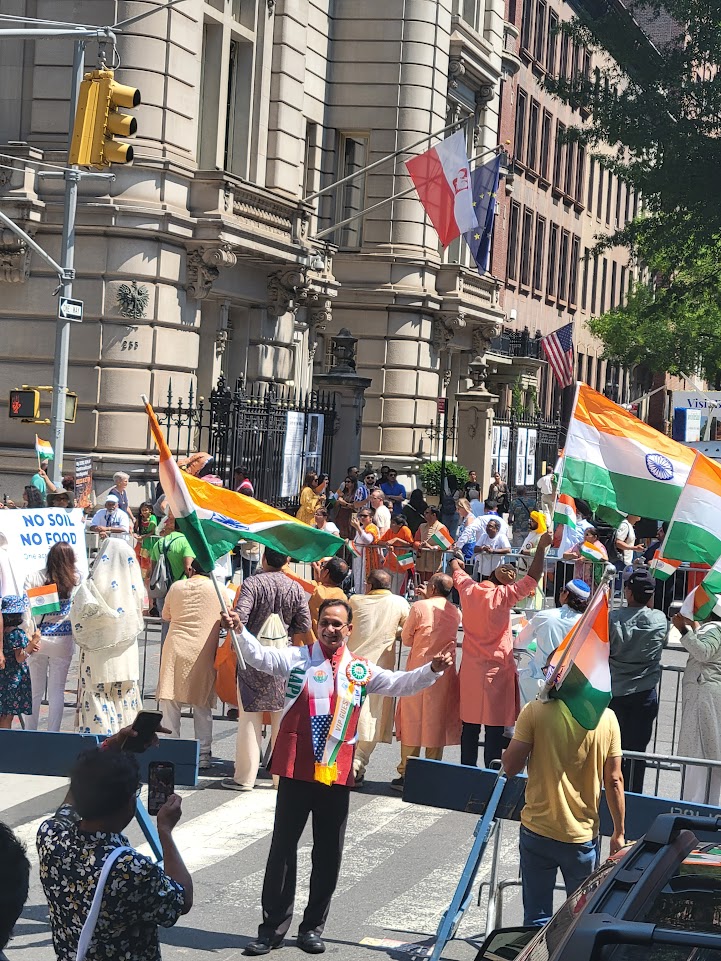 Dr. Satheesh Kathula reminded AAPI members that through organizing such events, “We are continuing to make AAPI a more dynamic and vibrant organization playing a meaningful and relevant part in advocating health policies and practices that best serve the interests of all patients and promoting the physician’s role as the leaders of the team-based health care delivery.”
Dr. Satheesh Kathula reminded AAPI members that through organizing such events, “We are continuing to make AAPI a more dynamic and vibrant organization playing a meaningful and relevant part in advocating health policies and practices that best serve the interests of all patients and promoting the physician’s role as the leaders of the team-based health care delivery.”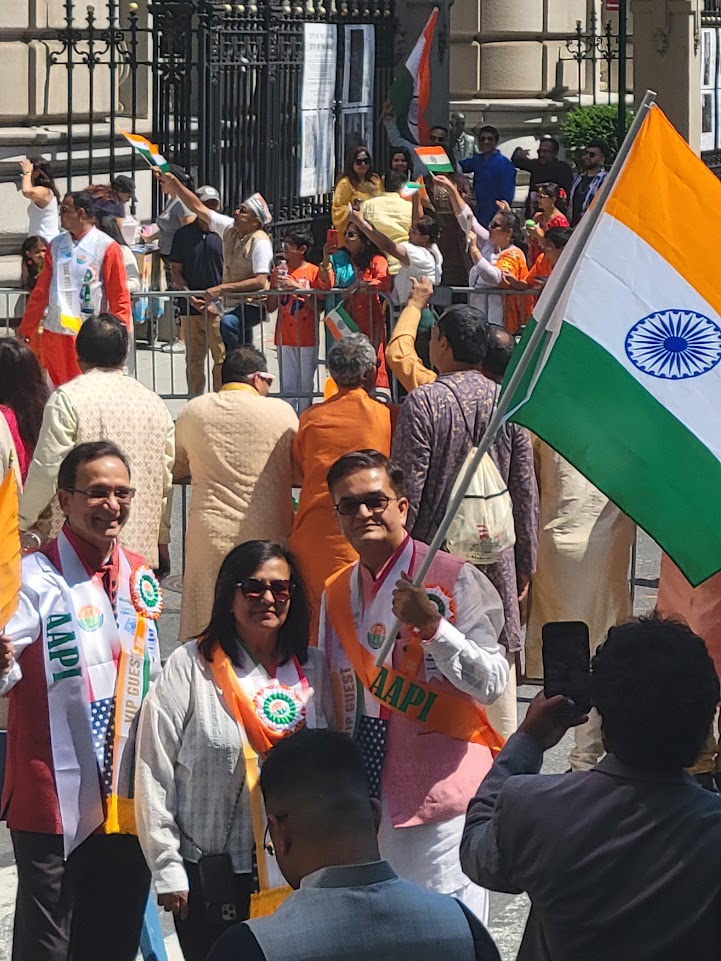
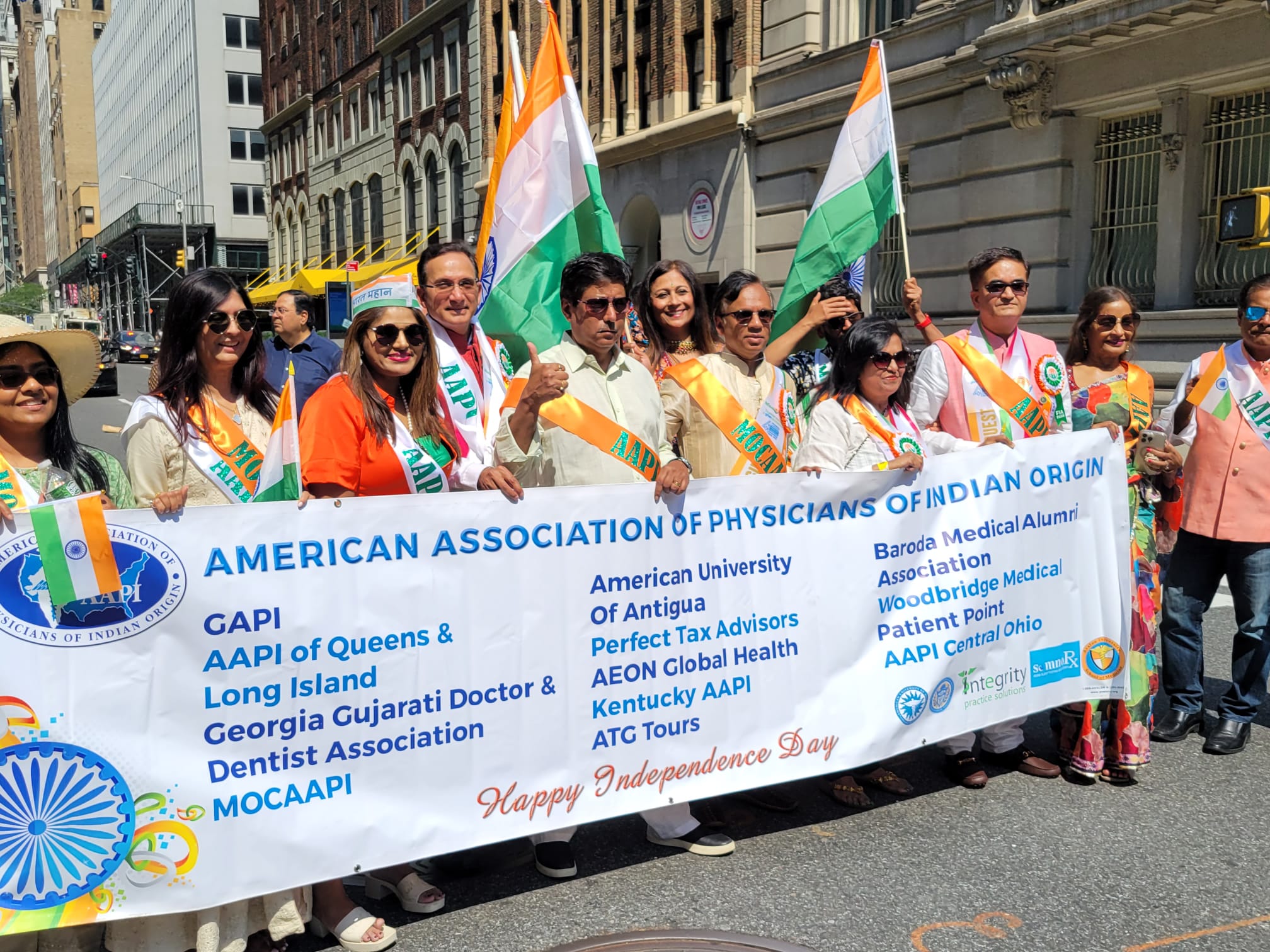
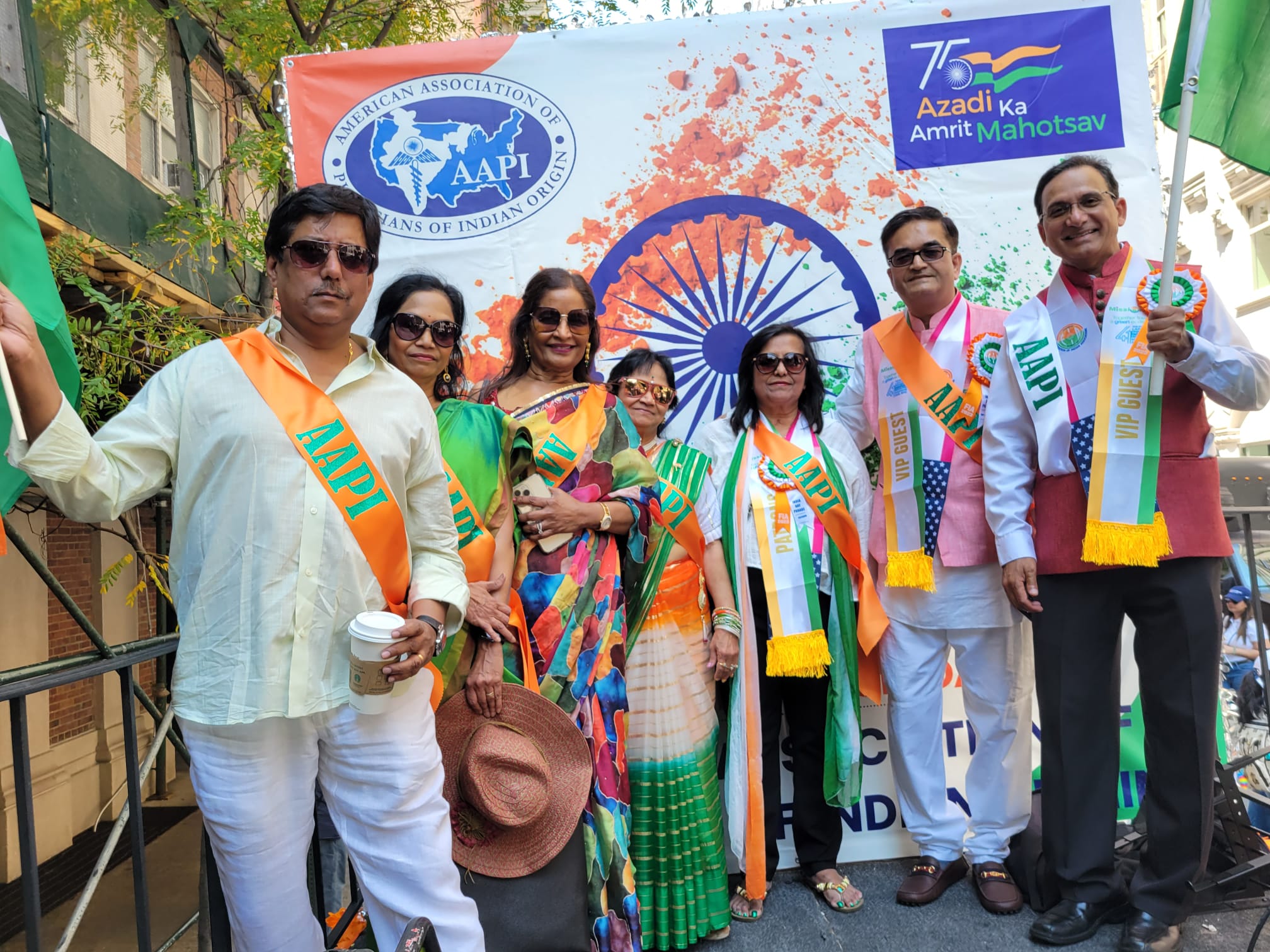

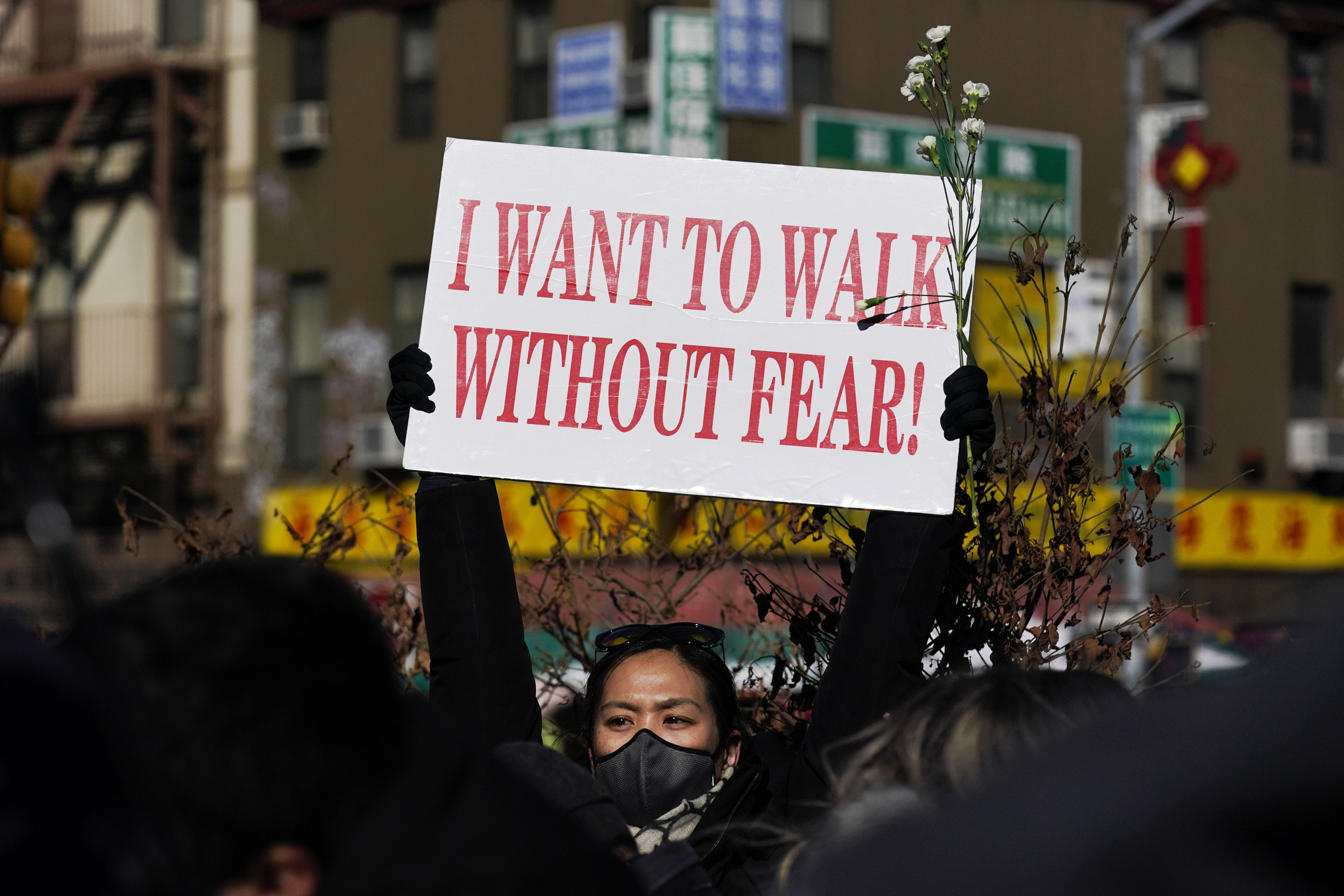
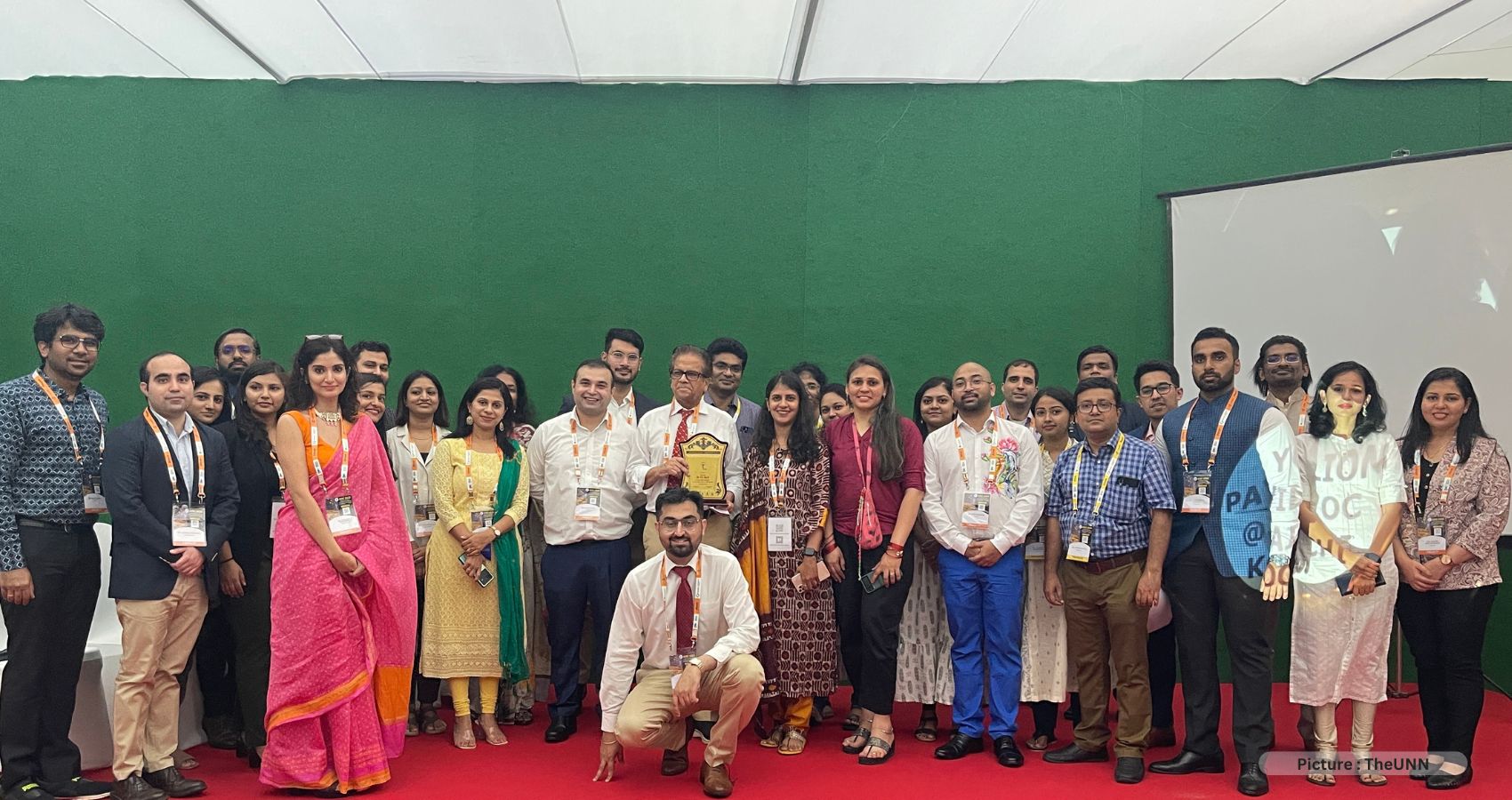
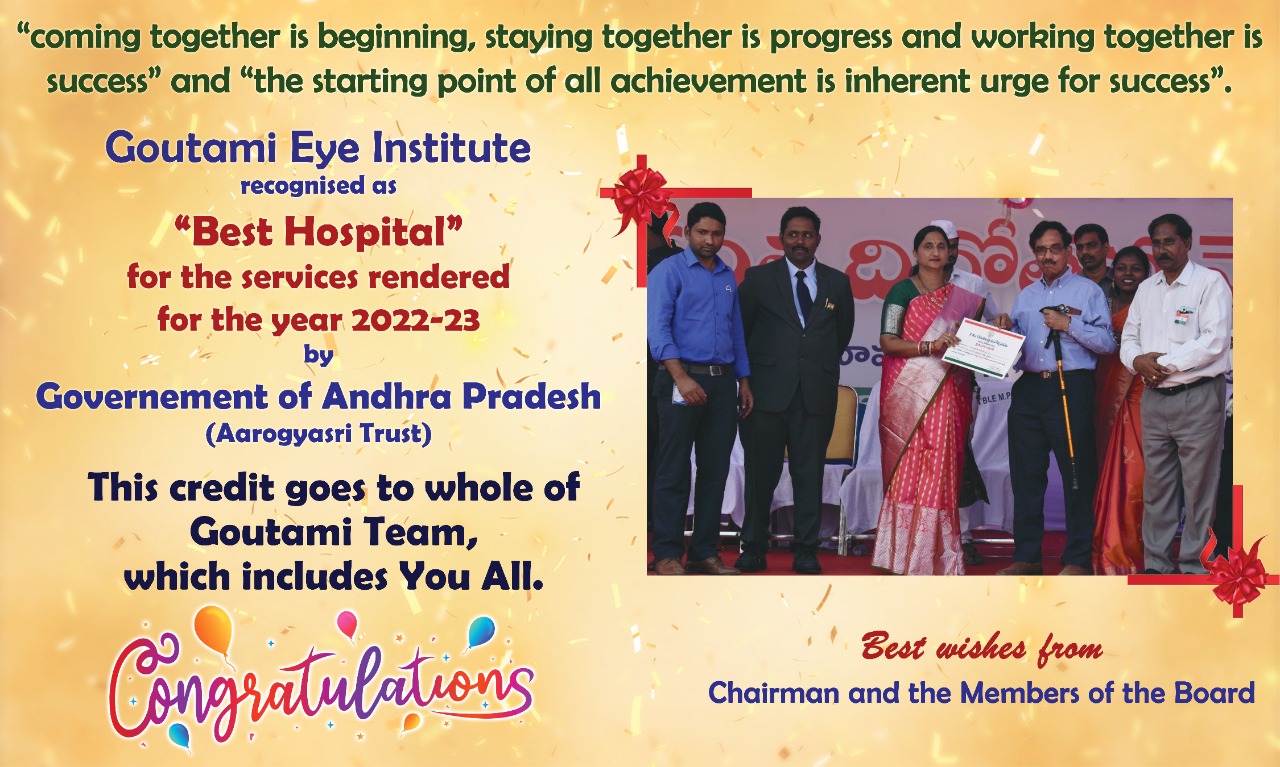 In 1977, Dr. Raju began traveling home to India to offer his services as an ophthalmologist to those who could not afford, or access, desperately needed eye care. Since 1979, the Eye Foundation of America has expanded its reach to over 25 countries, screened millions of patients, and provided hundreds of thousands of surgeries. As Dr. Raju points out, prevention is more beneficial than disease management, and lifestyle changes can be preventive. His organization’s programs, which aim at prevention through education and lifestyle modifications, include the 100,000 Lives (diabetes prevention) campaign in India and the WV Kids Farmer’s Market Program in West Virginia.
In 1977, Dr. Raju began traveling home to India to offer his services as an ophthalmologist to those who could not afford, or access, desperately needed eye care. Since 1979, the Eye Foundation of America has expanded its reach to over 25 countries, screened millions of patients, and provided hundreds of thousands of surgeries. As Dr. Raju points out, prevention is more beneficial than disease management, and lifestyle changes can be preventive. His organization’s programs, which aim at prevention through education and lifestyle modifications, include the 100,000 Lives (diabetes prevention) campaign in India and the WV Kids Farmer’s Market Program in West Virginia.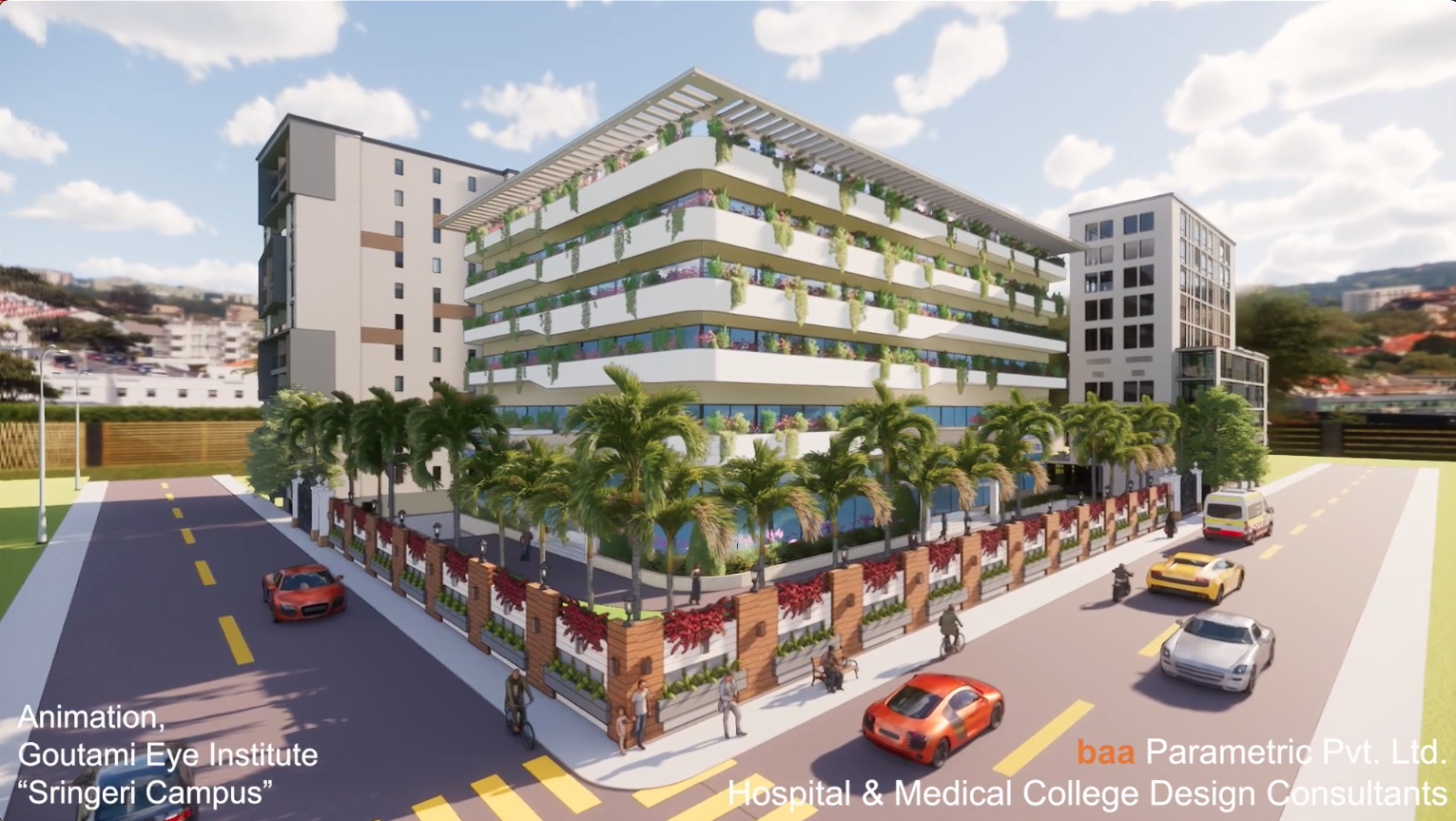 complications typically strike during the prime of life and include the development of cataracts at an earlier age than normal, a two-fold increased risk of glaucoma, and small blood vessel damage (i.e., diabetic retinopathy). Retinopathy can cause blindness; however, early detection and treatment can prevent blindness in up to 90% of cases. The International Diabetes Foundation estimates that 20% of the diabetic world population resides in India, approximately 61.3 million diabetics.
complications typically strike during the prime of life and include the development of cataracts at an earlier age than normal, a two-fold increased risk of glaucoma, and small blood vessel damage (i.e., diabetic retinopathy). Retinopathy can cause blindness; however, early detection and treatment can prevent blindness in up to 90% of cases. The International Diabetes Foundation estimates that 20% of the diabetic world population resides in India, approximately 61.3 million diabetics.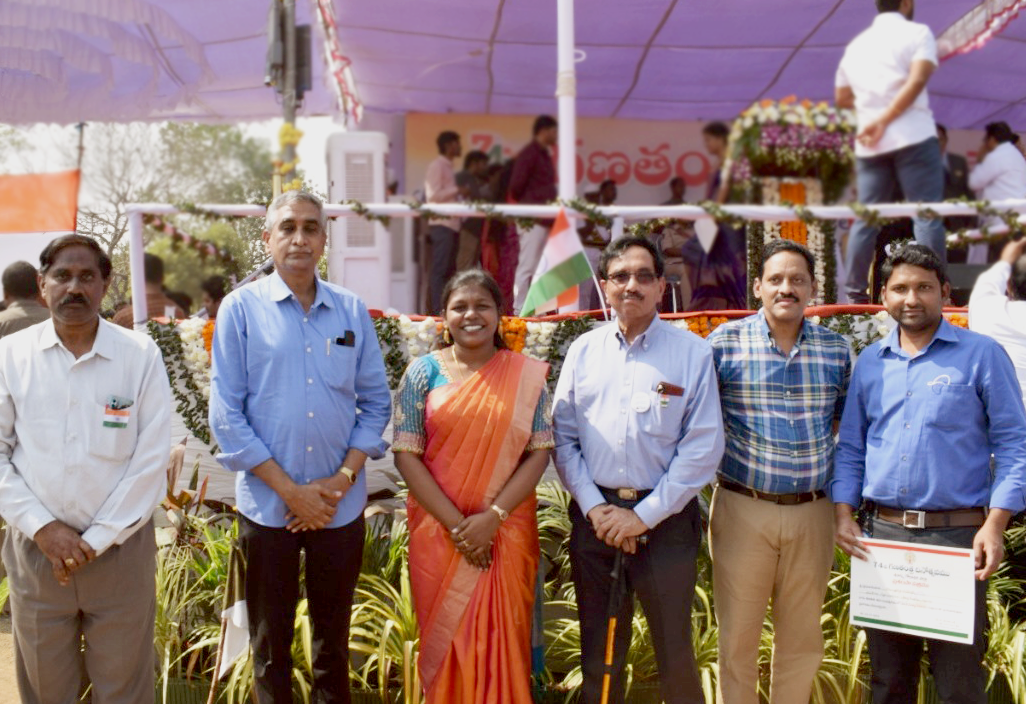 Dr. Raju has received numerous awards, including the AMA Foundation Nathan Davis Excellence in Medicine International Award, Four Time Awardee by The American Academy of Ophthalmology, Martin Luther King Jr Achievement Award from WVU, Distinguished Community Service Award from AAPI (American Association of Physicians from India), Pride of the Pride Award from Lions International District 29, Vaidya Ratna (conferred by Shankaracharya of Kanchi), Lifetime Achievement Award from the American Association of Ophthalmologists of Indian Origin, and the Lifetime Achievement Award from the WV State Medical Association. Dr. VK Raju was among the class of 2017 inductees into the University of Toledo Global Medical Missions Hall of Fame, the President’s Lifetime Achievement Award from President Barack Obama, and the Lifetime Achievement Award from the North America Telegu Society. Dr. Raju was awarded with the Excellence in Medicine Award by GOPIO – Virginia in 2021.
Dr. Raju has received numerous awards, including the AMA Foundation Nathan Davis Excellence in Medicine International Award, Four Time Awardee by The American Academy of Ophthalmology, Martin Luther King Jr Achievement Award from WVU, Distinguished Community Service Award from AAPI (American Association of Physicians from India), Pride of the Pride Award from Lions International District 29, Vaidya Ratna (conferred by Shankaracharya of Kanchi), Lifetime Achievement Award from the American Association of Ophthalmologists of Indian Origin, and the Lifetime Achievement Award from the WV State Medical Association. Dr. VK Raju was among the class of 2017 inductees into the University of Toledo Global Medical Missions Hall of Fame, the President’s Lifetime Achievement Award from President Barack Obama, and the Lifetime Achievement Award from the North America Telegu Society. Dr. Raju was awarded with the Excellence in Medicine Award by GOPIO – Virginia in 2021.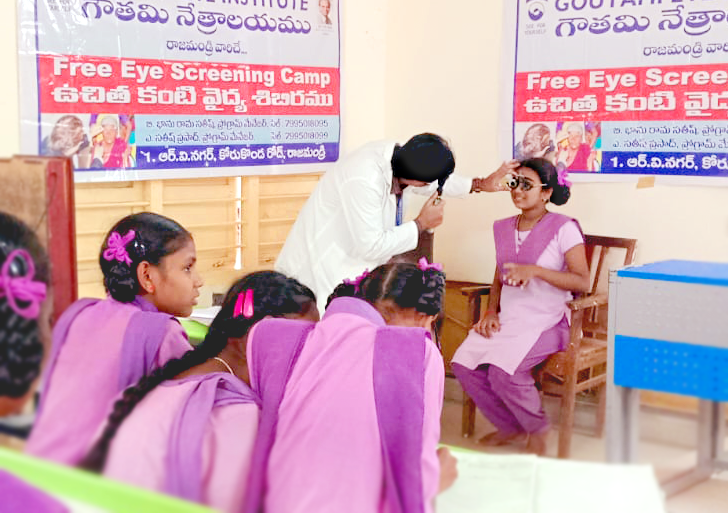 London, Dr. V.K. Raju traveled home to India on vacation, where a farmer asked him to examine his eyes. Dr. Raju complied, but without any instruments. In 1977, Dr. Raju returned to rural India with personnel and equipment, and offered his first eye camp near his hometown in 1977. This was the inception of the foundation’s work, beginning with the West Virginia Ophthalmology Foundation. The West Virginia Ophthalmology Foundation subsequently became the
London, Dr. V.K. Raju traveled home to India on vacation, where a farmer asked him to examine his eyes. Dr. Raju complied, but without any instruments. In 1977, Dr. Raju returned to rural India with personnel and equipment, and offered his first eye camp near his hometown in 1977. This was the inception of the foundation’s work, beginning with the West Virginia Ophthalmology Foundation. The West Virginia Ophthalmology Foundation subsequently became the 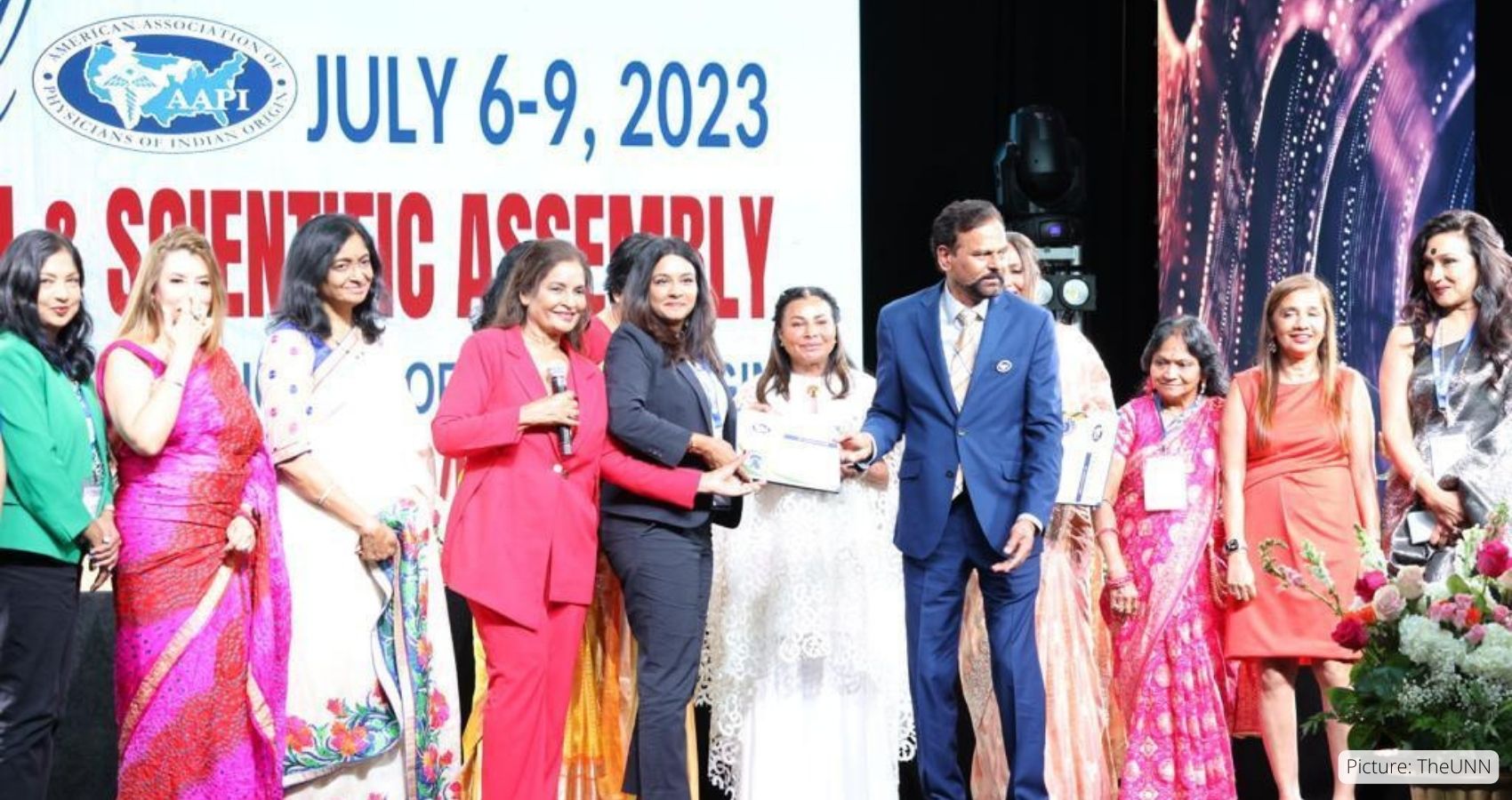
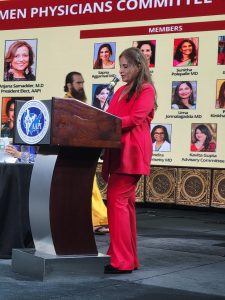 Women are leading the world by being the proponents of economic empowerment, strengthening educational organizations, and being a powerful voice in politics. They have overcome obstacles and have shown the world what a woman can achieve and contribute to the betterment of the world as never before in human history.
Women are leading the world by being the proponents of economic empowerment, strengthening educational organizations, and being a powerful voice in politics. They have overcome obstacles and have shown the world what a woman can achieve and contribute to the betterment of the world as never before in human history.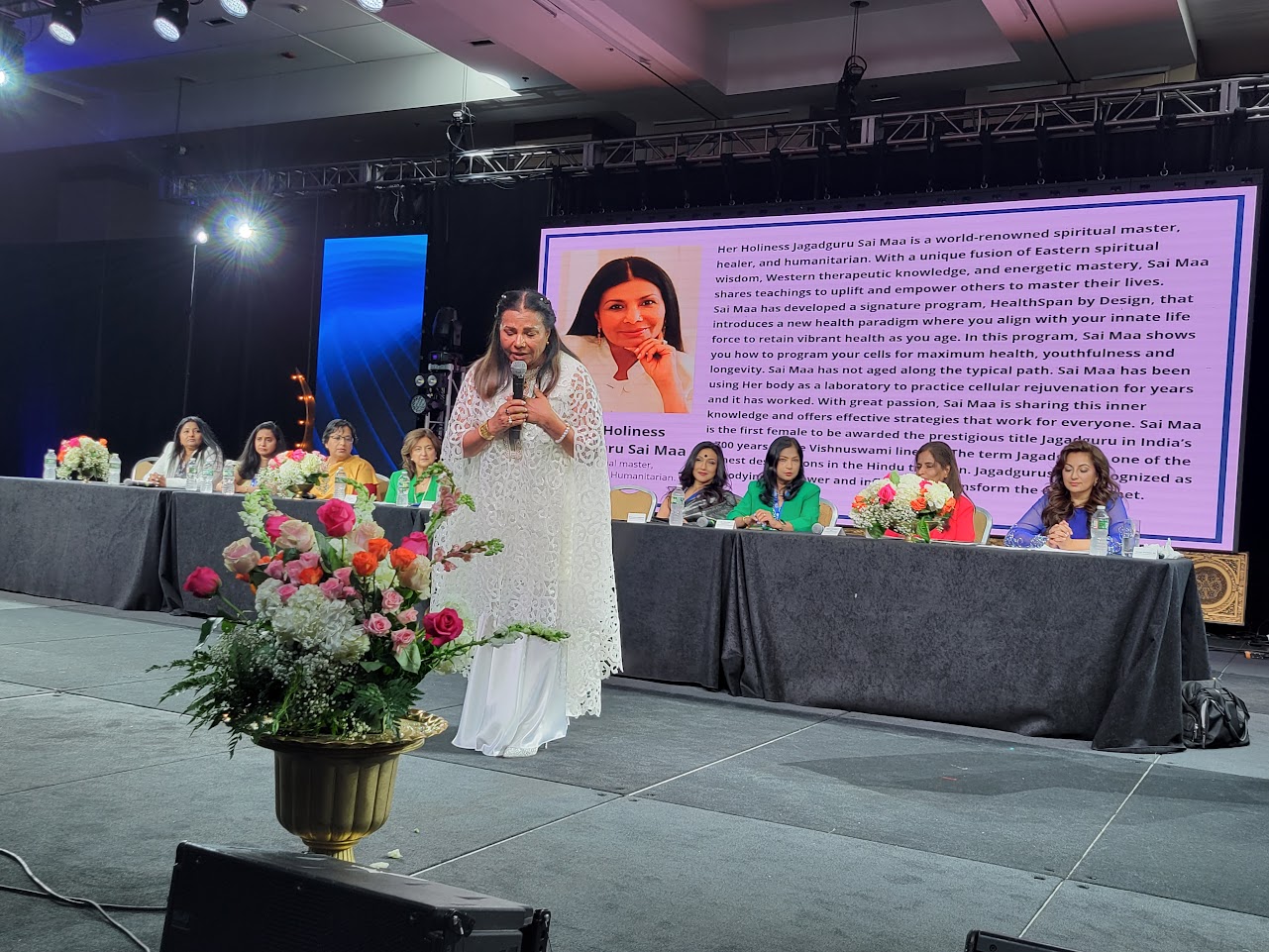 In her keynote address, Her Holiness Jagadguru Sai Maa, a world-renowned spiritual master, healer, and humanitarian, with a unique fusion of Eastern spiritual wisdom, Western therapeutic knowledge, and energetic mastery, fondly called Sai Maa shared with the audience on ways to uplift and empower others to master their lives. Sai Maa, who is the first-ever female to be awarded the prestigious title Jagadguru in India’s 2,700 years of the Vishnuswami lineage, one of the highest designations in the Hindu tradition, is being recognized as embodying the power and influence to transform the entire planet.
In her keynote address, Her Holiness Jagadguru Sai Maa, a world-renowned spiritual master, healer, and humanitarian, with a unique fusion of Eastern spiritual wisdom, Western therapeutic knowledge, and energetic mastery, fondly called Sai Maa shared with the audience on ways to uplift and empower others to master their lives. Sai Maa, who is the first-ever female to be awarded the prestigious title Jagadguru in India’s 2,700 years of the Vishnuswami lineage, one of the highest designations in the Hindu tradition, is being recognized as embodying the power and influence to transform the entire planet.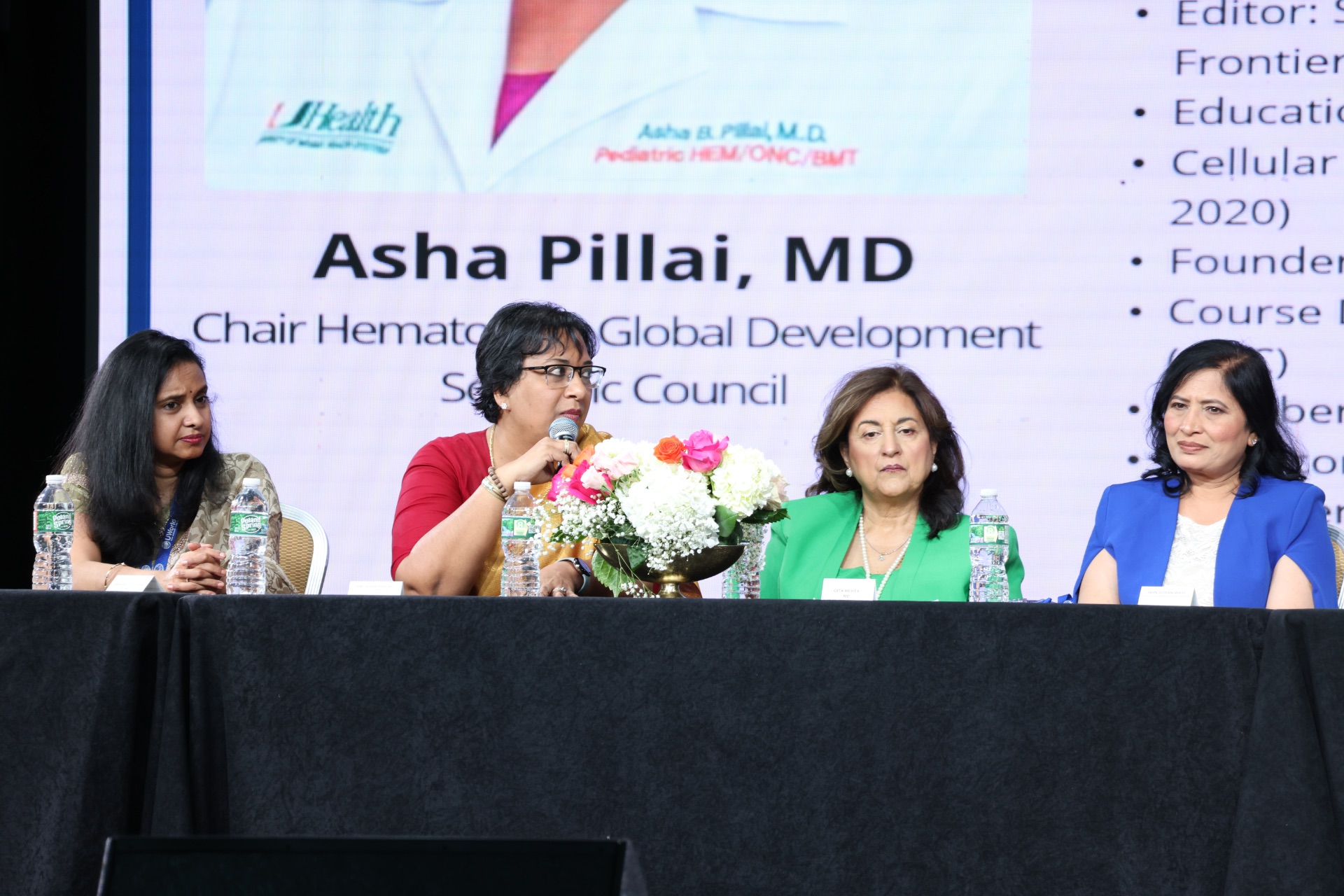
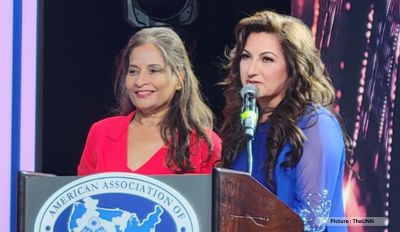 Dr. Himabindu Gadipatti, a renowned oncologist, geneticist, and entrepreneur from San Diego CA, has dedicated the past decade of her career to creating a unique holistic approach to implementing novel cancer solutions in developing countries via her three companies that facilitate extensive research worldwide. In her address, she spoke about cancer has typically been thought of as a disease of the Western world, and how cancer research in developing countries is progressing and helping actross the globe.
Dr. Himabindu Gadipatti, a renowned oncologist, geneticist, and entrepreneur from San Diego CA, has dedicated the past decade of her career to creating a unique holistic approach to implementing novel cancer solutions in developing countries via her three companies that facilitate extensive research worldwide. In her address, she spoke about cancer has typically been thought of as a disease of the Western world, and how cancer research in developing countries is progressing and helping actross the globe.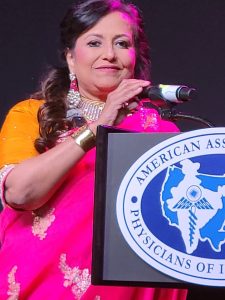 Dr. Manju Sachdev, a Board Certified Pediatrician, currently serves as a faculty member and clinical assistant professor at Texas A&M School of Medicine. Dr. Sachdev has been actively involved in her local television media along with being a long-established part of TV ASIA as their medical host for a number of national programs – most notably, AAPI AND YOUR HEALTH. She has served in the AAPI organization in numerous capacities – as a former Women’s Chair, member of AAPI Board of Trustees, and Treasurer.
Dr. Manju Sachdev, a Board Certified Pediatrician, currently serves as a faculty member and clinical assistant professor at Texas A&M School of Medicine. Dr. Sachdev has been actively involved in her local television media along with being a long-established part of TV ASIA as their medical host for a number of national programs – most notably, AAPI AND YOUR HEALTH. She has served in the AAPI organization in numerous capacities – as a former Women’s Chair, member of AAPI Board of Trustees, and Treasurer.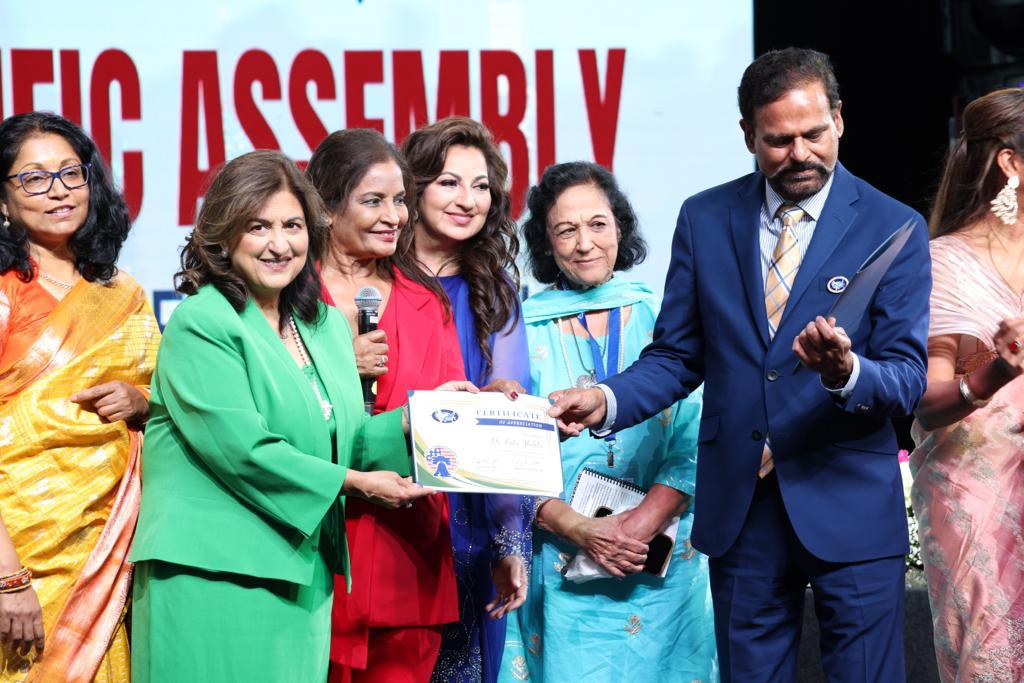
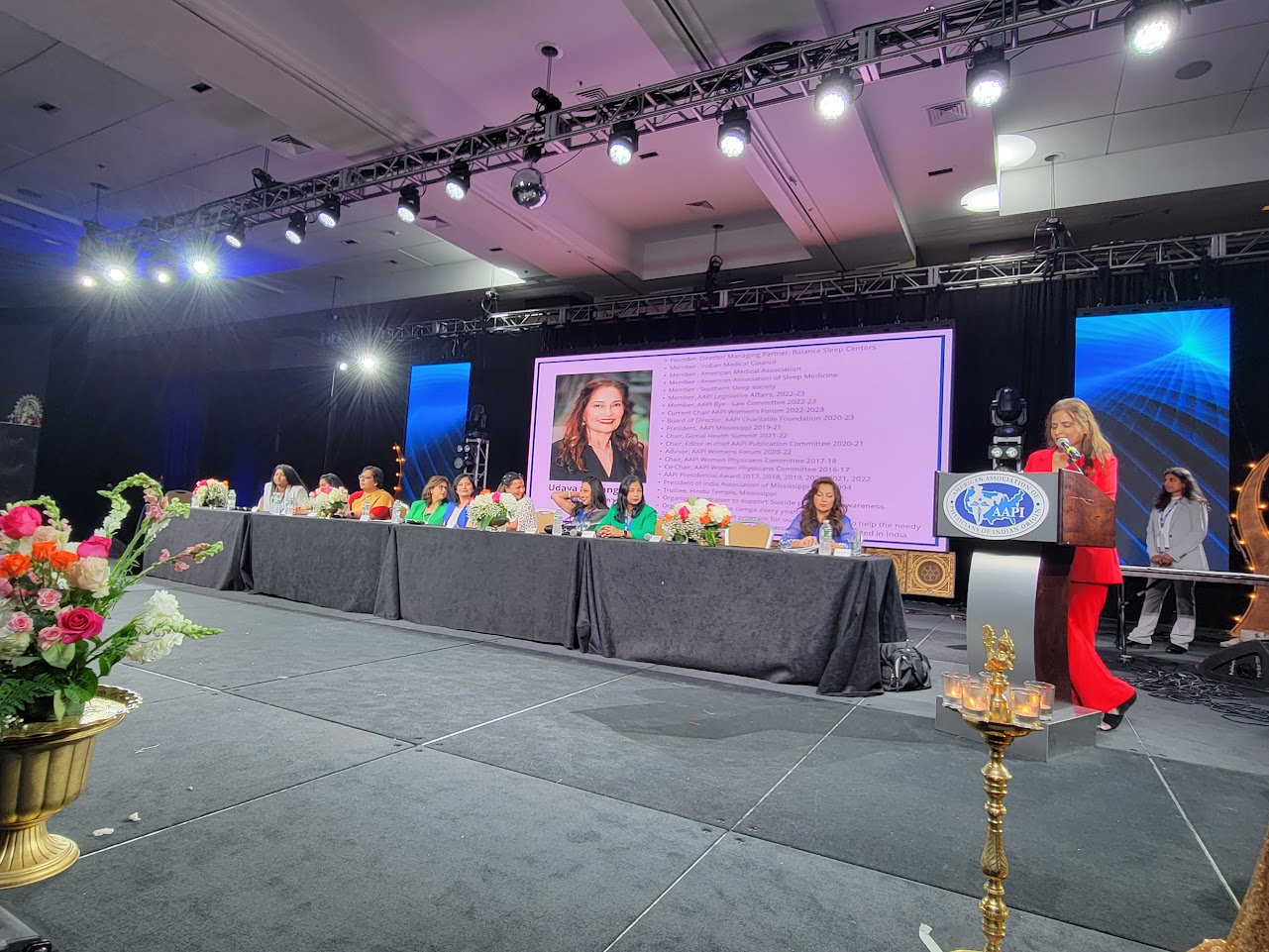
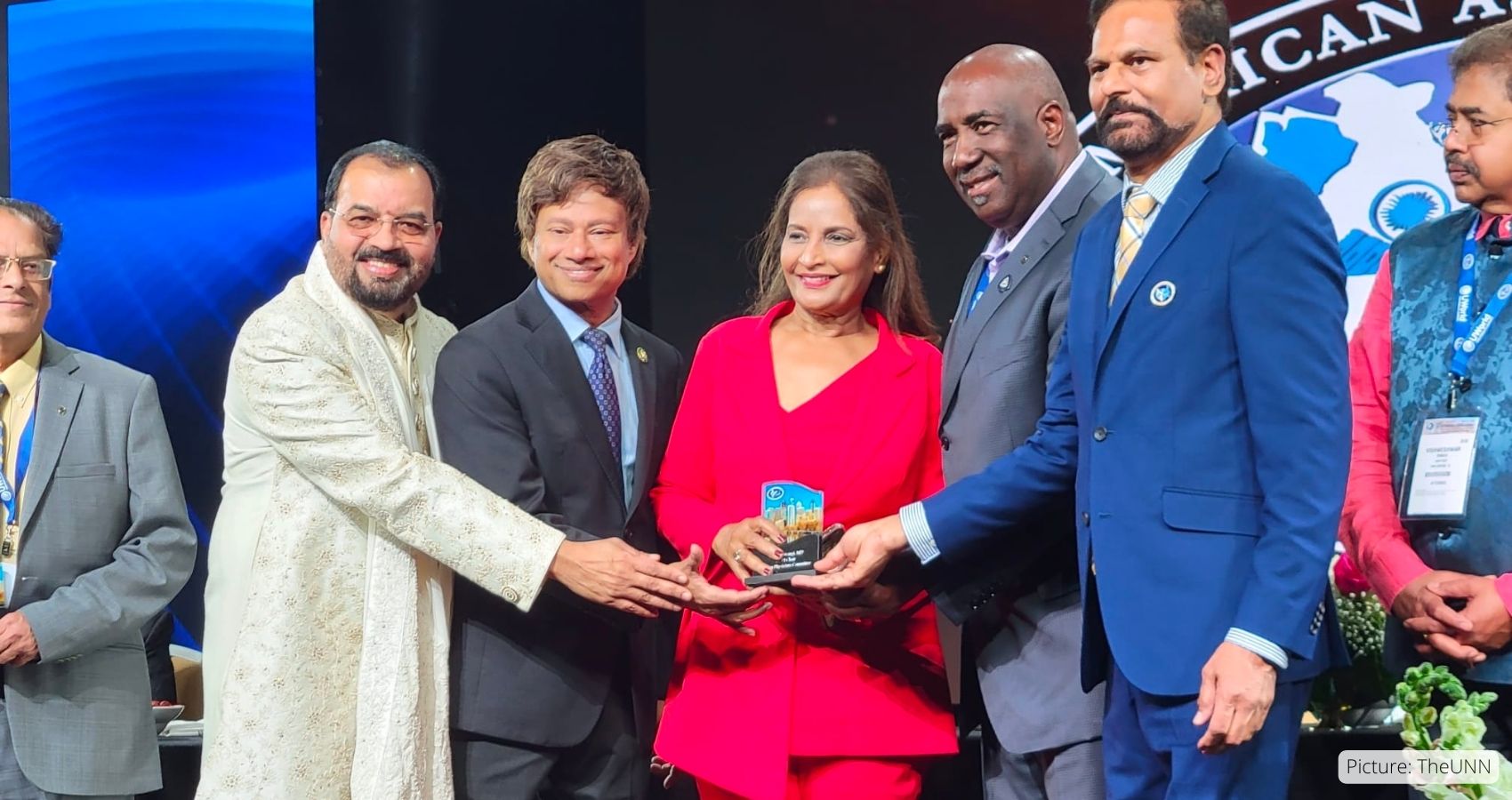
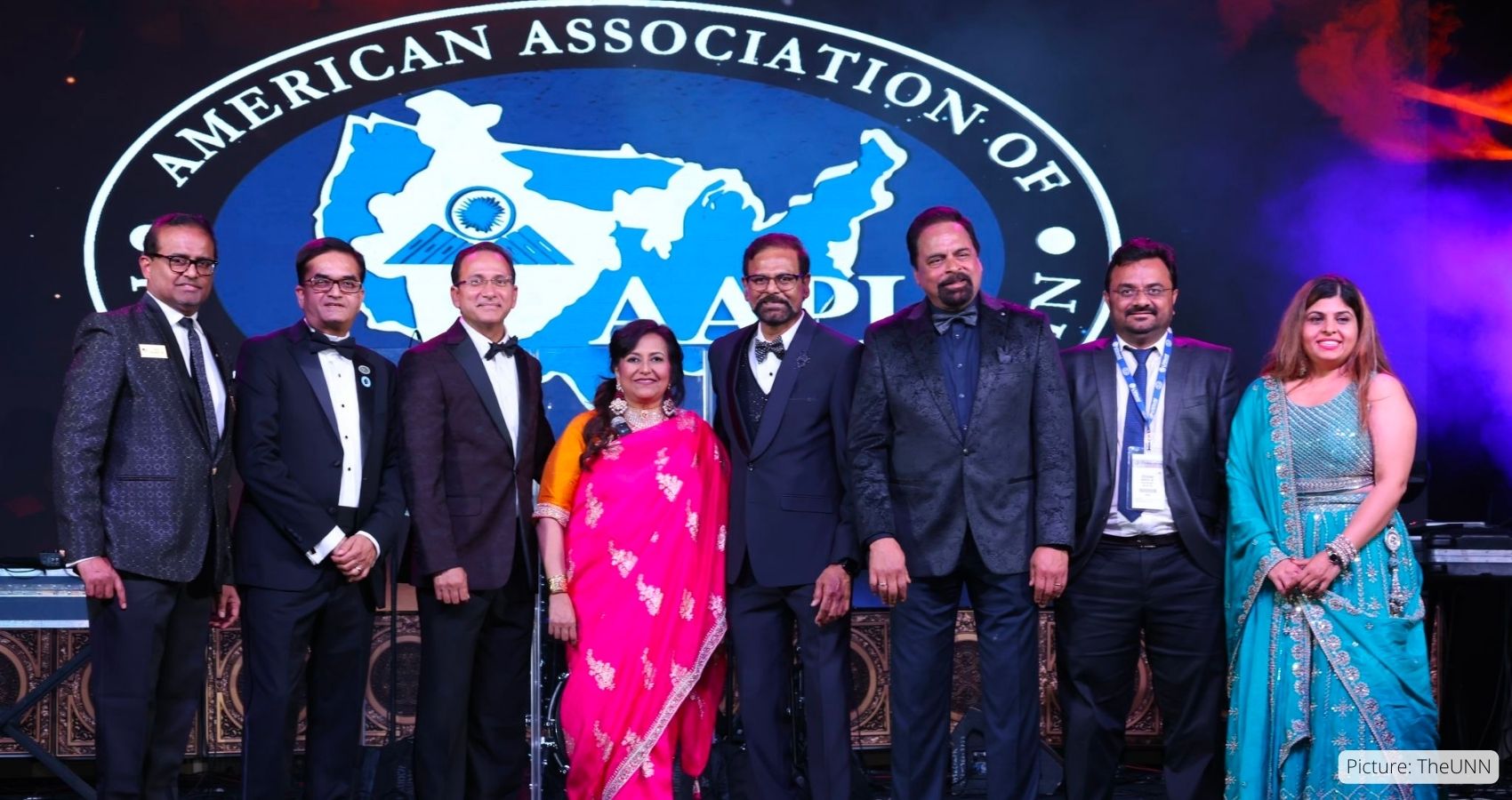
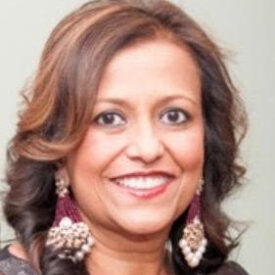 Dr. Anjana Samadder, the only 5th woman president of AAPI in its 41 years long history, will have a dynamic and diverse team comprising of Dr. Satheesh Kathula as the President-Elect; Dr. Amit Chakrabarty as the Vice President; Dr. Sumul Raval as the Secretary; Dr. Sreeni Ganagasani as the Treasurer; Dr. Lokesh Edara, as the Chair, Board of Trustees; and, Dr. Ravi Kolli will continue to guide AAPI as the Immediate Past President of AAPI.
Dr. Anjana Samadder, the only 5th woman president of AAPI in its 41 years long history, will have a dynamic and diverse team comprising of Dr. Satheesh Kathula as the President-Elect; Dr. Amit Chakrabarty as the Vice President; Dr. Sumul Raval as the Secretary; Dr. Sreeni Ganagasani as the Treasurer; Dr. Lokesh Edara, as the Chair, Board of Trustees; and, Dr. Ravi Kolli will continue to guide AAPI as the Immediate Past President of AAPI.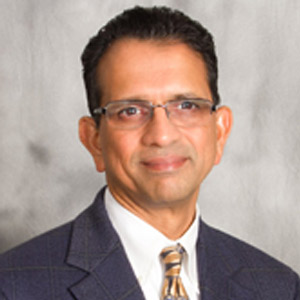 Dr. Lokesh Edara – Chair BOT
Dr. Lokesh Edara – Chair BOT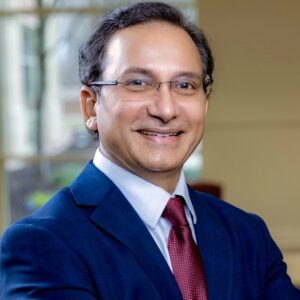 Dr. Satheesh Kathula – President Elect
Dr. Satheesh Kathula – President Elect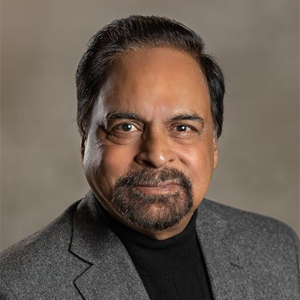
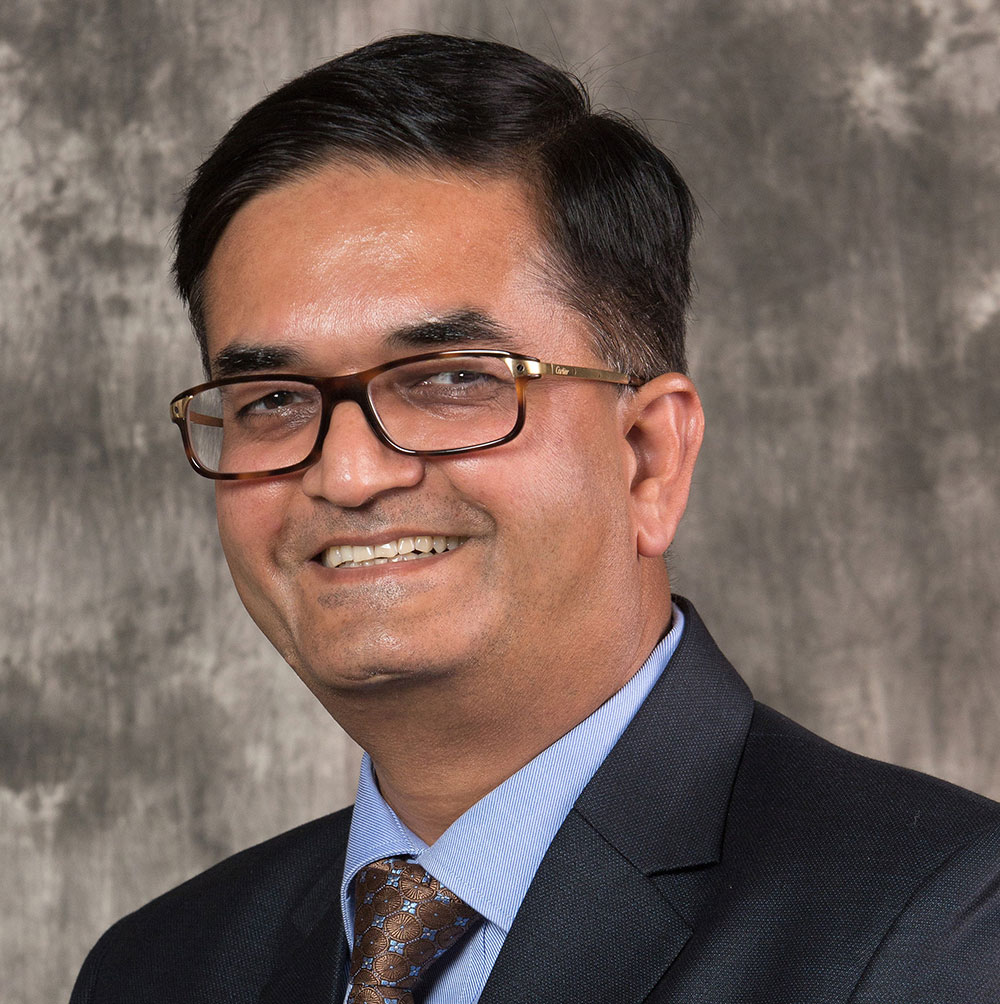 Dr. Sumul Raval — Sectretary
Dr. Sumul Raval — Sectretary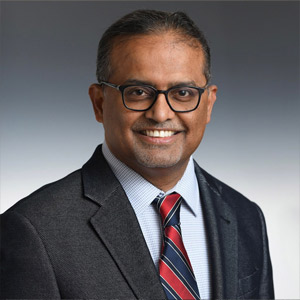 Dr. Sreeni R. Gangasani — Treausrer
Dr. Sreeni R. Gangasani — Treausrer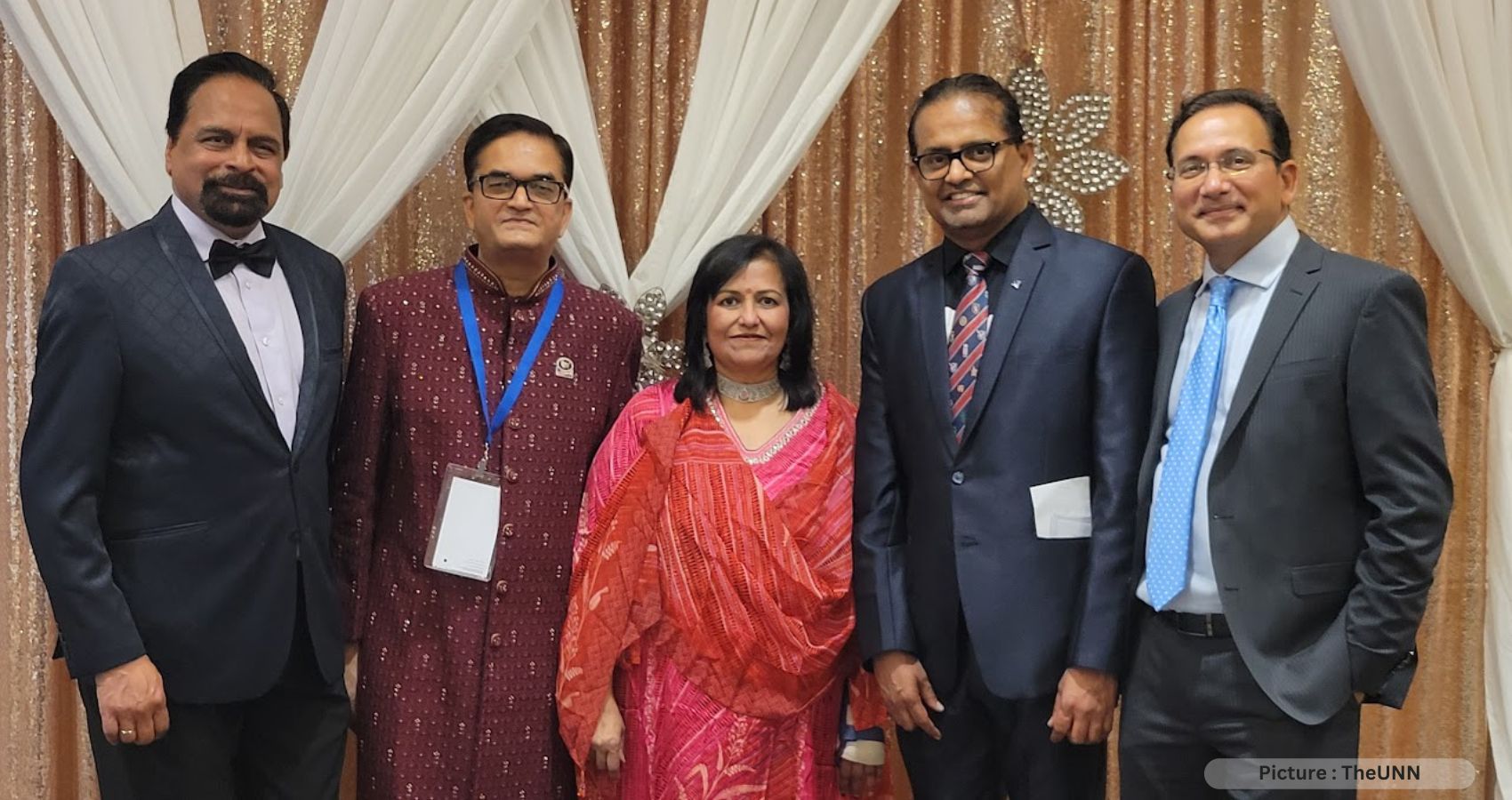
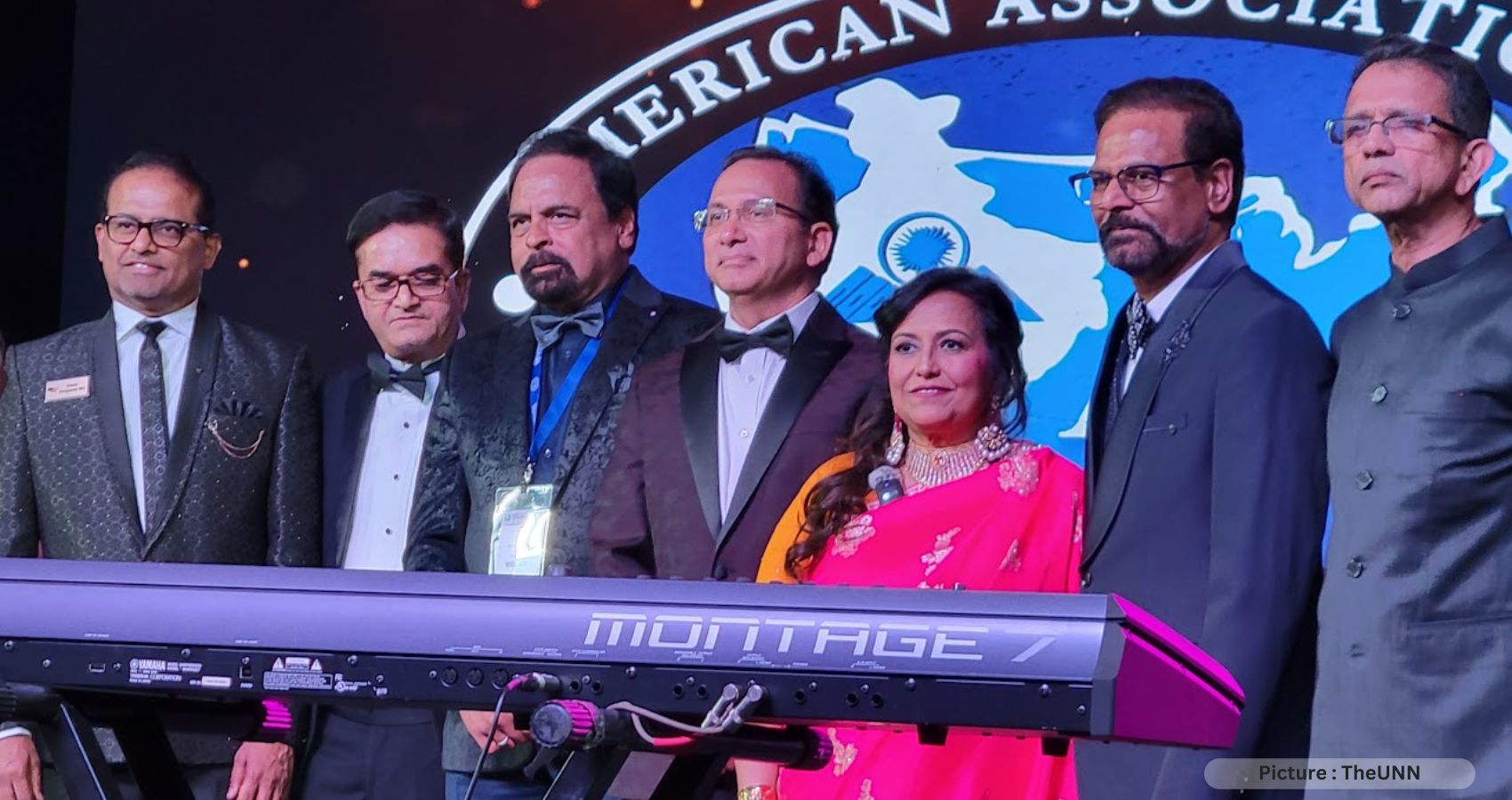
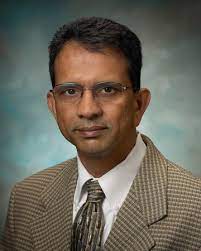
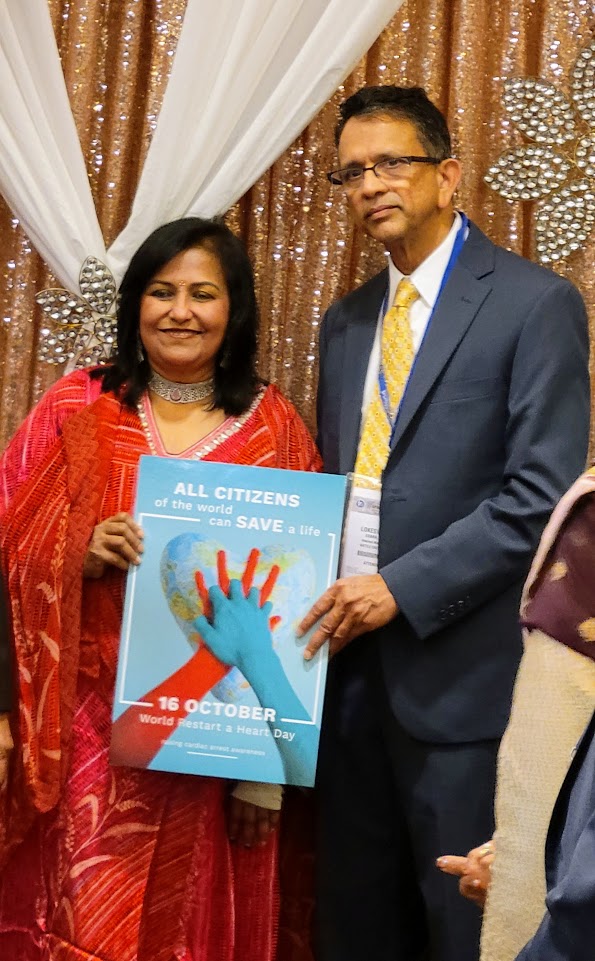
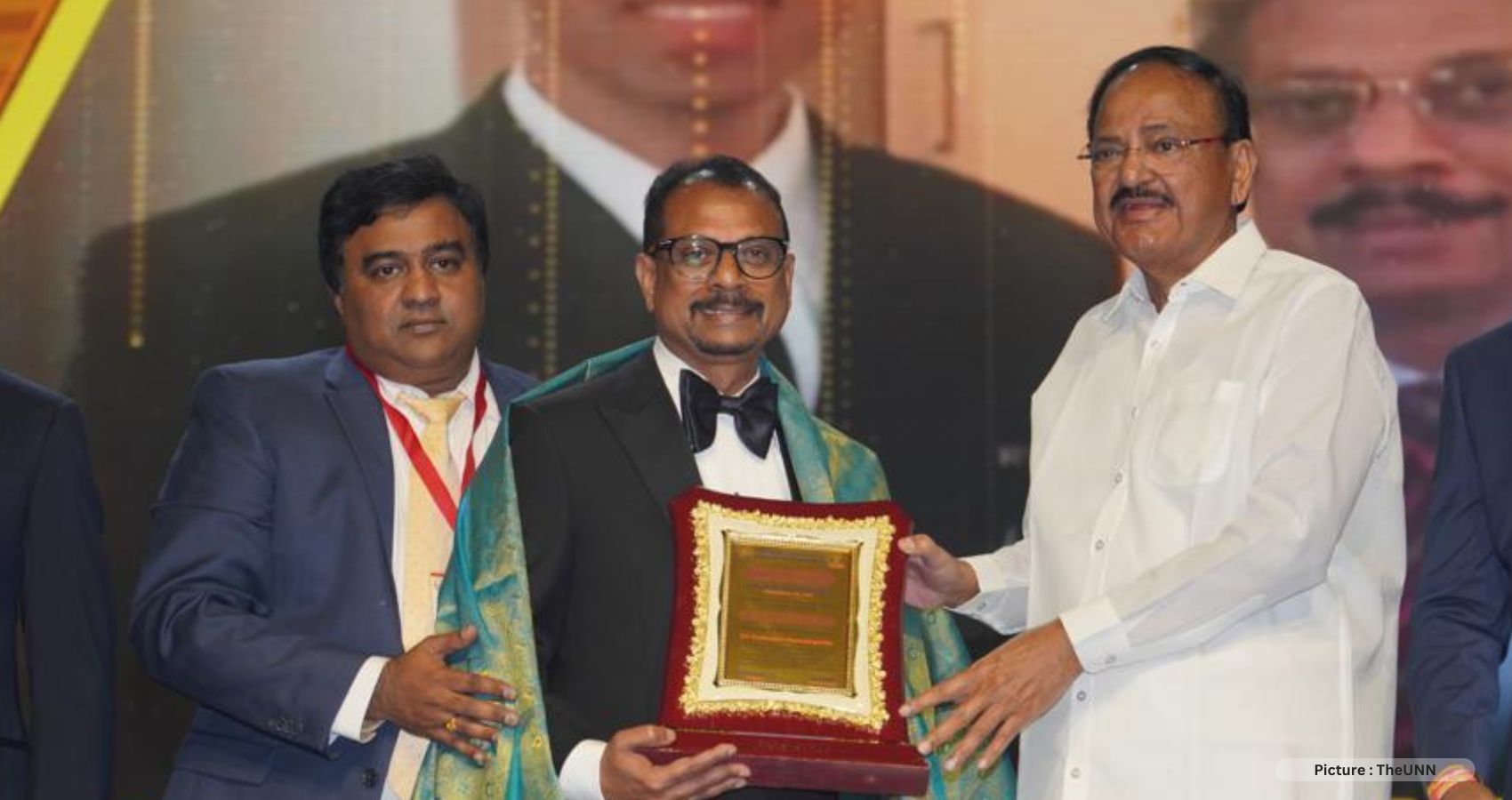
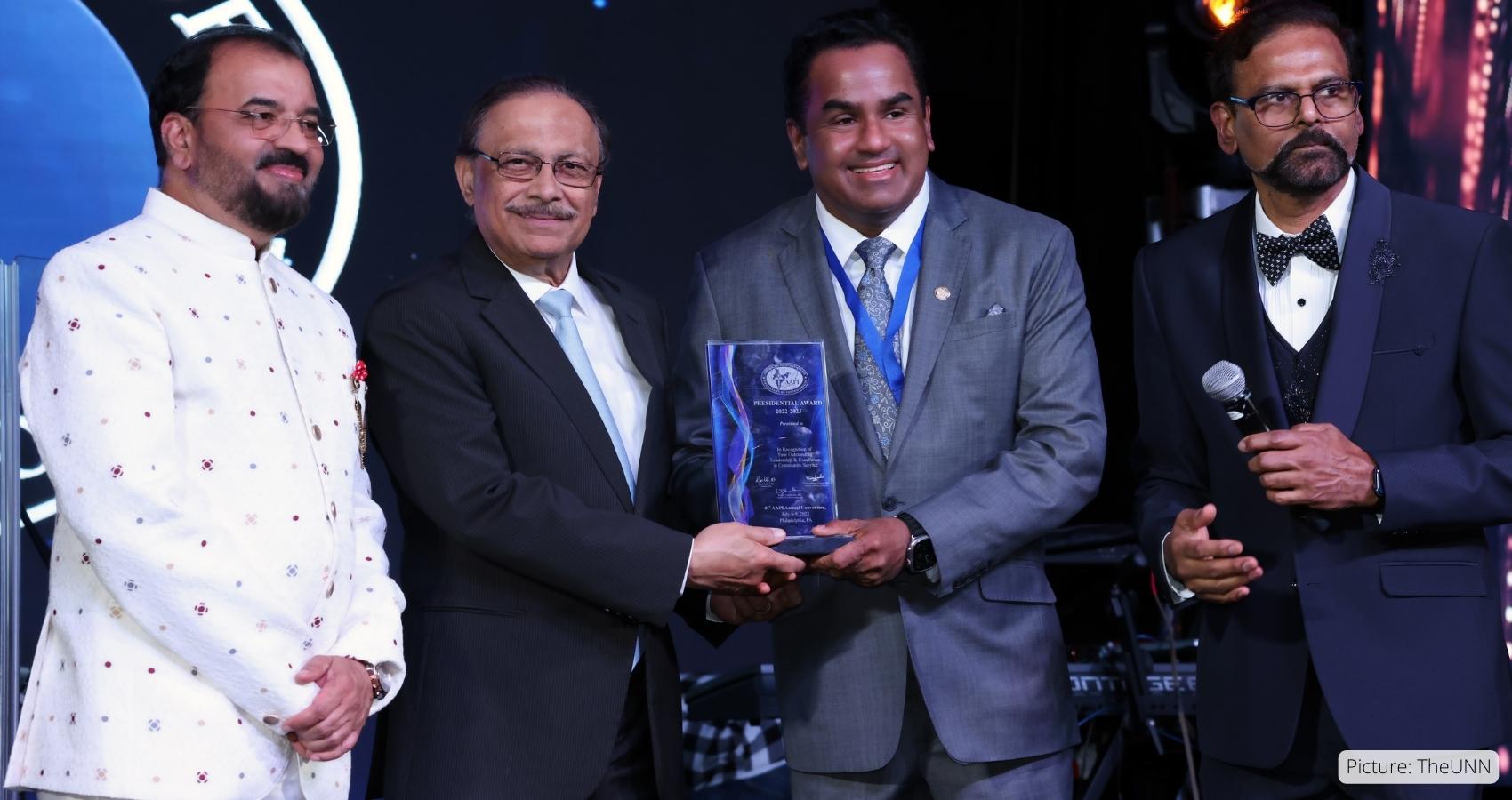
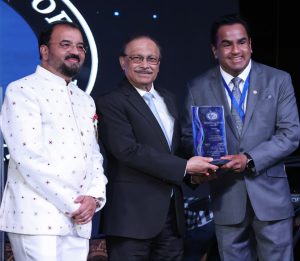 “Connecting to the brand of AAPI and its extensive US Physician network will lead to an increased visibility of pharmaceutical clinical trials here in the USA,” commented Prof. Joseph M. Chalil, MD, MBA, FACHE, an author and the Chief Strategy Officer of the American Association of Physicians of Indian Origin. He is also the Chief Medical Officer of Novo Integrated Sciences, a Nasdaq-listed company that runs hundreds of clinics in North America.
“Connecting to the brand of AAPI and its extensive US Physician network will lead to an increased visibility of pharmaceutical clinical trials here in the USA,” commented Prof. Joseph M. Chalil, MD, MBA, FACHE, an author and the Chief Strategy Officer of the American Association of Physicians of Indian Origin. He is also the Chief Medical Officer of Novo Integrated Sciences, a Nasdaq-listed company that runs hundreds of clinics in North America.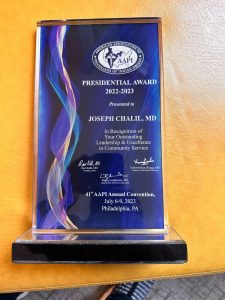 Dr. Chalil holds three US Patents, and his research includes Clinical Trial Management in Cystic Fibrosis, Multiple Myeloma, and publications in American Journal of Respiratory and Critical Care Medicine. He was the recipient of the 2013 Outstanding 50 Asian Americans in Business Award. A Visiting Professor at various universities and board member of various companies, Dr. Chalil is an expert in US Healthcare policy and a strong advocate for patient centered care. The American Association of Cardiologists of Indian Origin (AACIO) honored Dr. Chalil for his achievements in the field of Cardiology in 2013.
Dr. Chalil holds three US Patents, and his research includes Clinical Trial Management in Cystic Fibrosis, Multiple Myeloma, and publications in American Journal of Respiratory and Critical Care Medicine. He was the recipient of the 2013 Outstanding 50 Asian Americans in Business Award. A Visiting Professor at various universities and board member of various companies, Dr. Chalil is an expert in US Healthcare policy and a strong advocate for patient centered care. The American Association of Cardiologists of Indian Origin (AACIO) honored Dr. Chalil for his achievements in the field of Cardiology in 2013.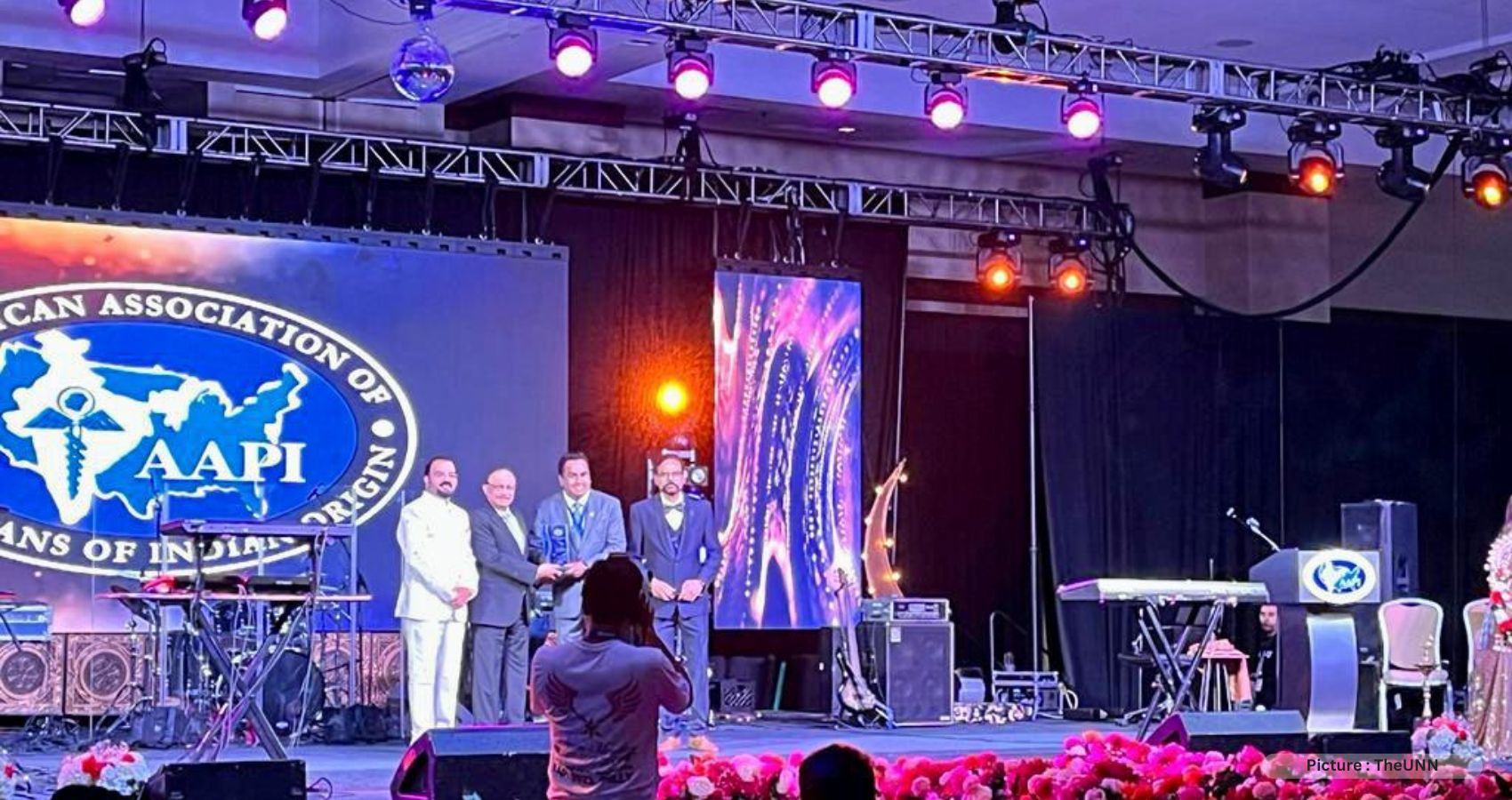
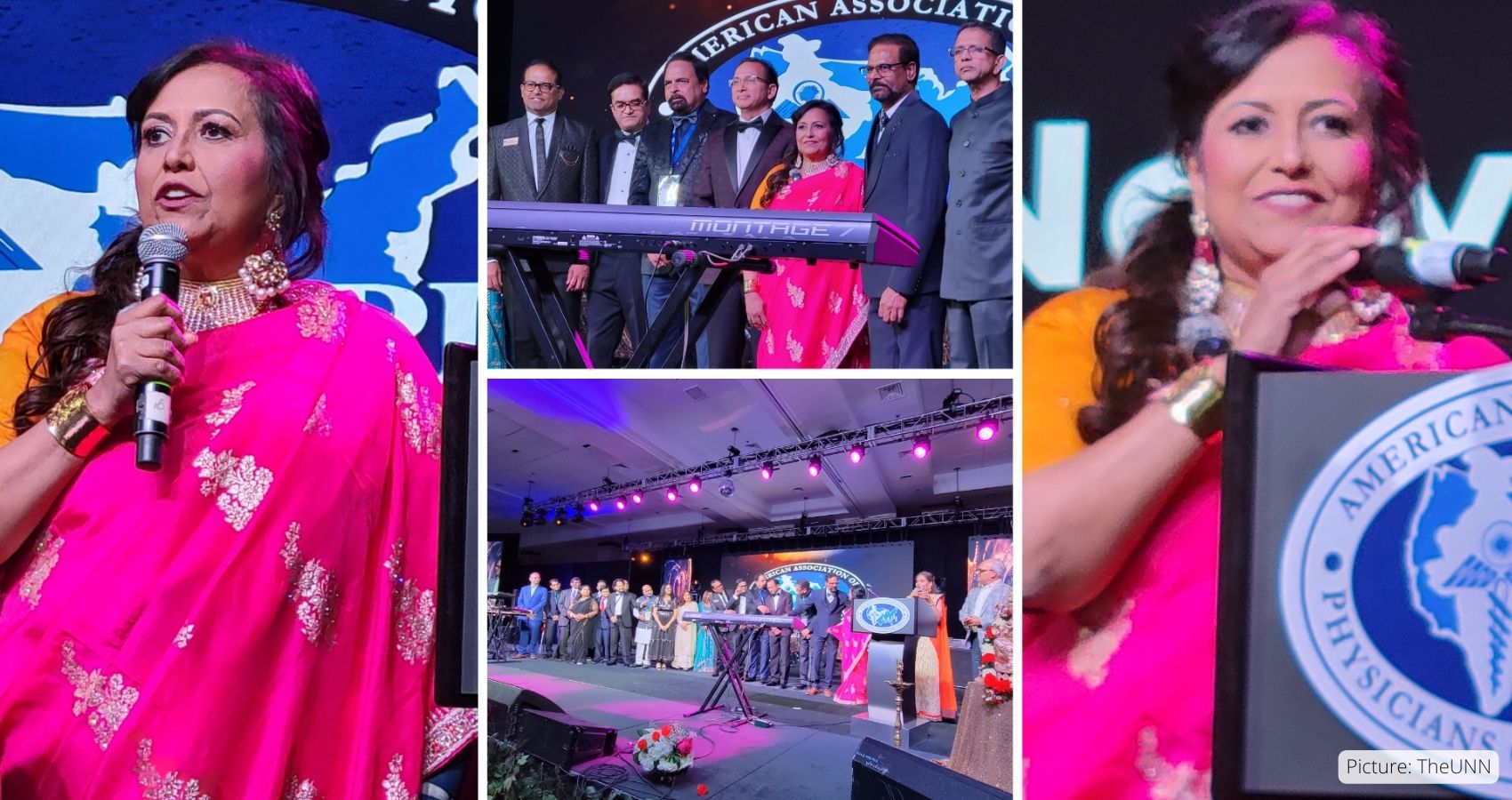
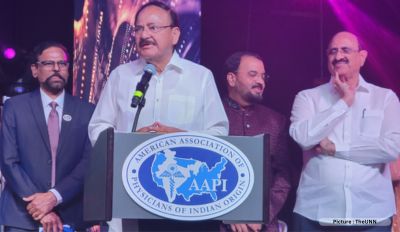 Addressing the over 1,000 delegates from around the nation, Dr. Ravi Kolli, Immediate past President of AAPI spoke about the origins of AAOI 41 years ago and how the physicians of Indian origin have been sought after for their excellence in Medicine. “I applaud you and thank you for your support all through the year. And your presence here with your blessing and your goodwill and warm wishes for the successful 41st Ave annual convention here in our brother City of Brotherly Love Philadelphia,” Dr. Kolli said.
Addressing the over 1,000 delegates from around the nation, Dr. Ravi Kolli, Immediate past President of AAPI spoke about the origins of AAOI 41 years ago and how the physicians of Indian origin have been sought after for their excellence in Medicine. “I applaud you and thank you for your support all through the year. And your presence here with your blessing and your goodwill and warm wishes for the successful 41st Ave annual convention here in our brother City of Brotherly Love Philadelphia,” Dr. Kolli said.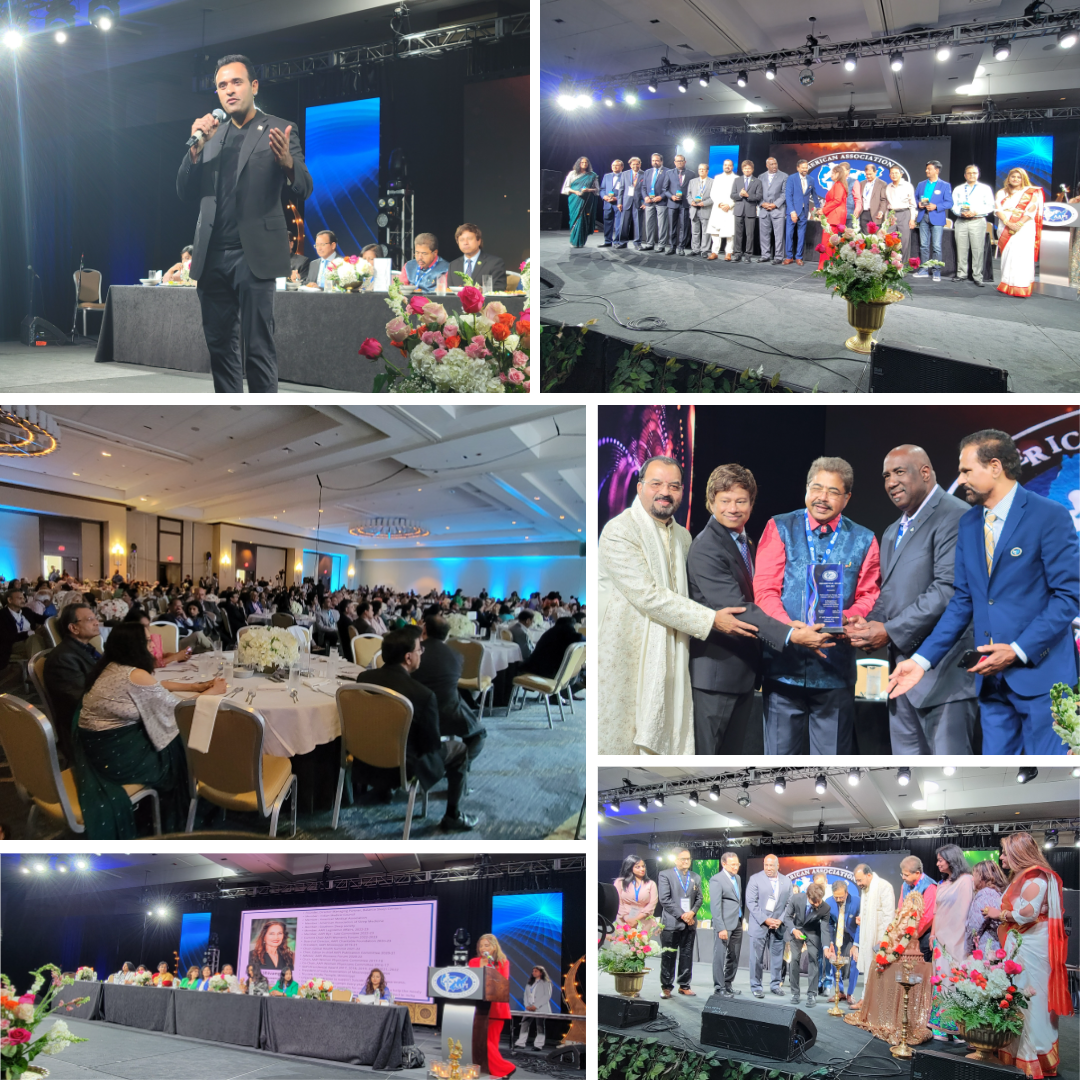
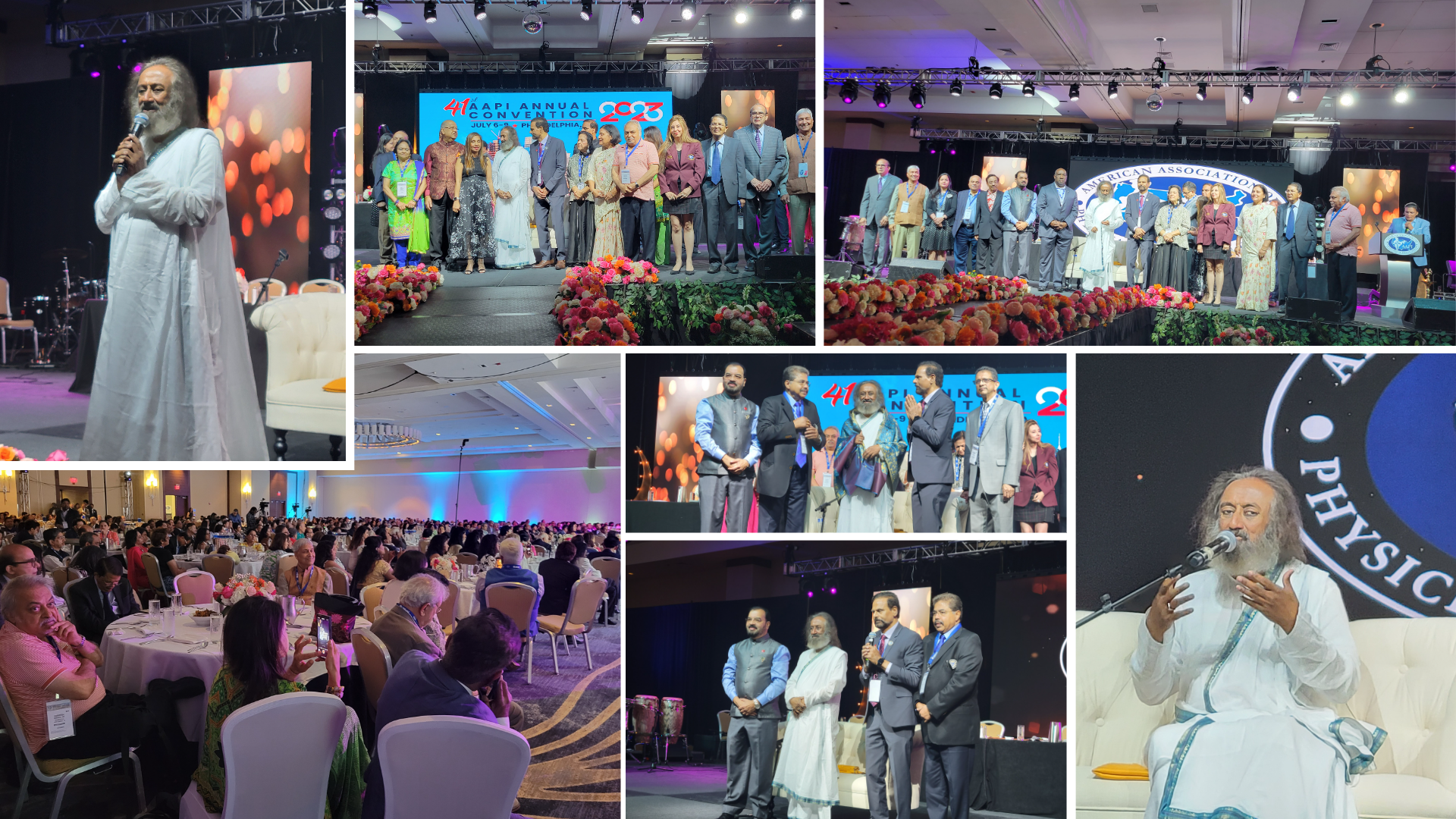
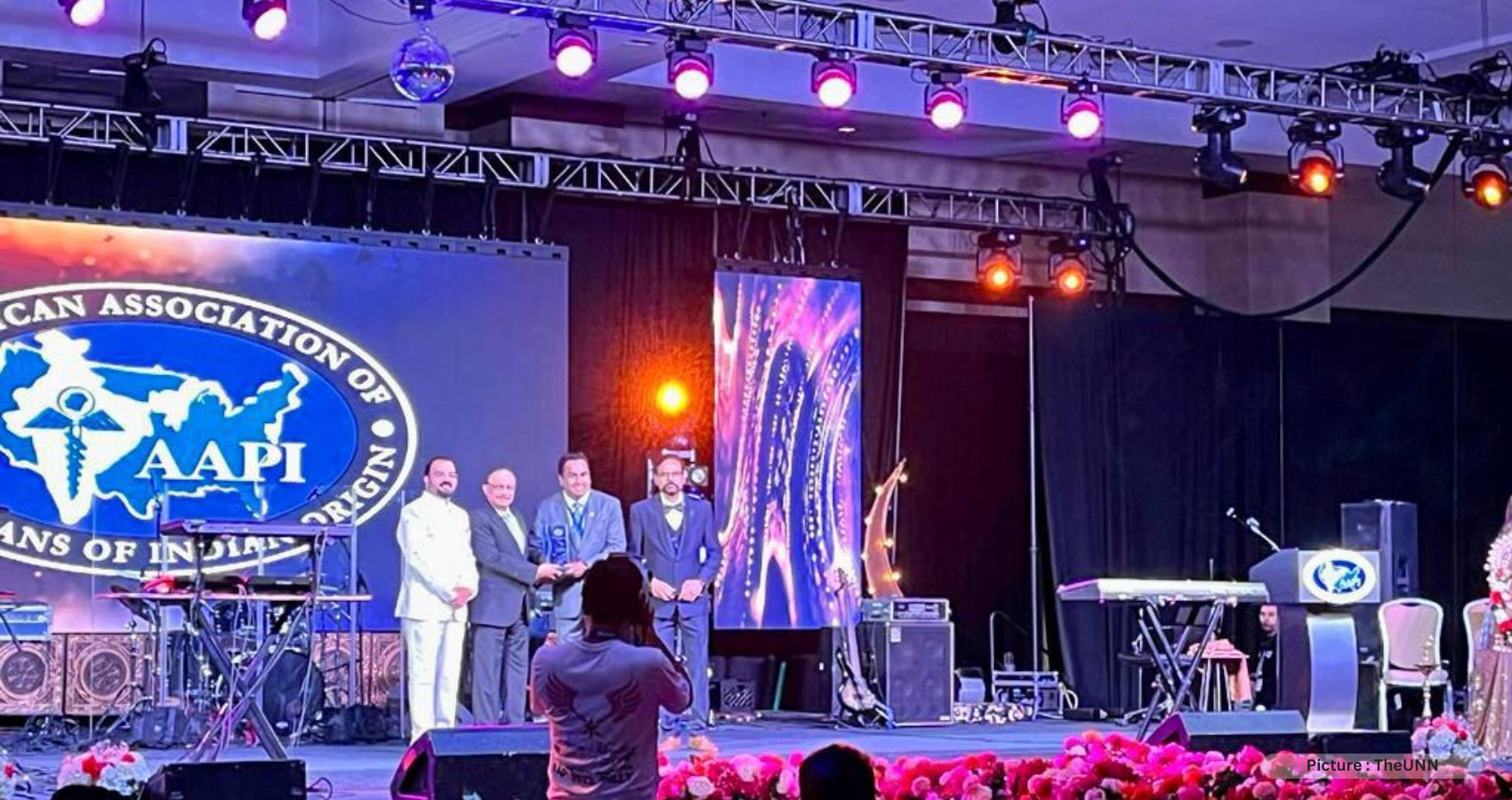
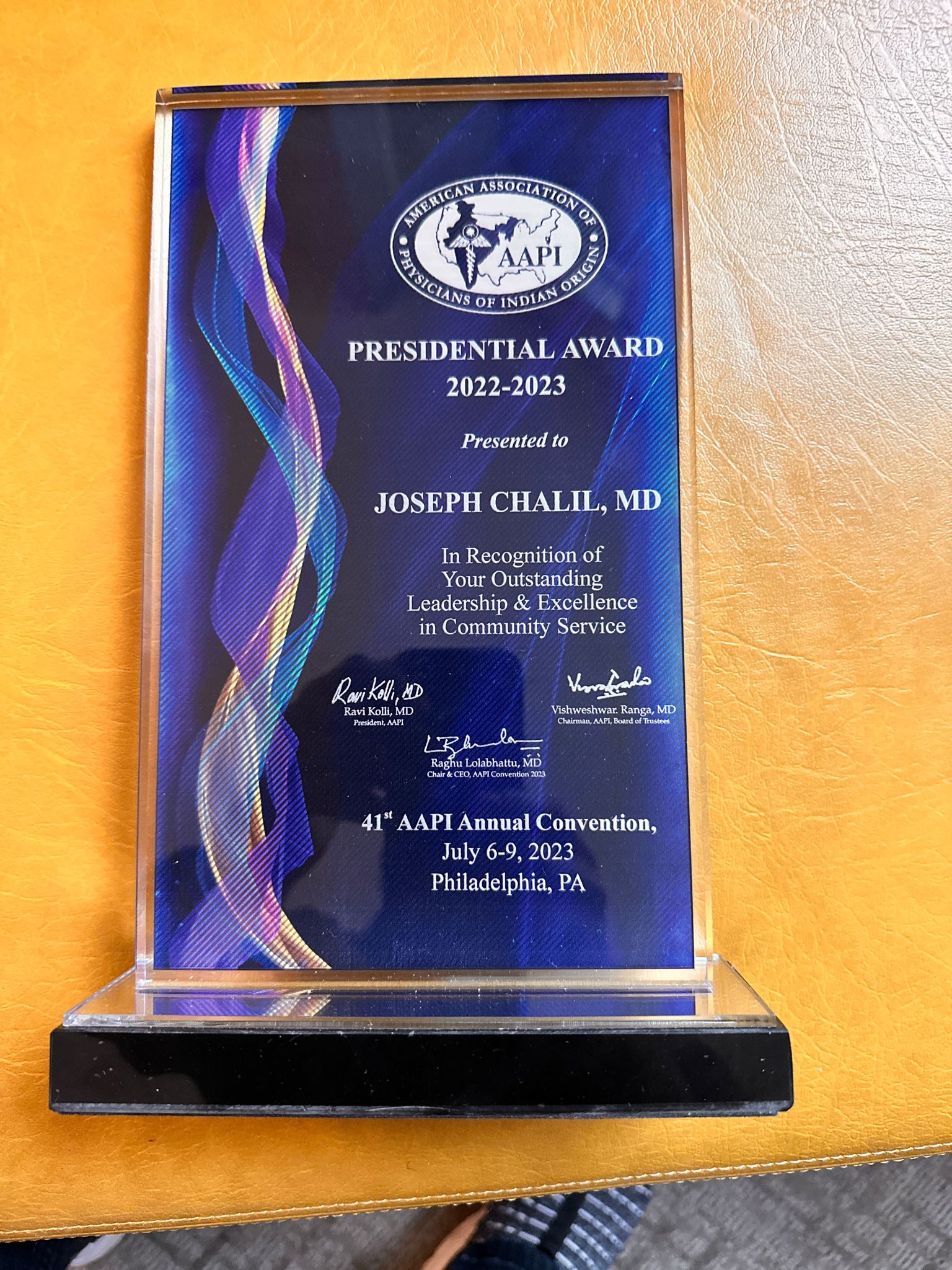
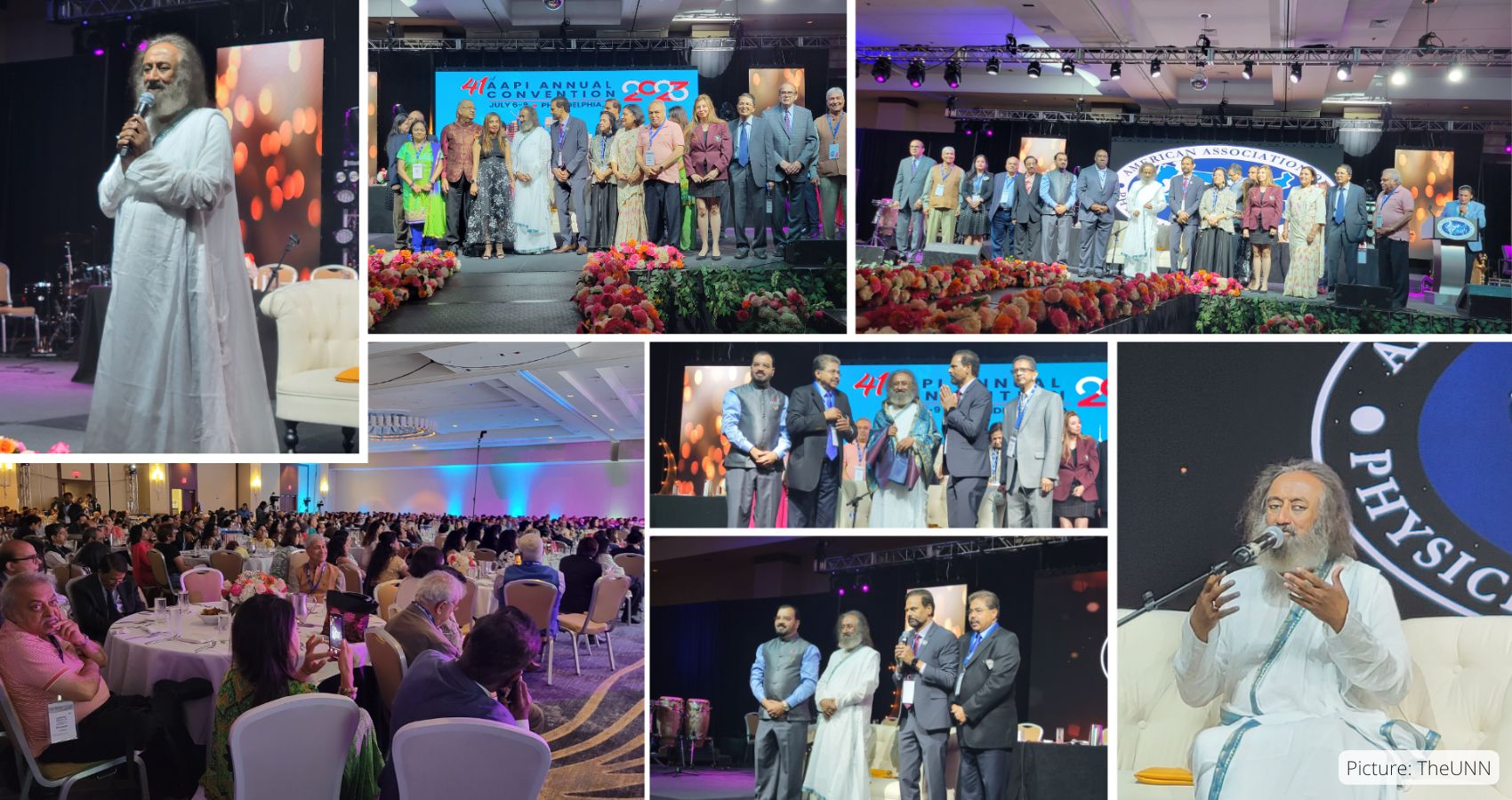
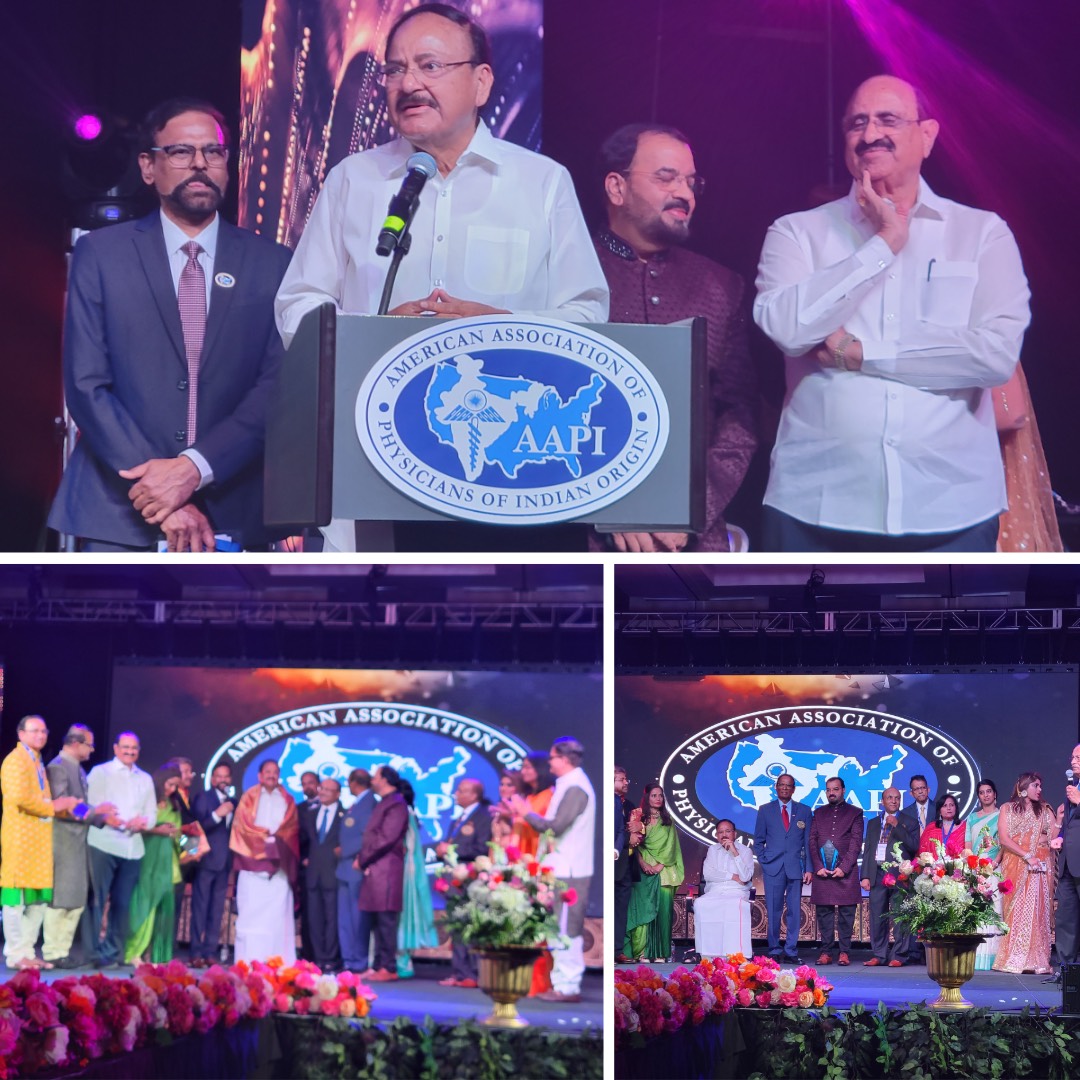
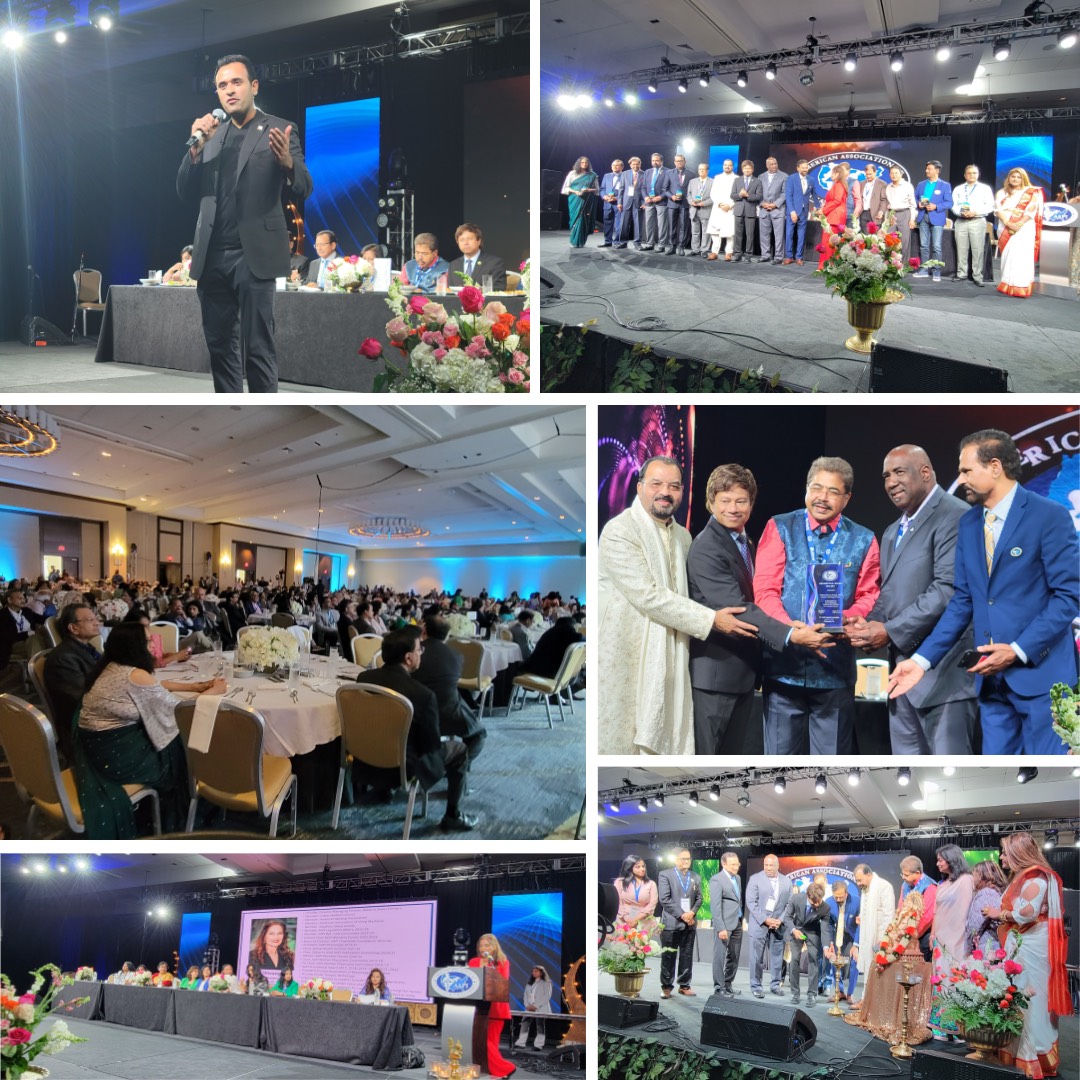
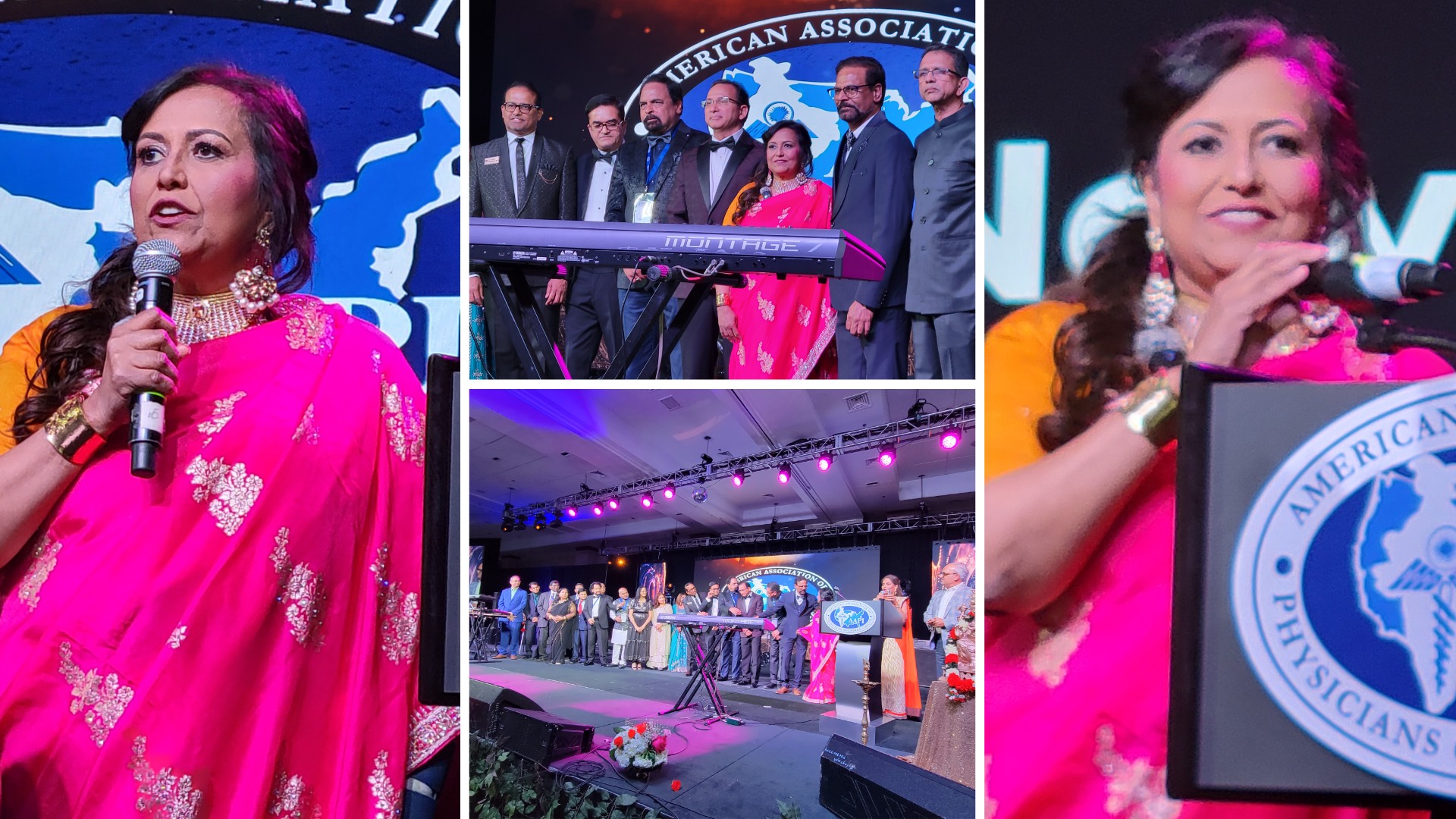
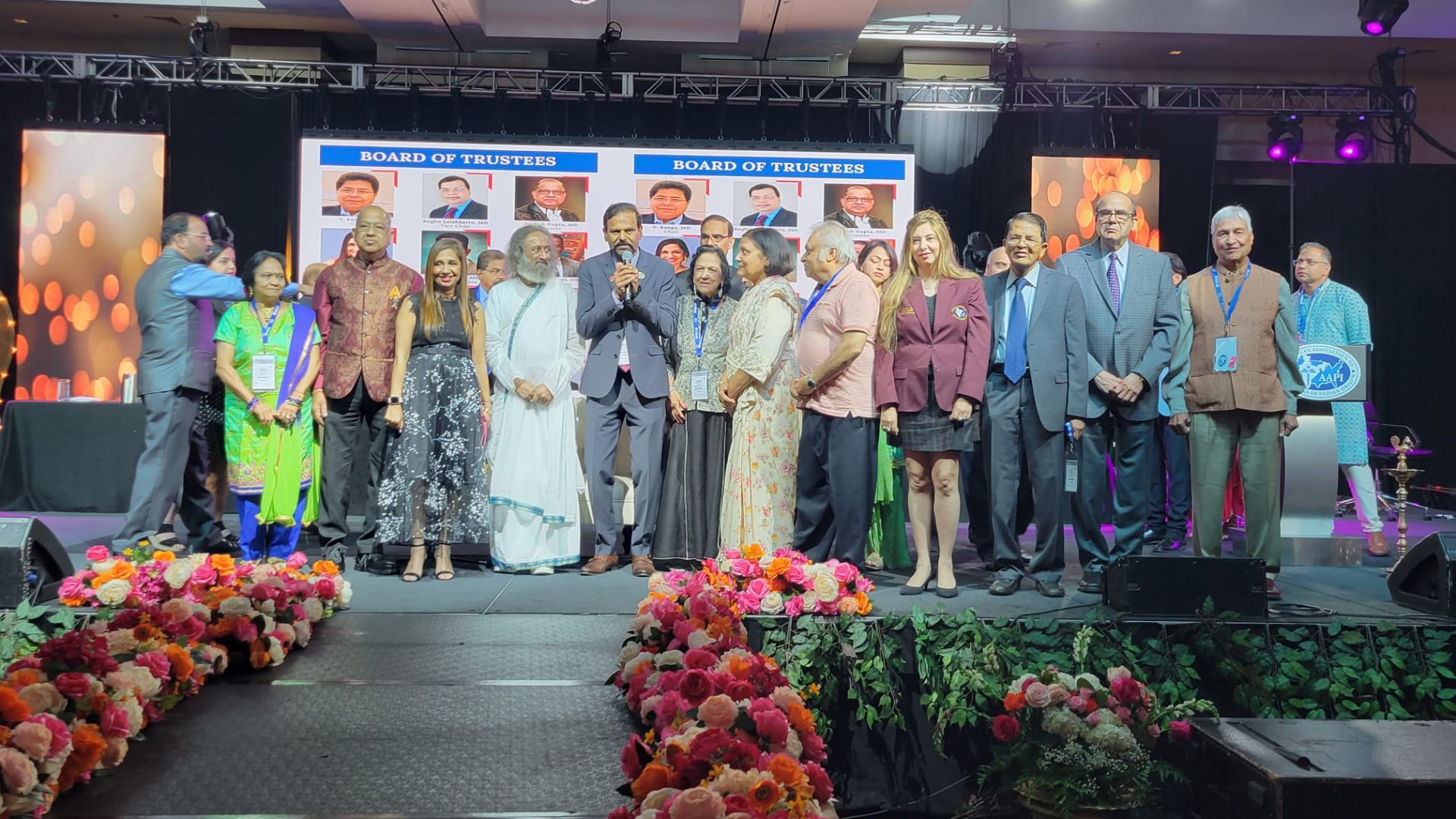

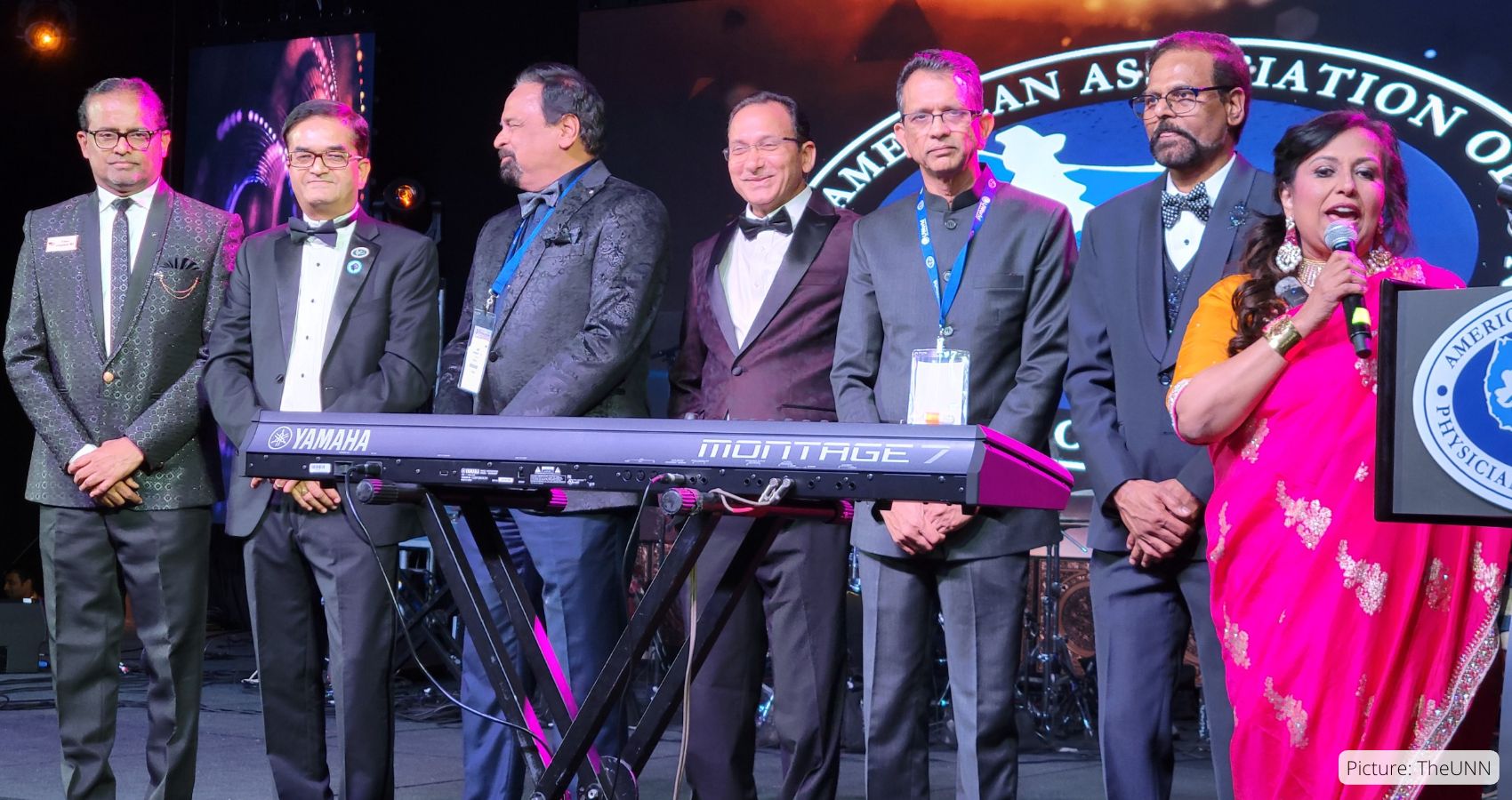
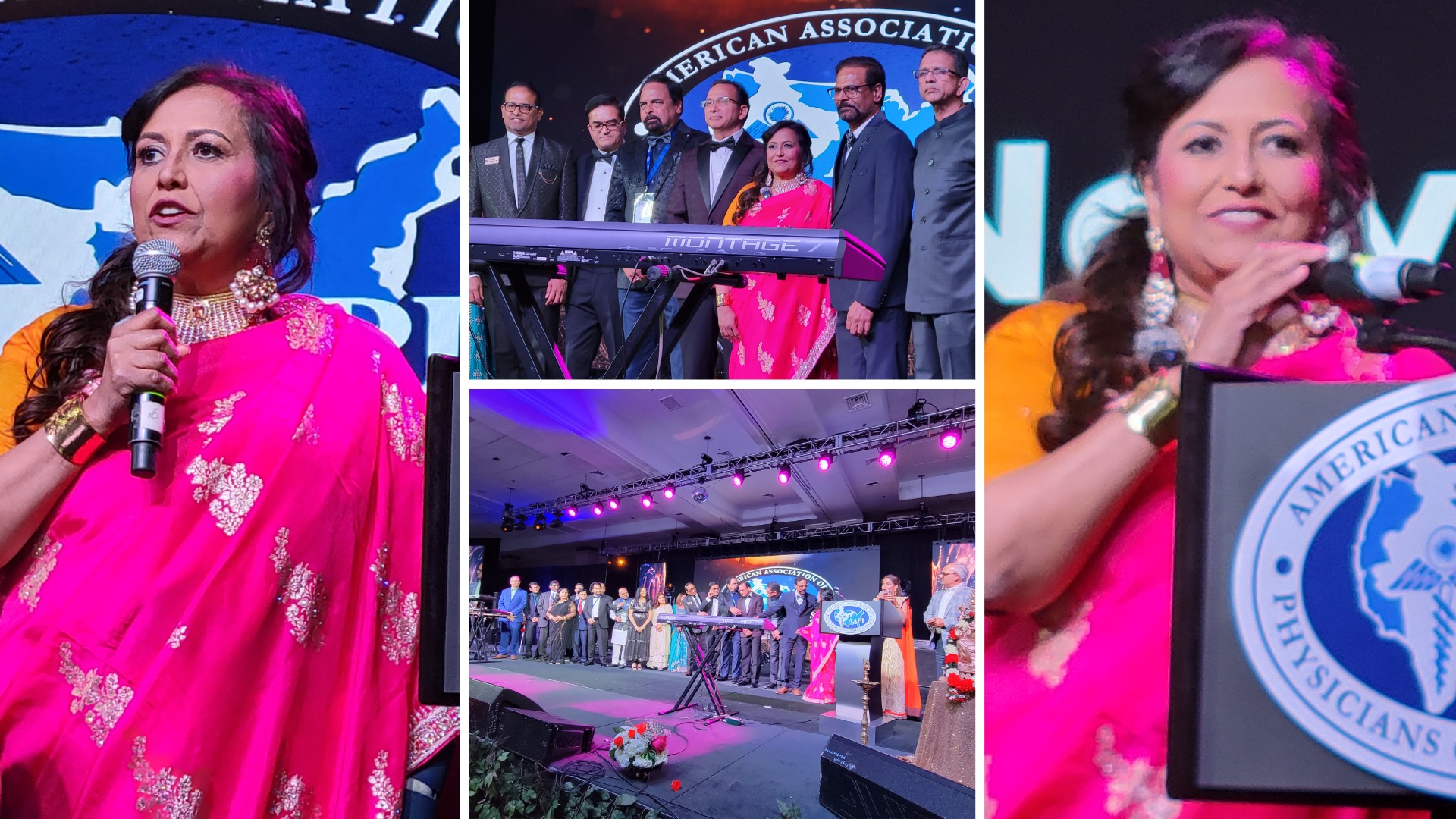
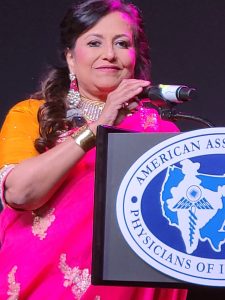 The Columbus AAPI Convention team has echoed her sentiments, It said, “We have personally known and worked closely with Dr. Anjana Samadder. She has great leadership qualities which she proved during her tenure as local chapter President (Central Ohio), Regional Director (Ohio and Michigan) and as AAPI National Treasurer. She has also served diligently in different capacities within AAPI including being National Coordinator for AAPI Annual Convention, 2018 in Columbus.
The Columbus AAPI Convention team has echoed her sentiments, It said, “We have personally known and worked closely with Dr. Anjana Samadder. She has great leadership qualities which she proved during her tenure as local chapter President (Central Ohio), Regional Director (Ohio and Michigan) and as AAPI National Treasurer. She has also served diligently in different capacities within AAPI including being National Coordinator for AAPI Annual Convention, 2018 in Columbus.